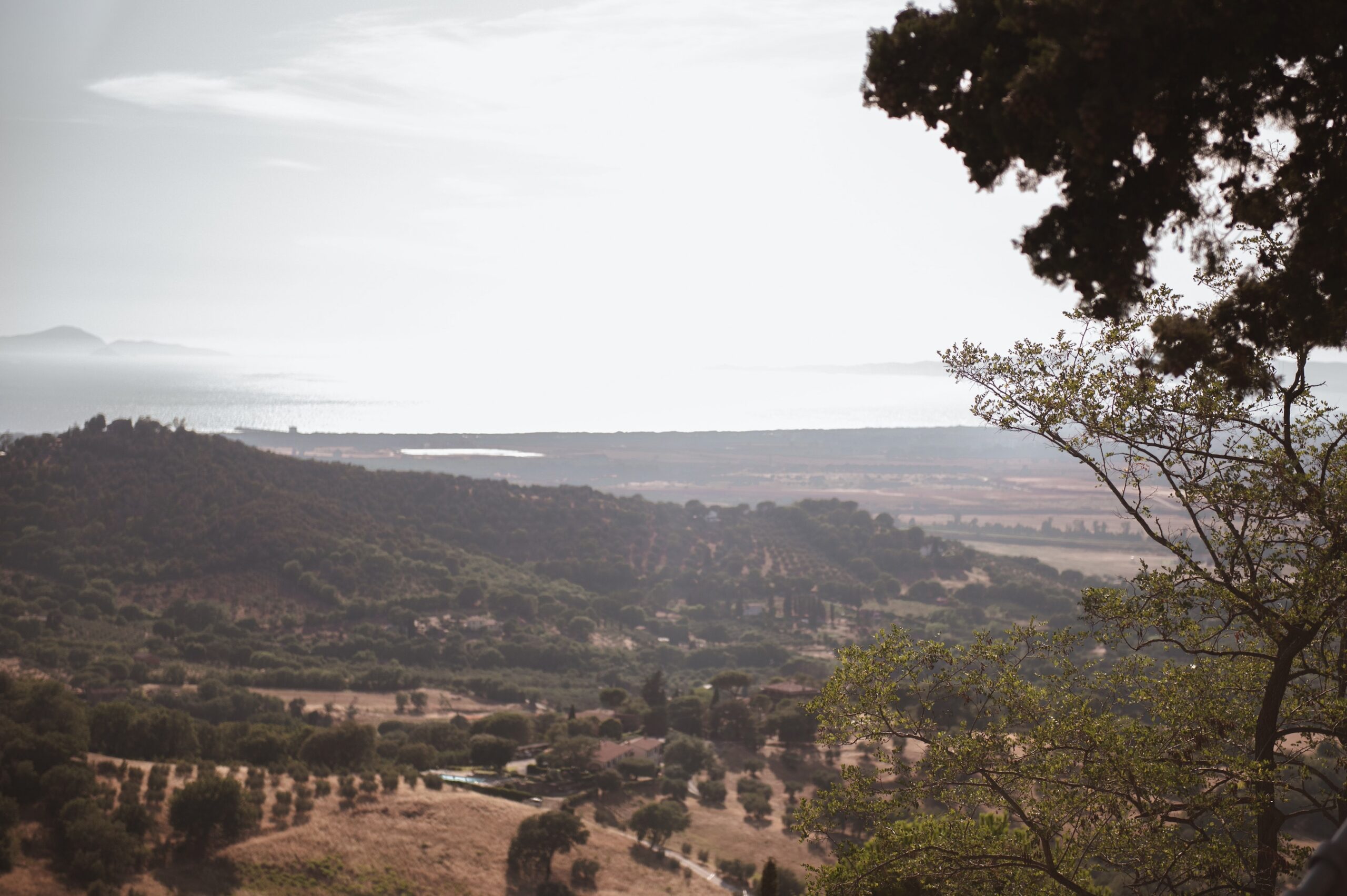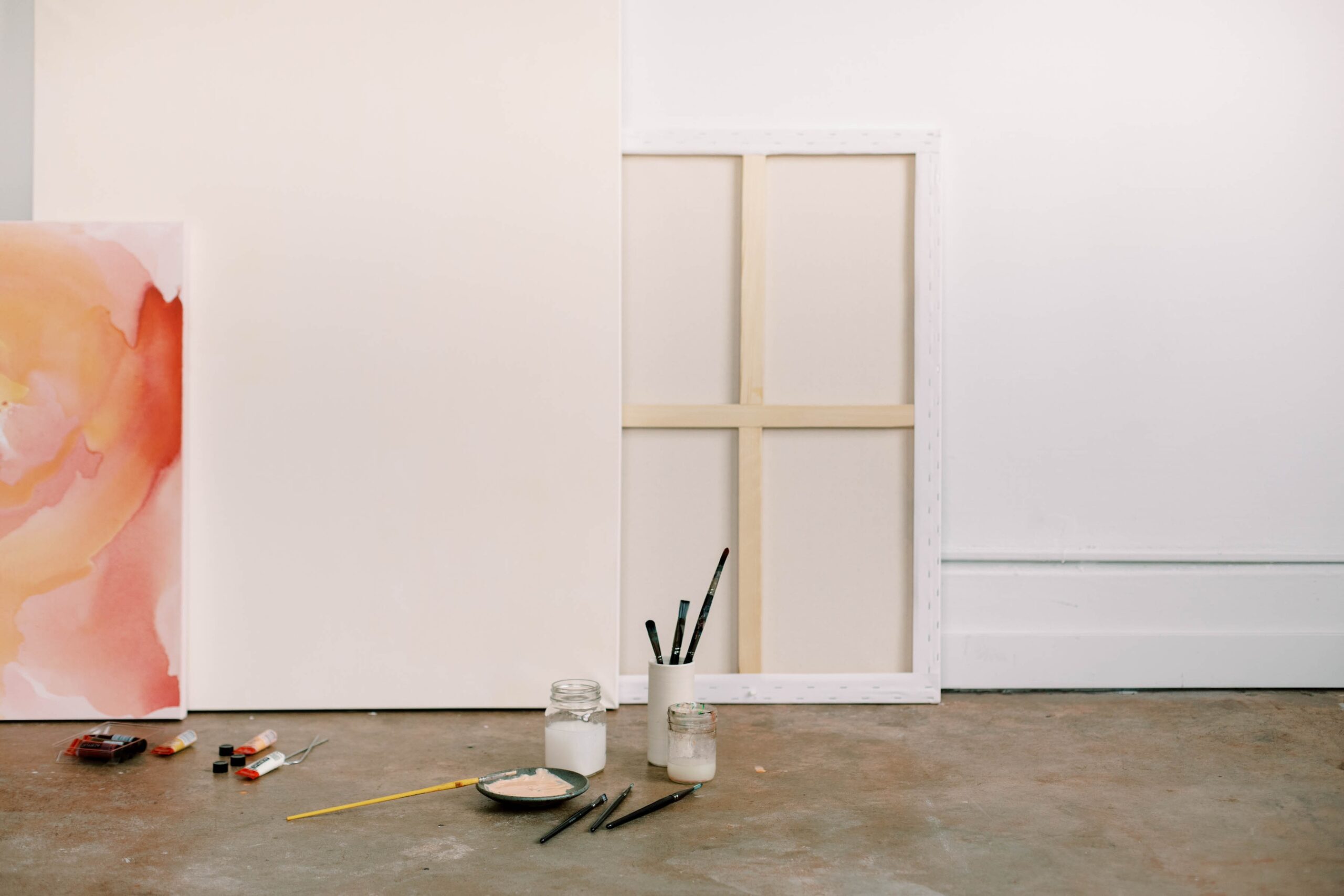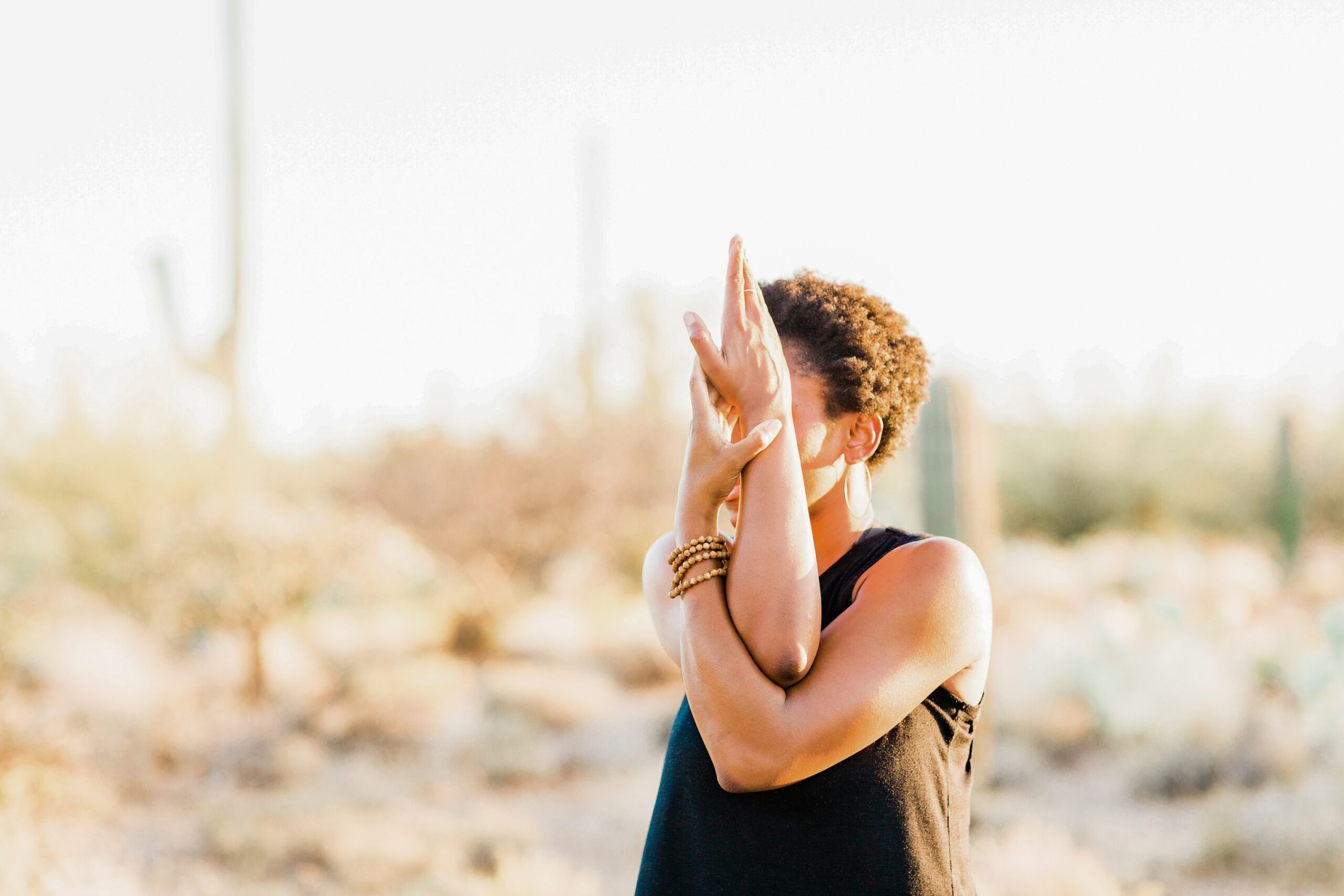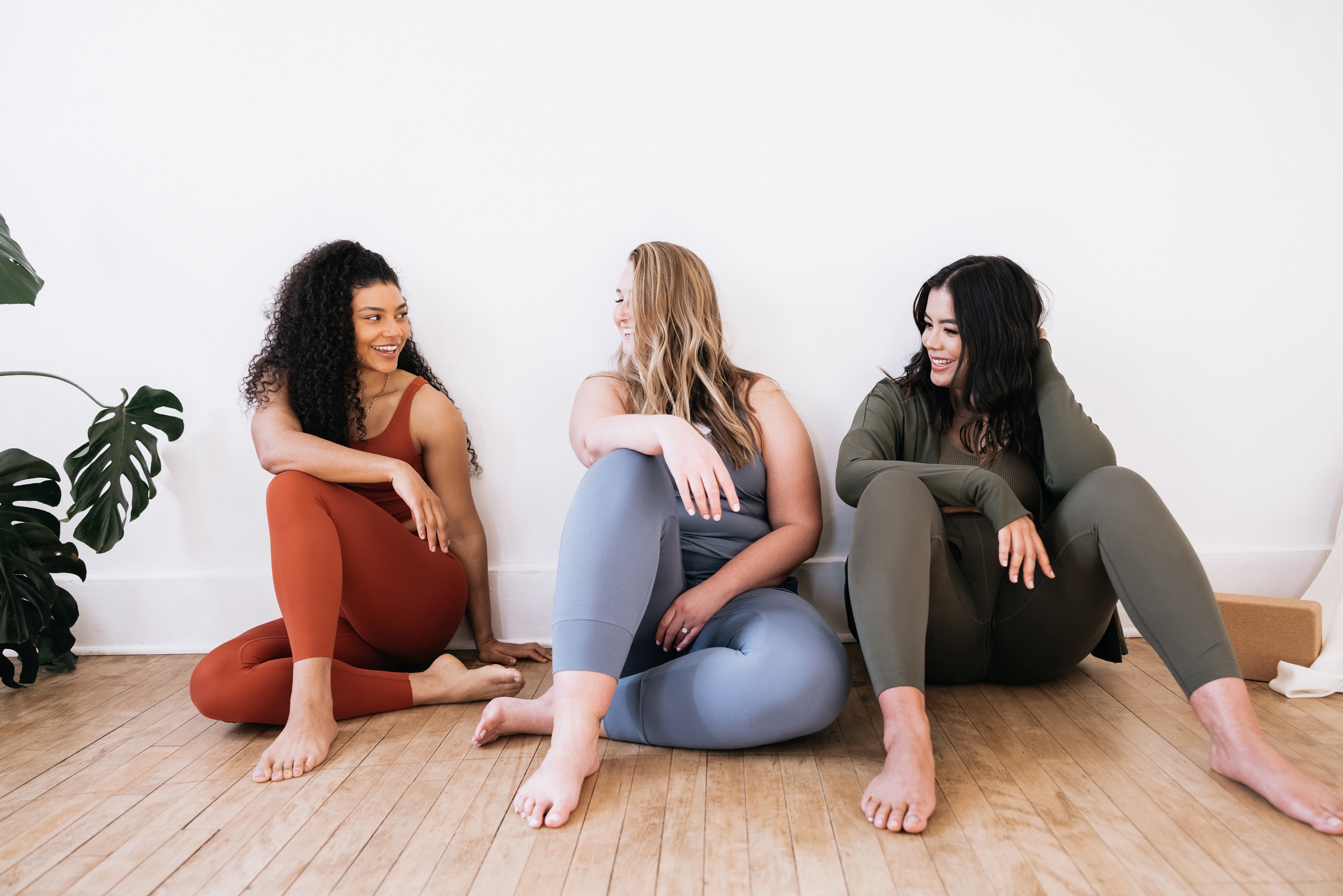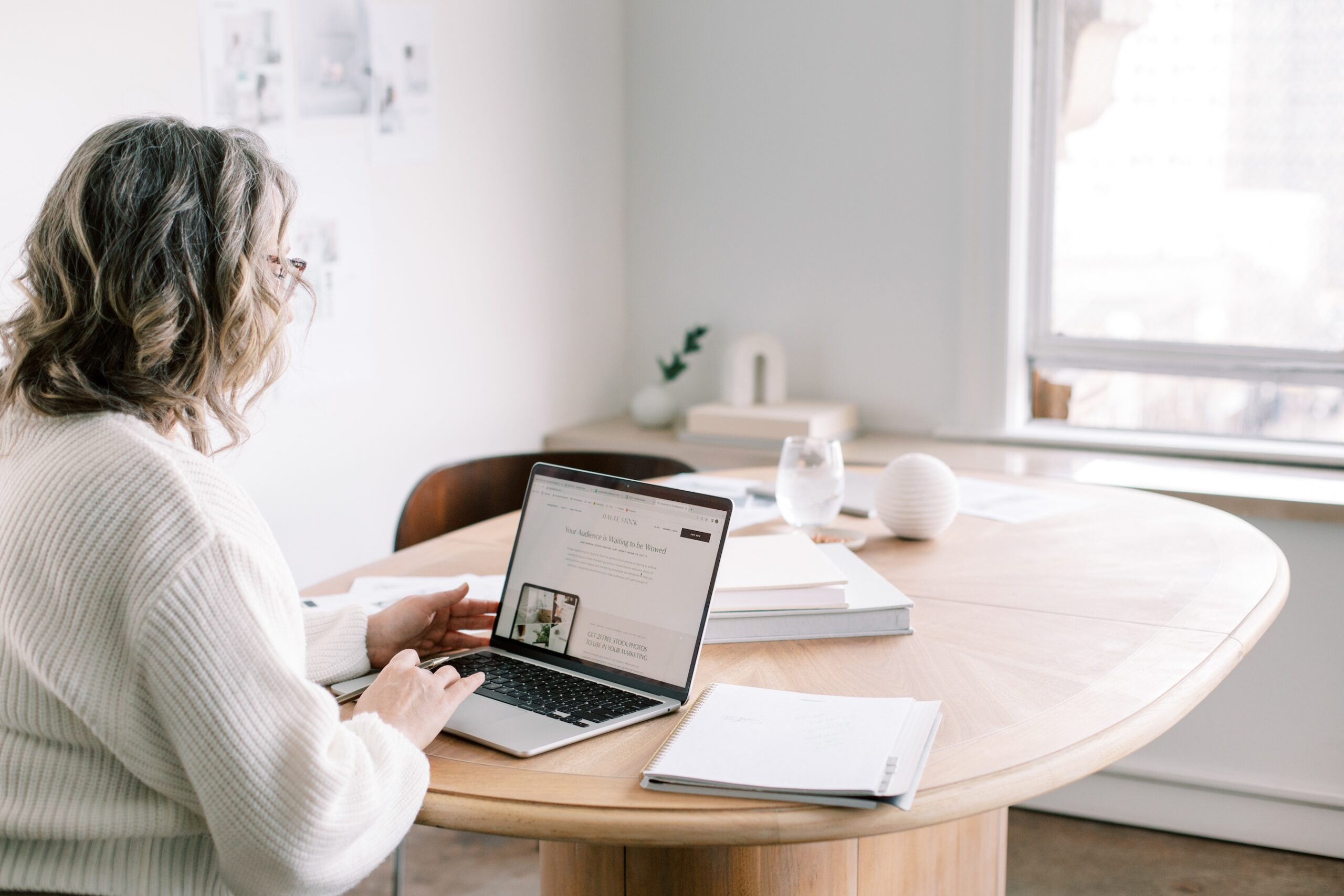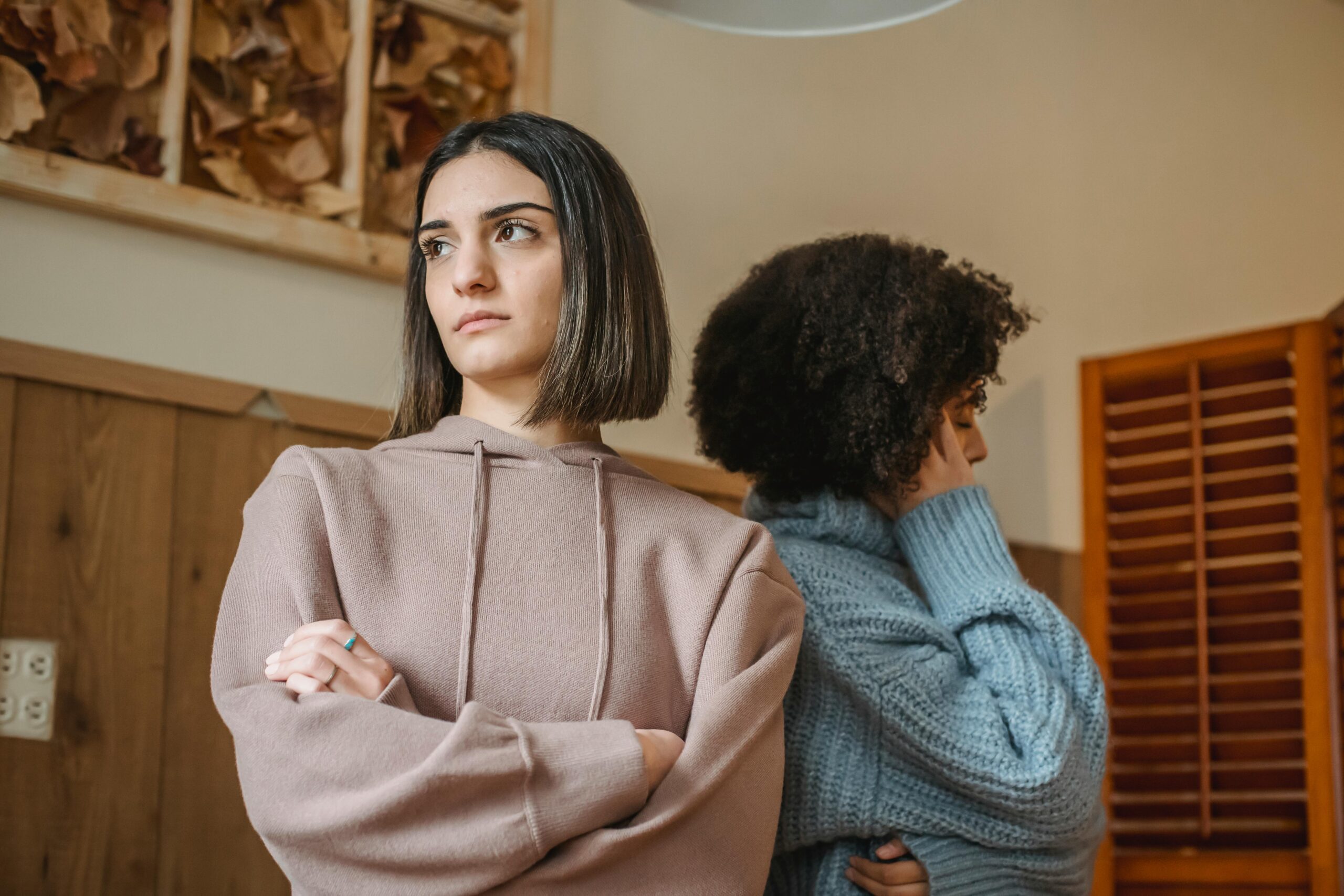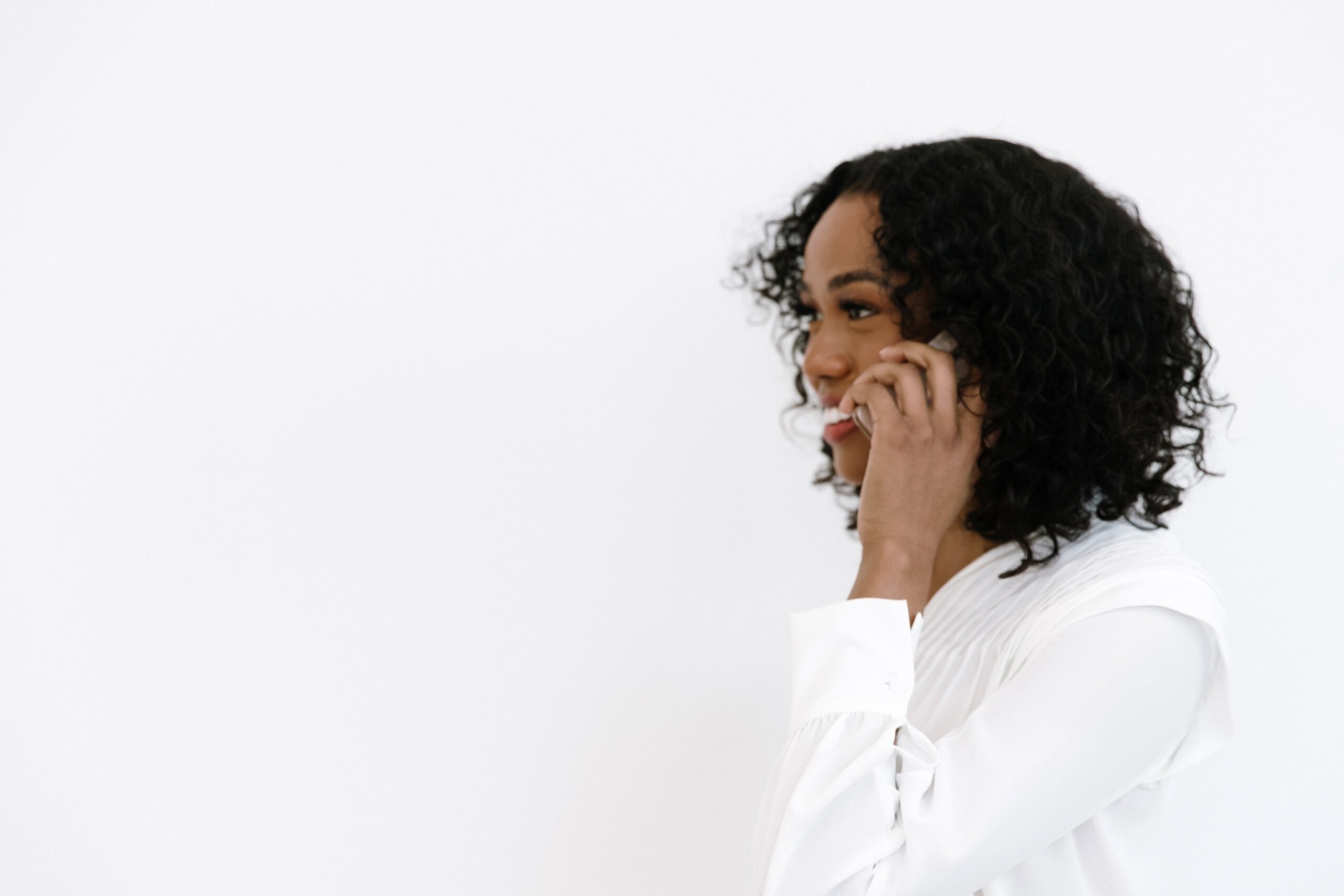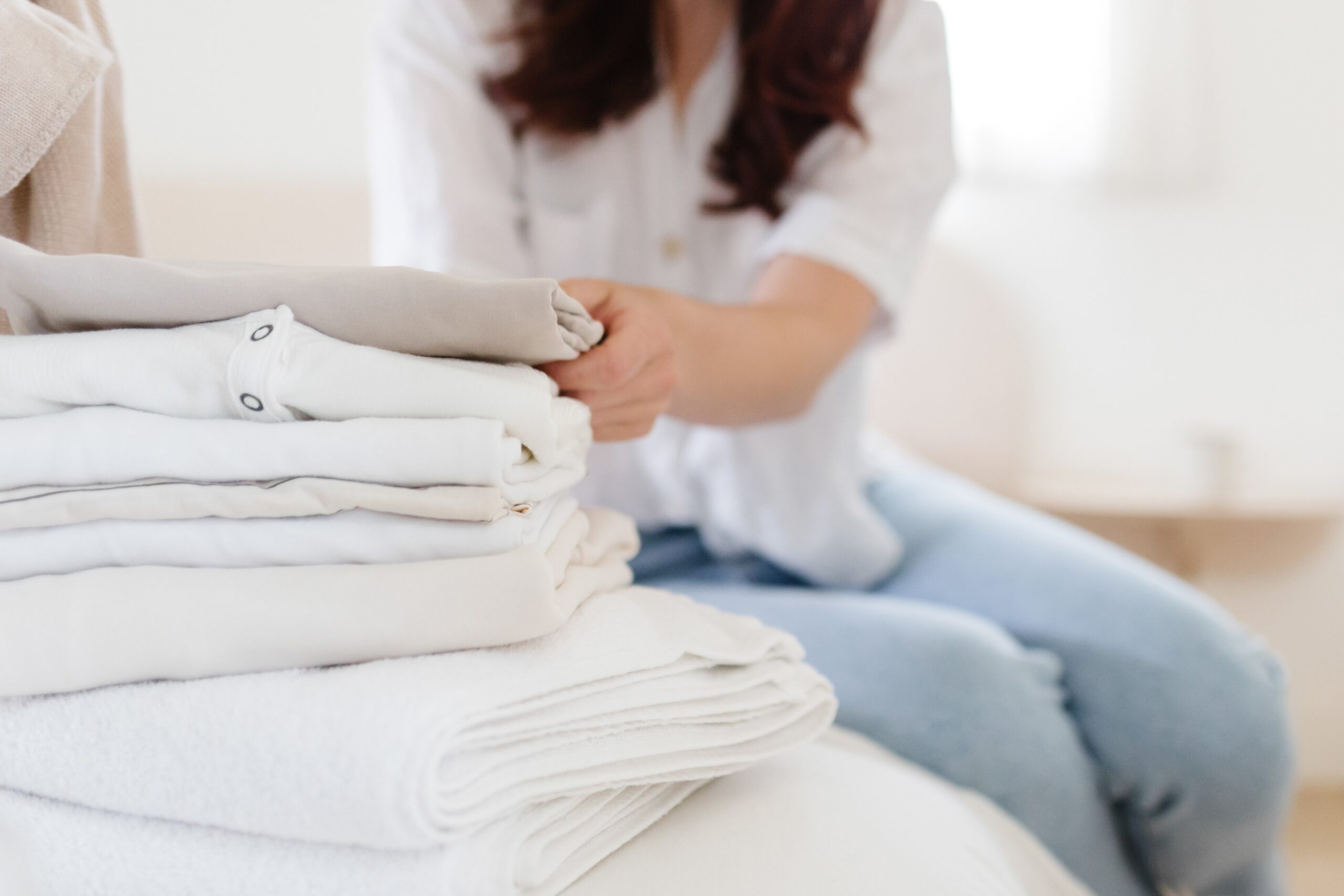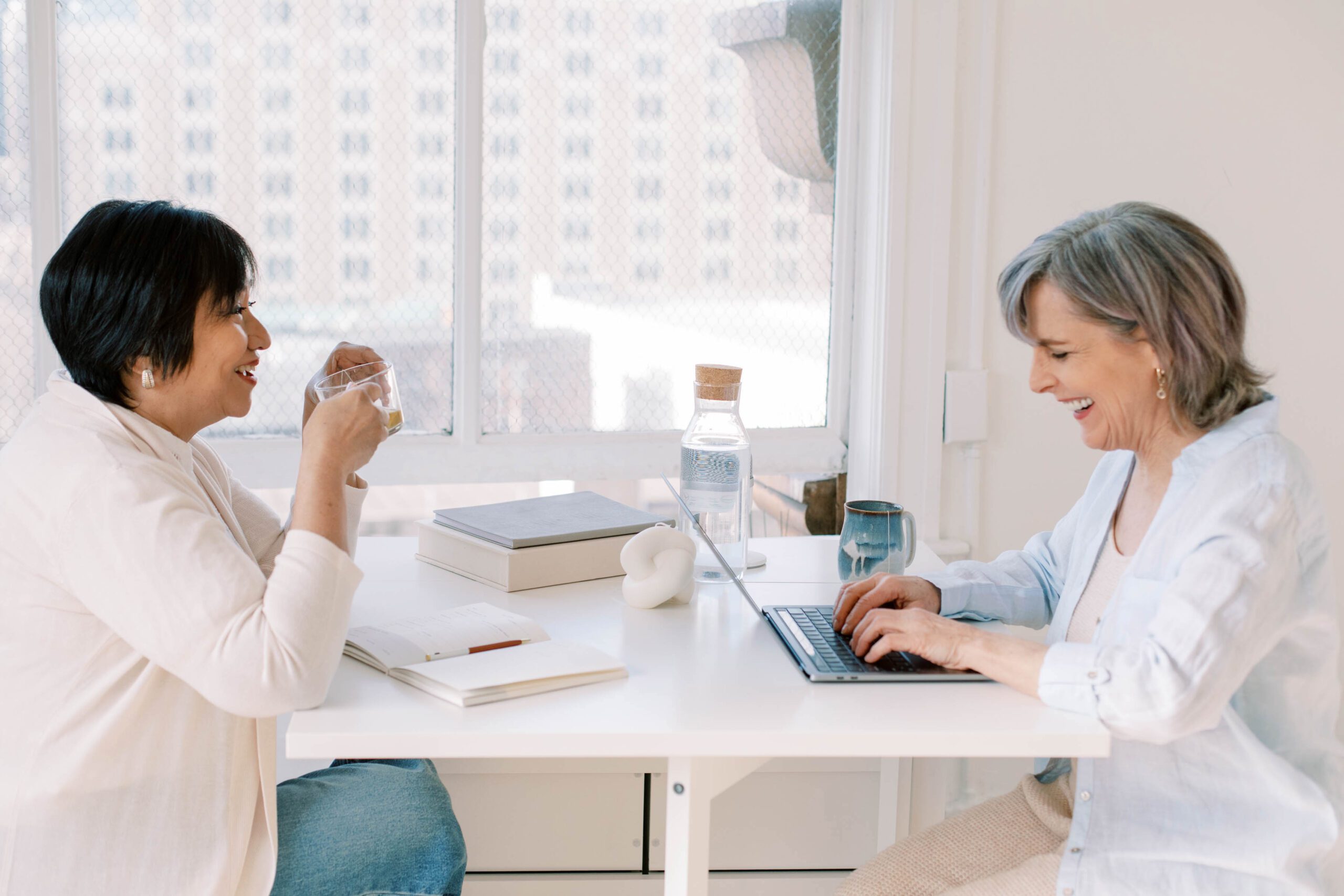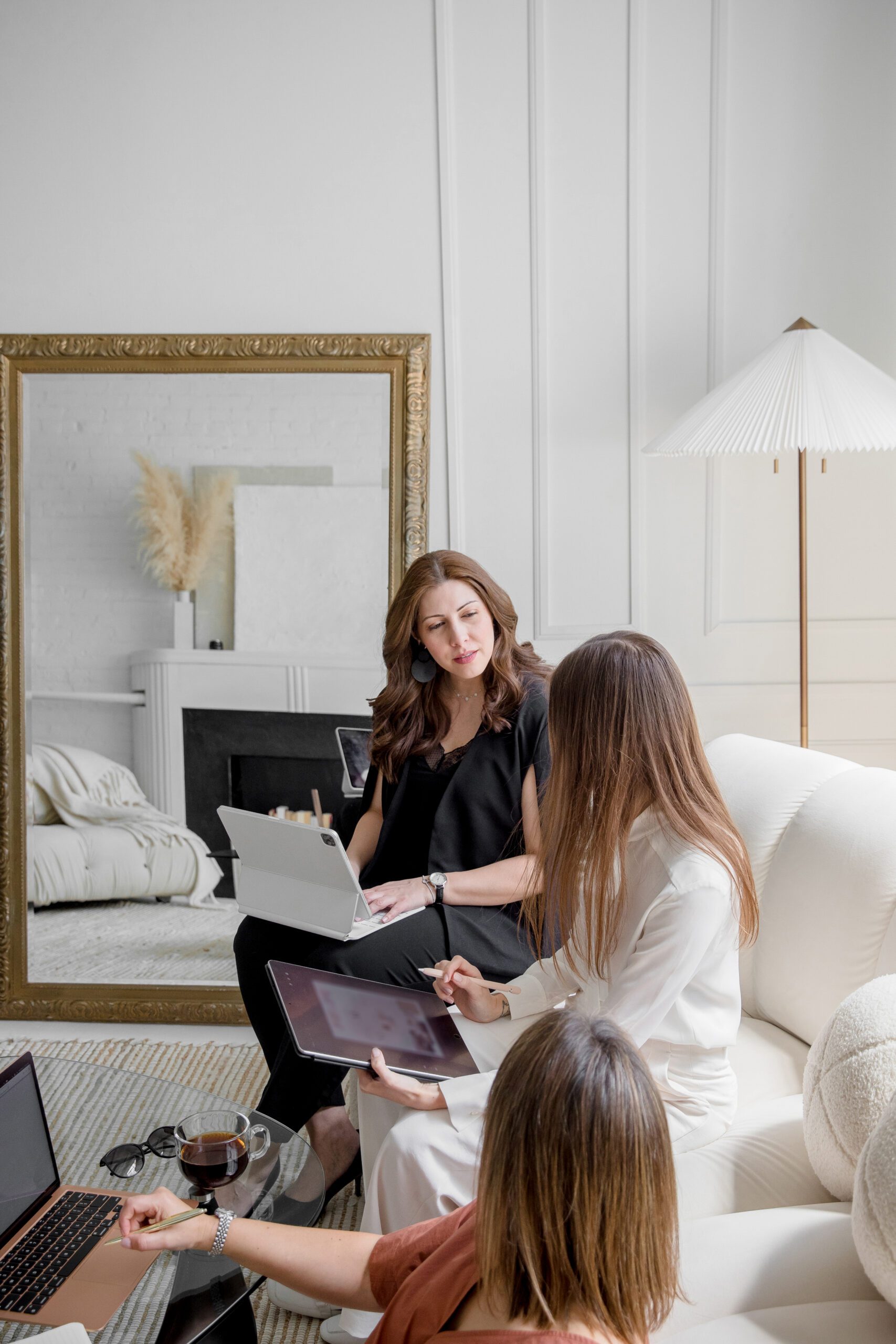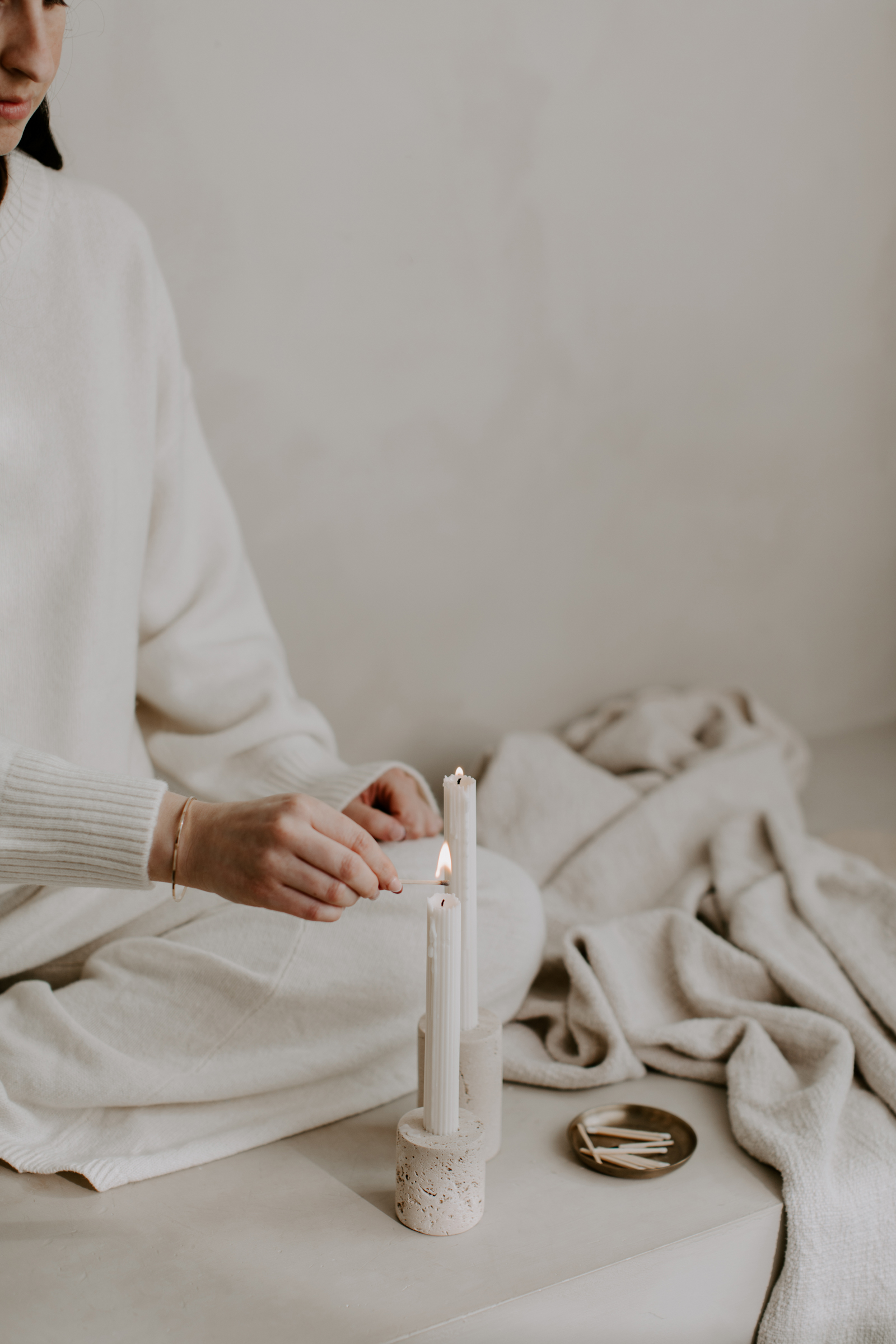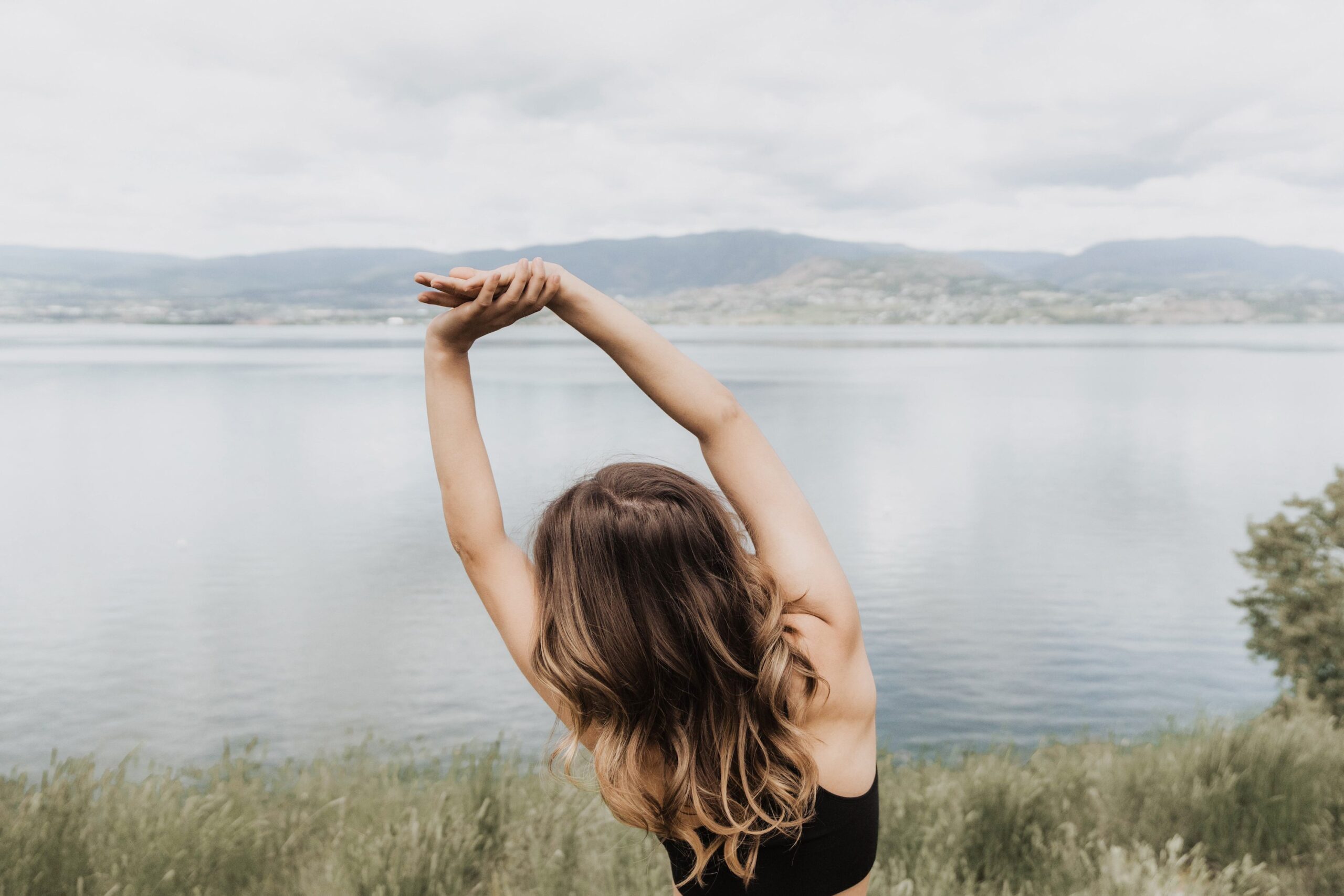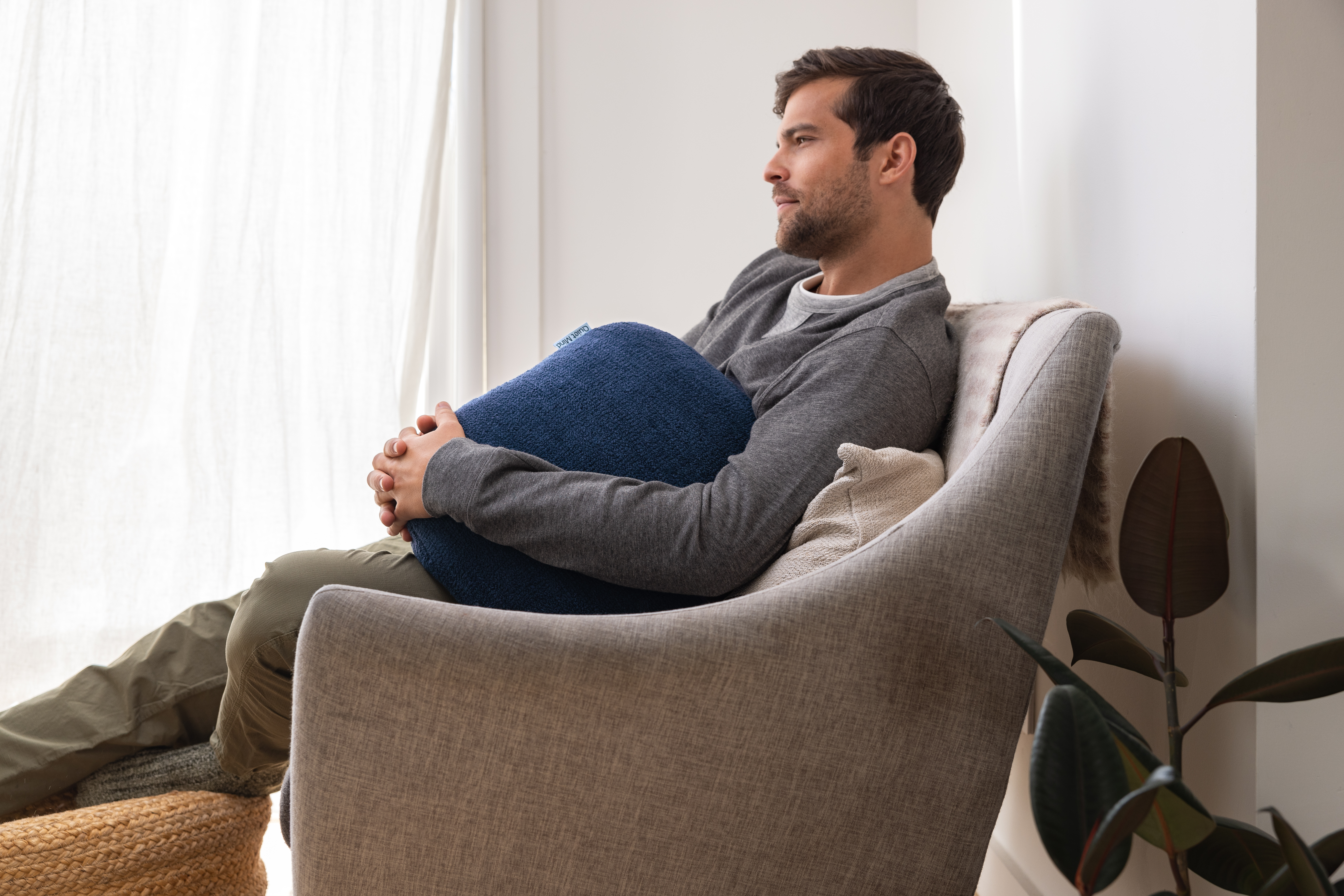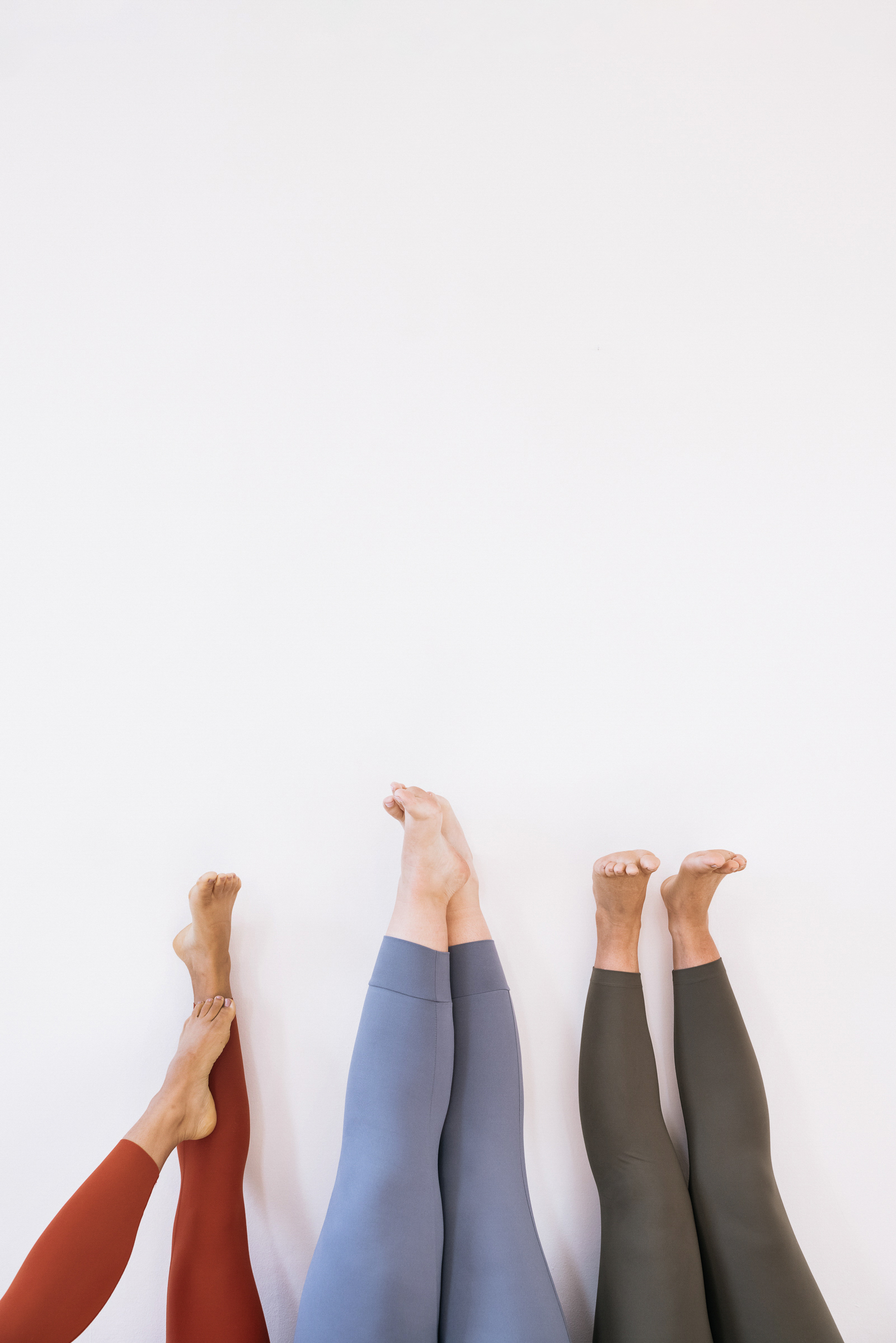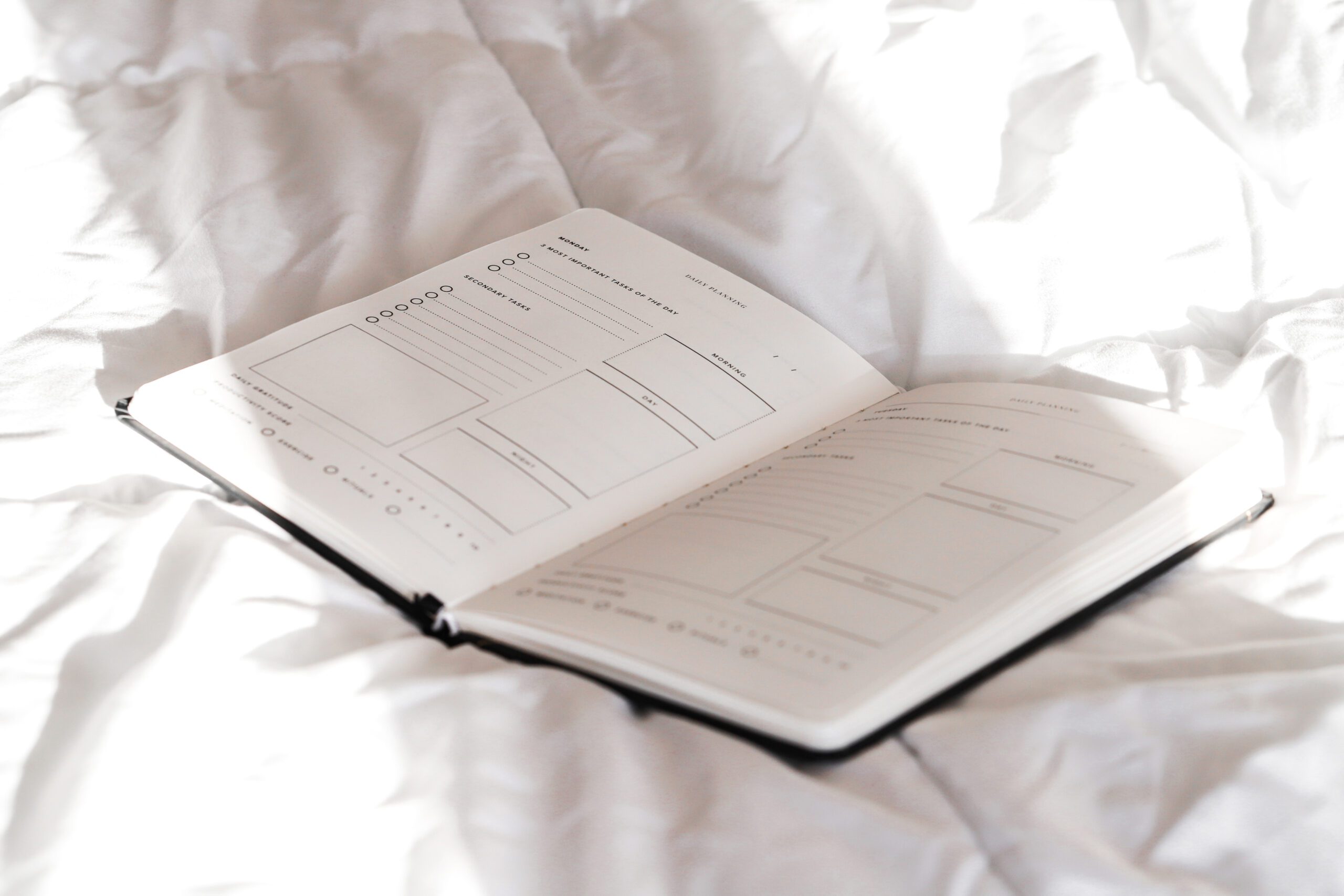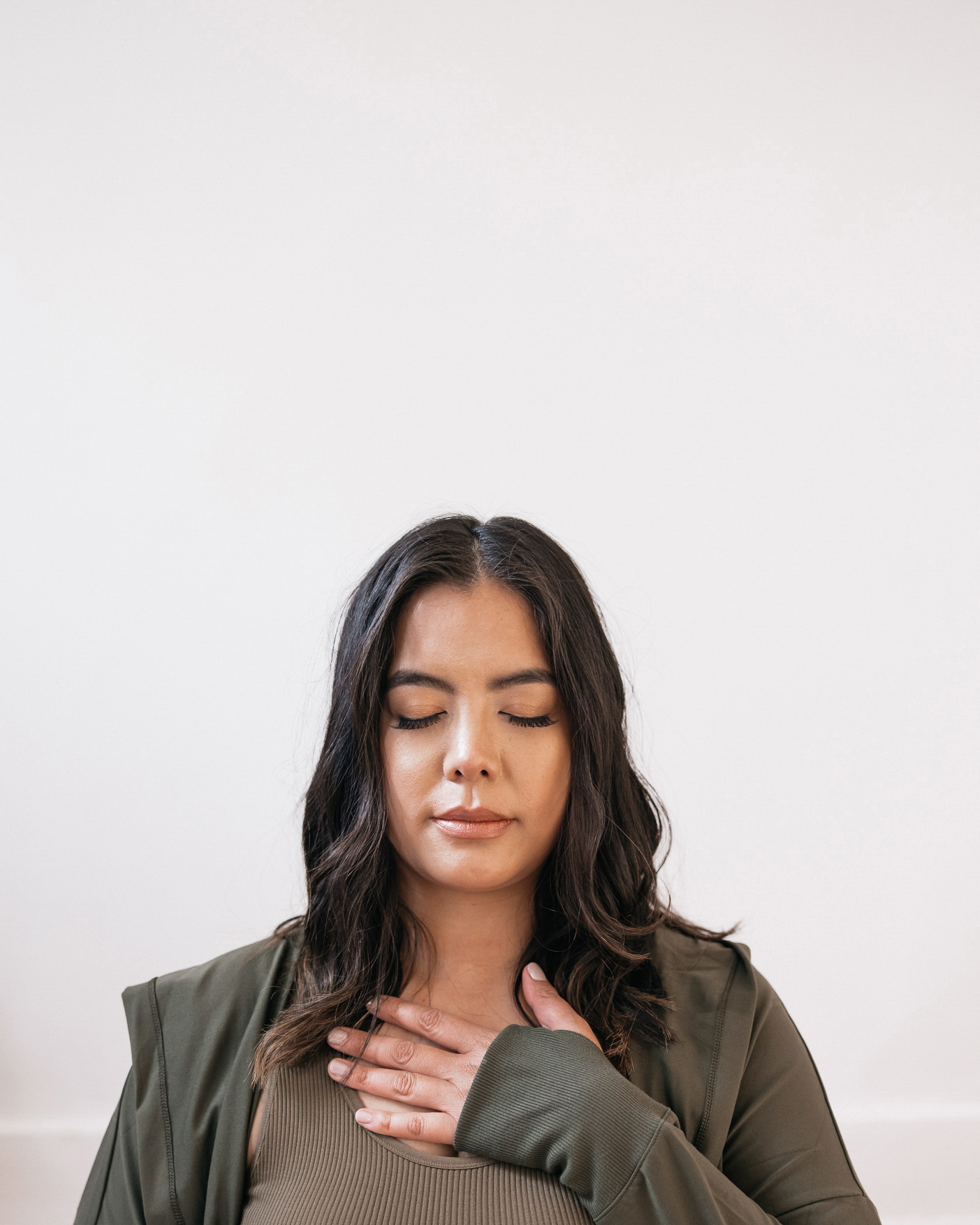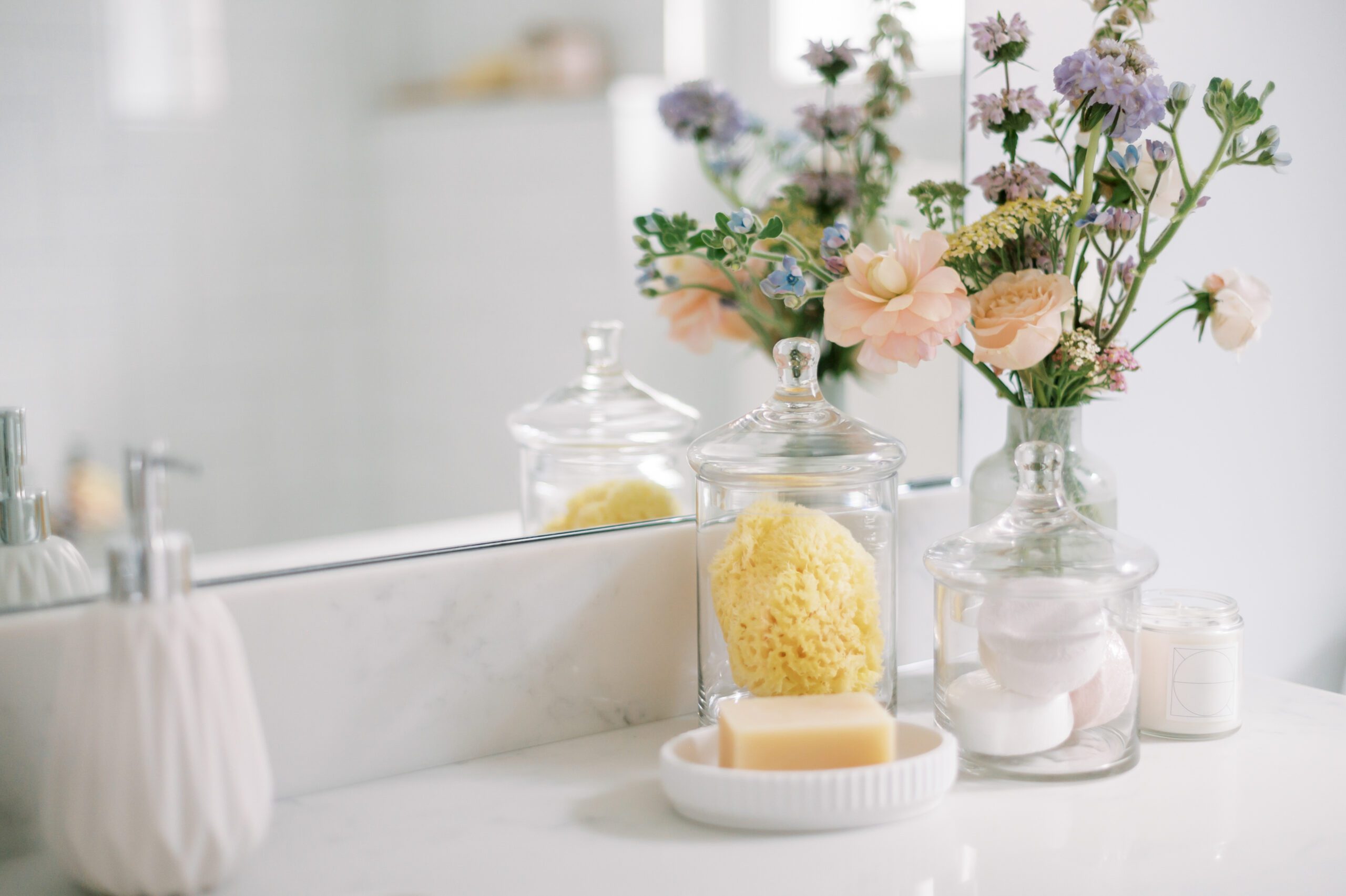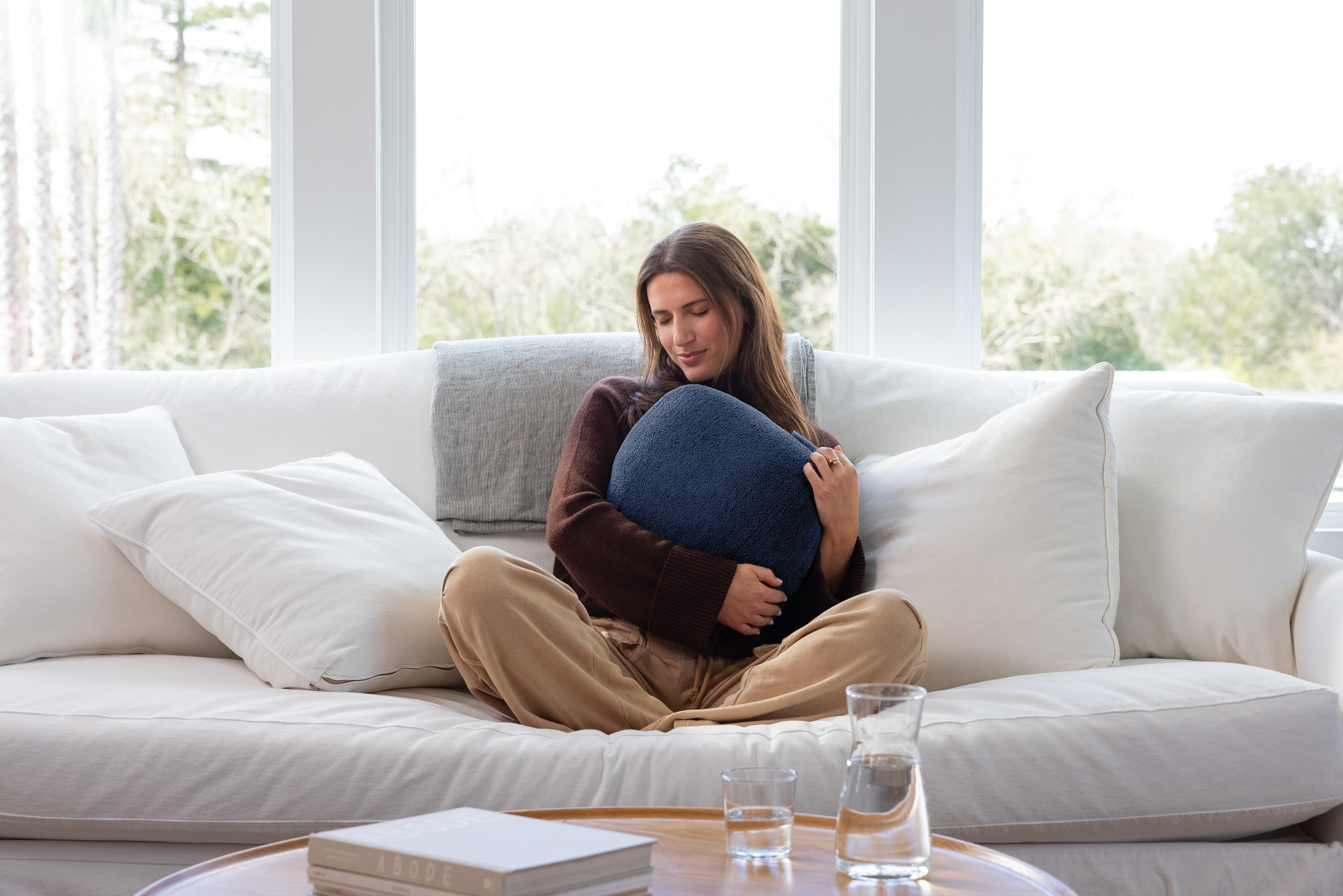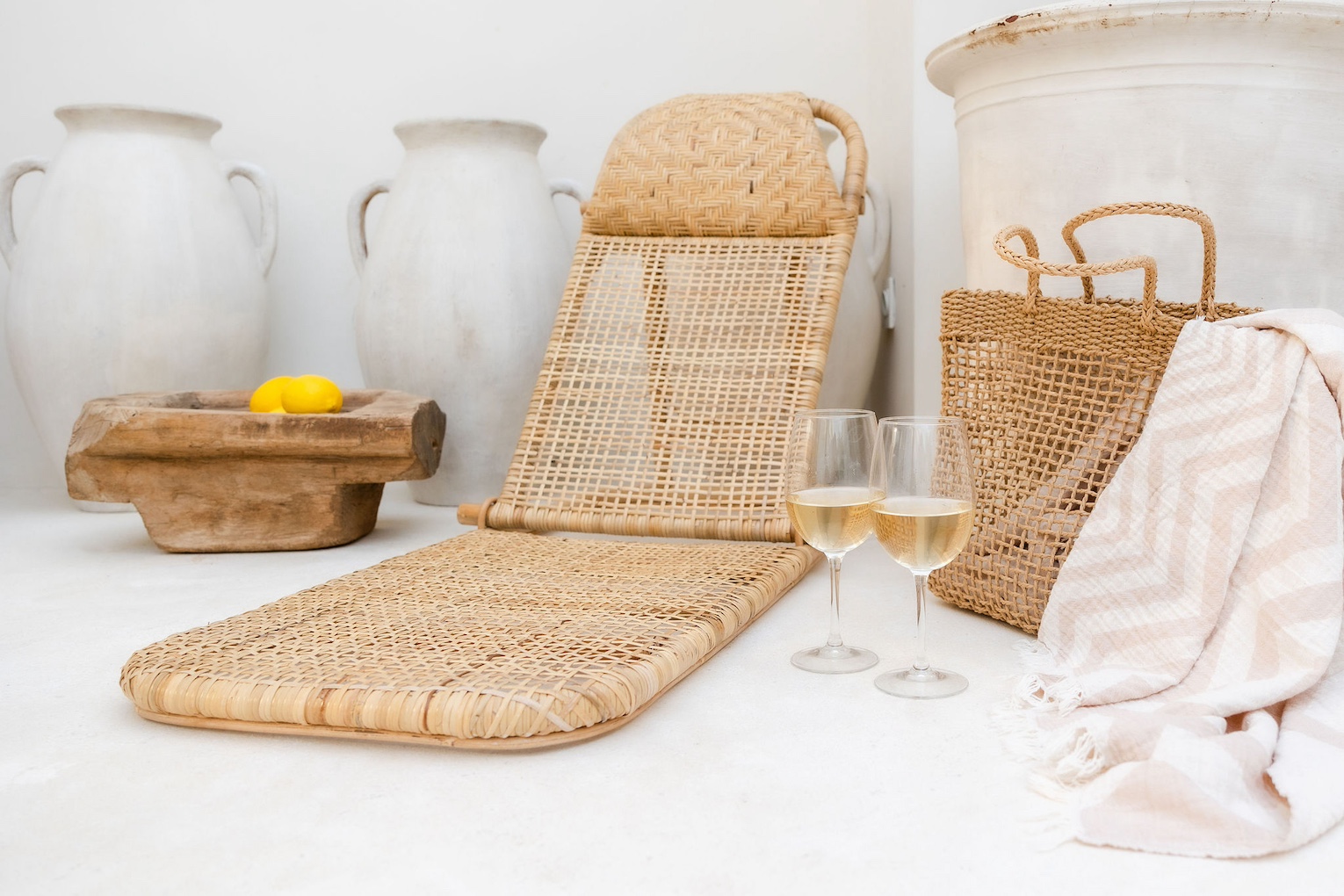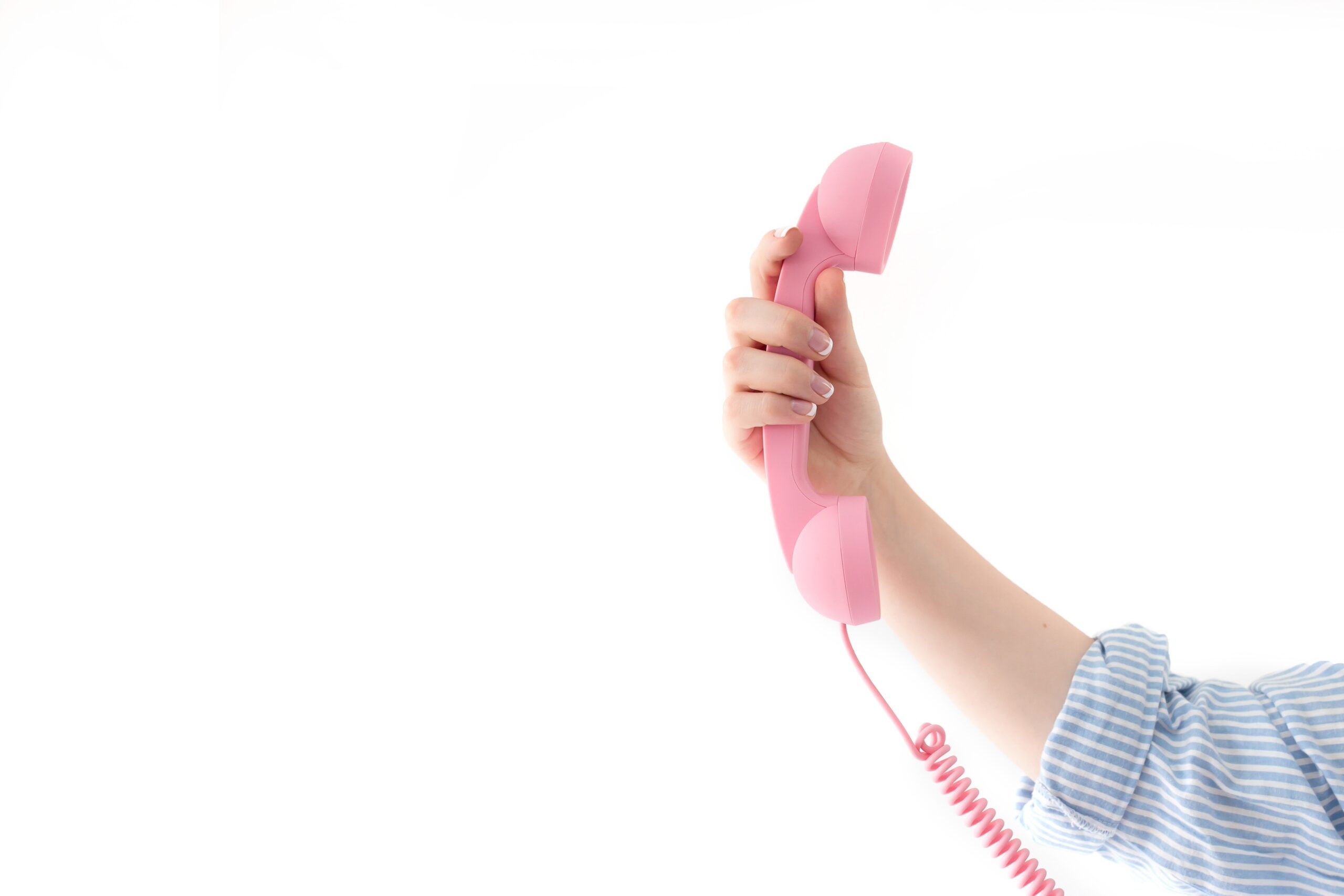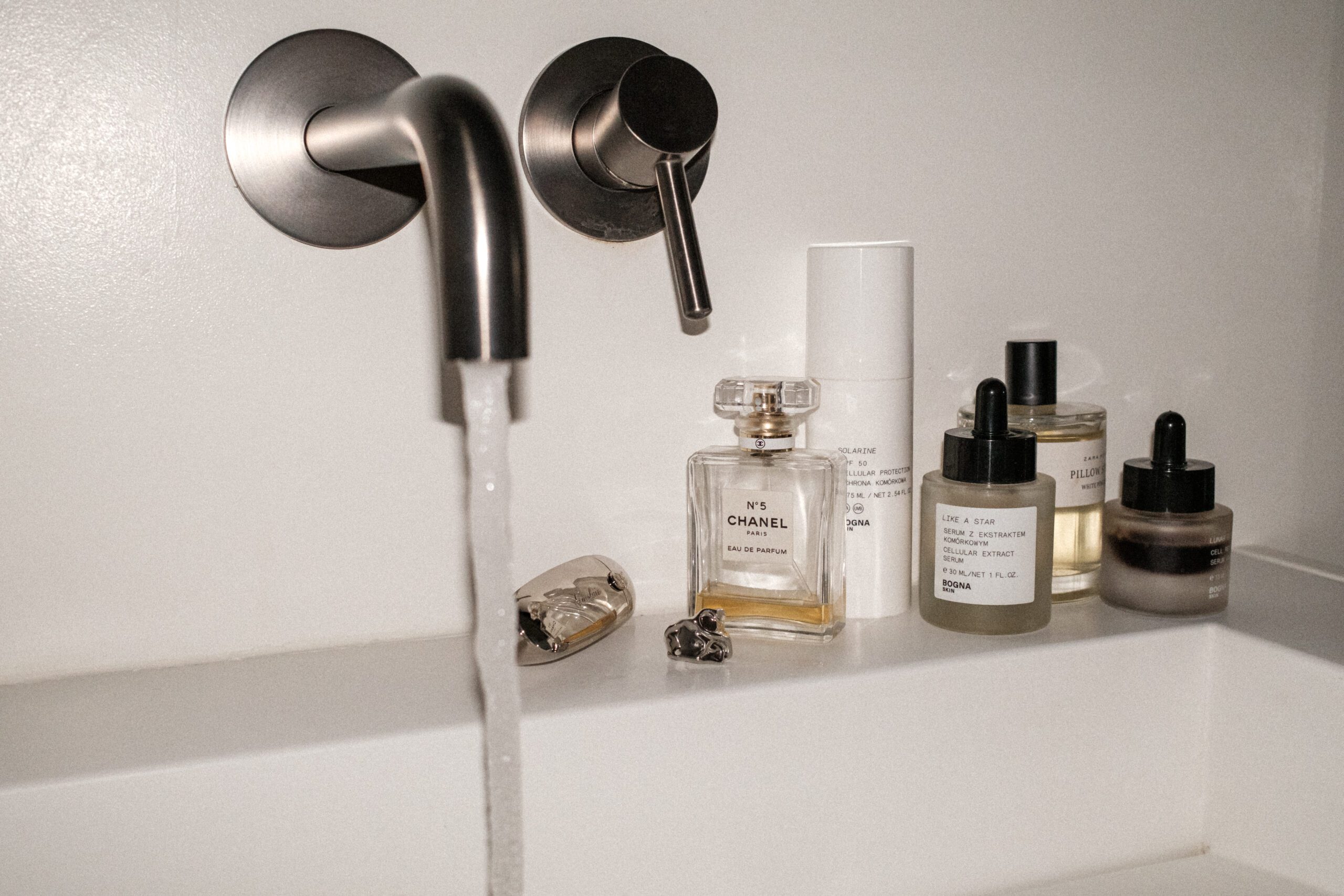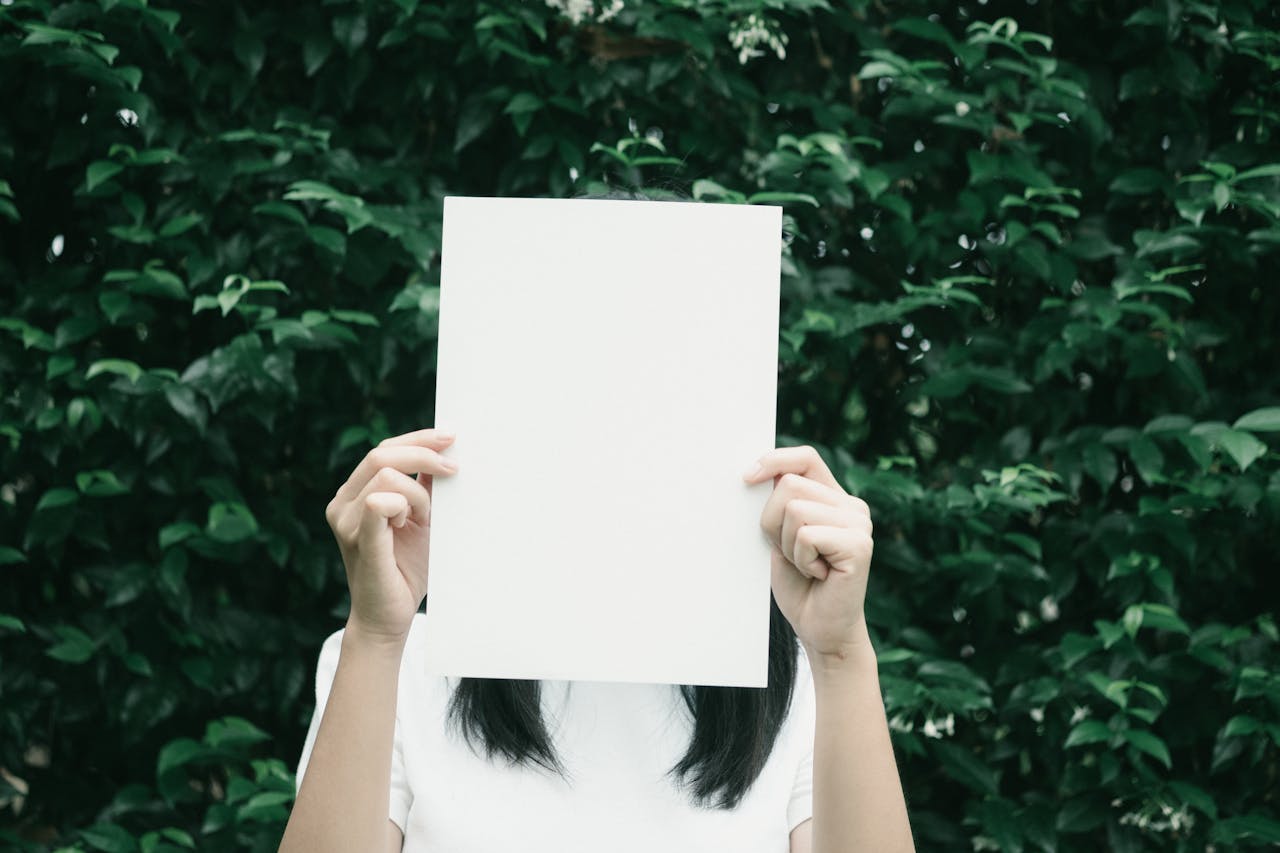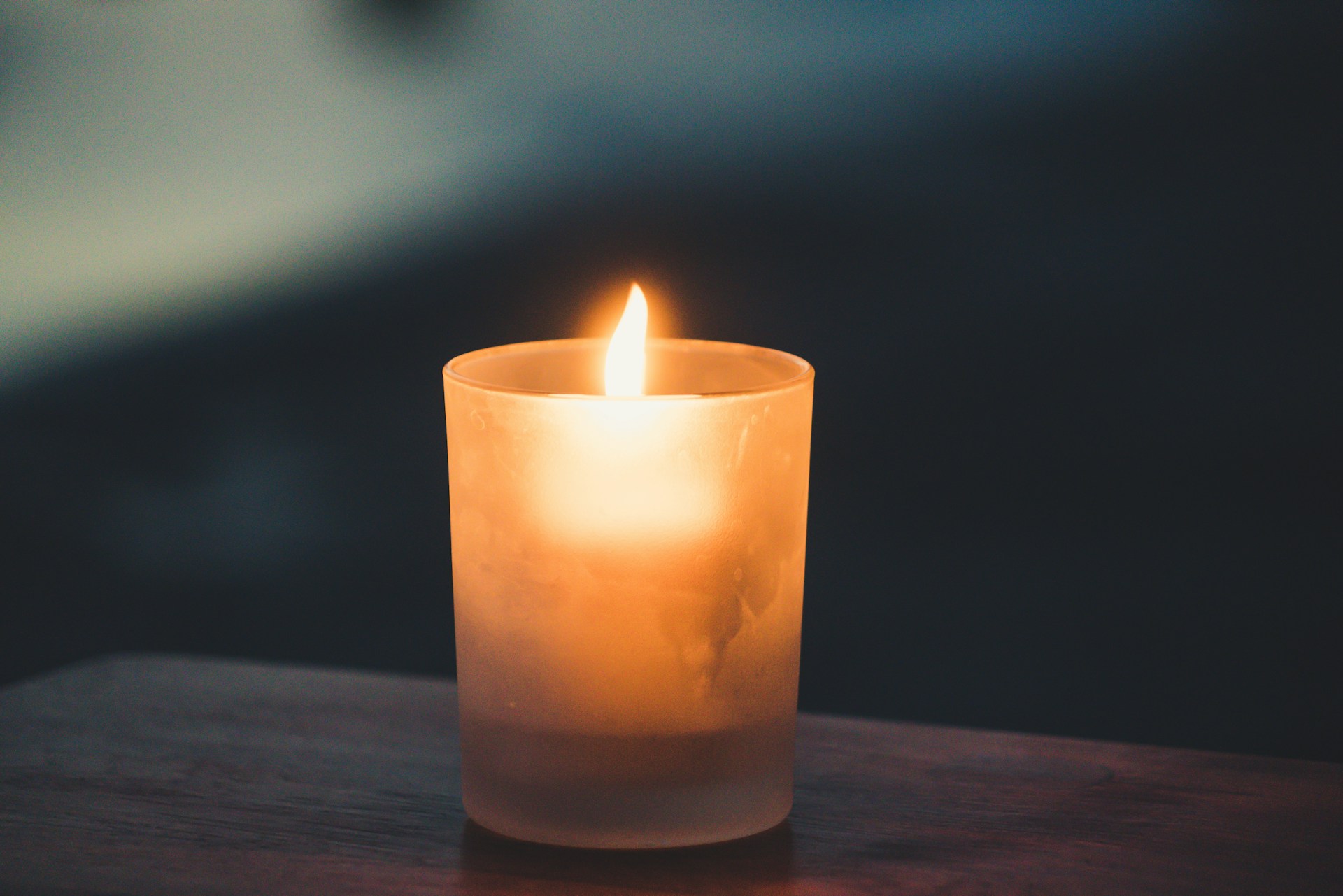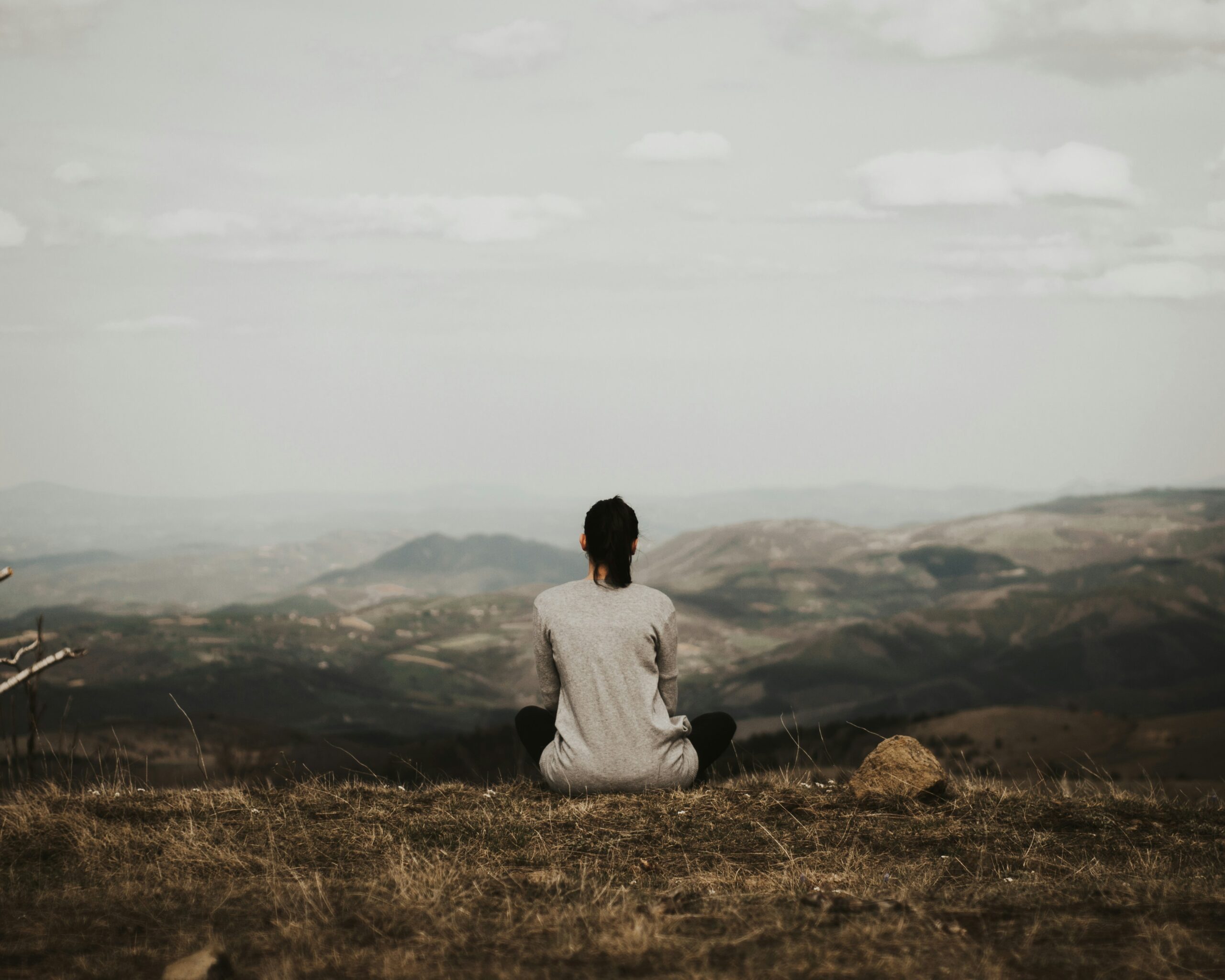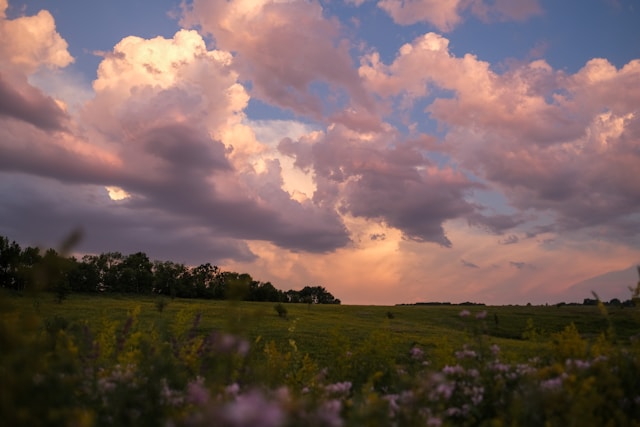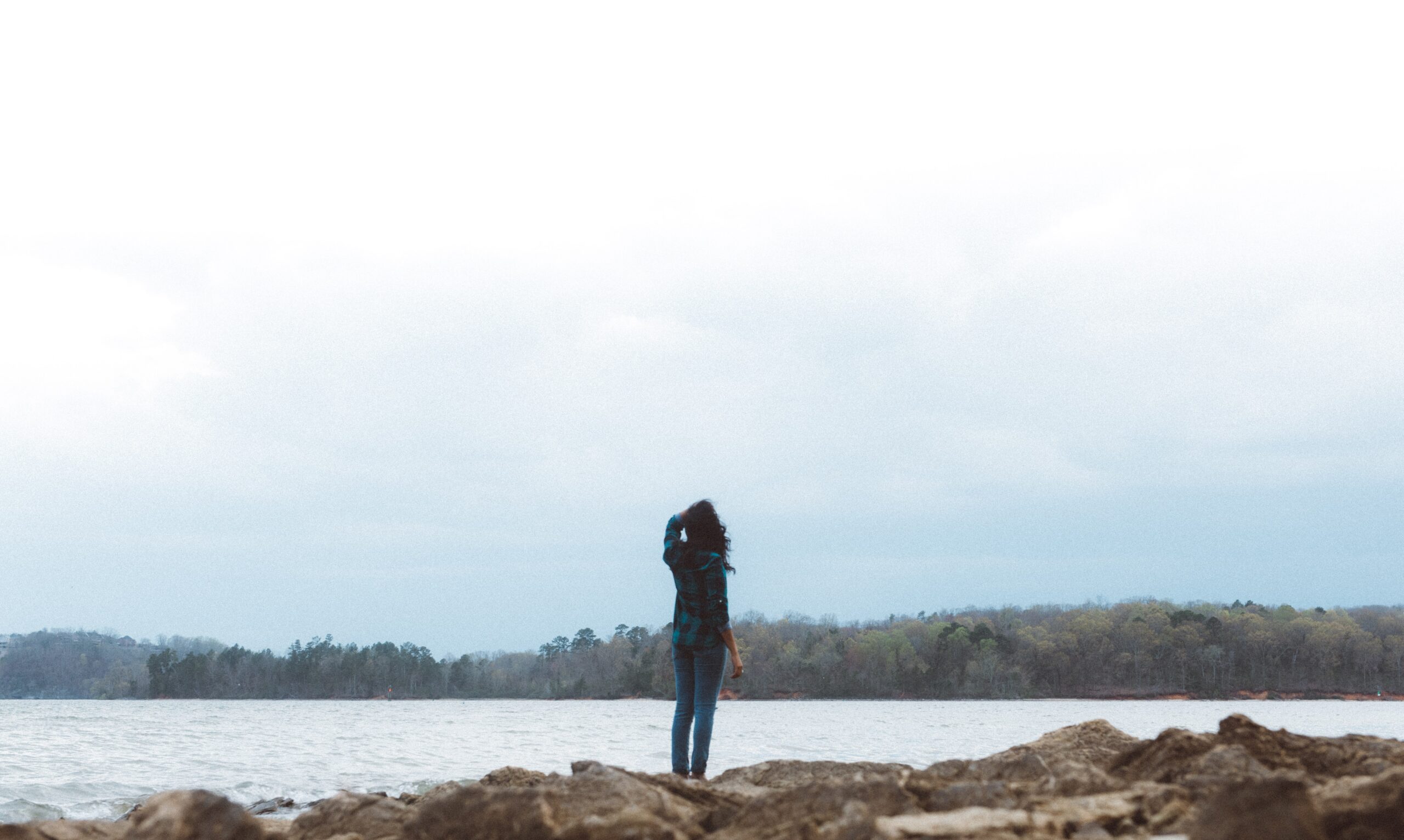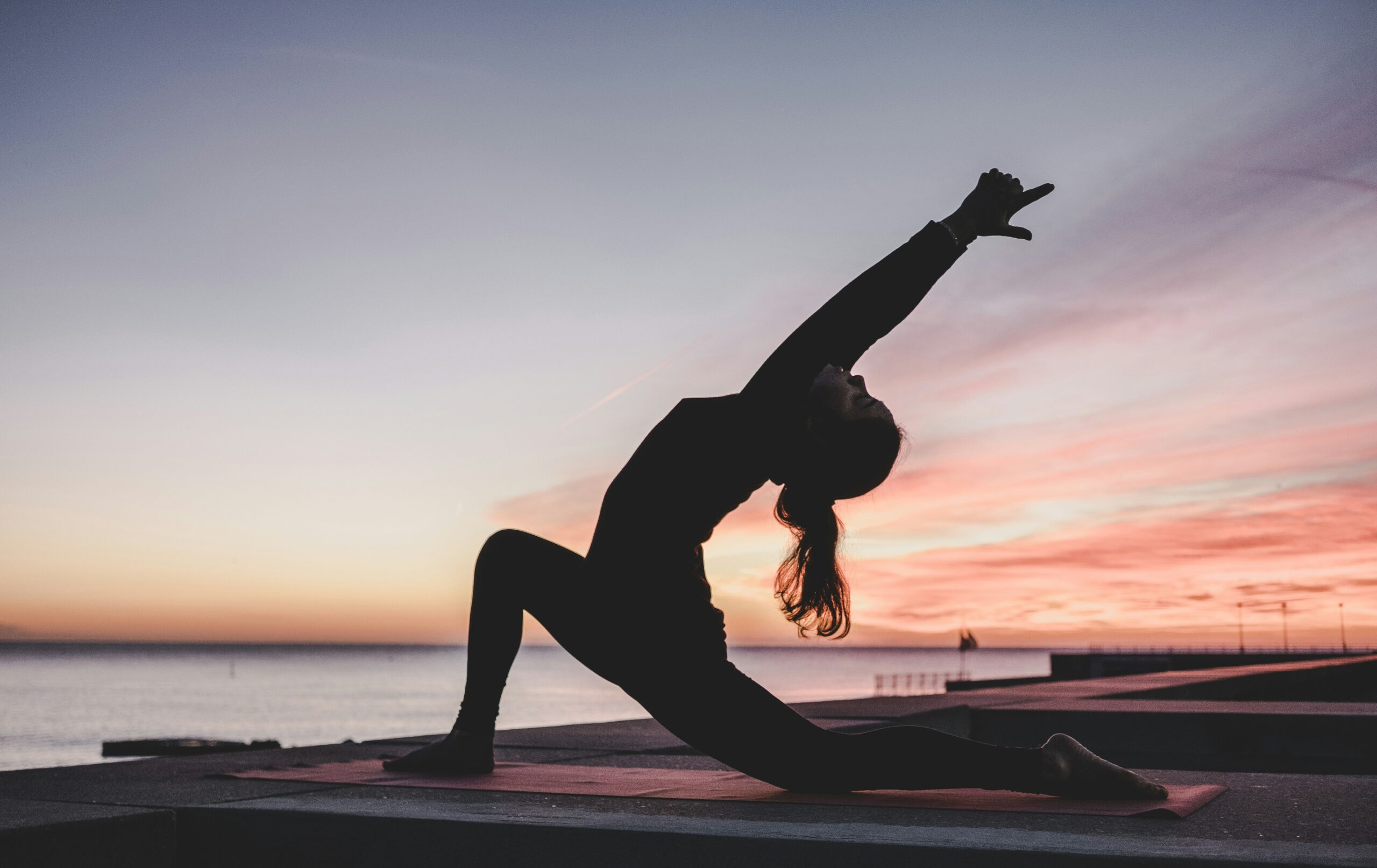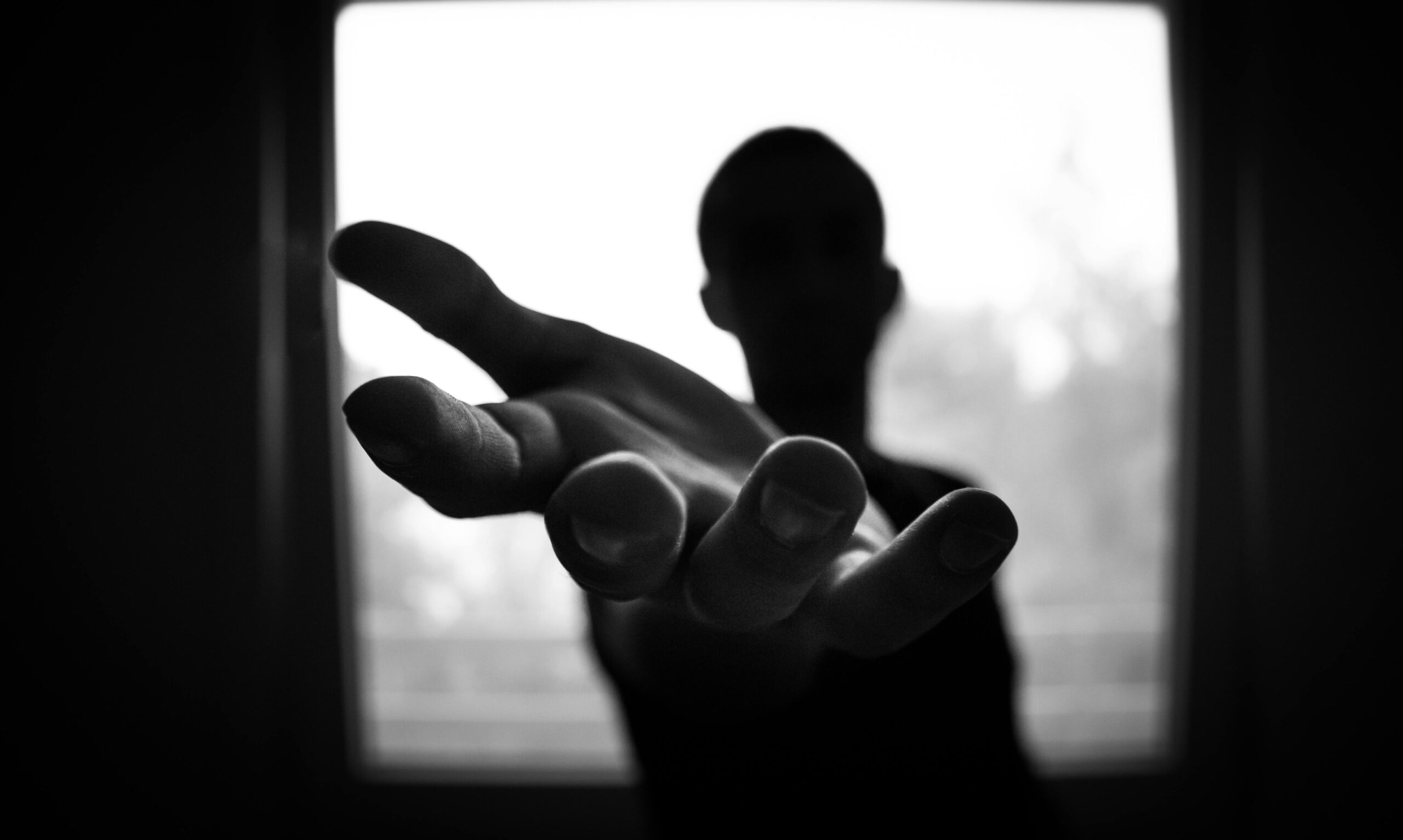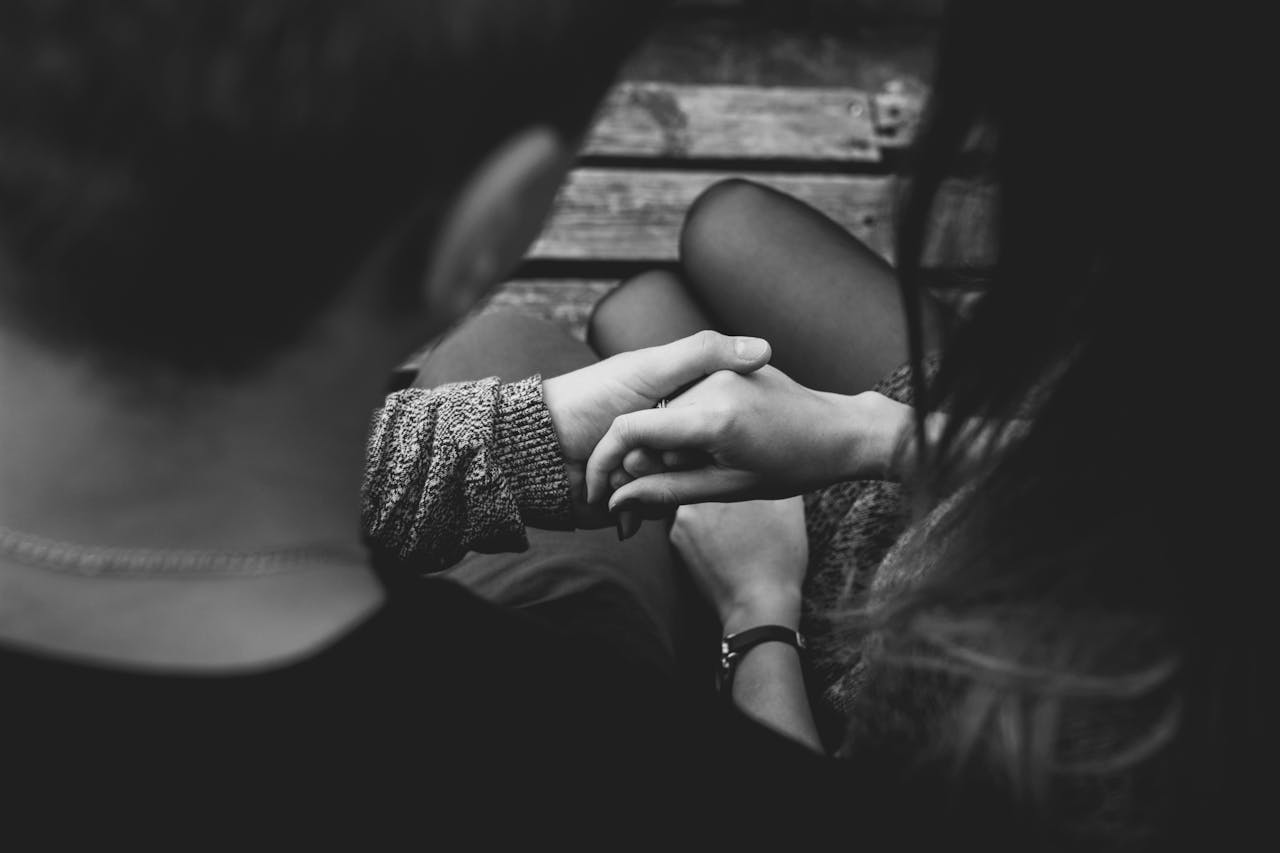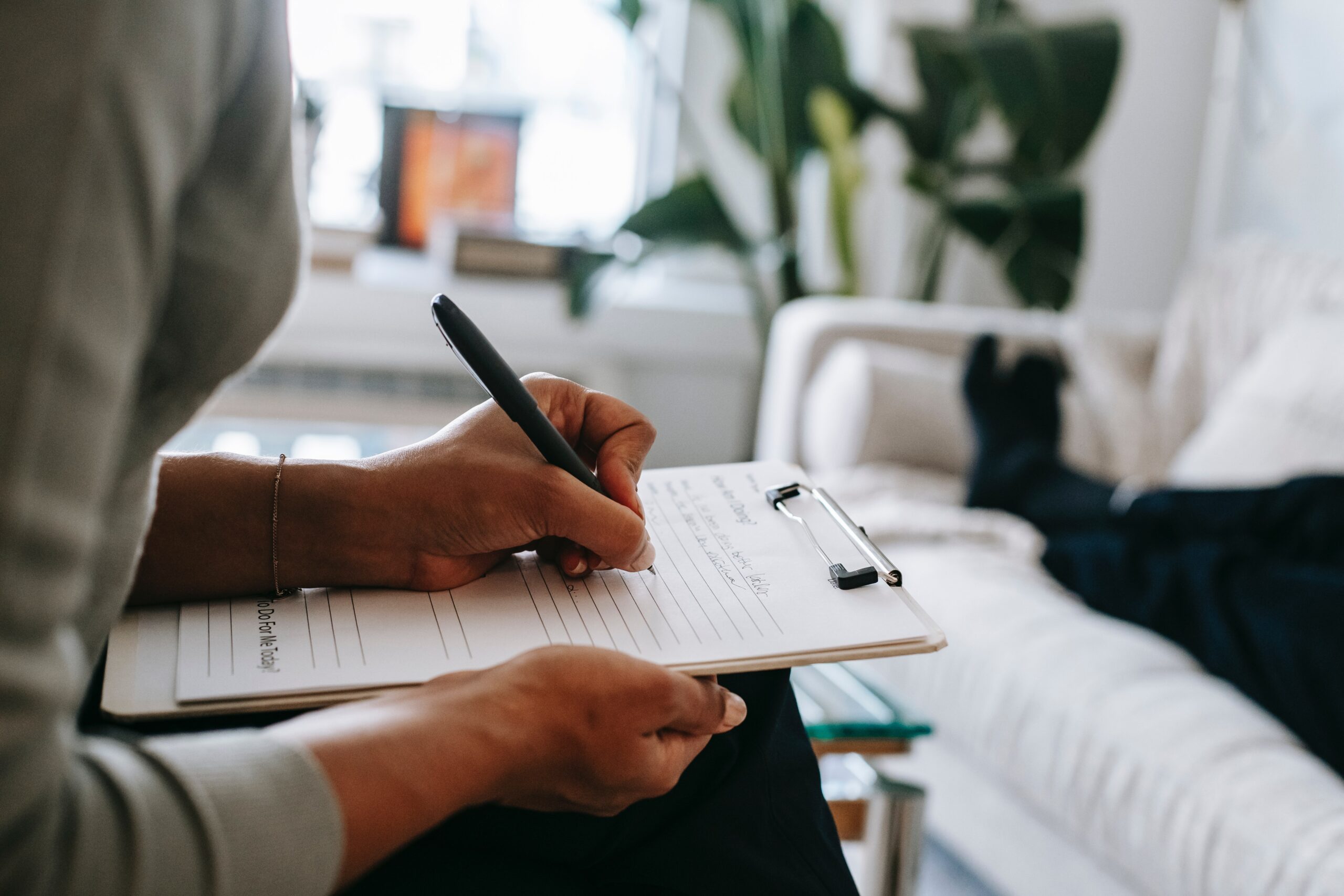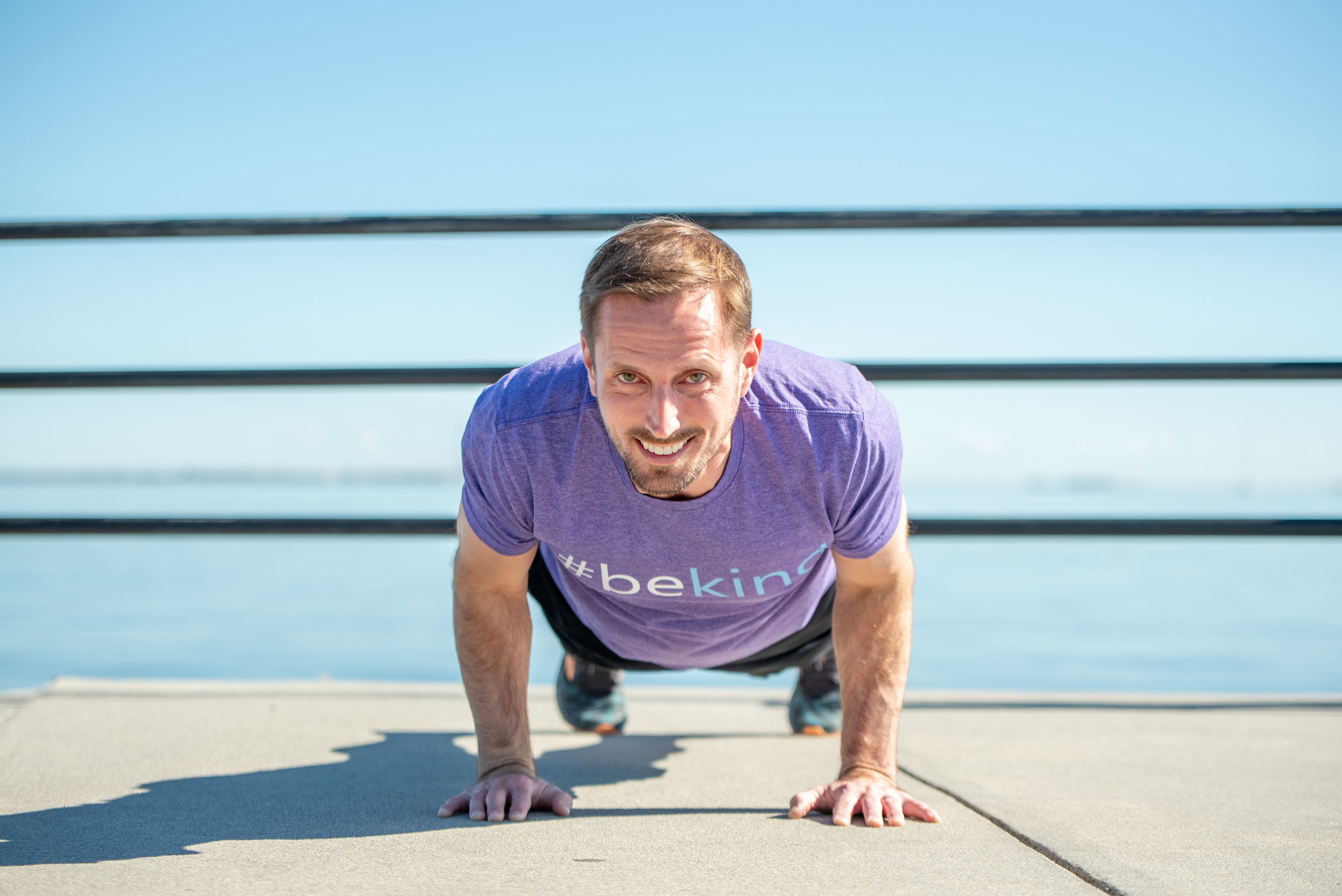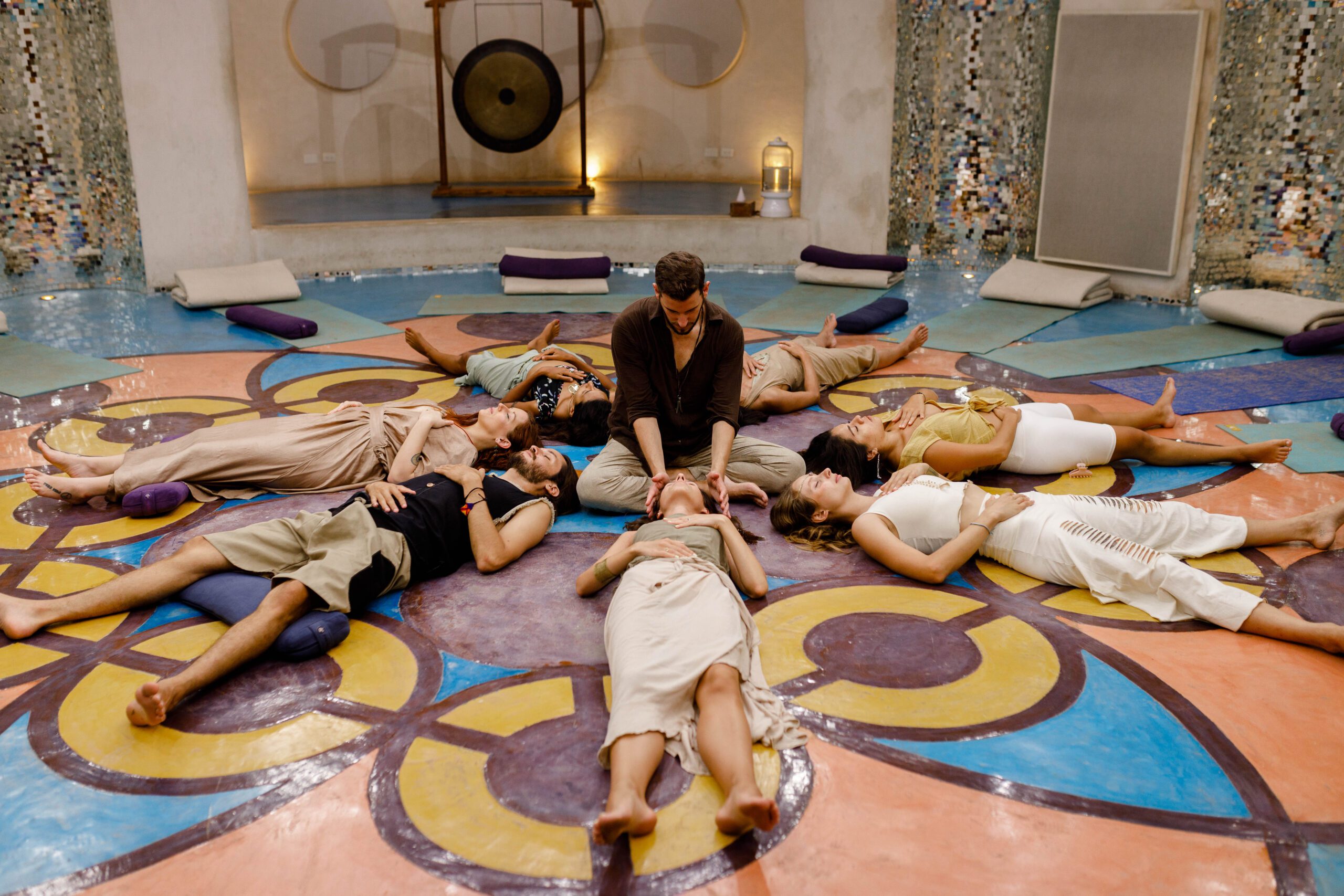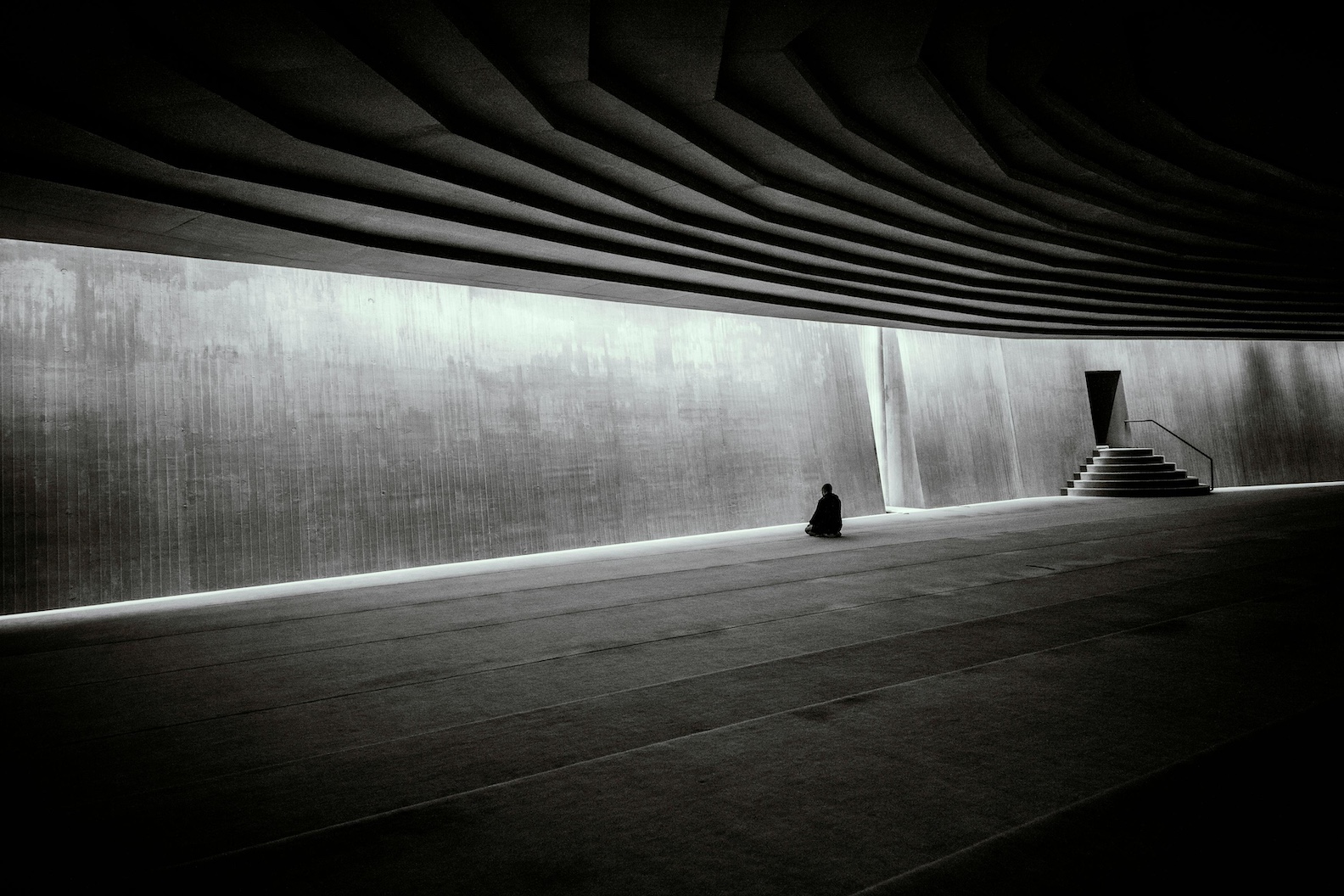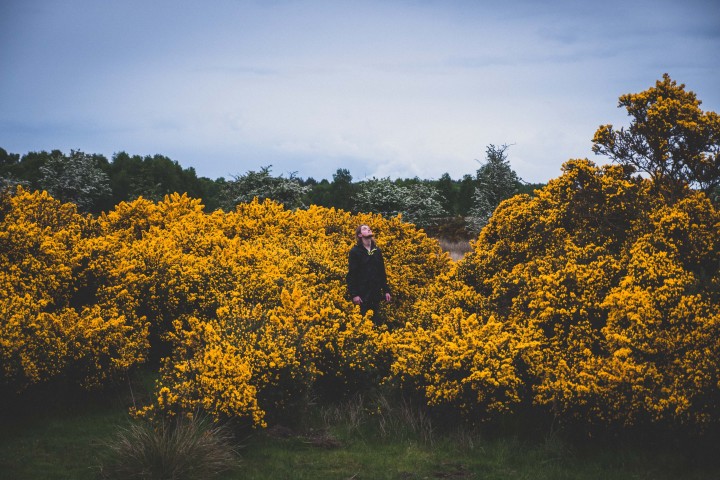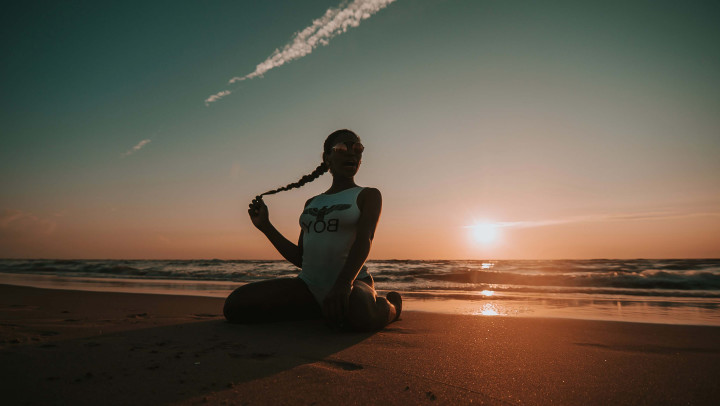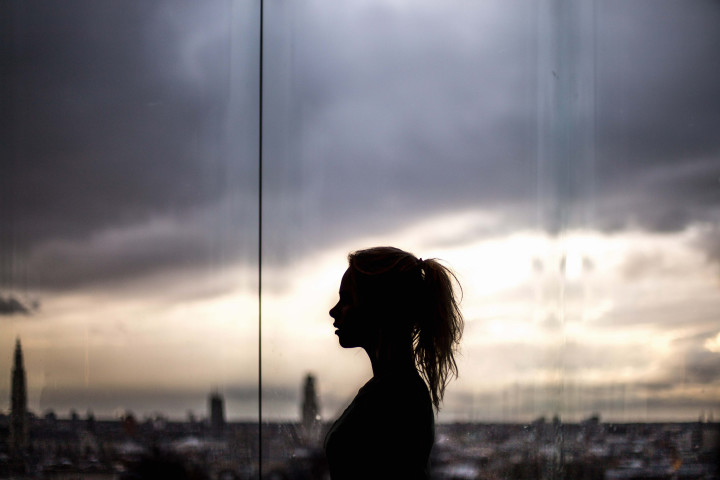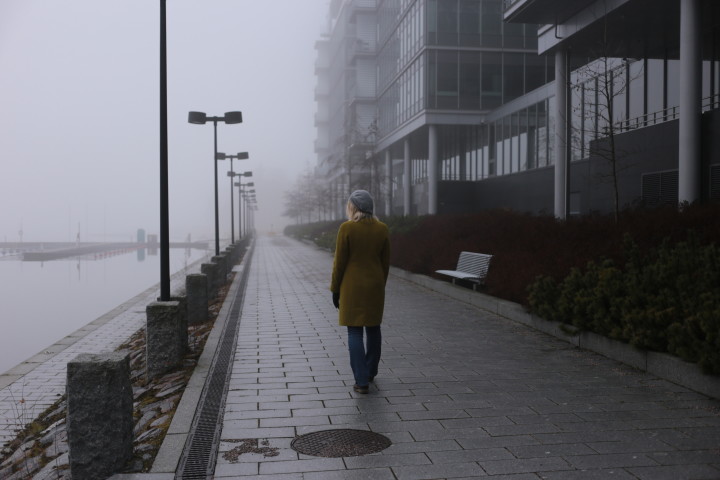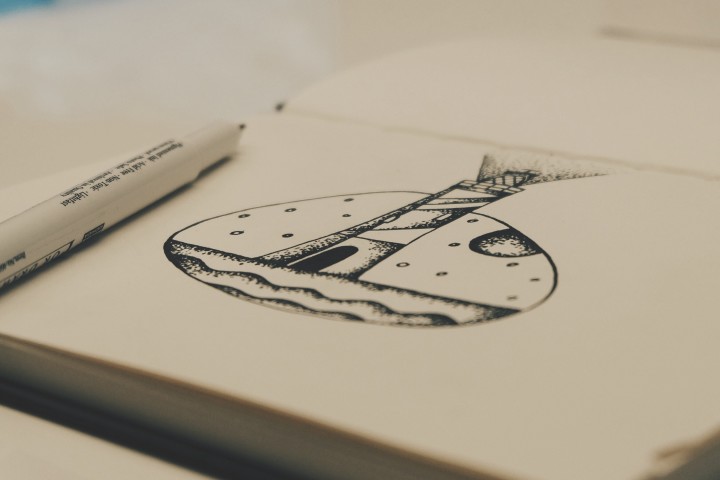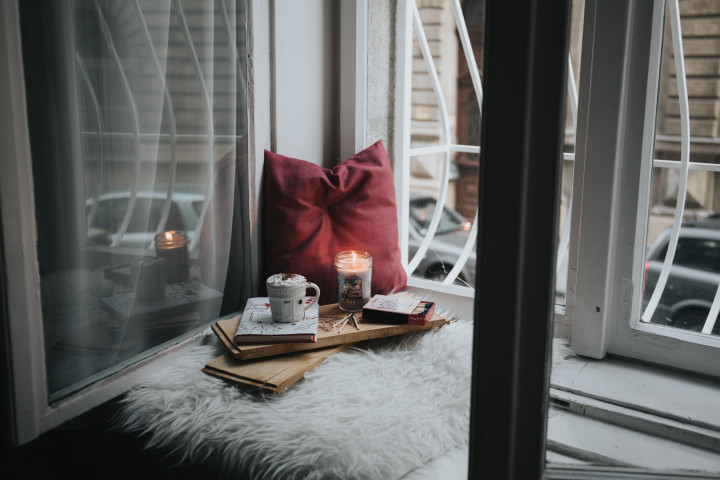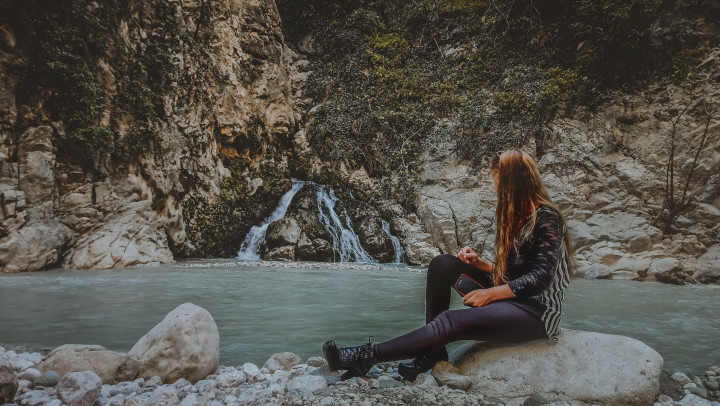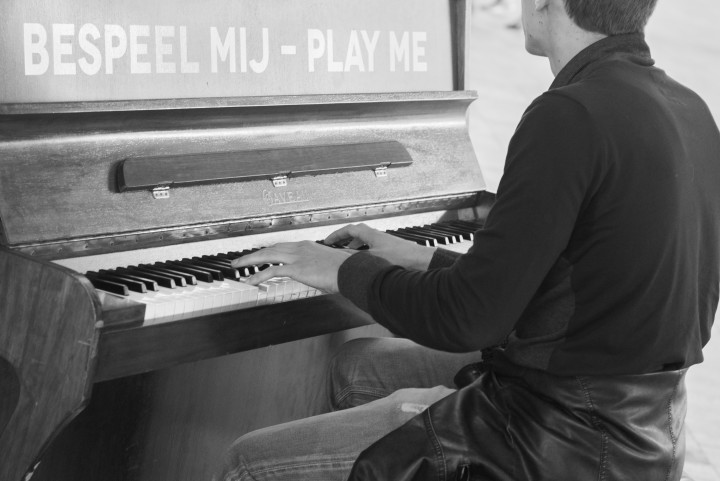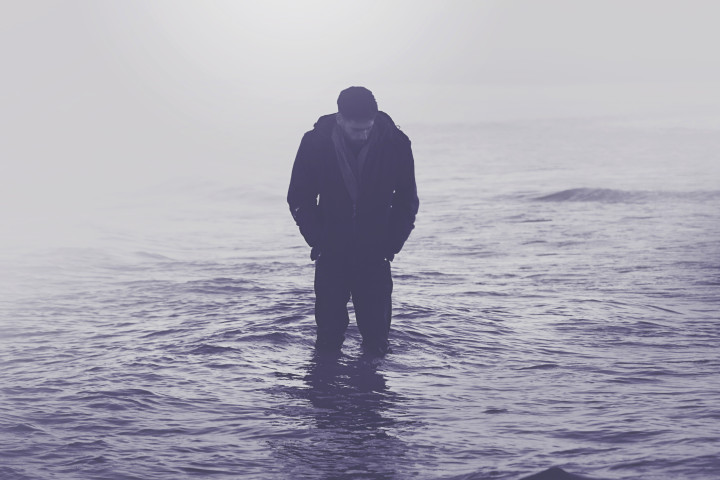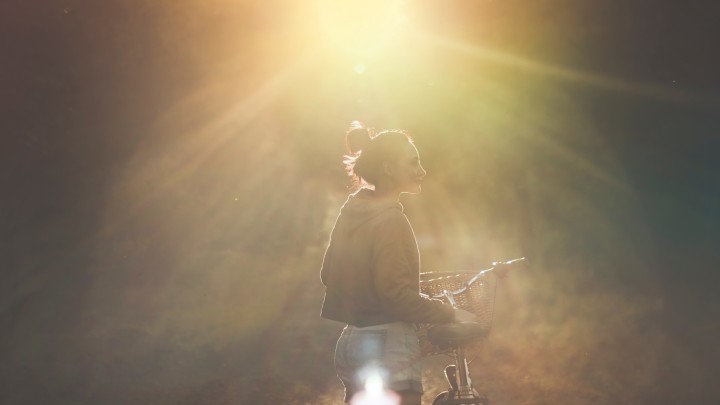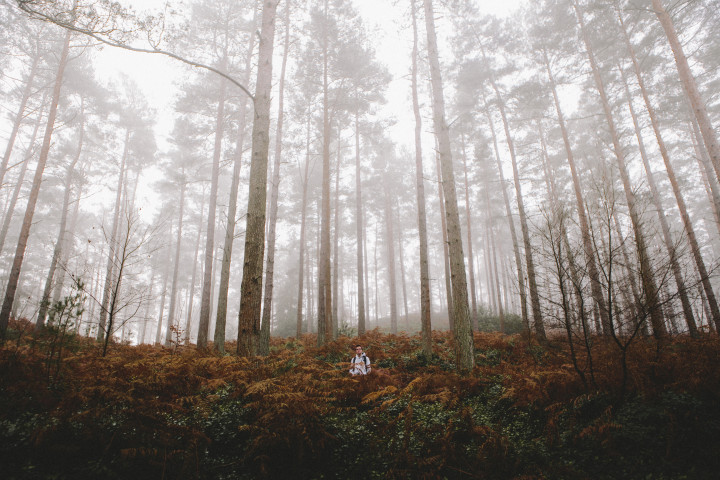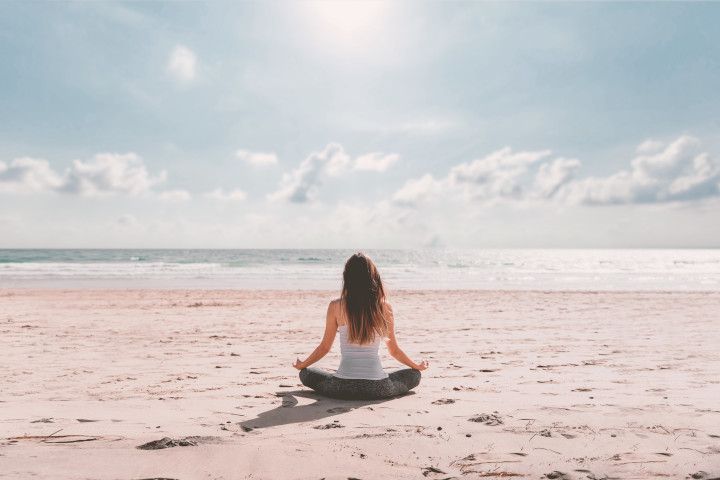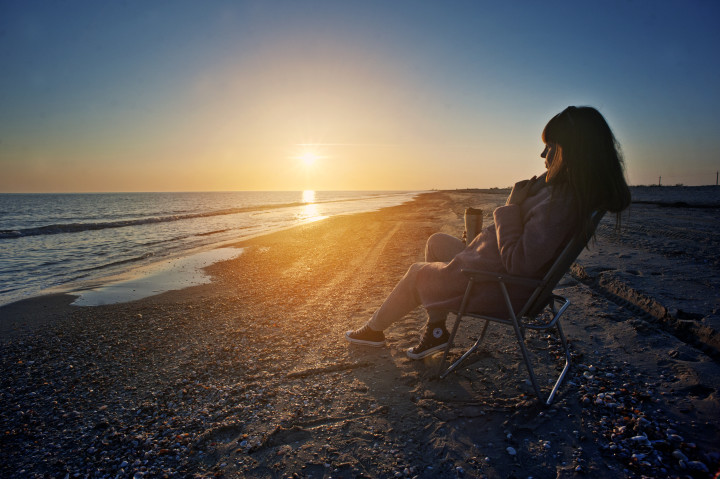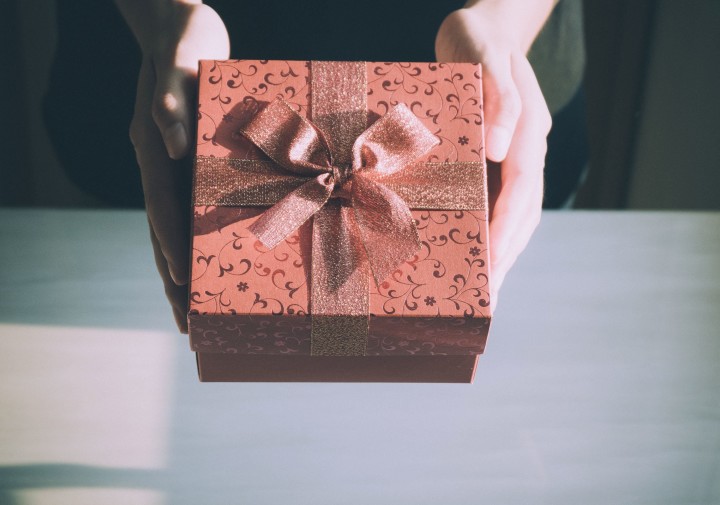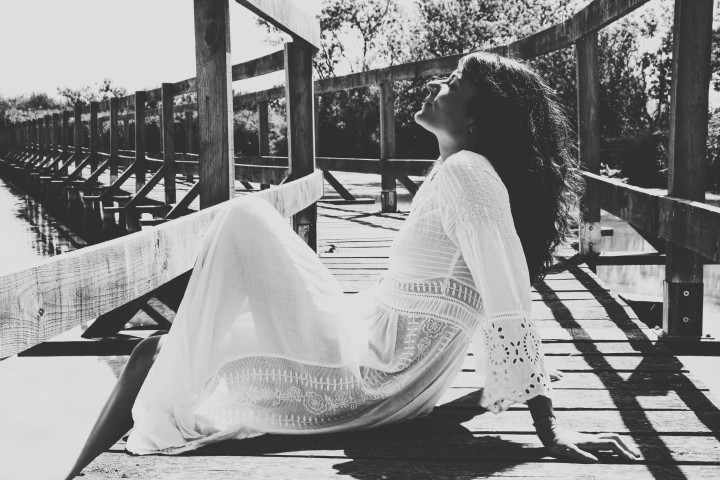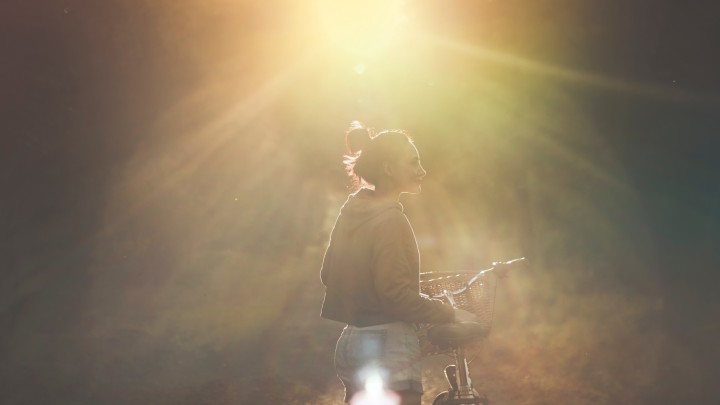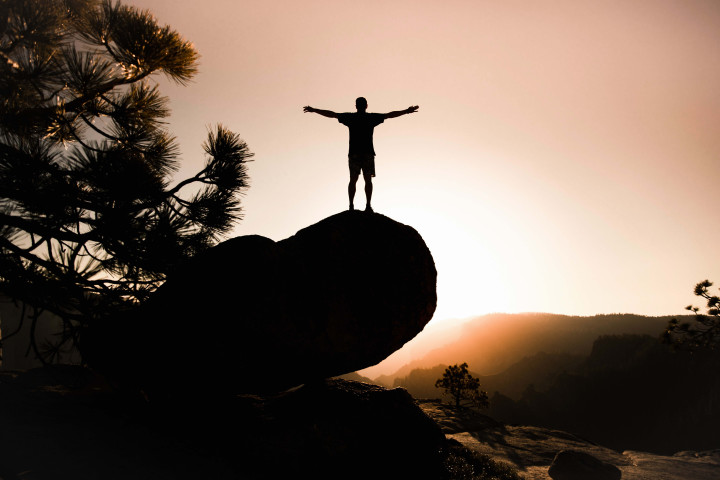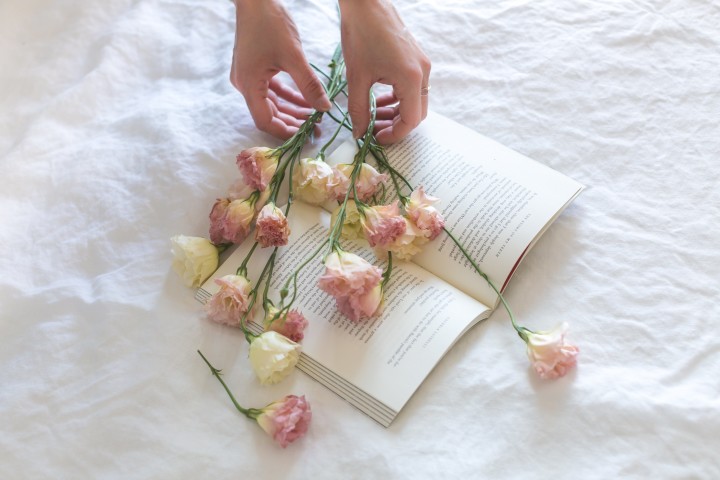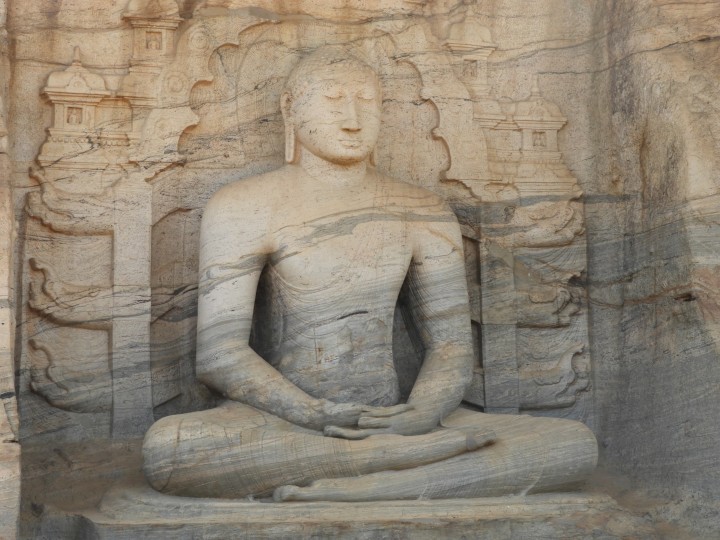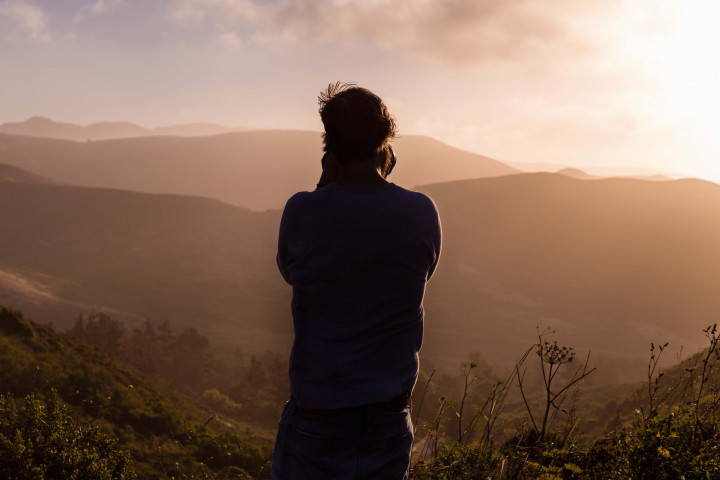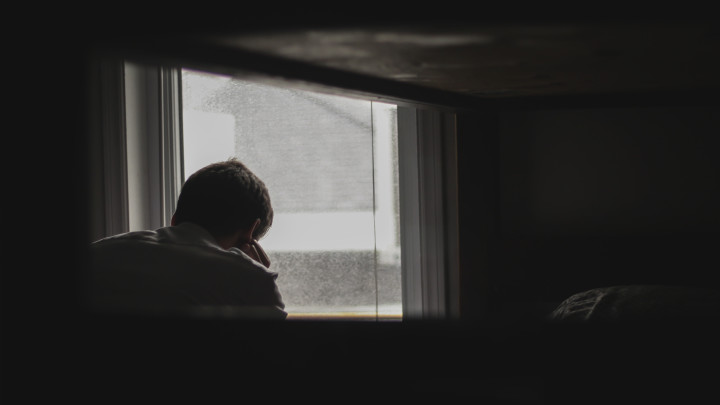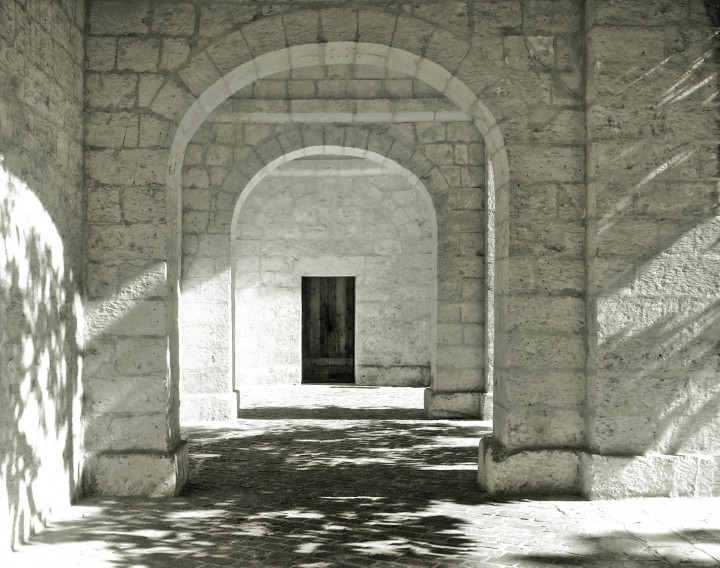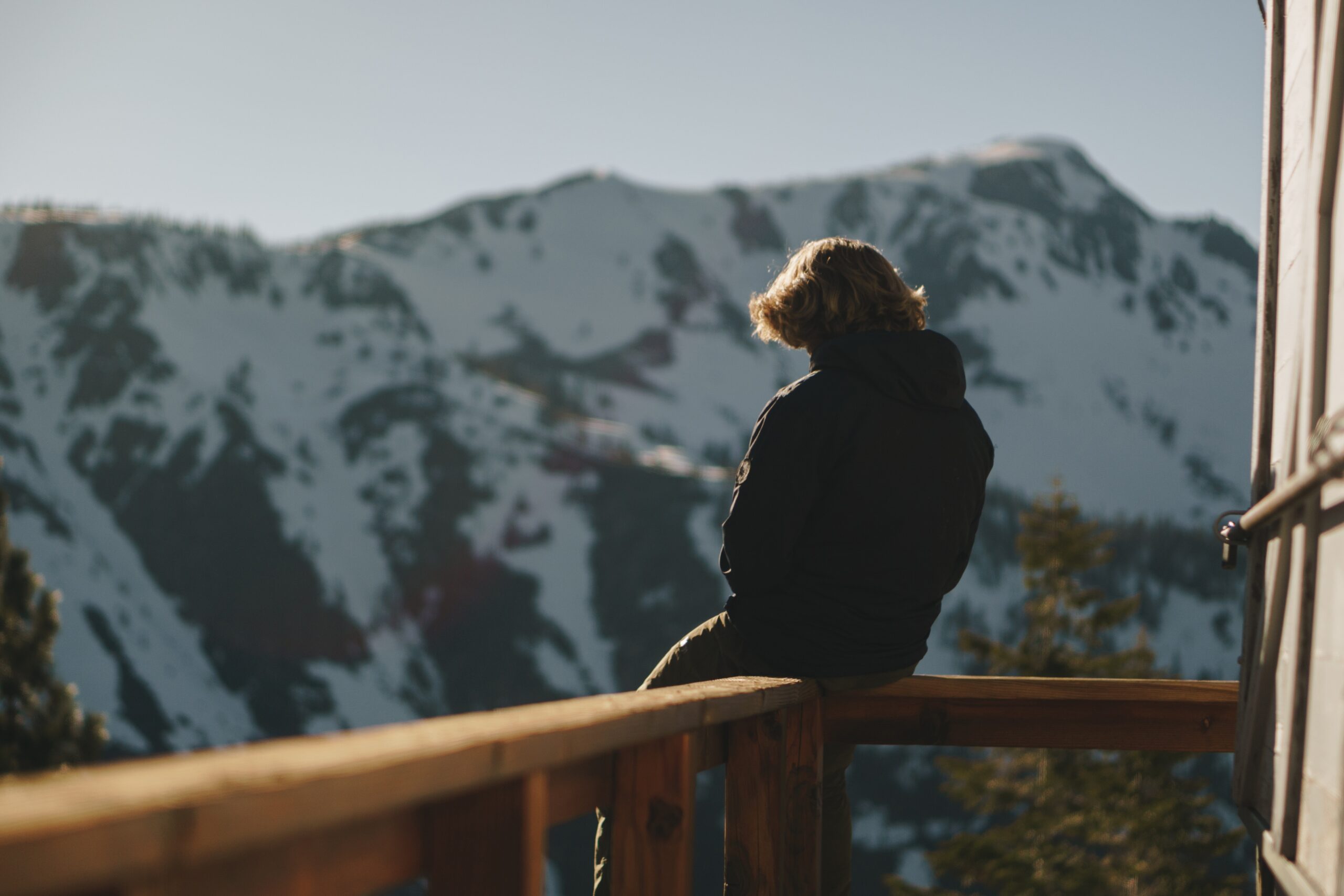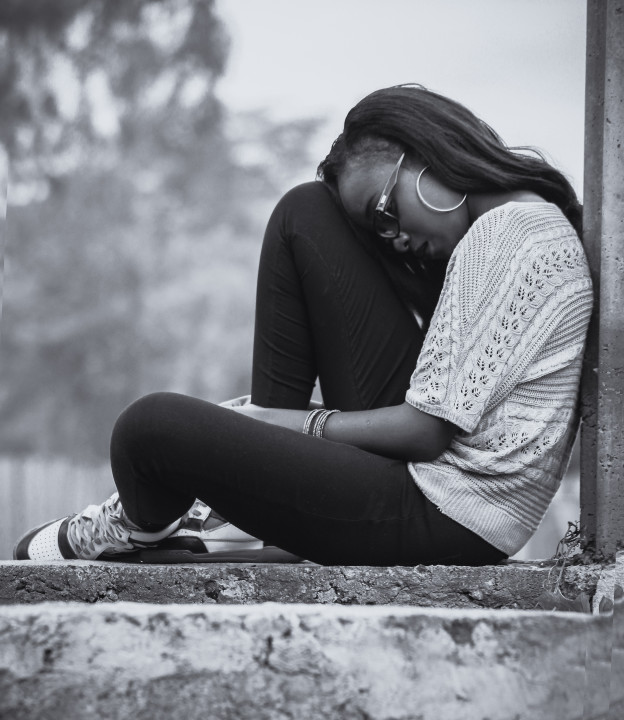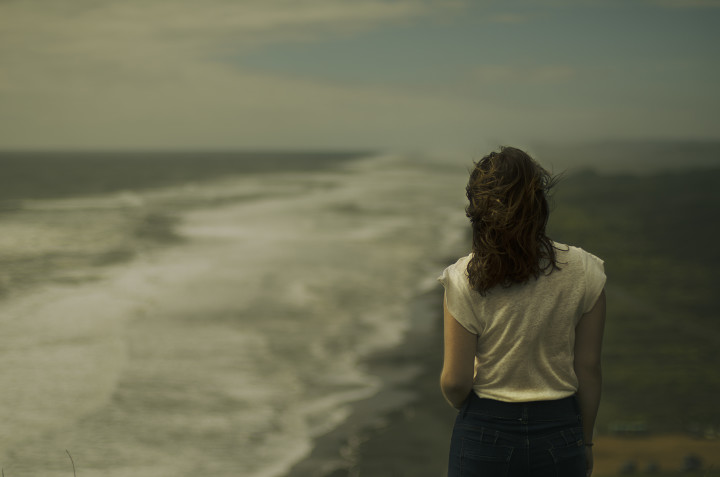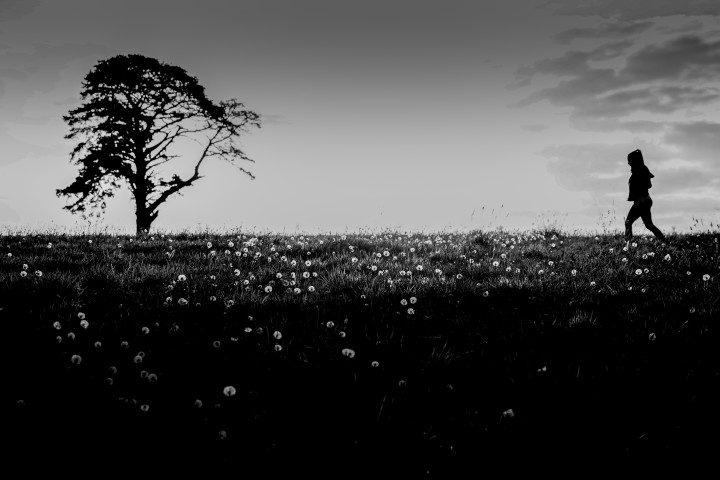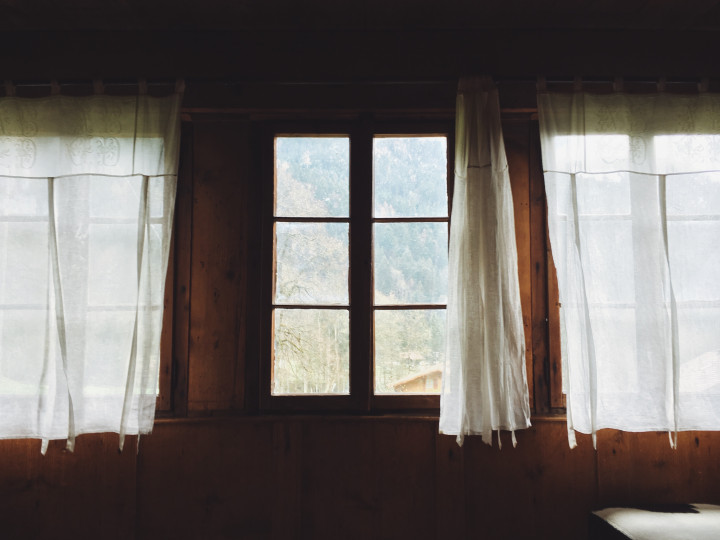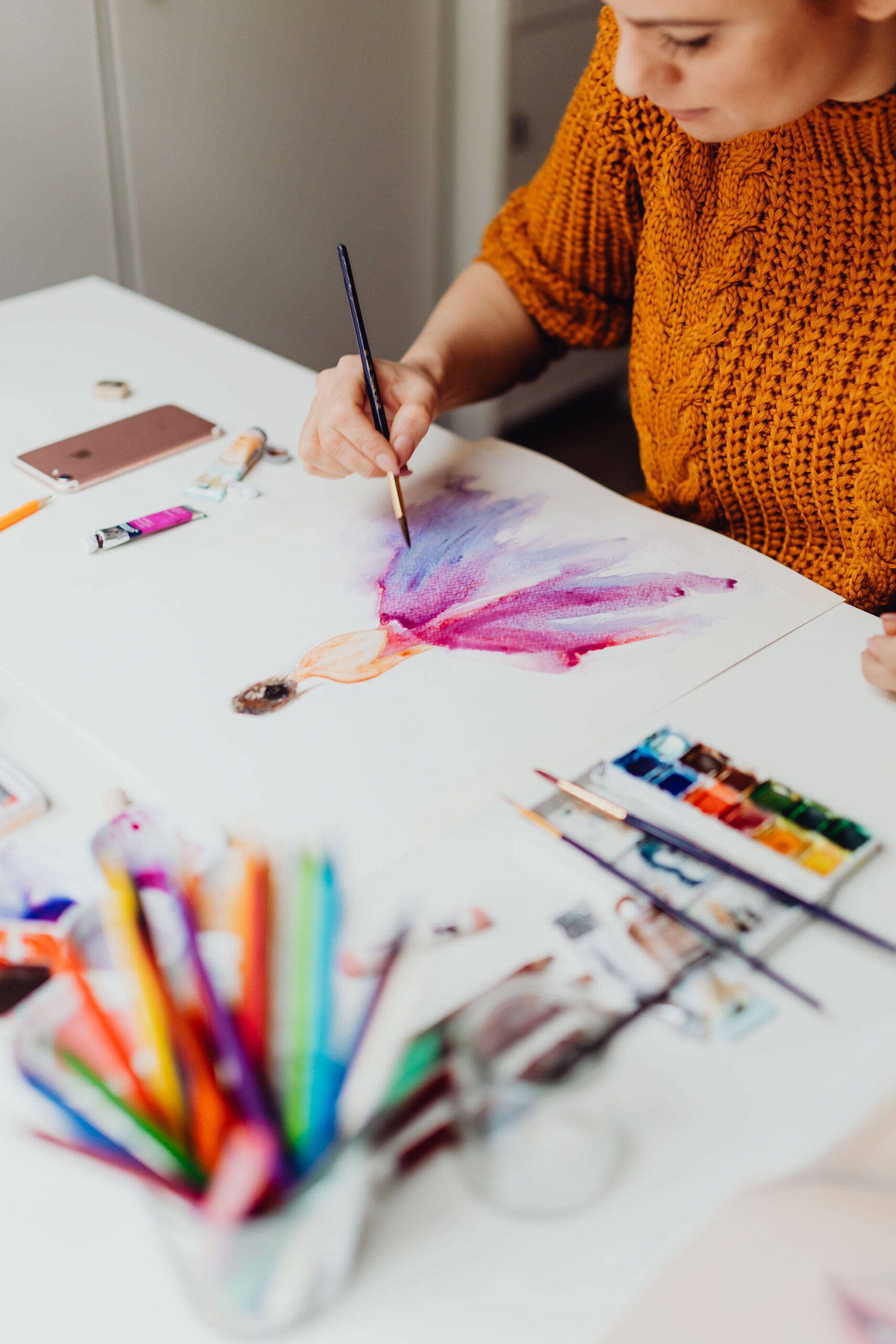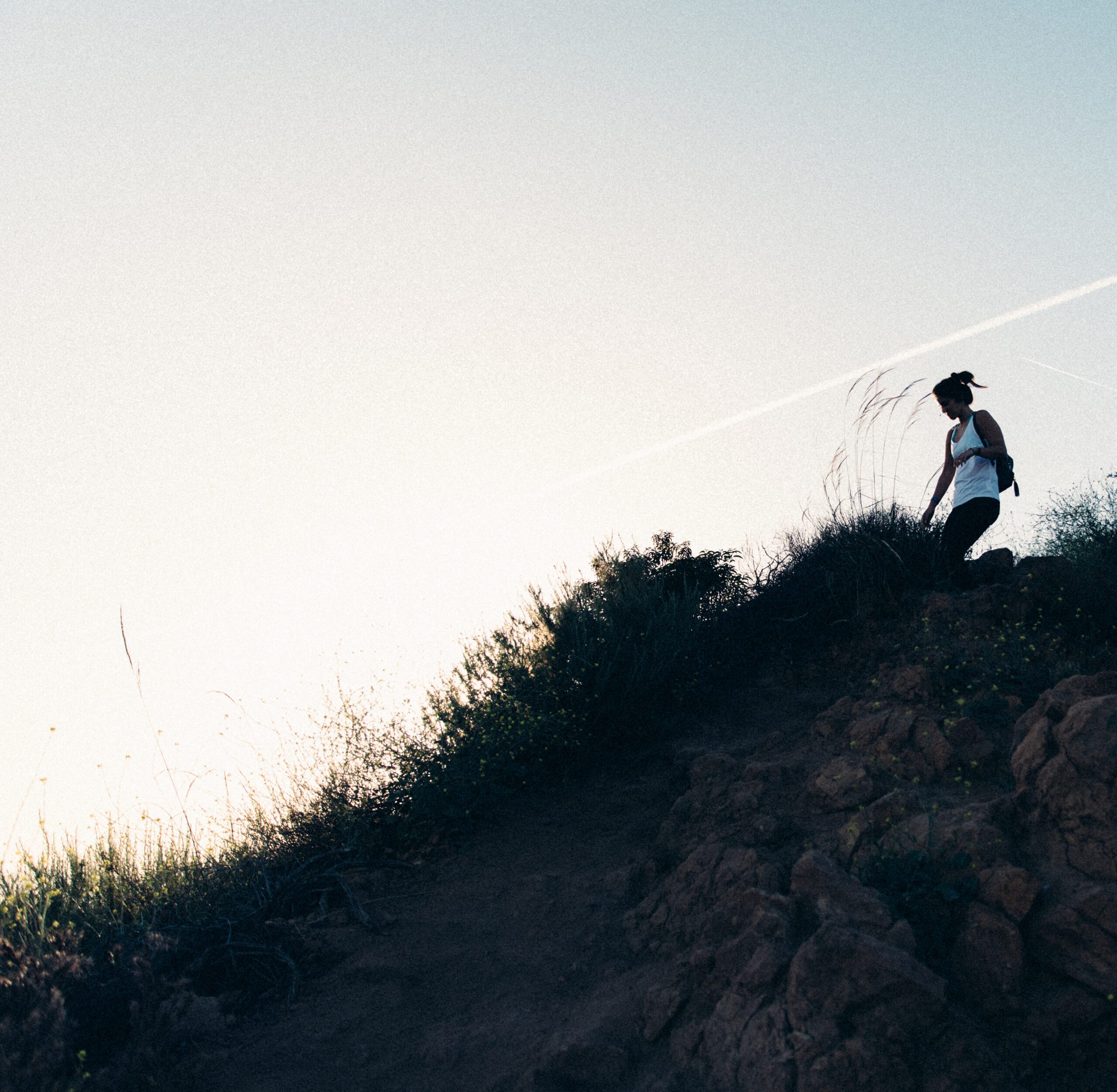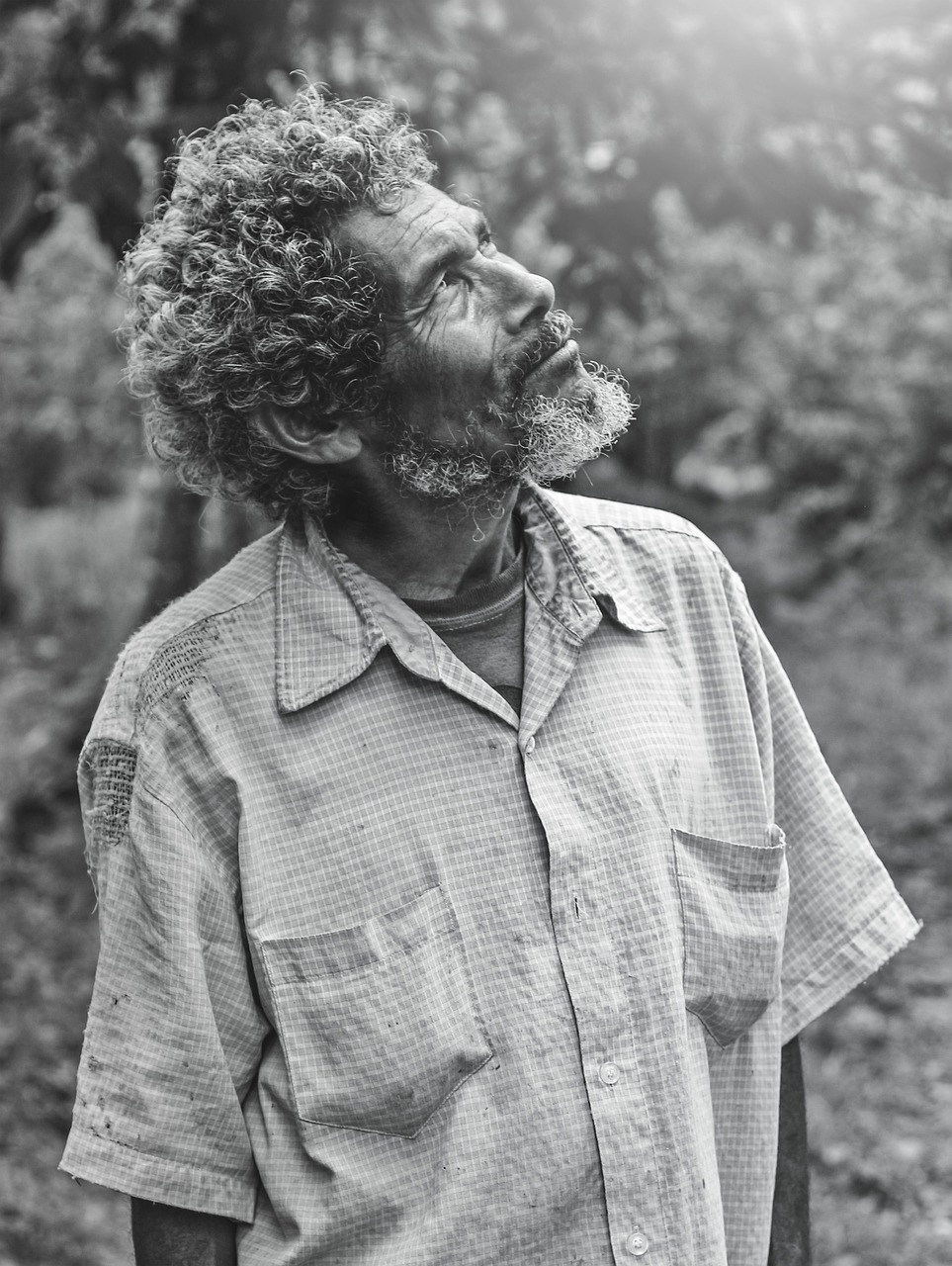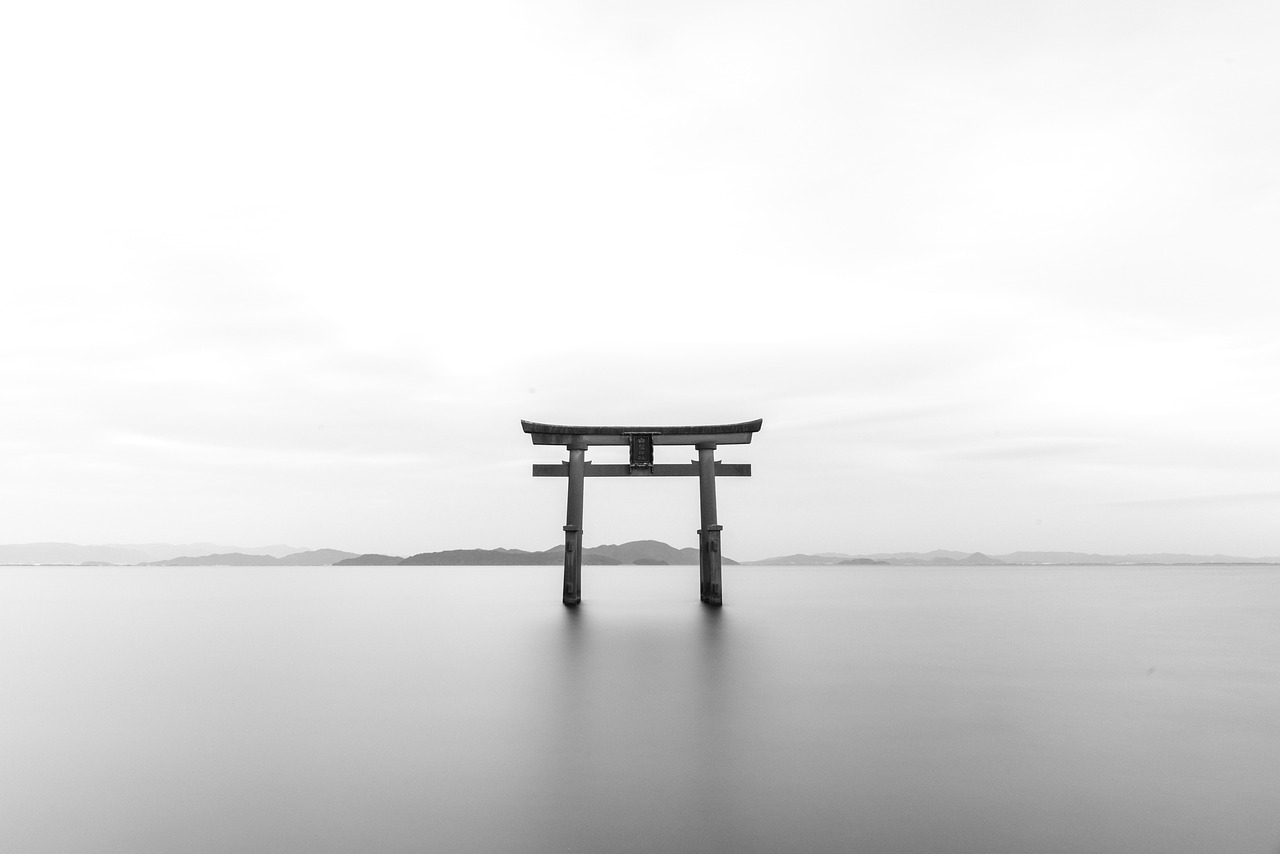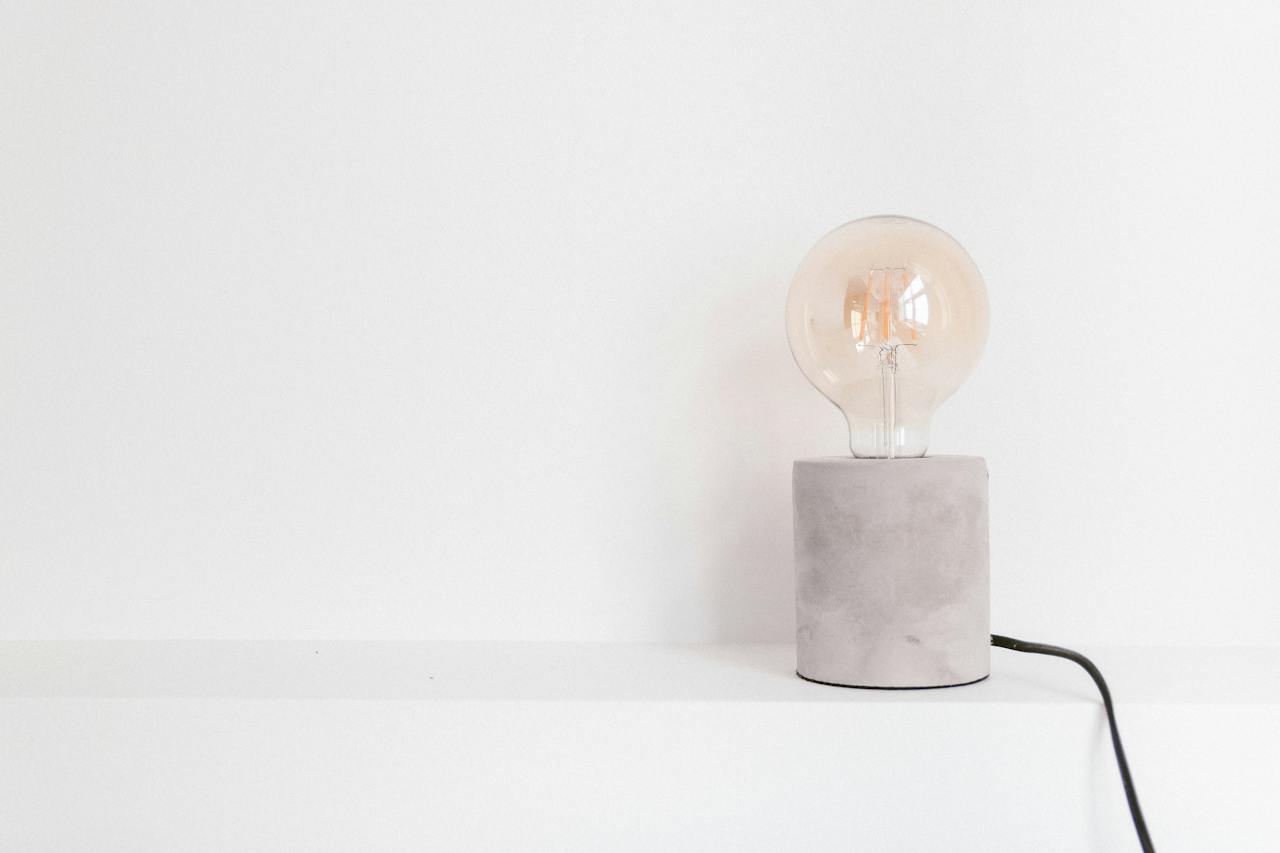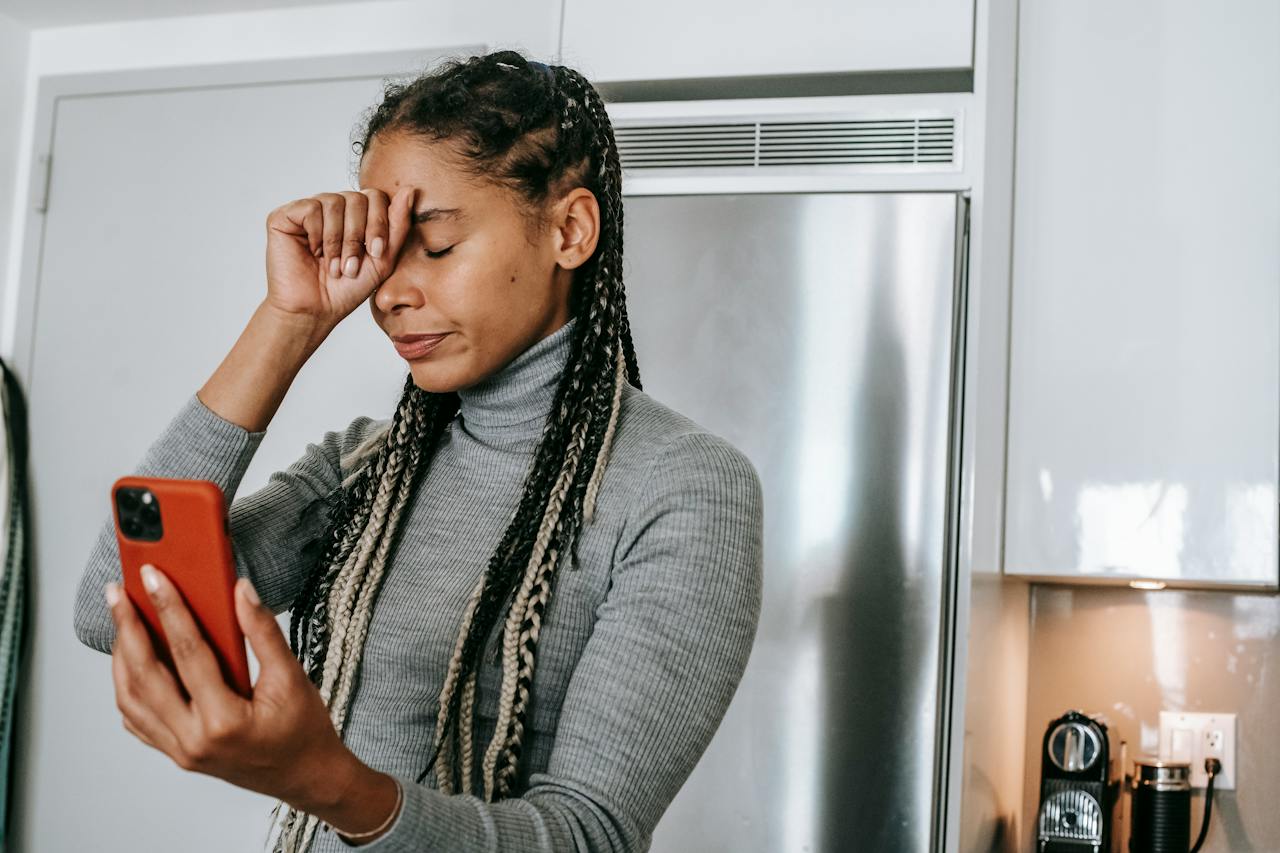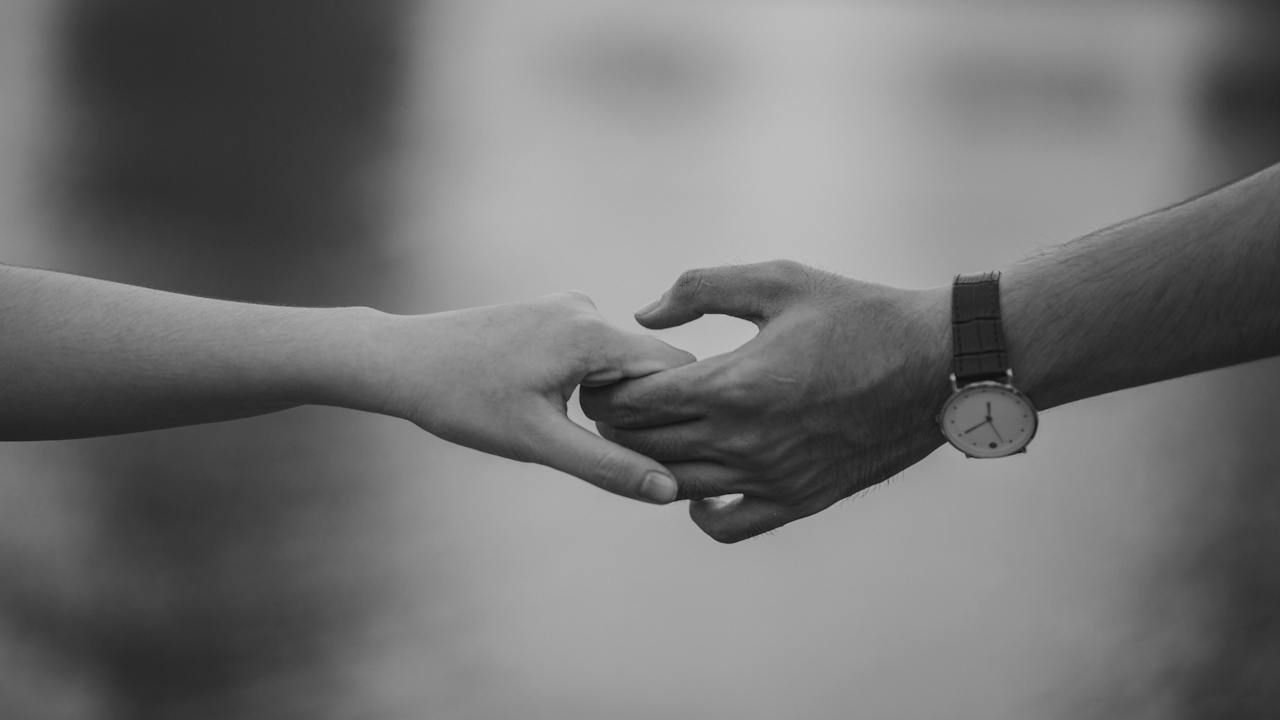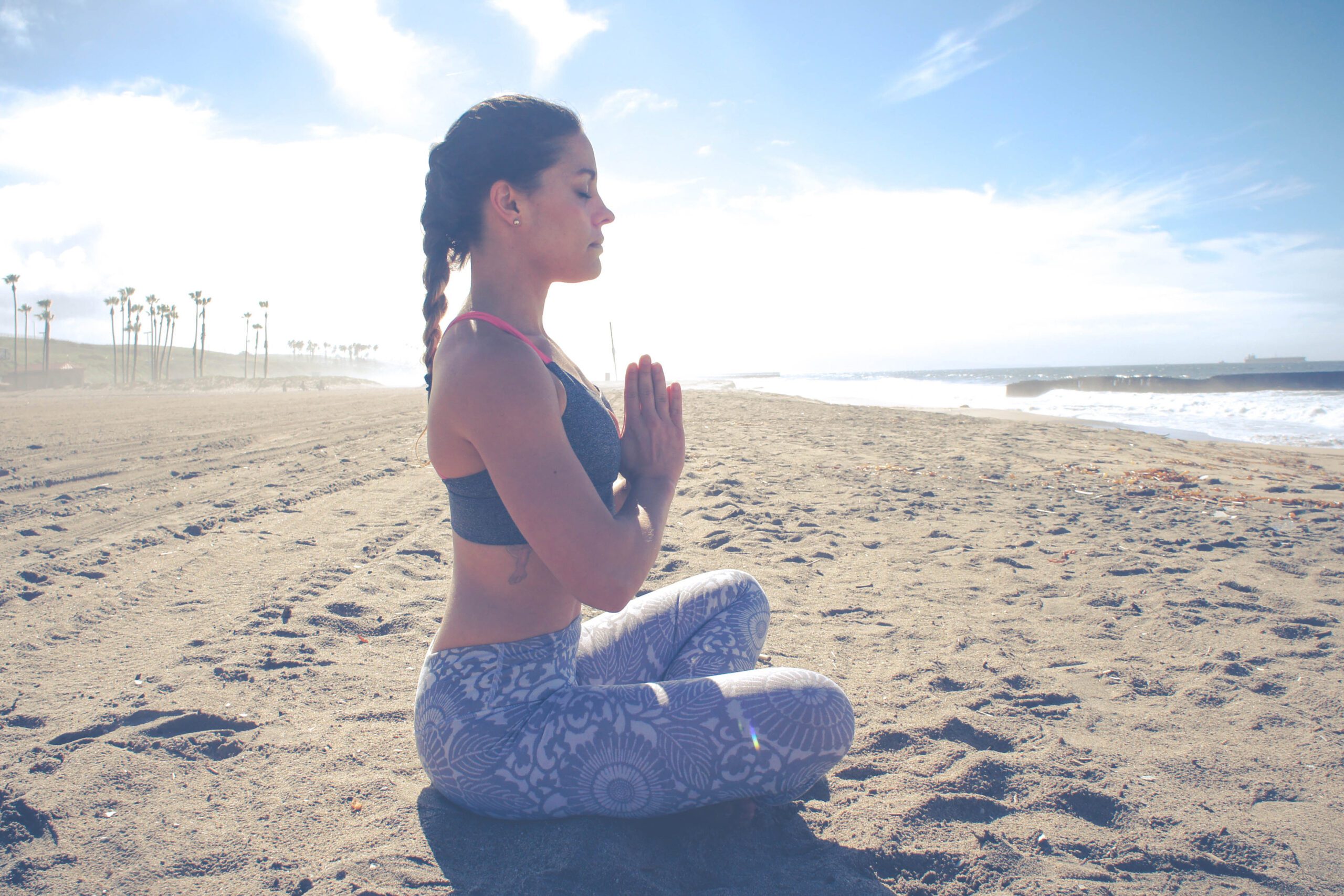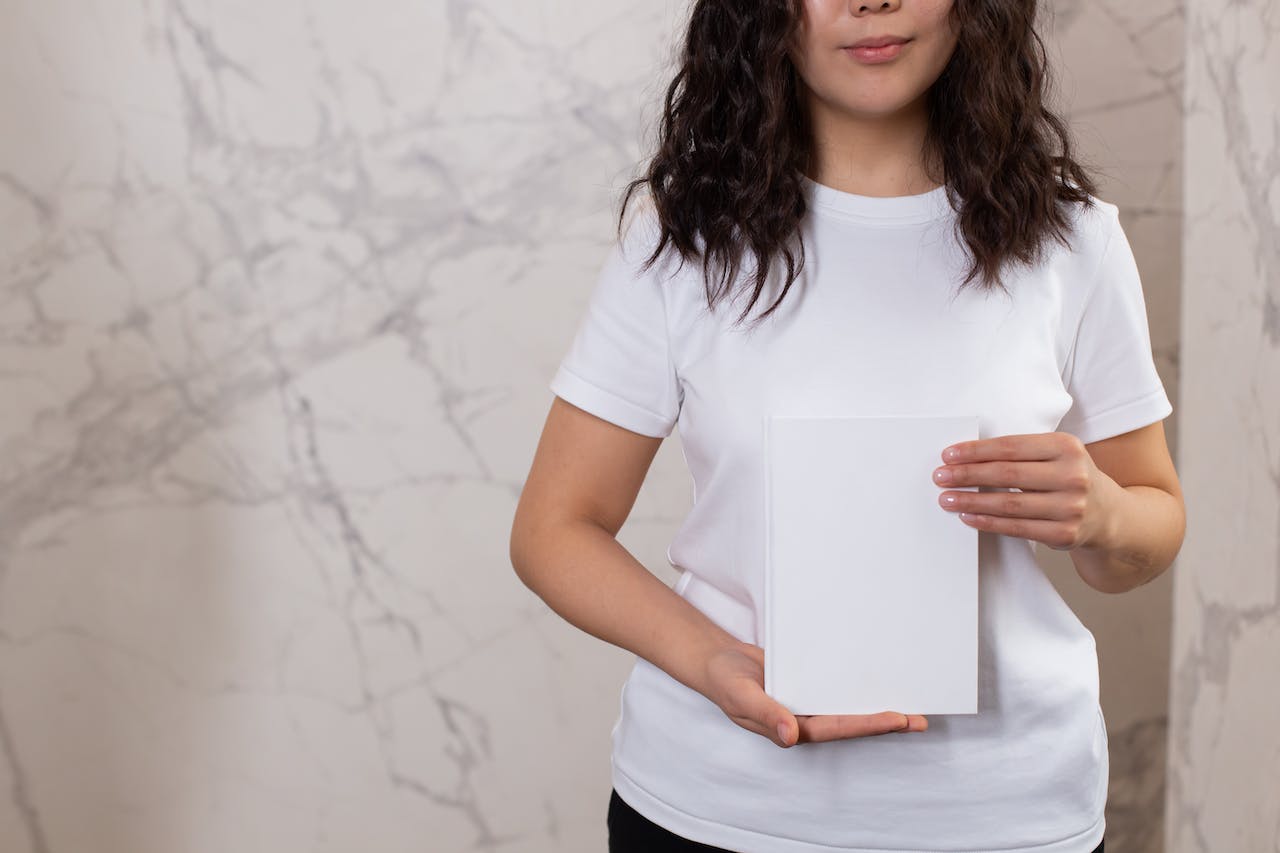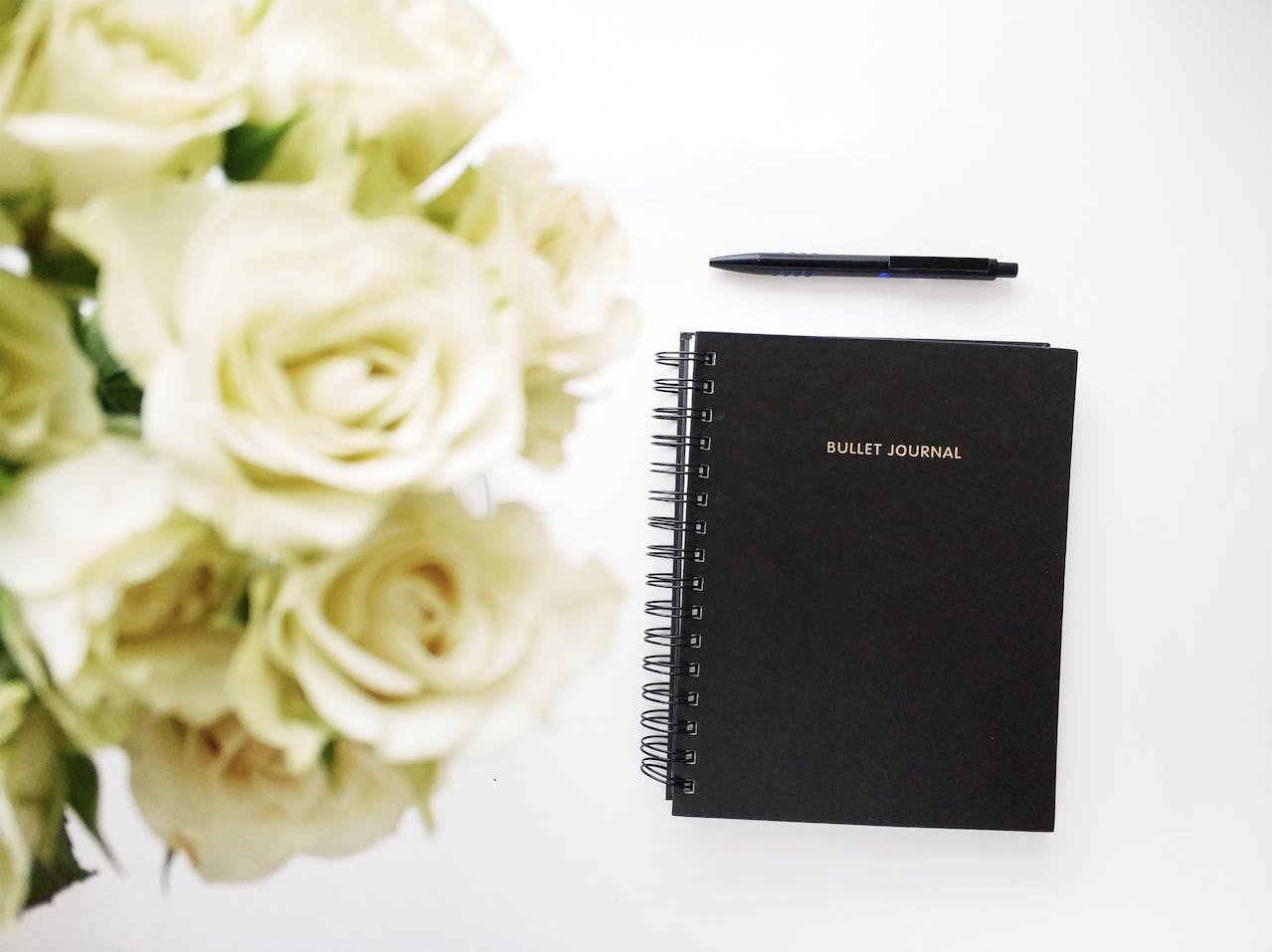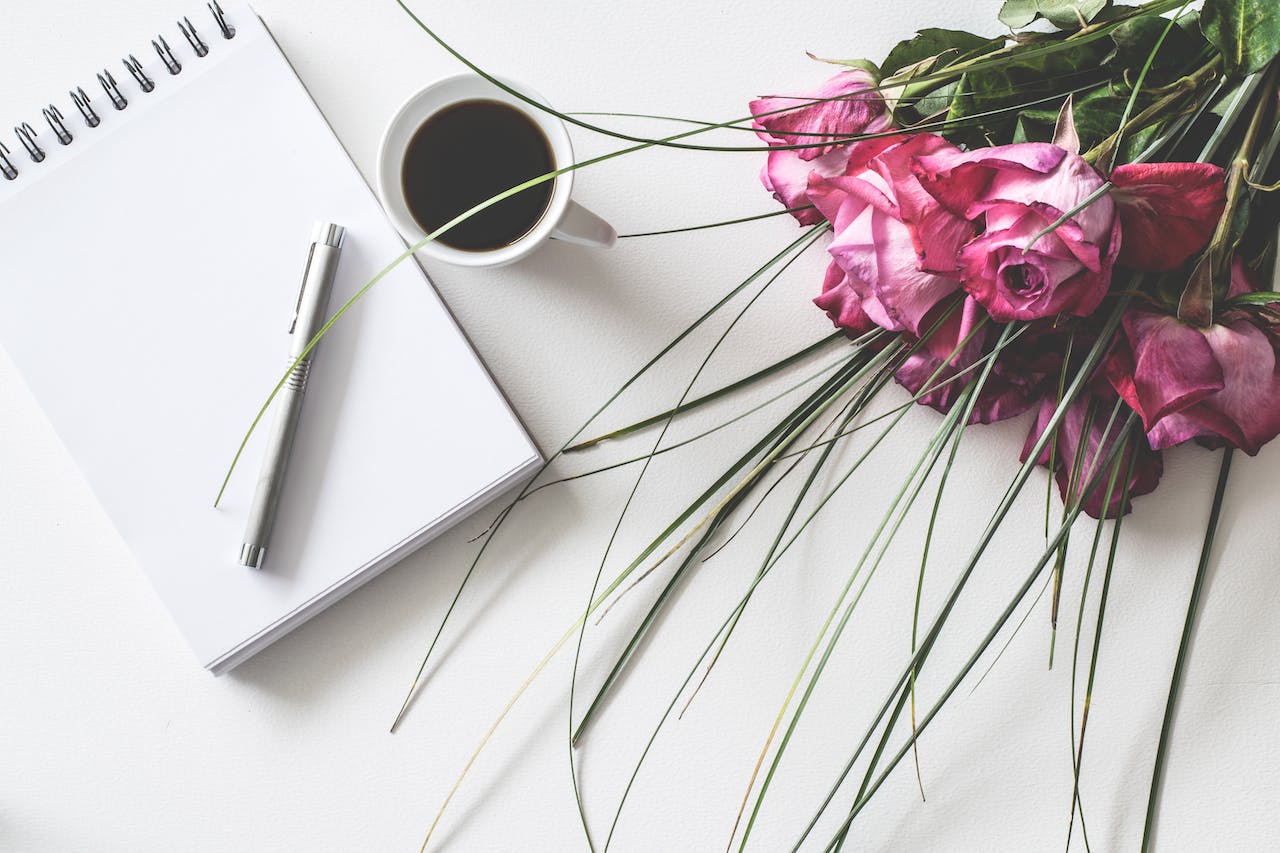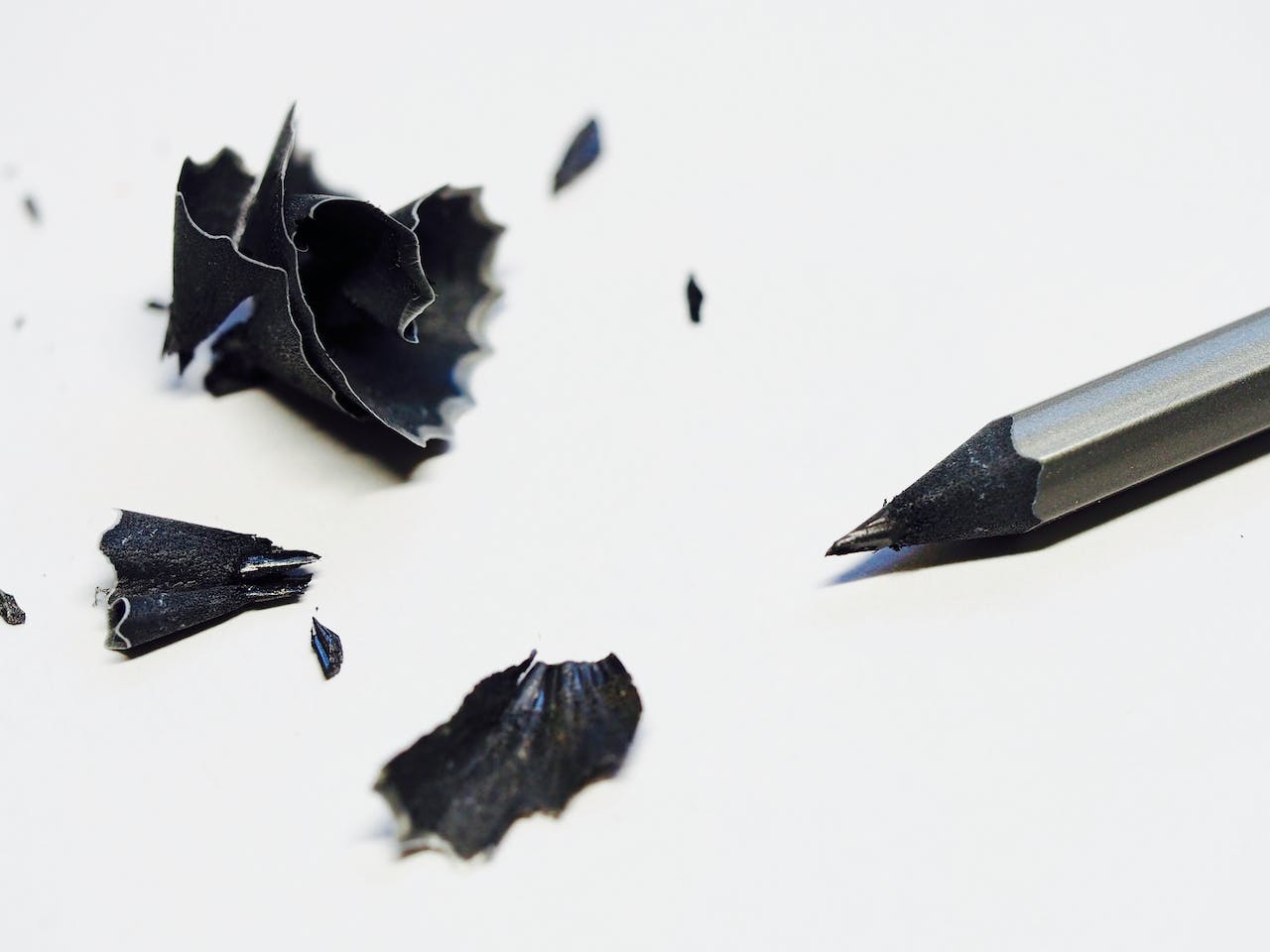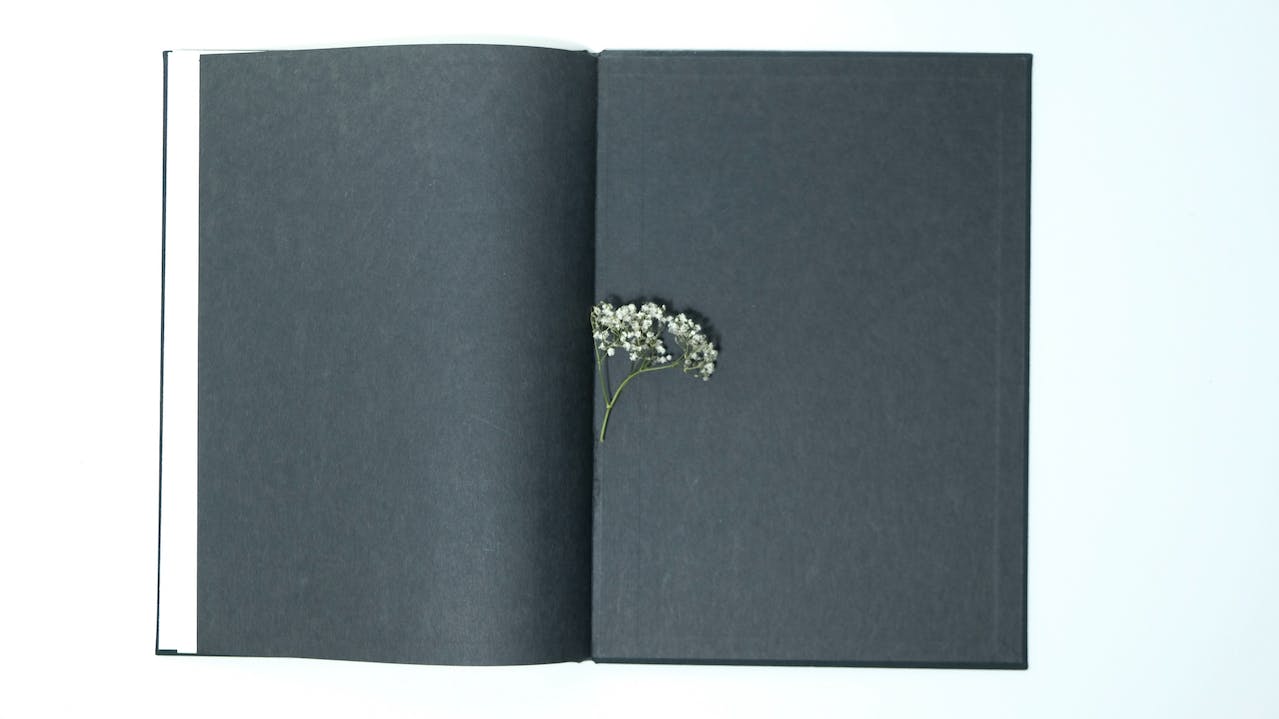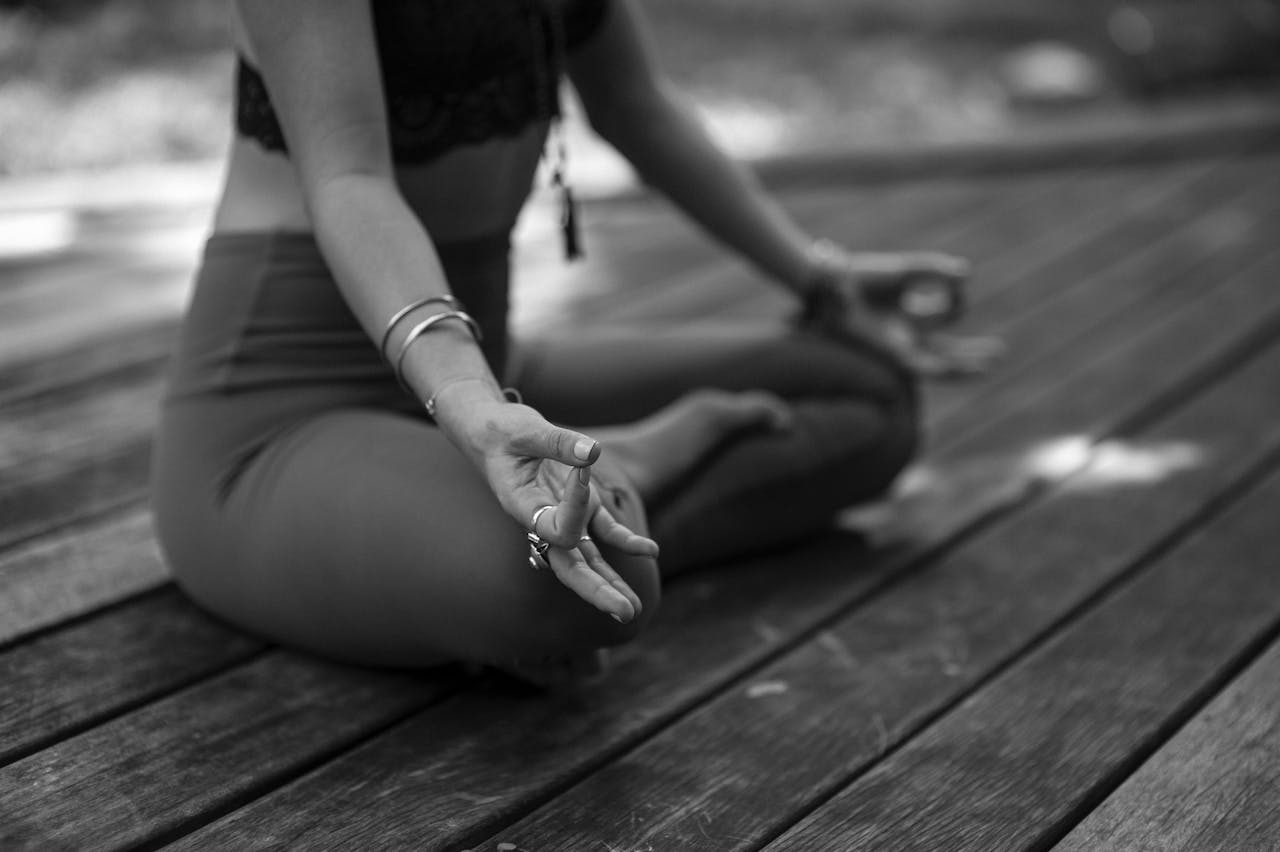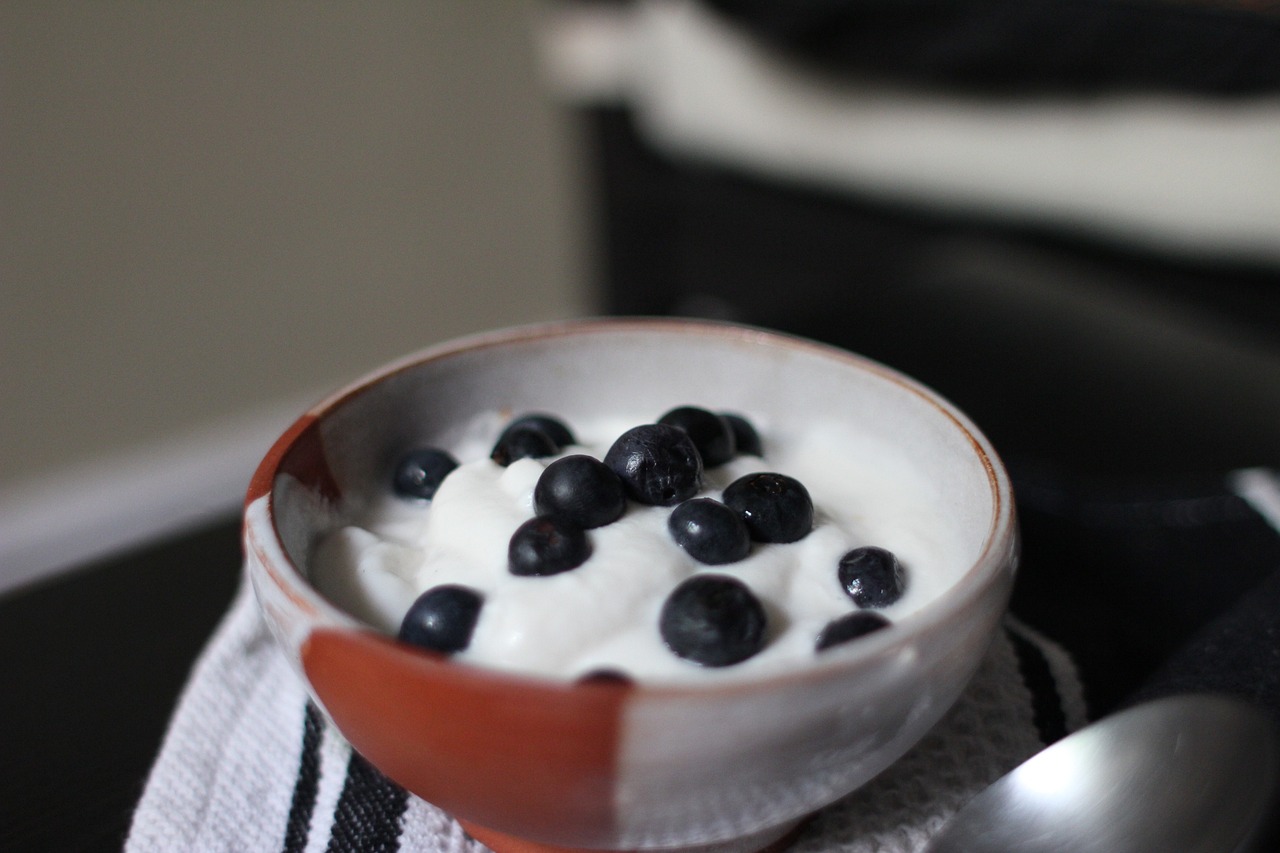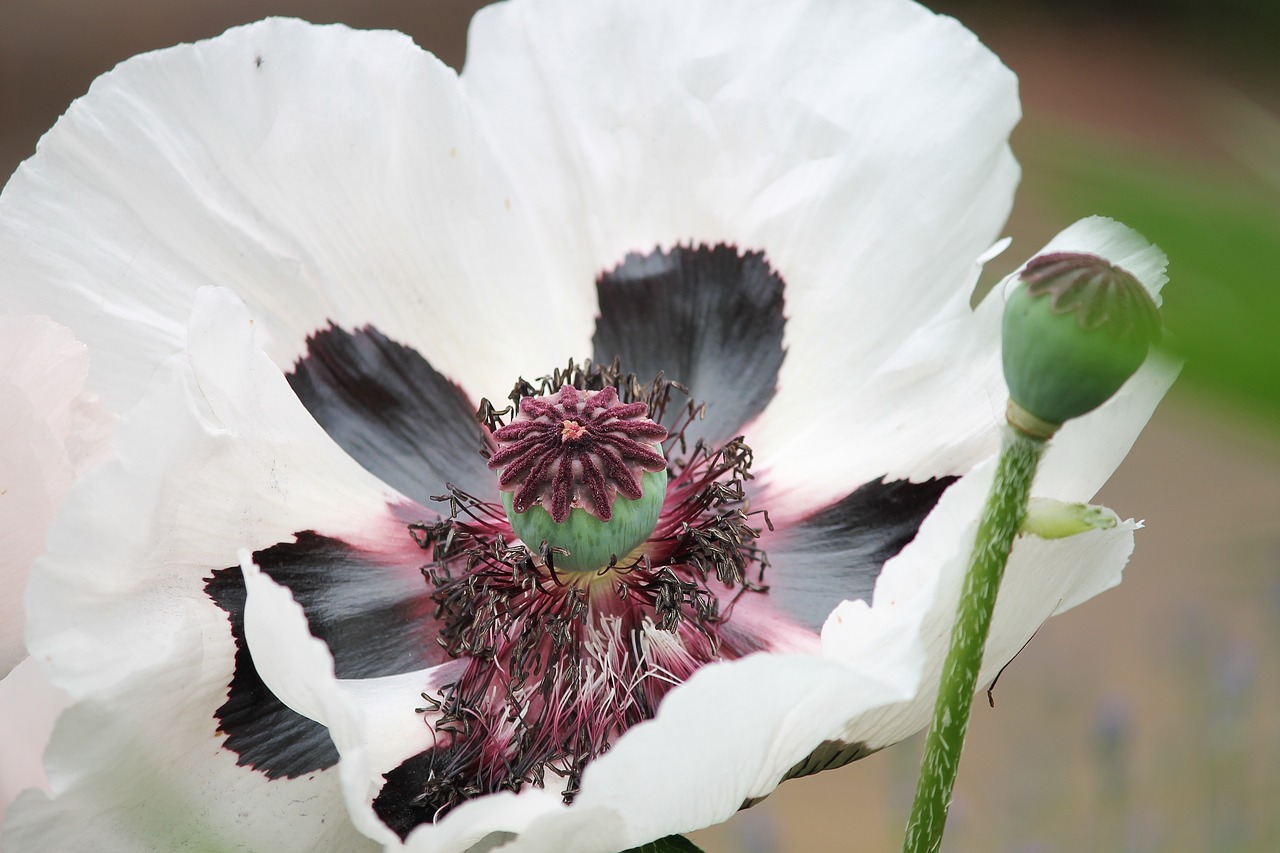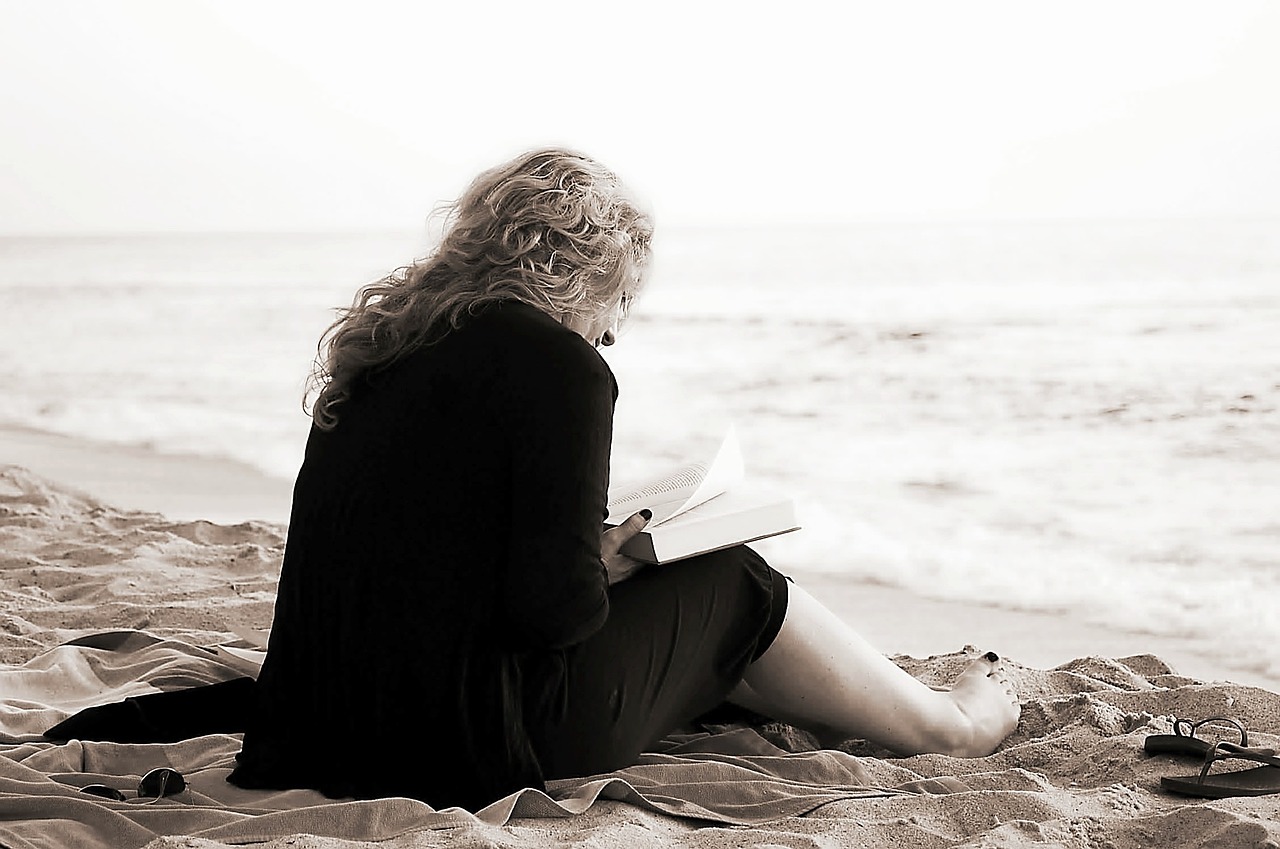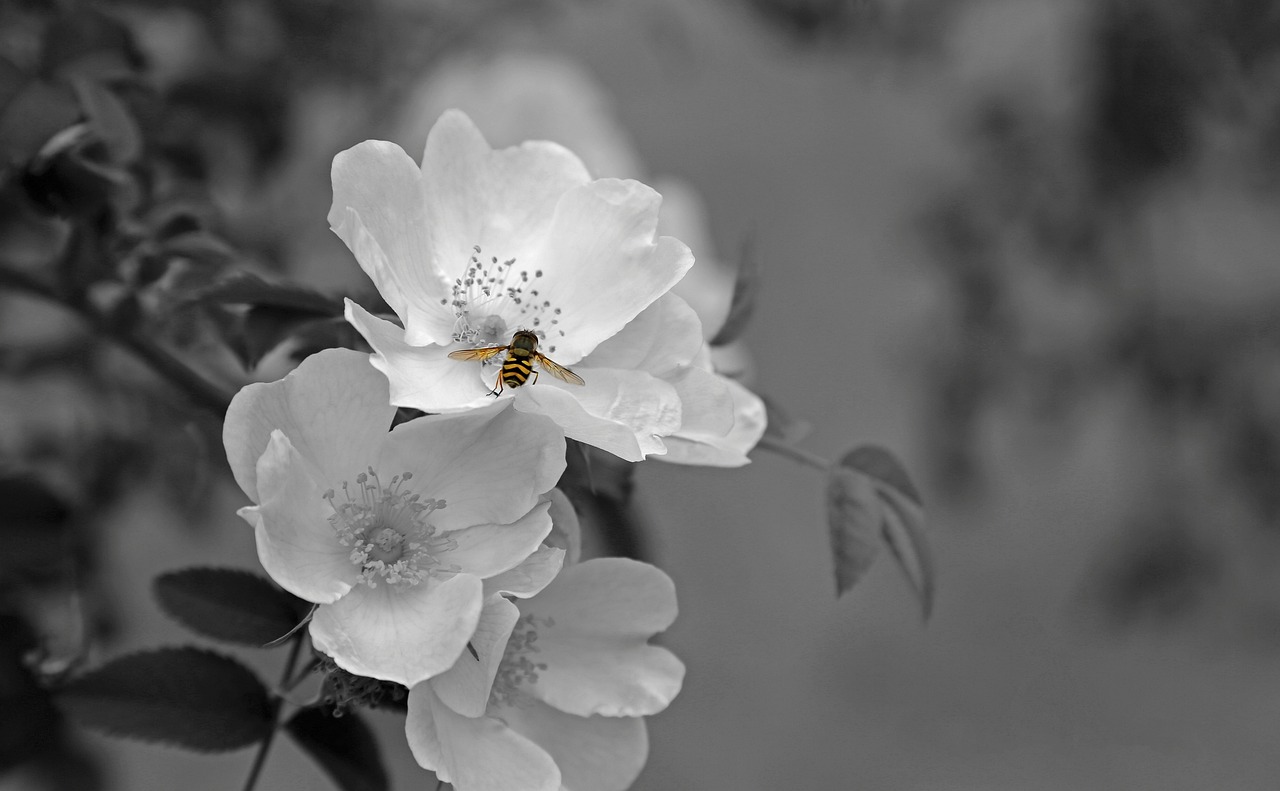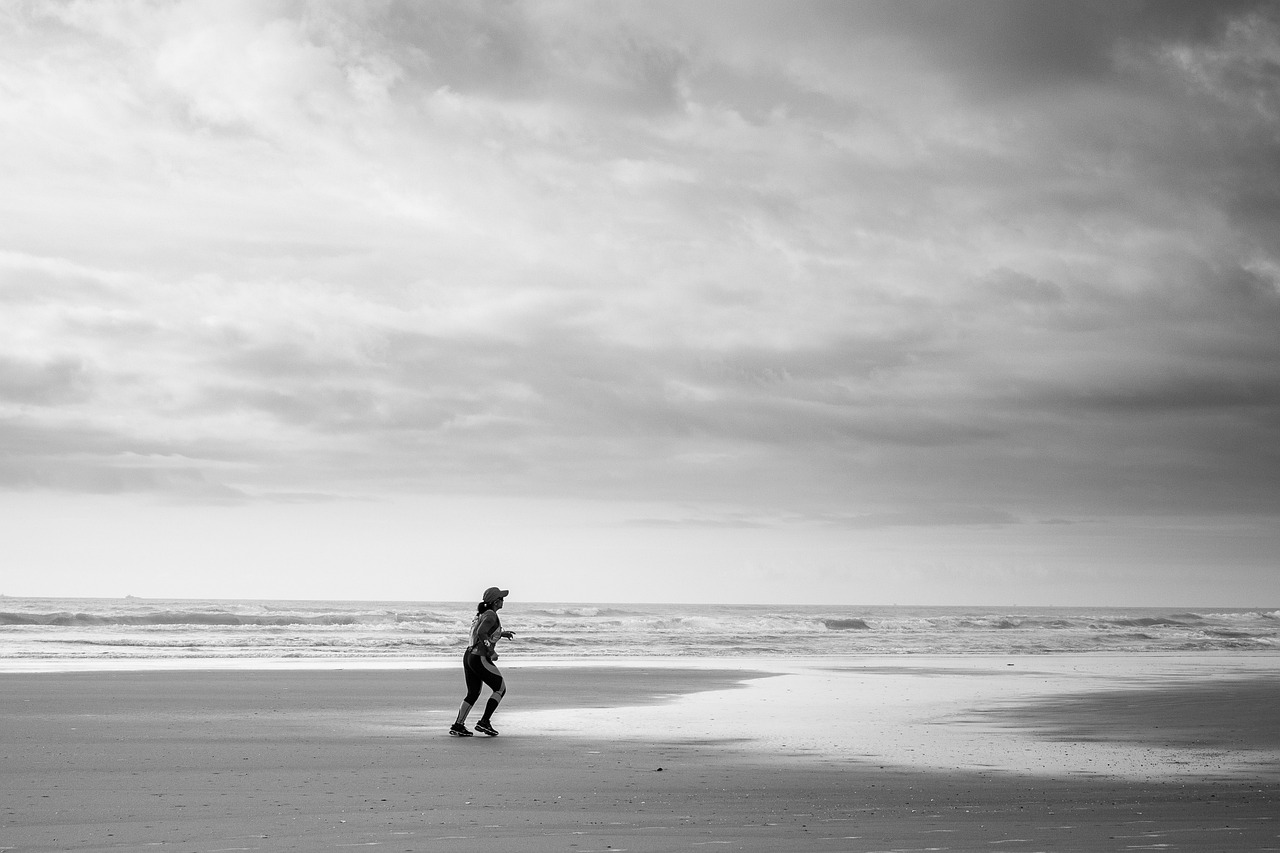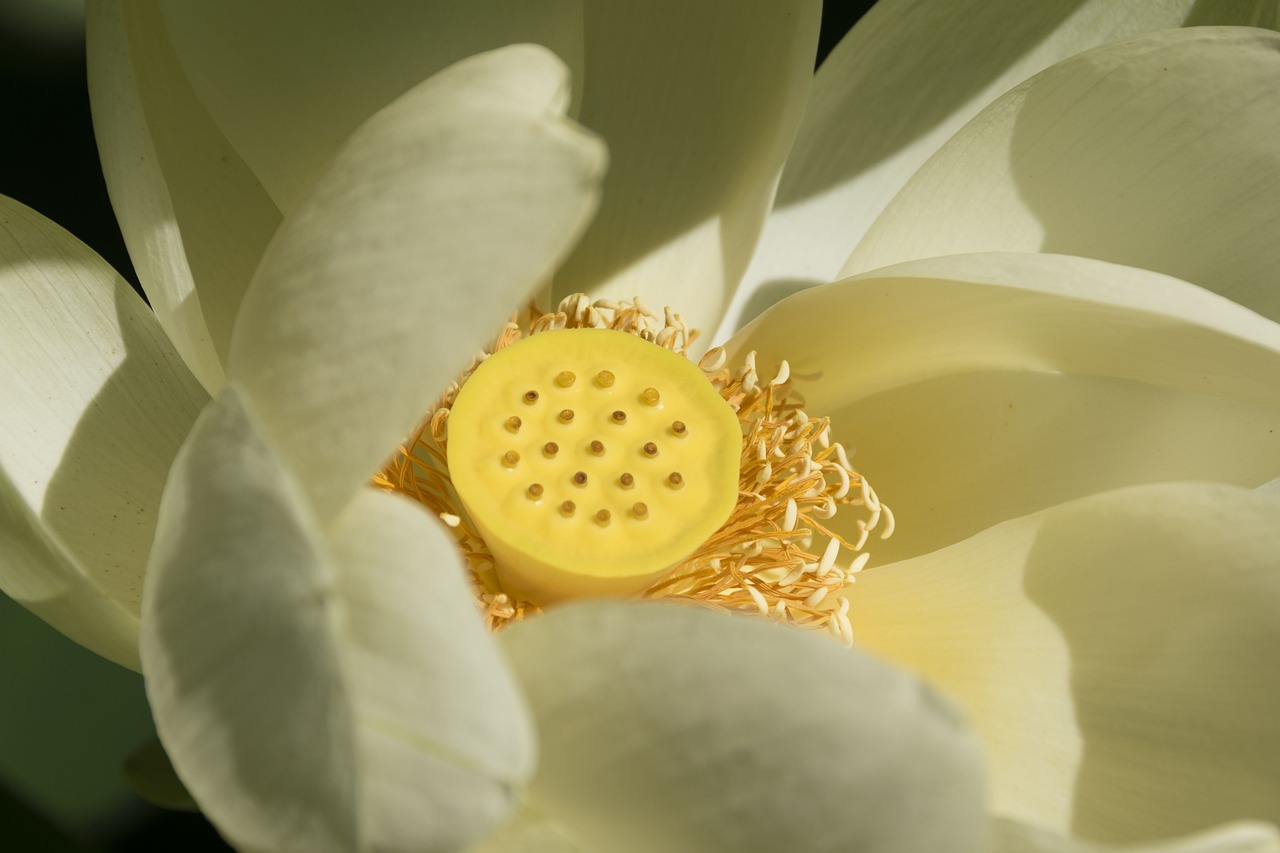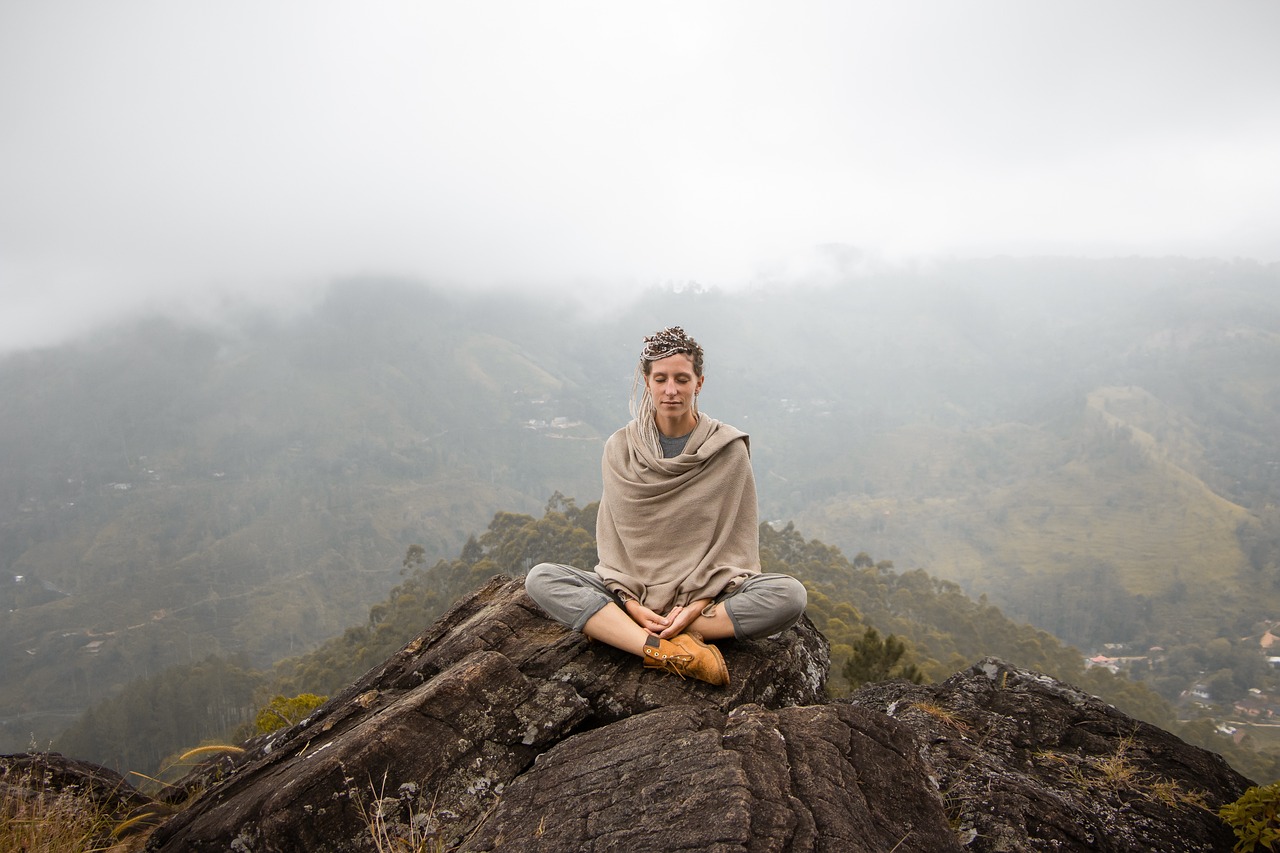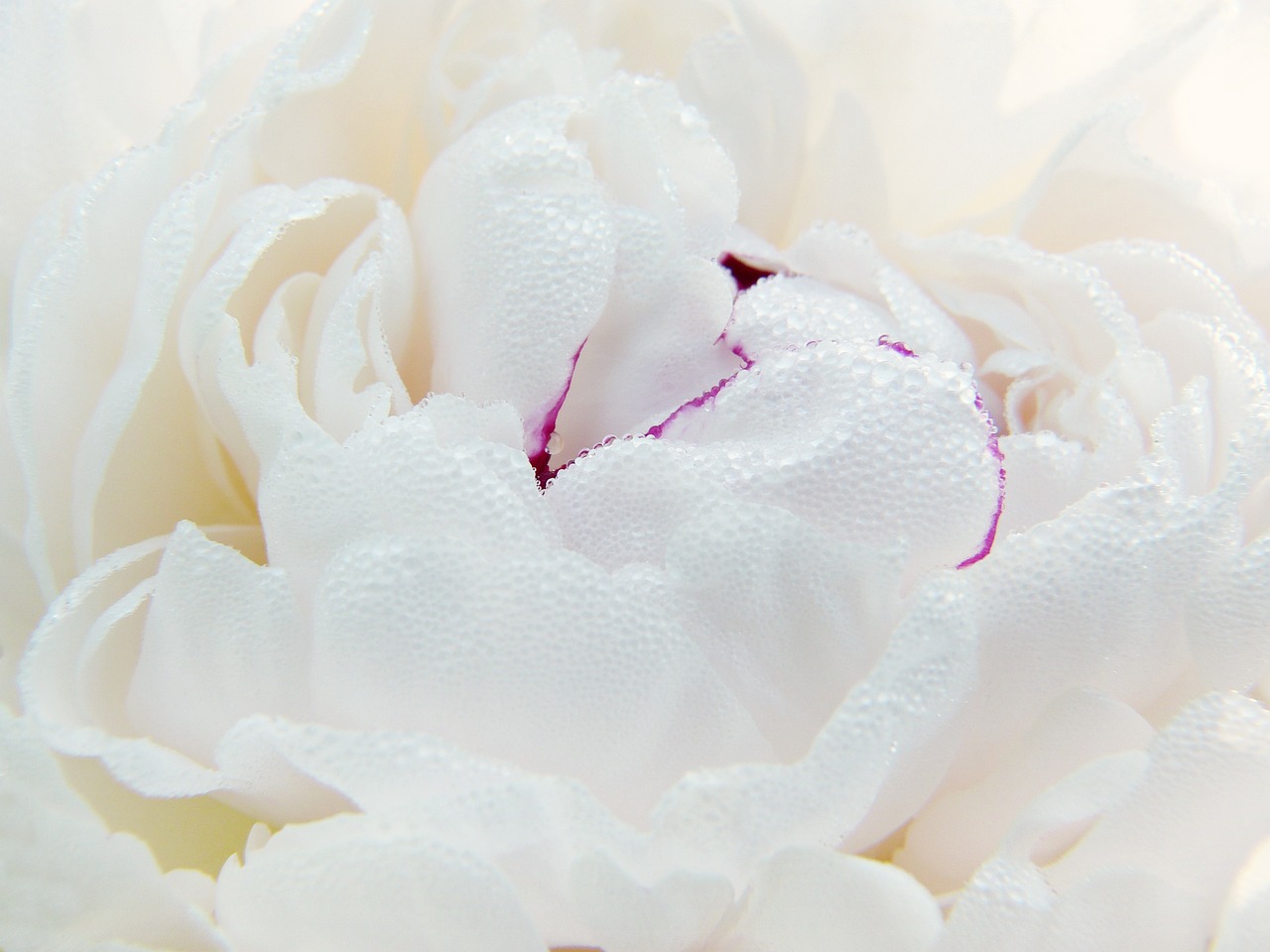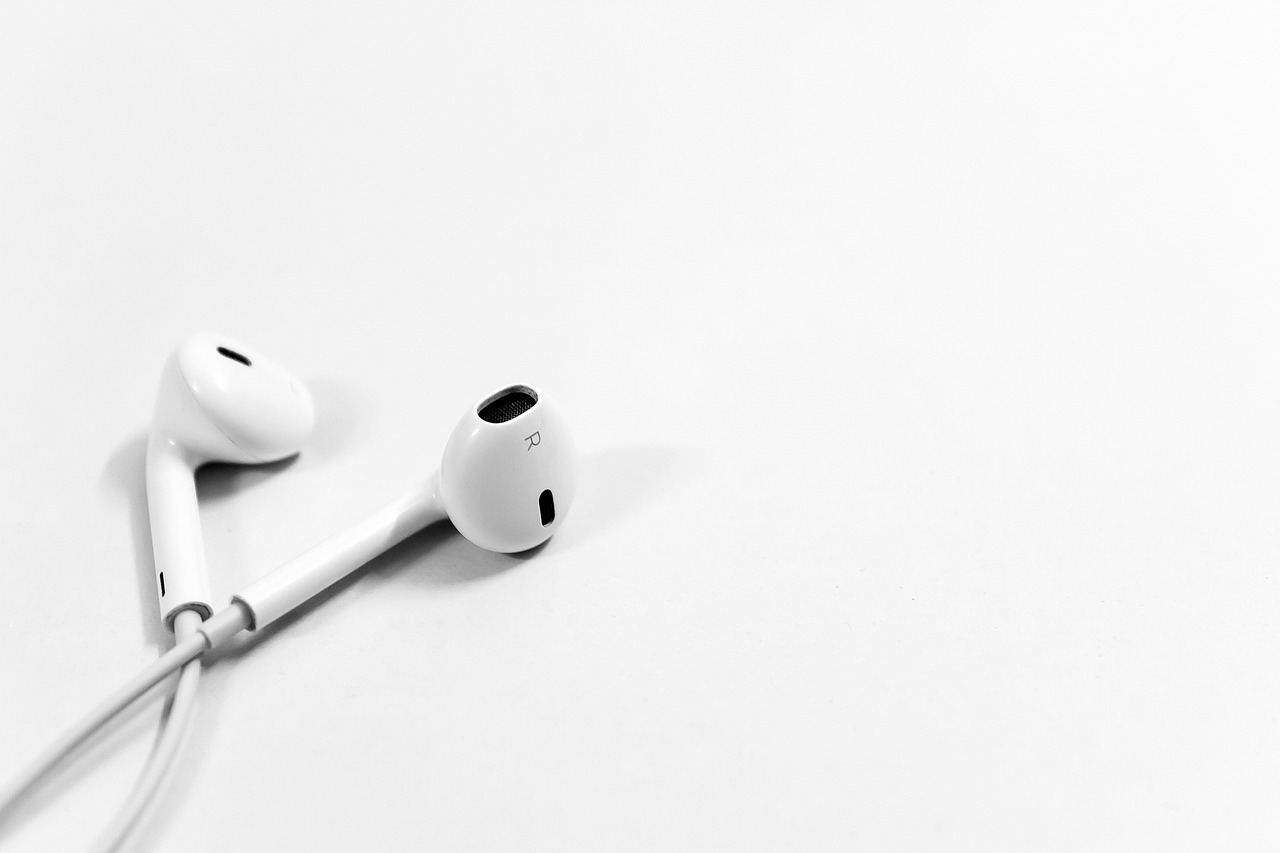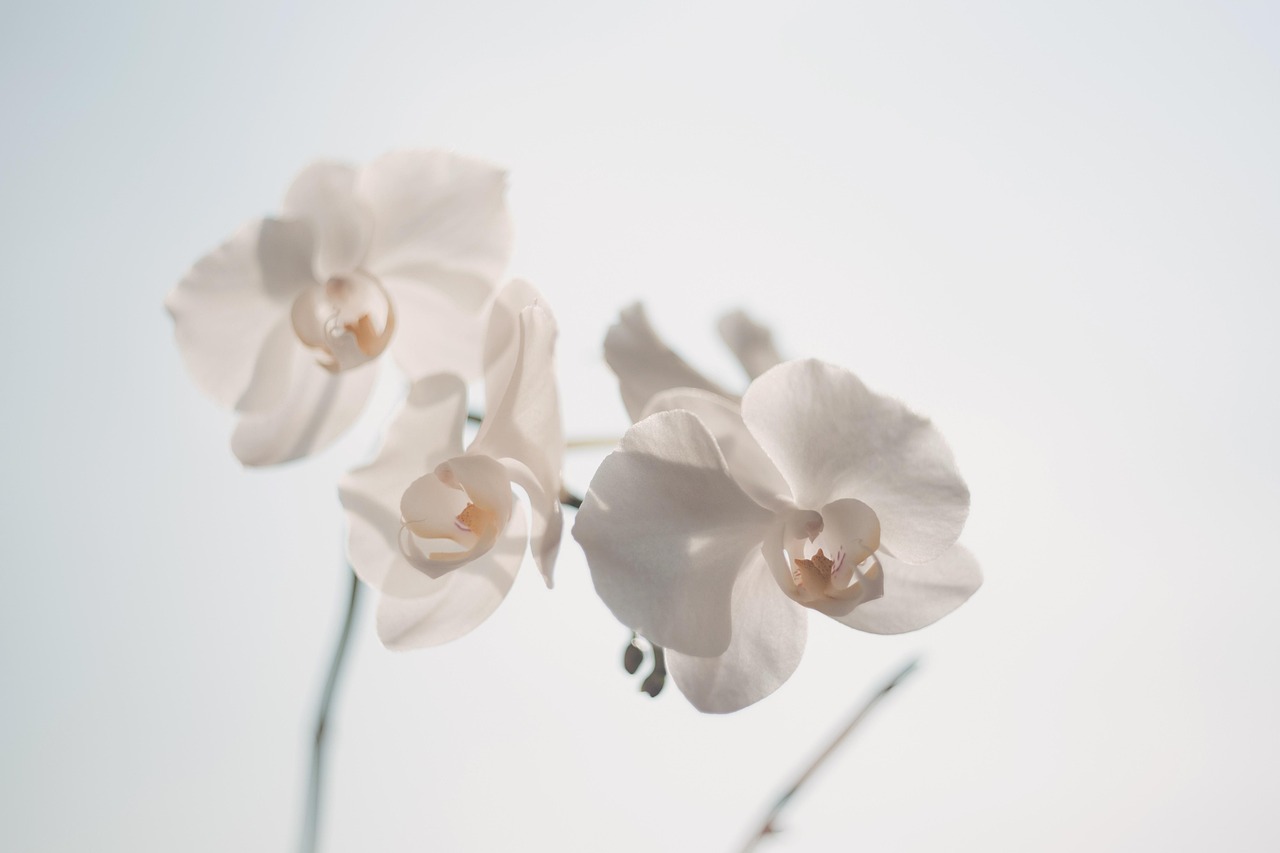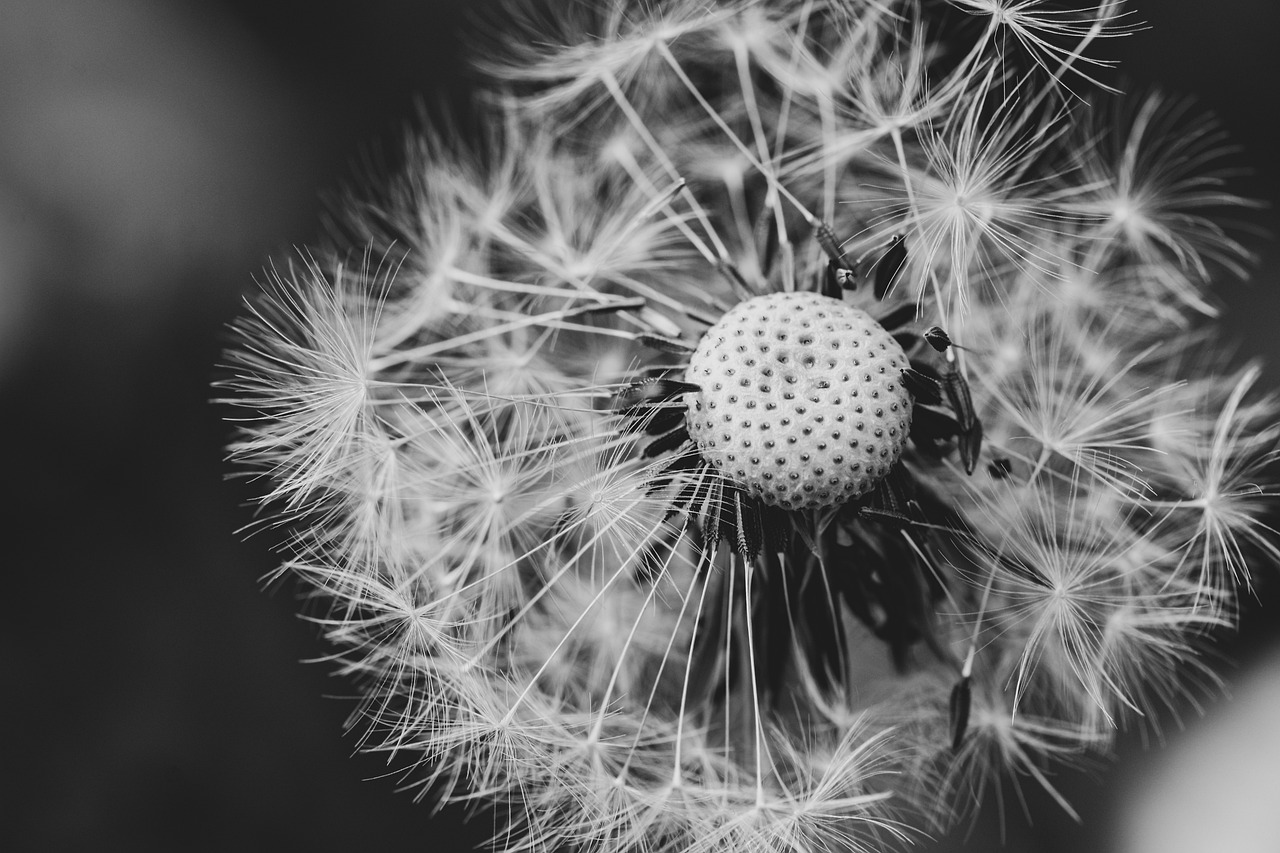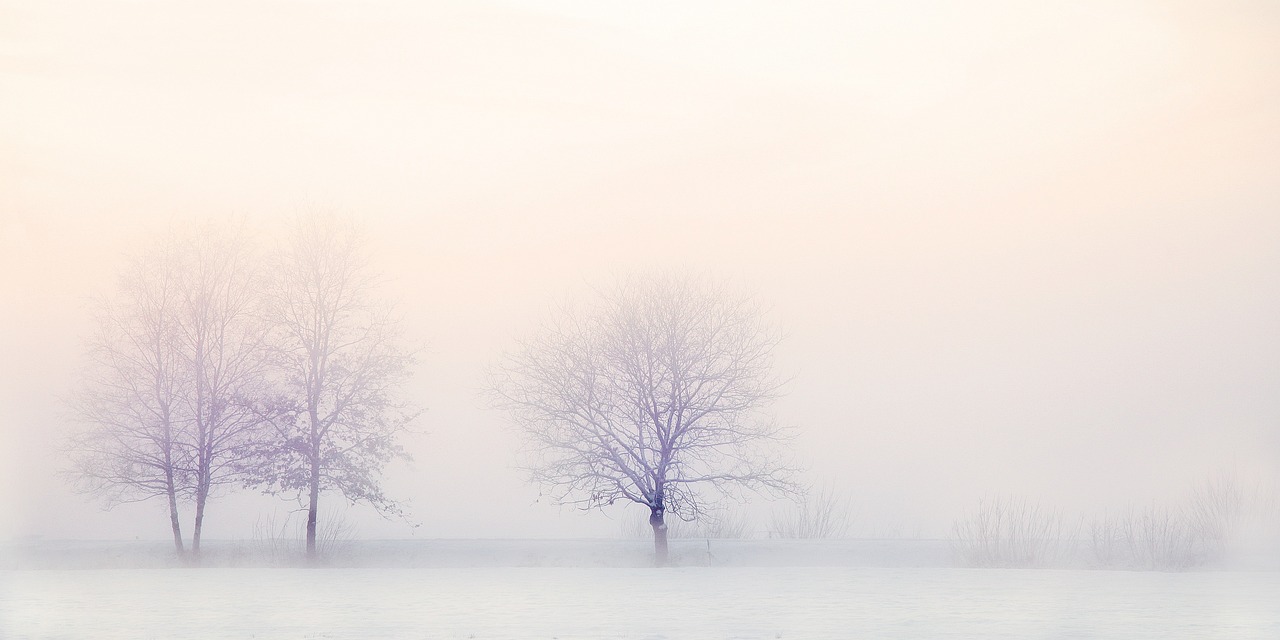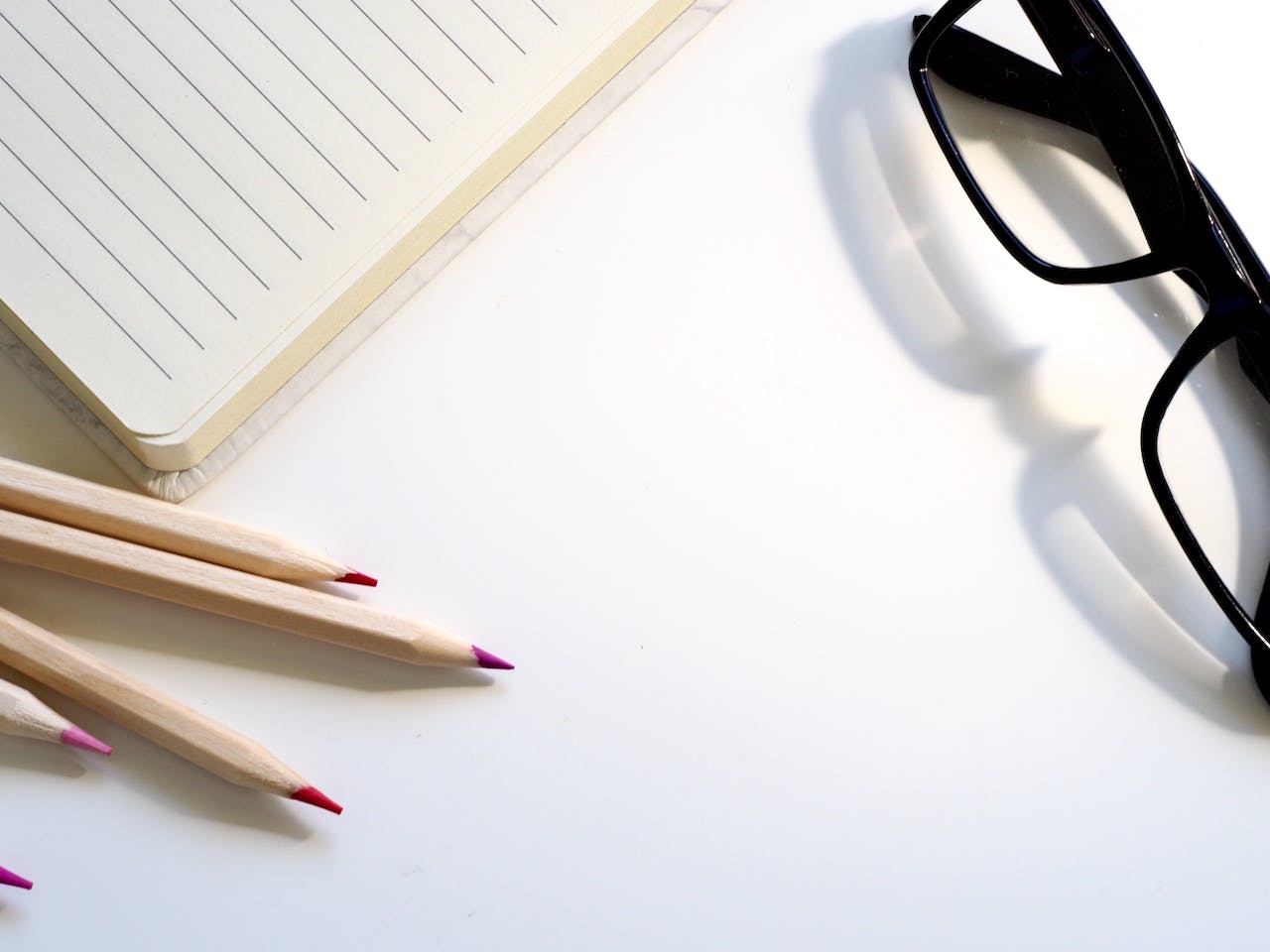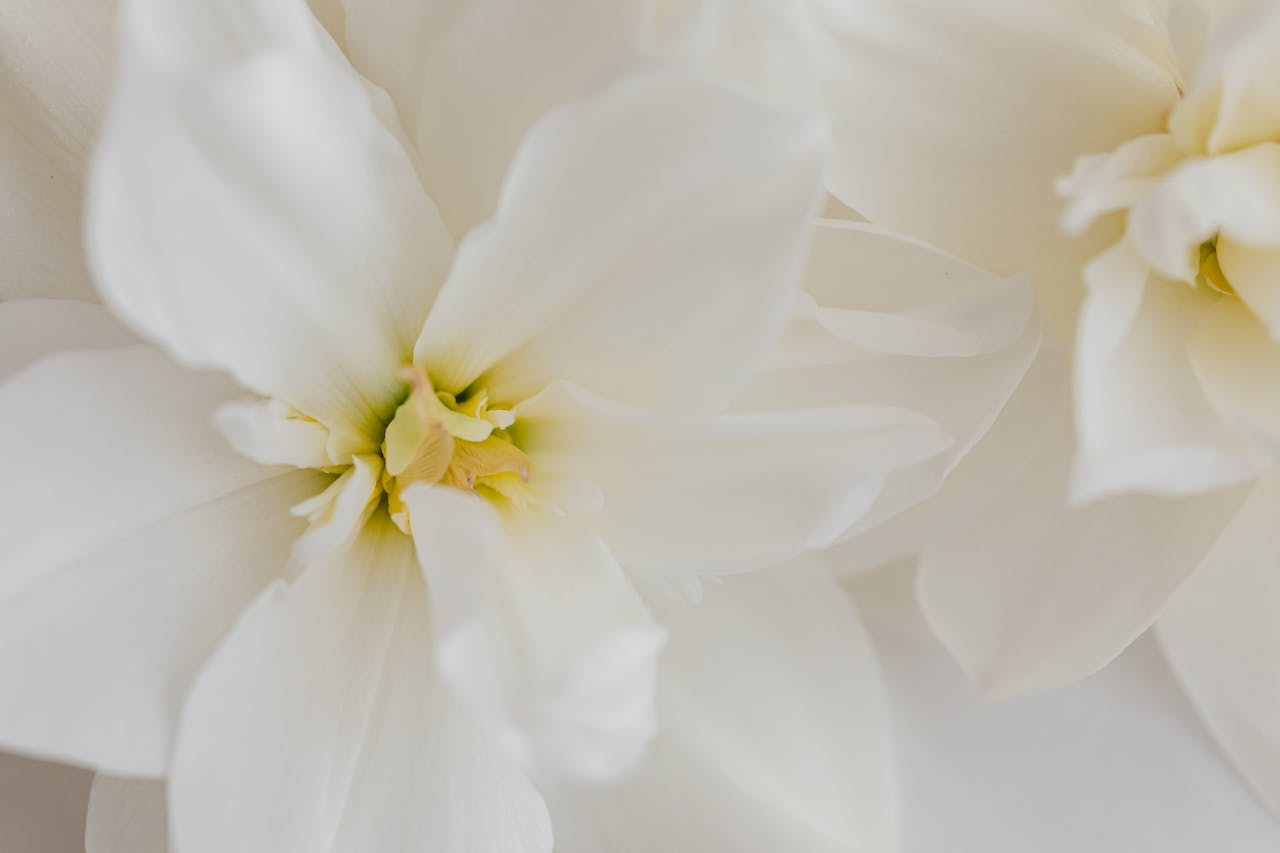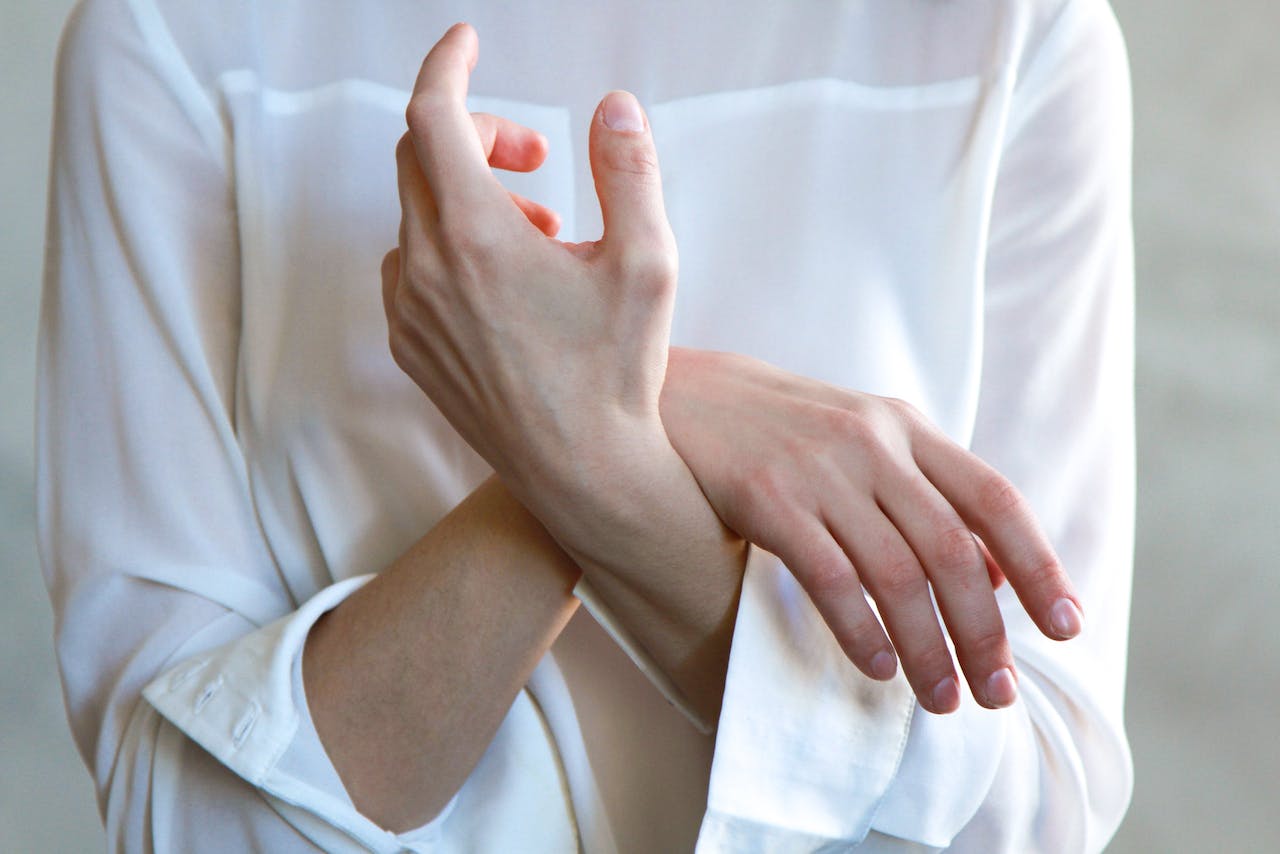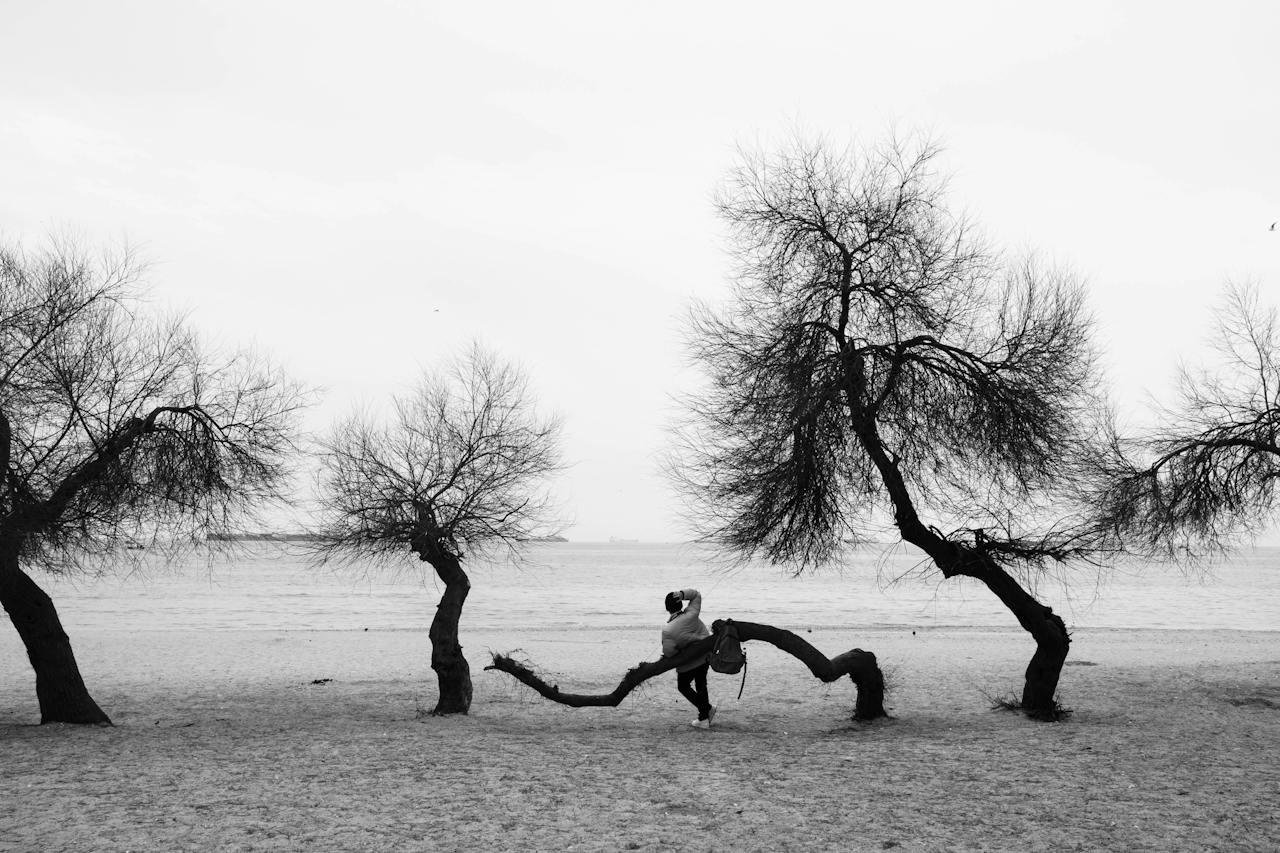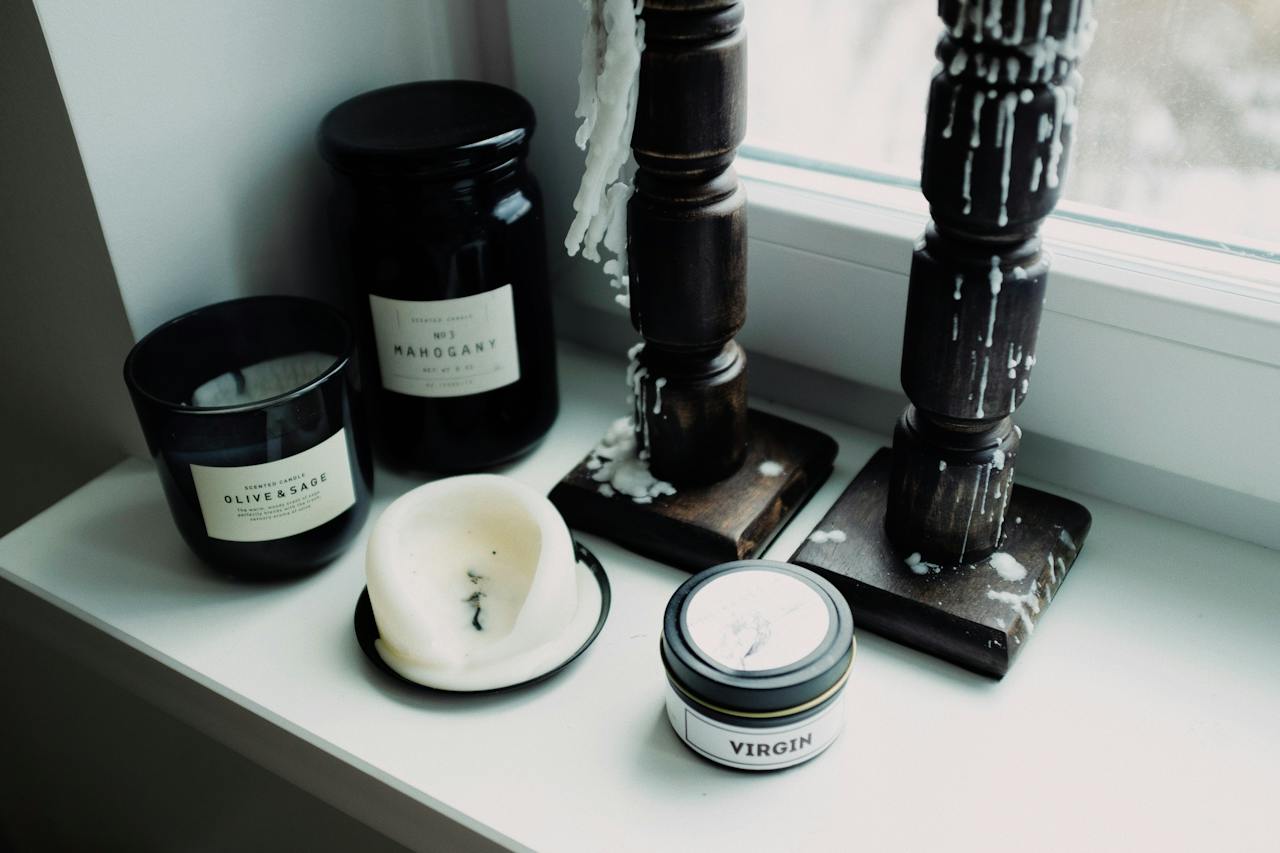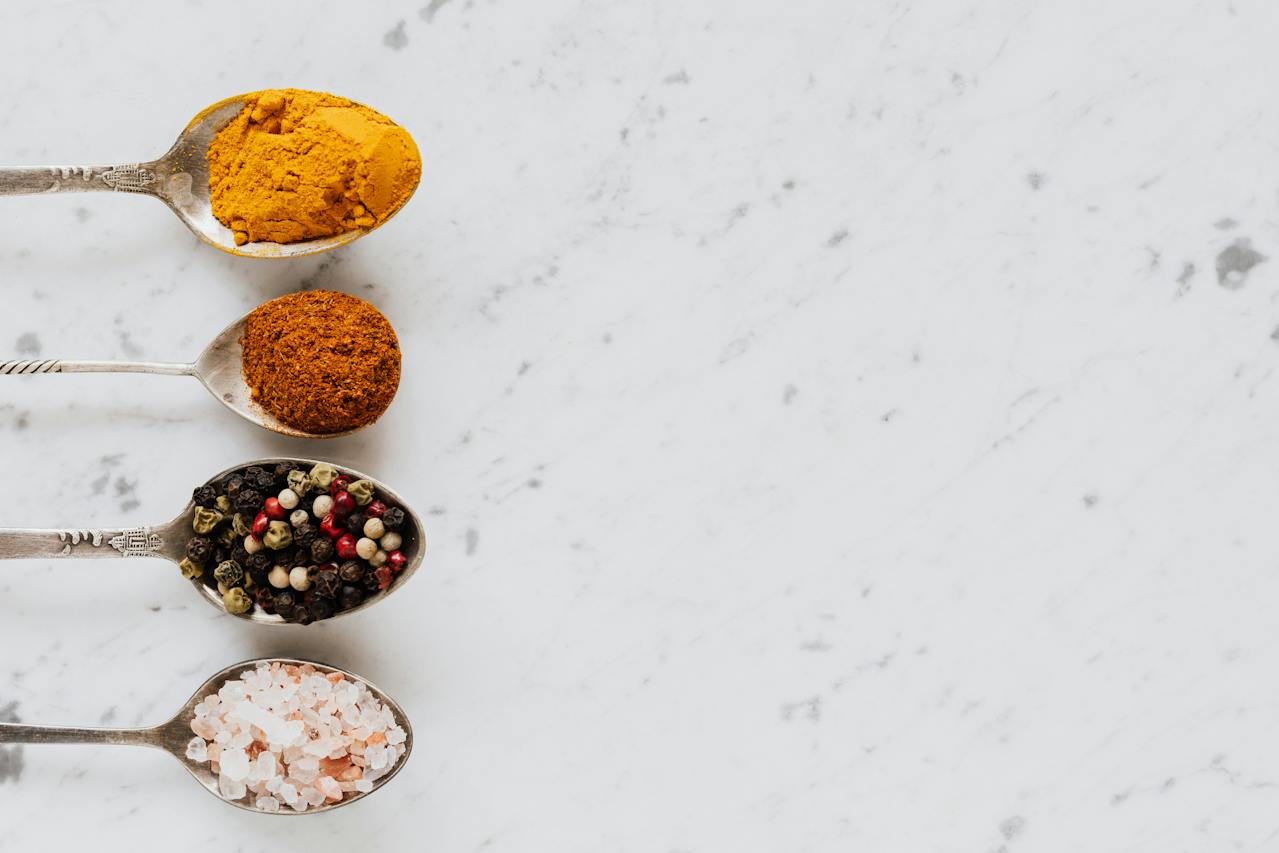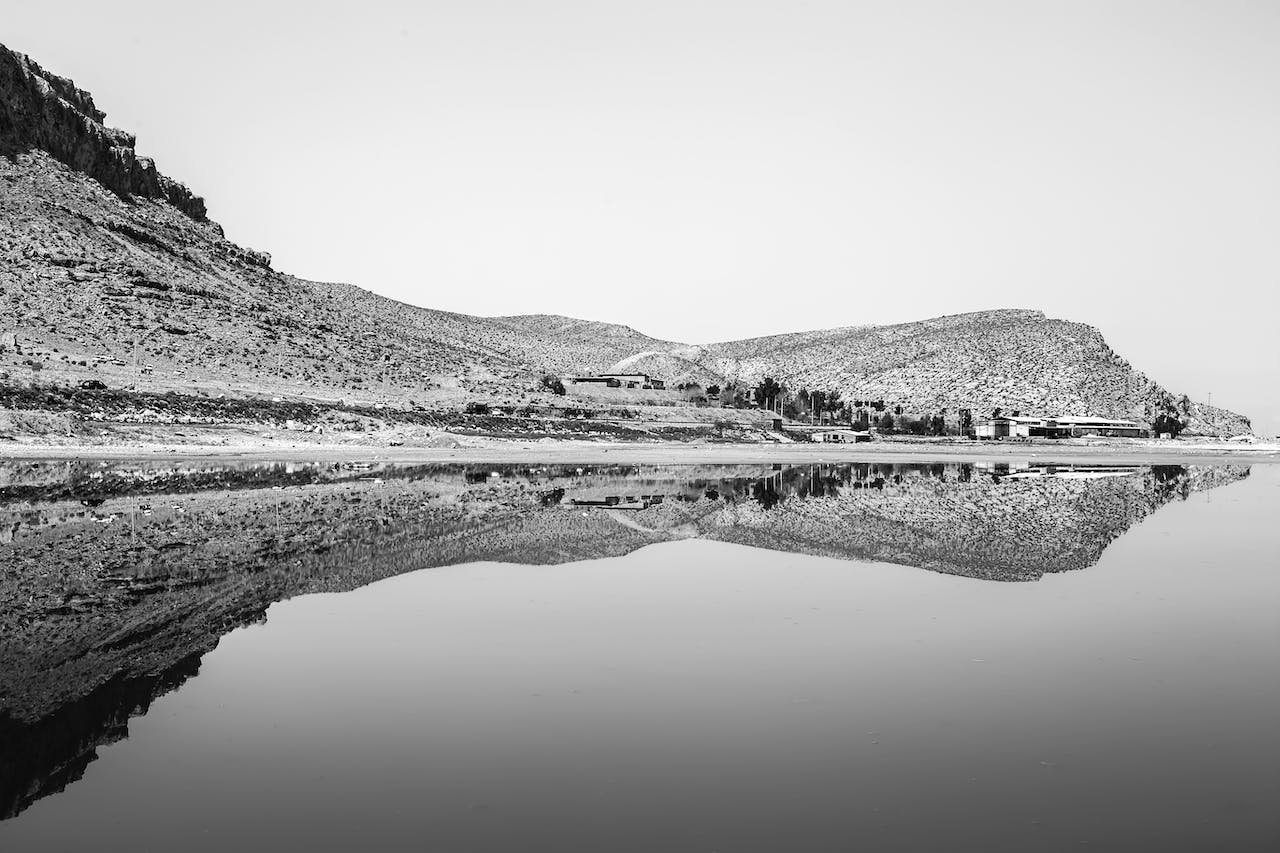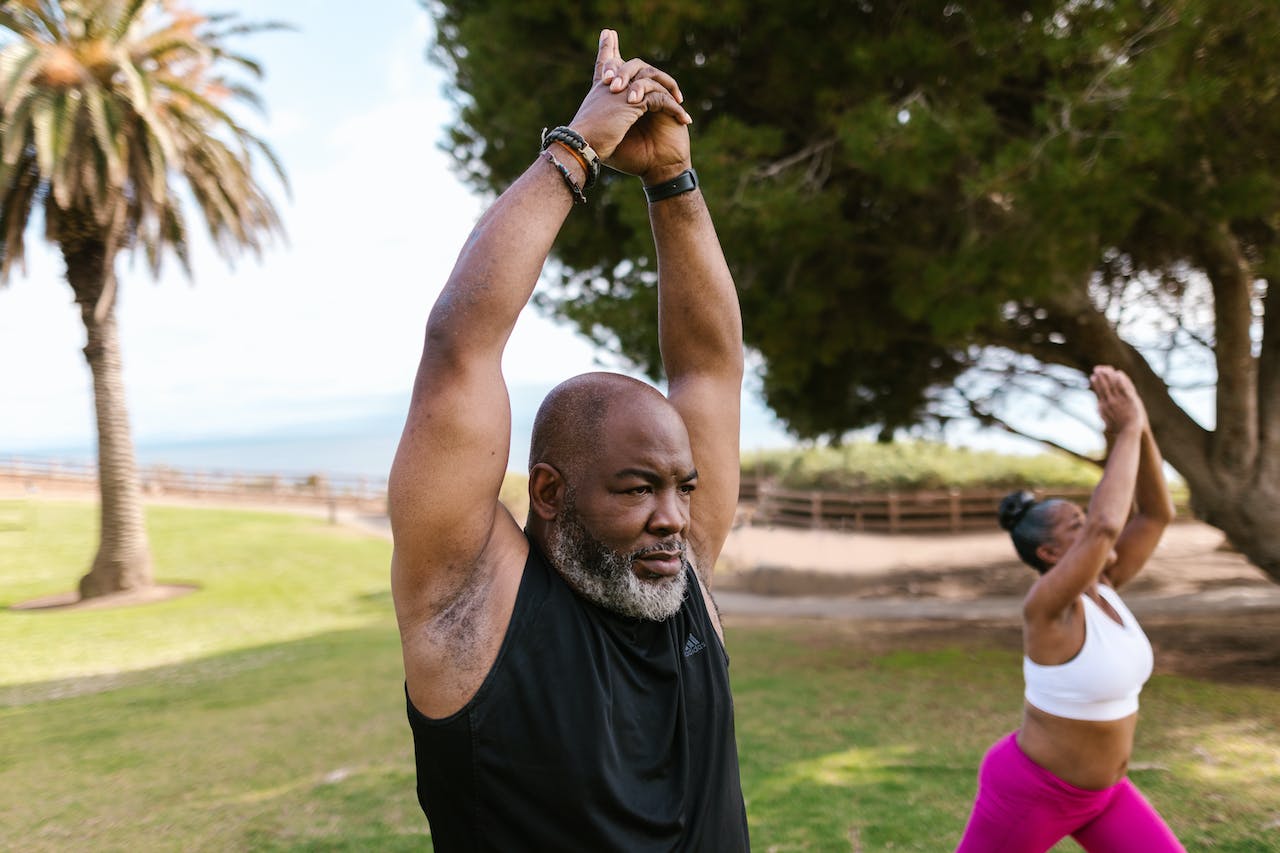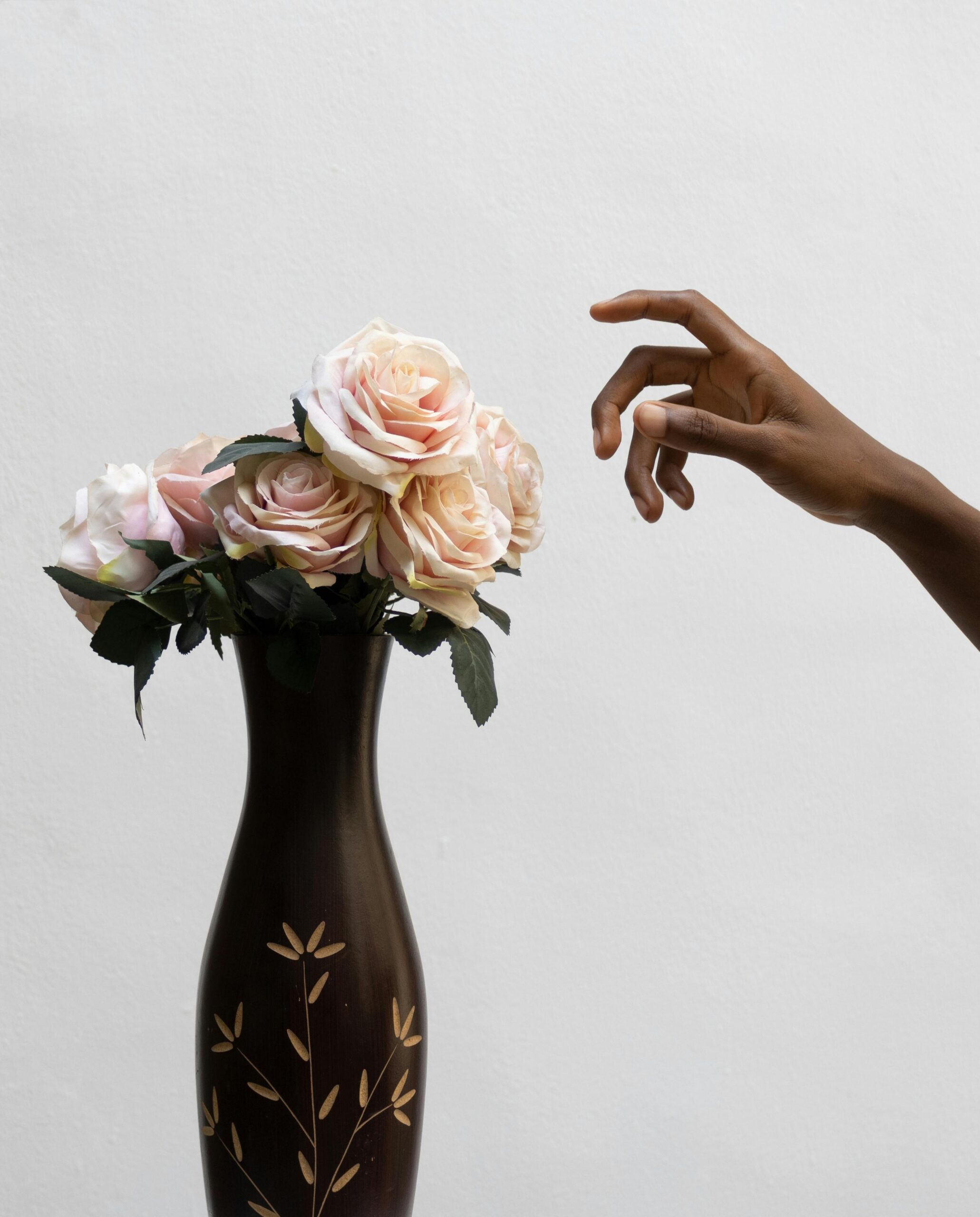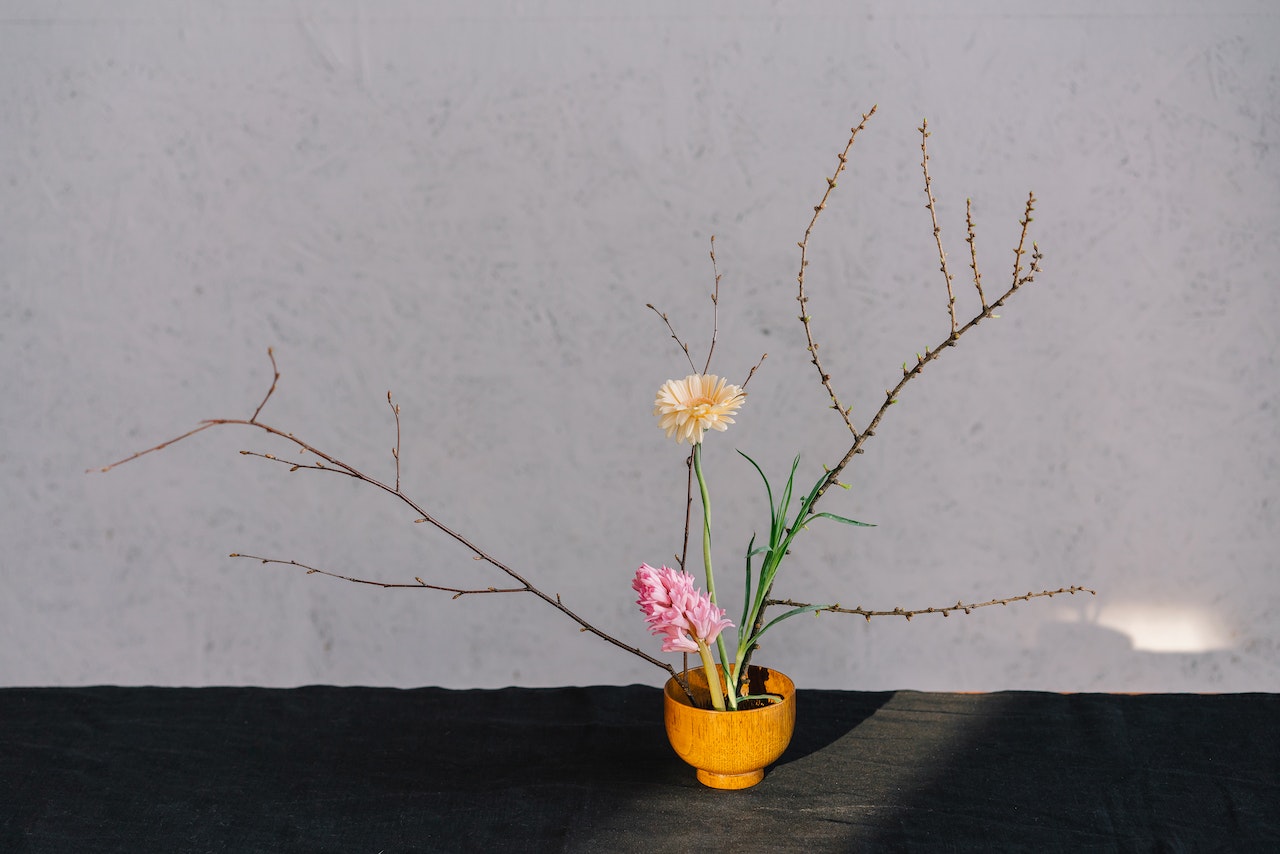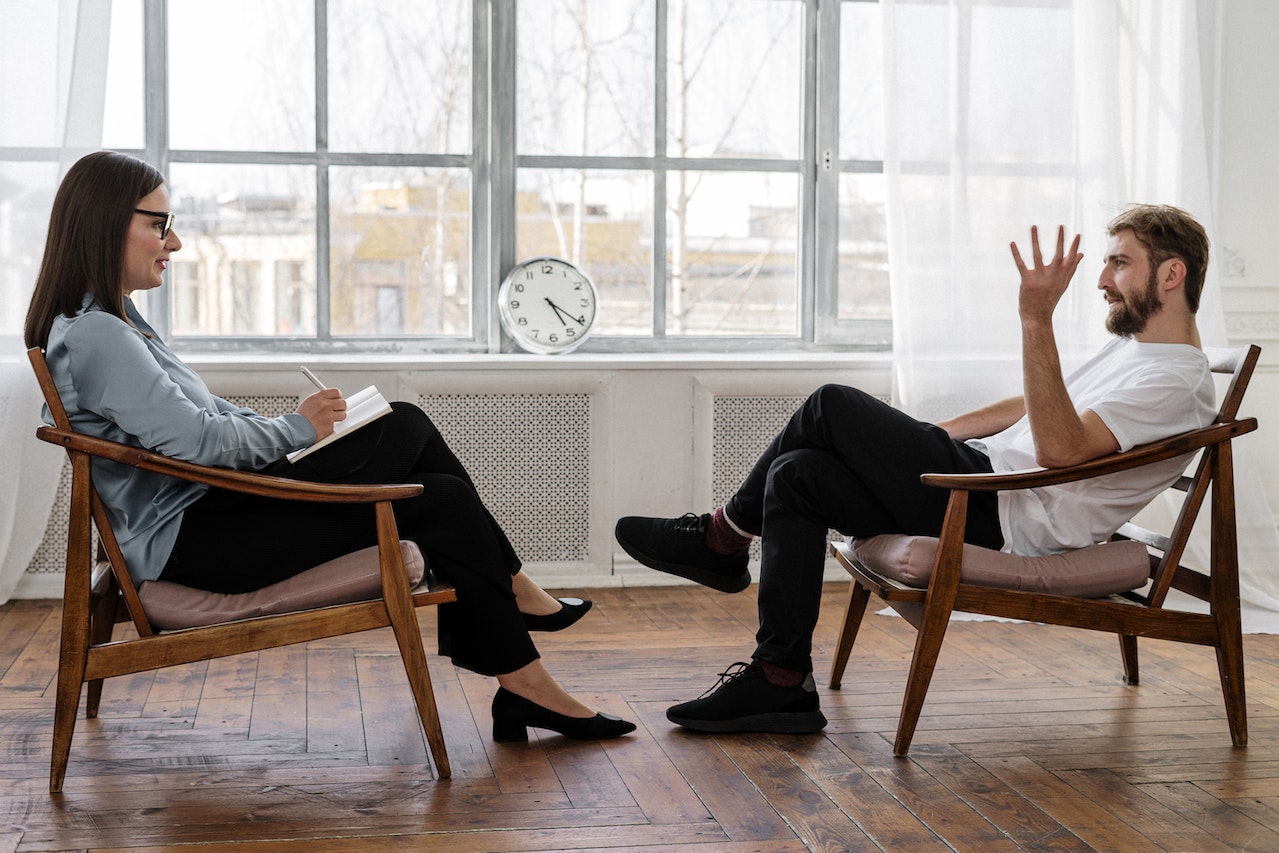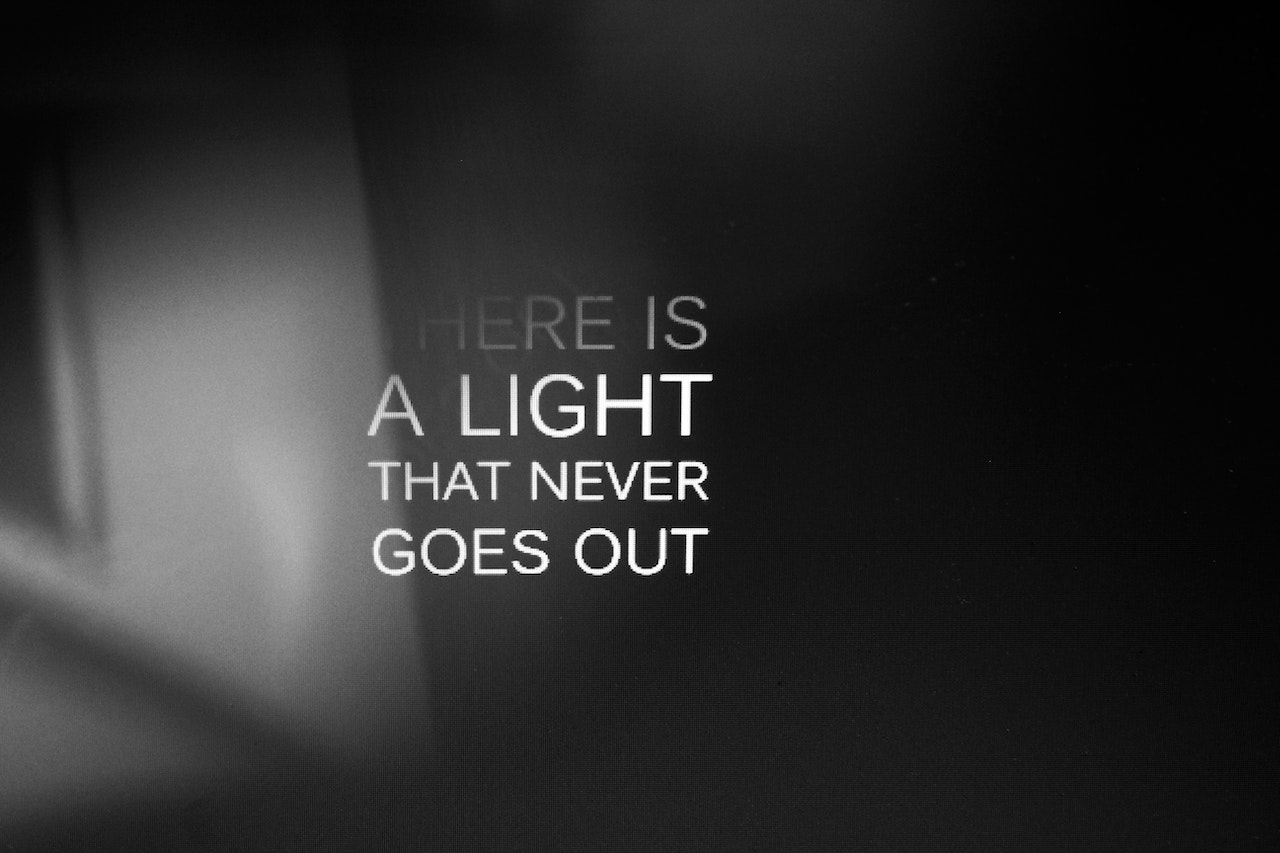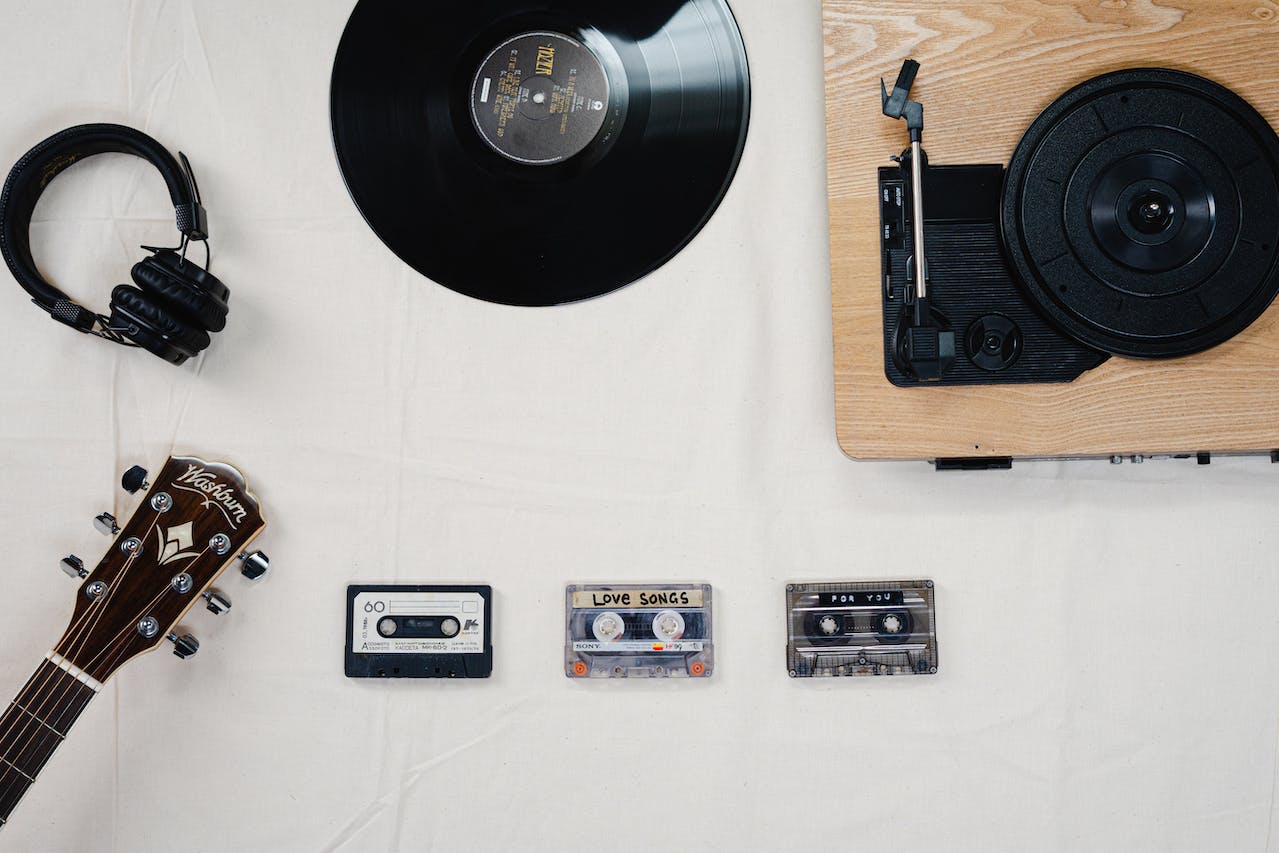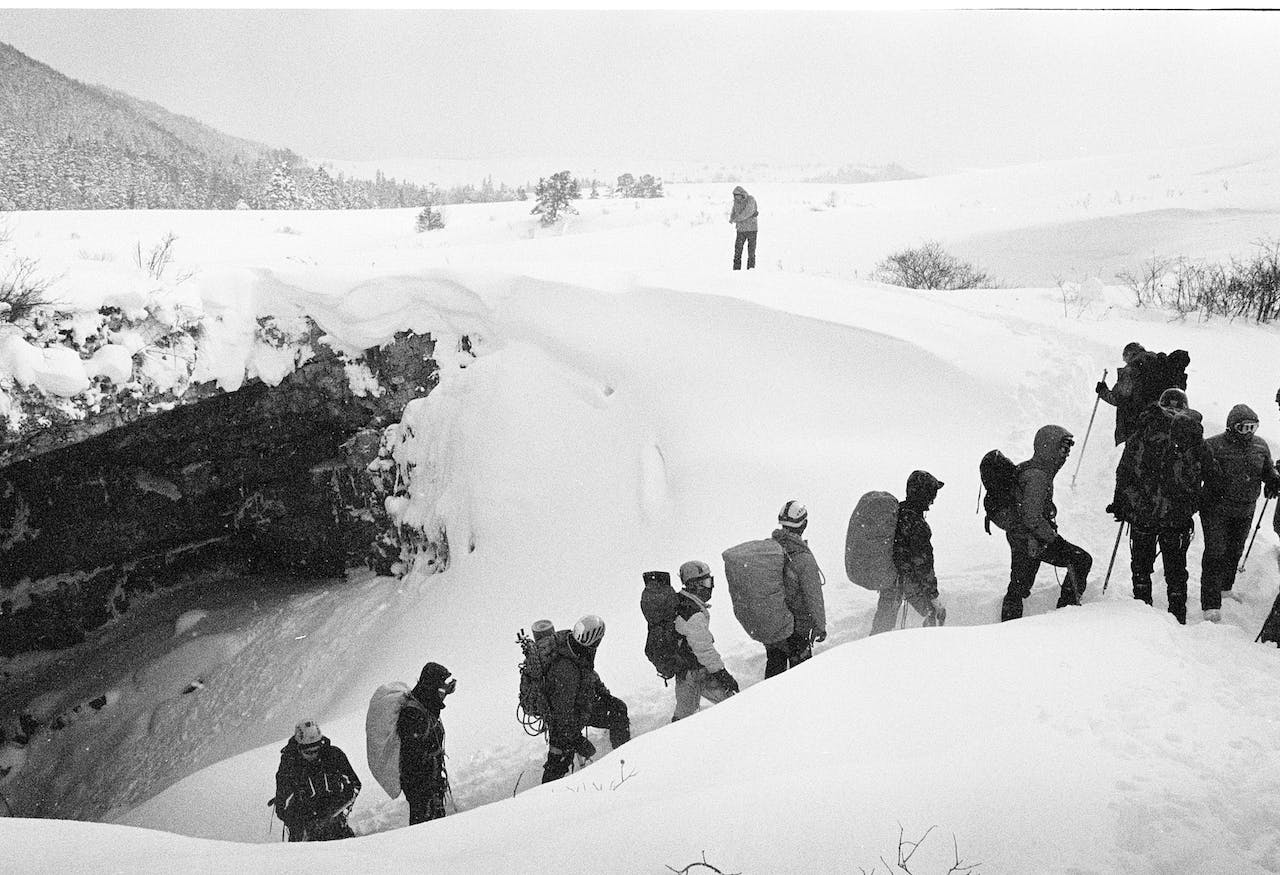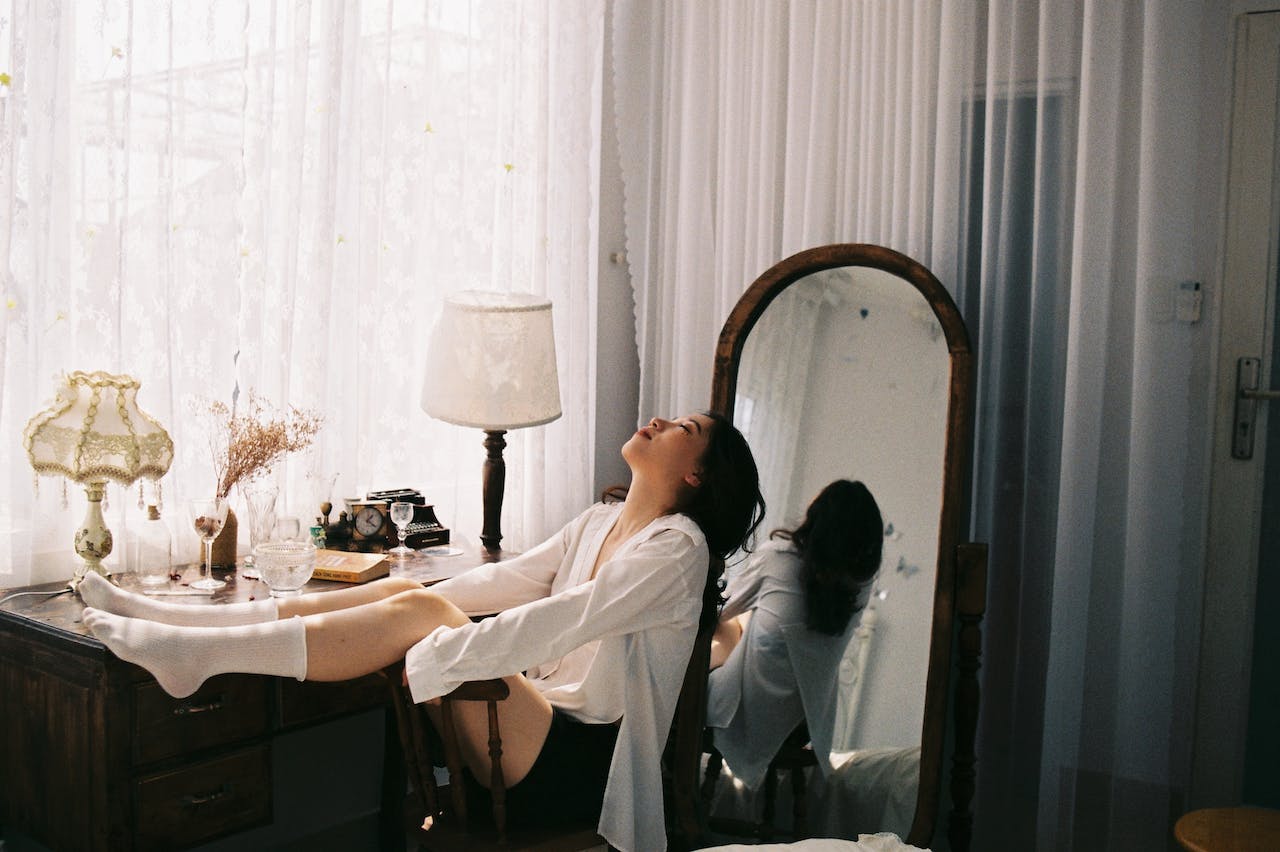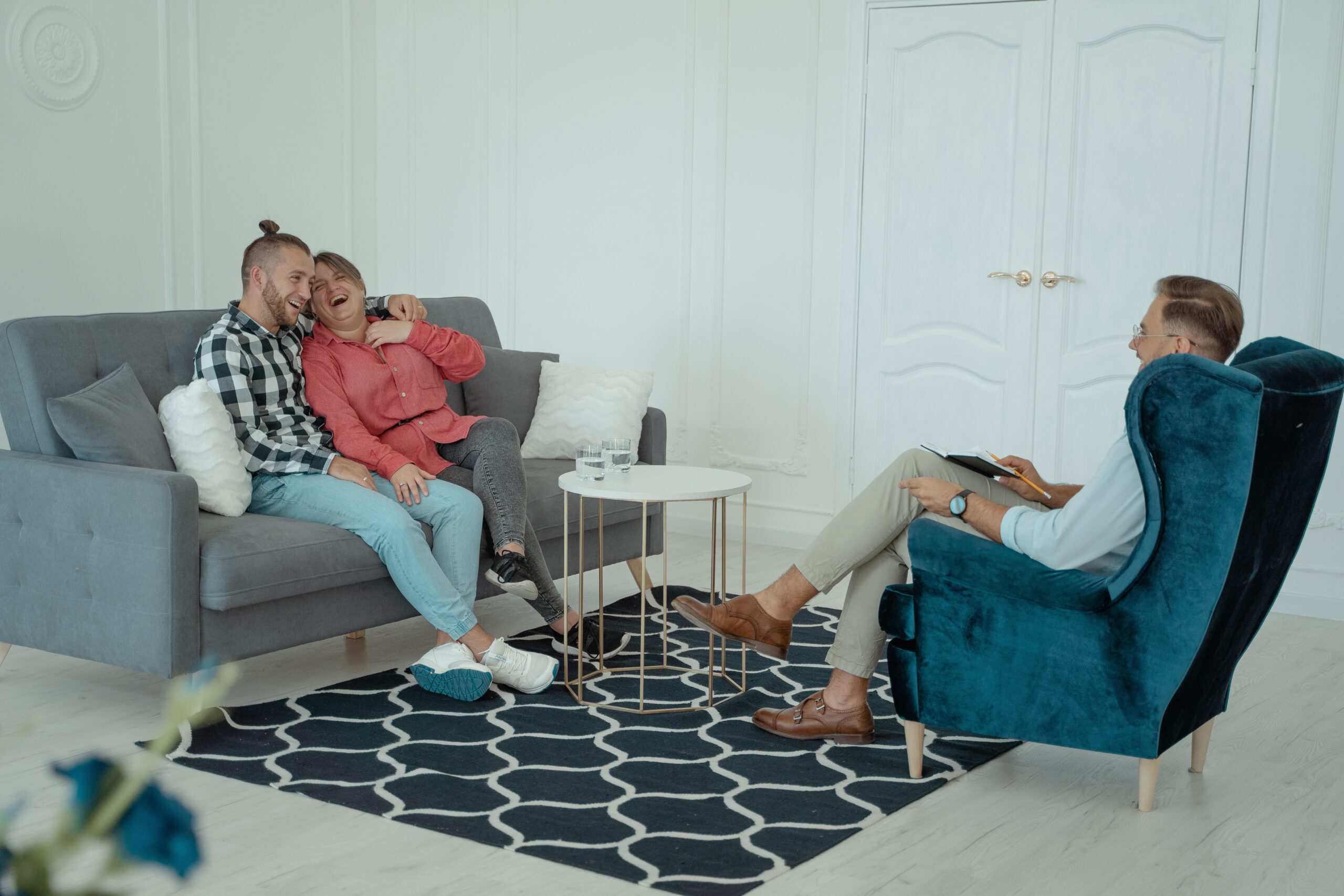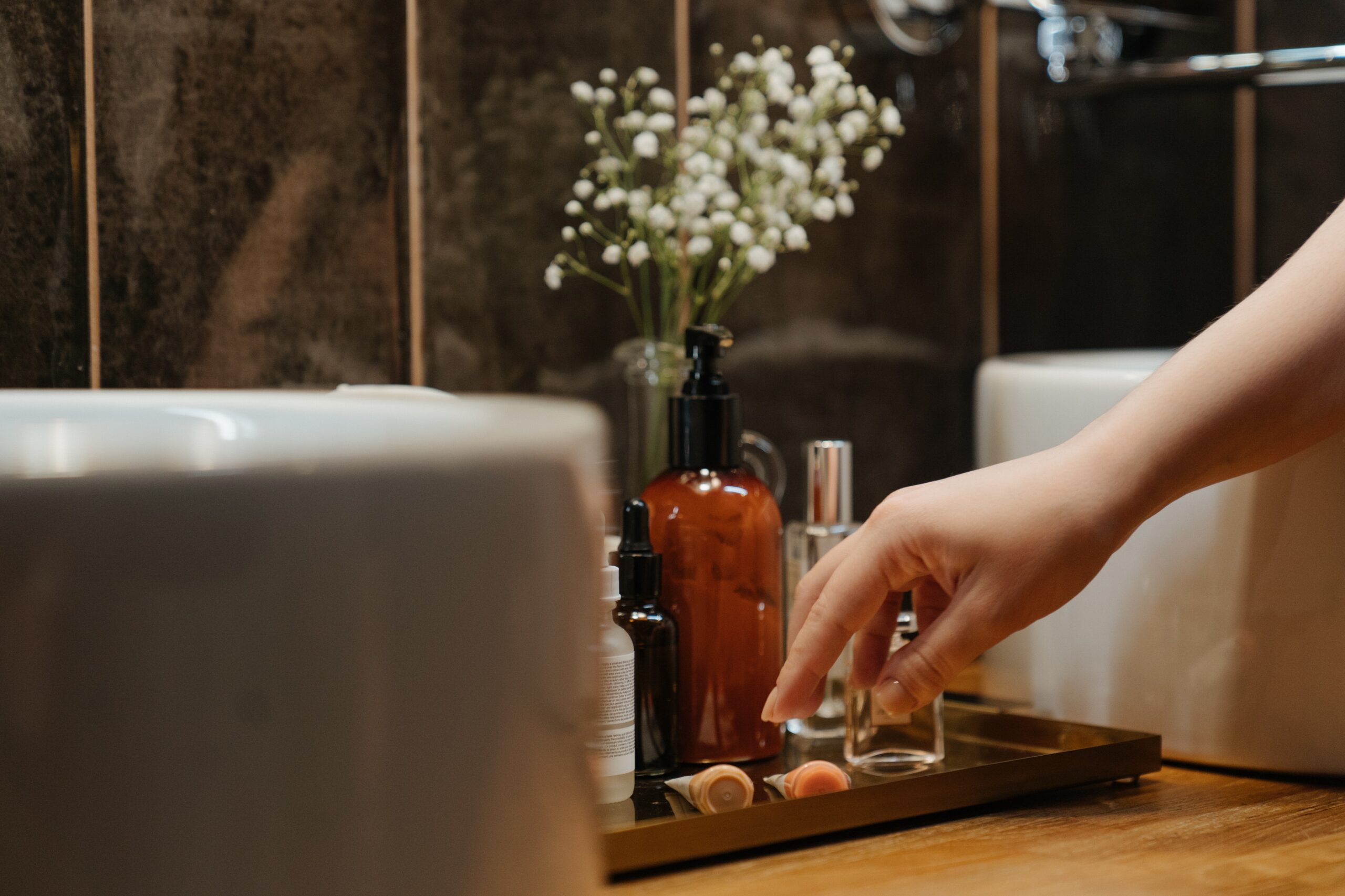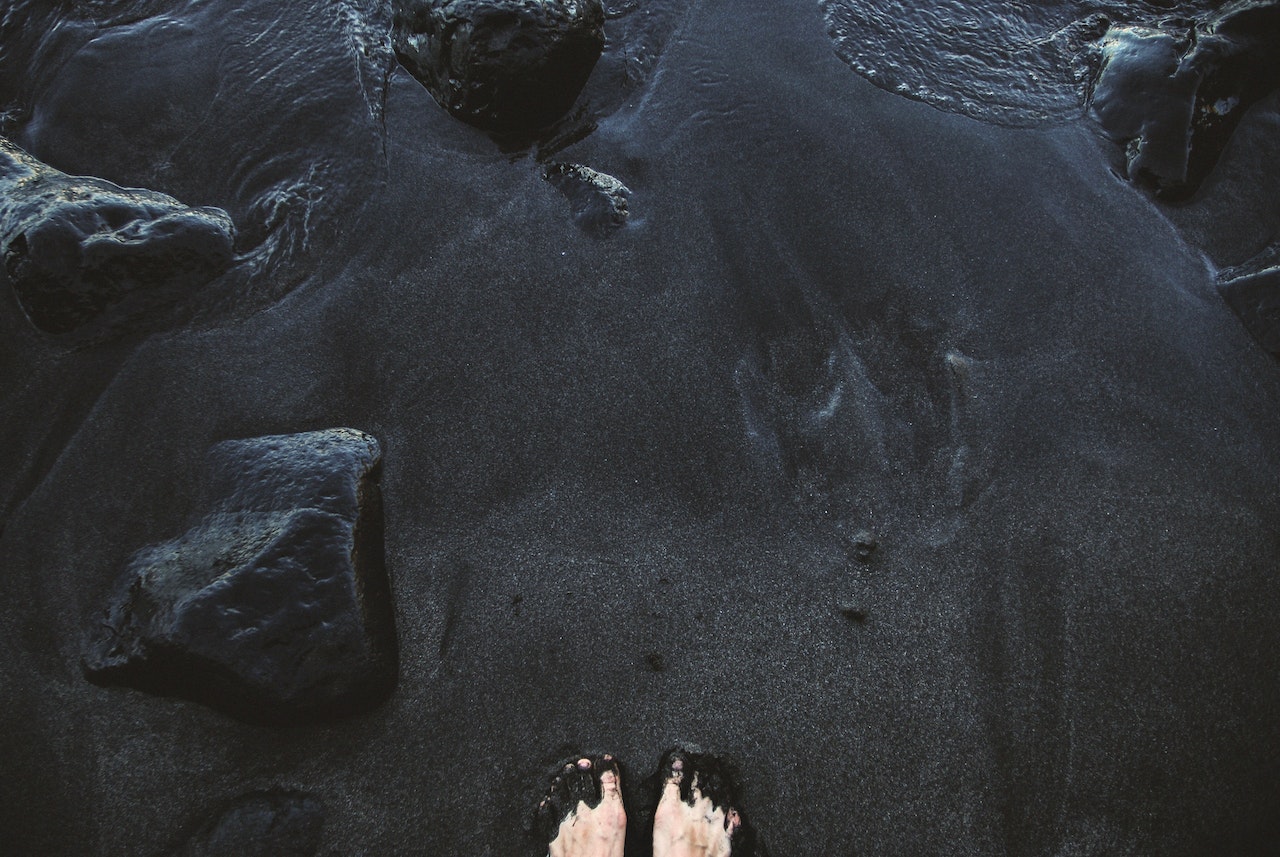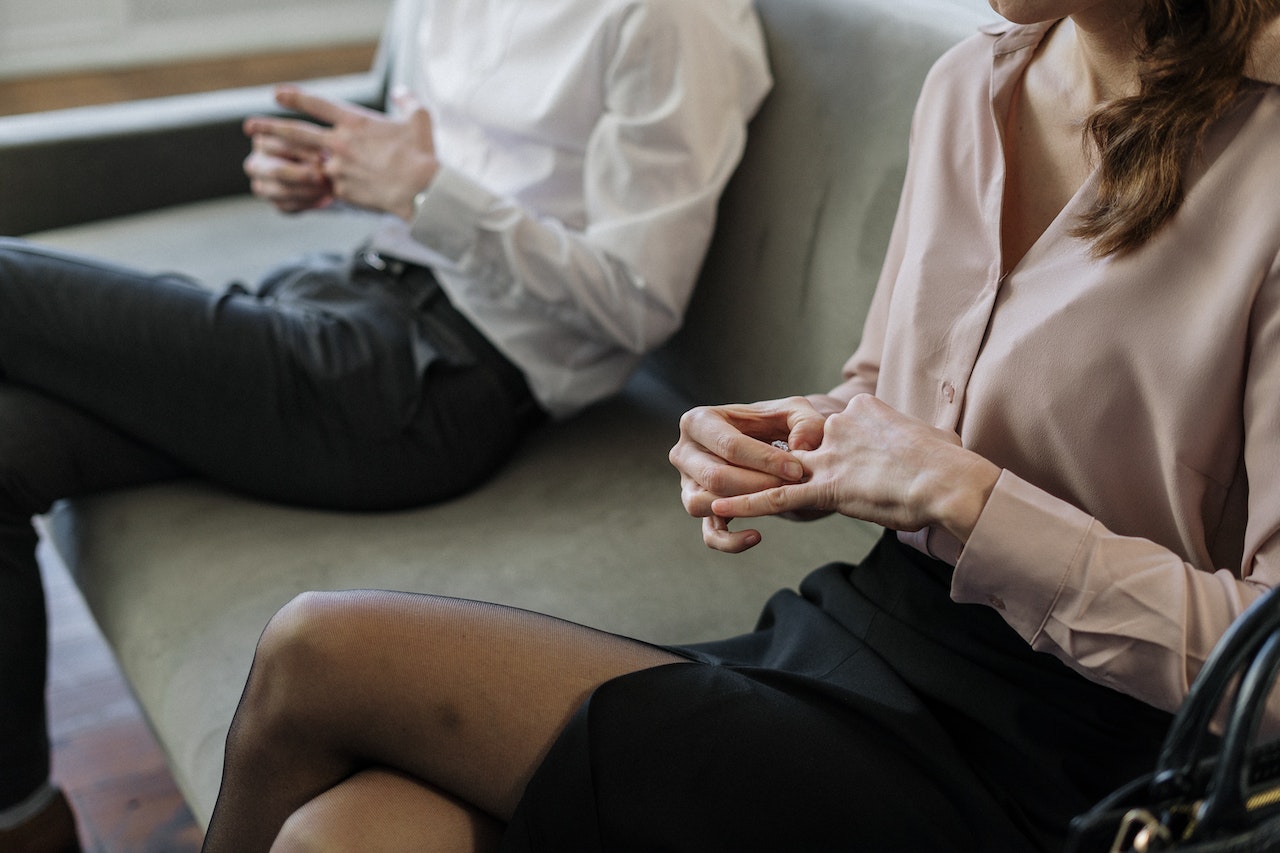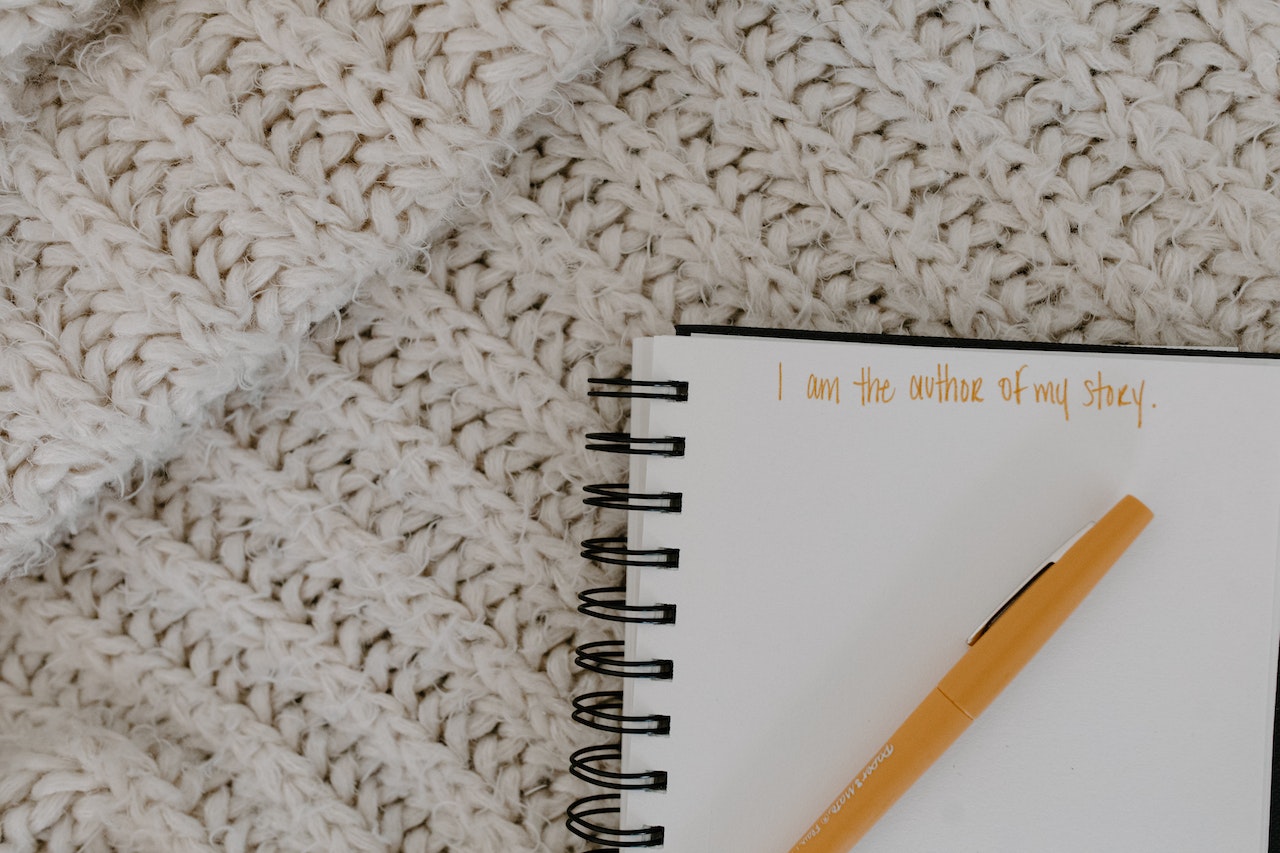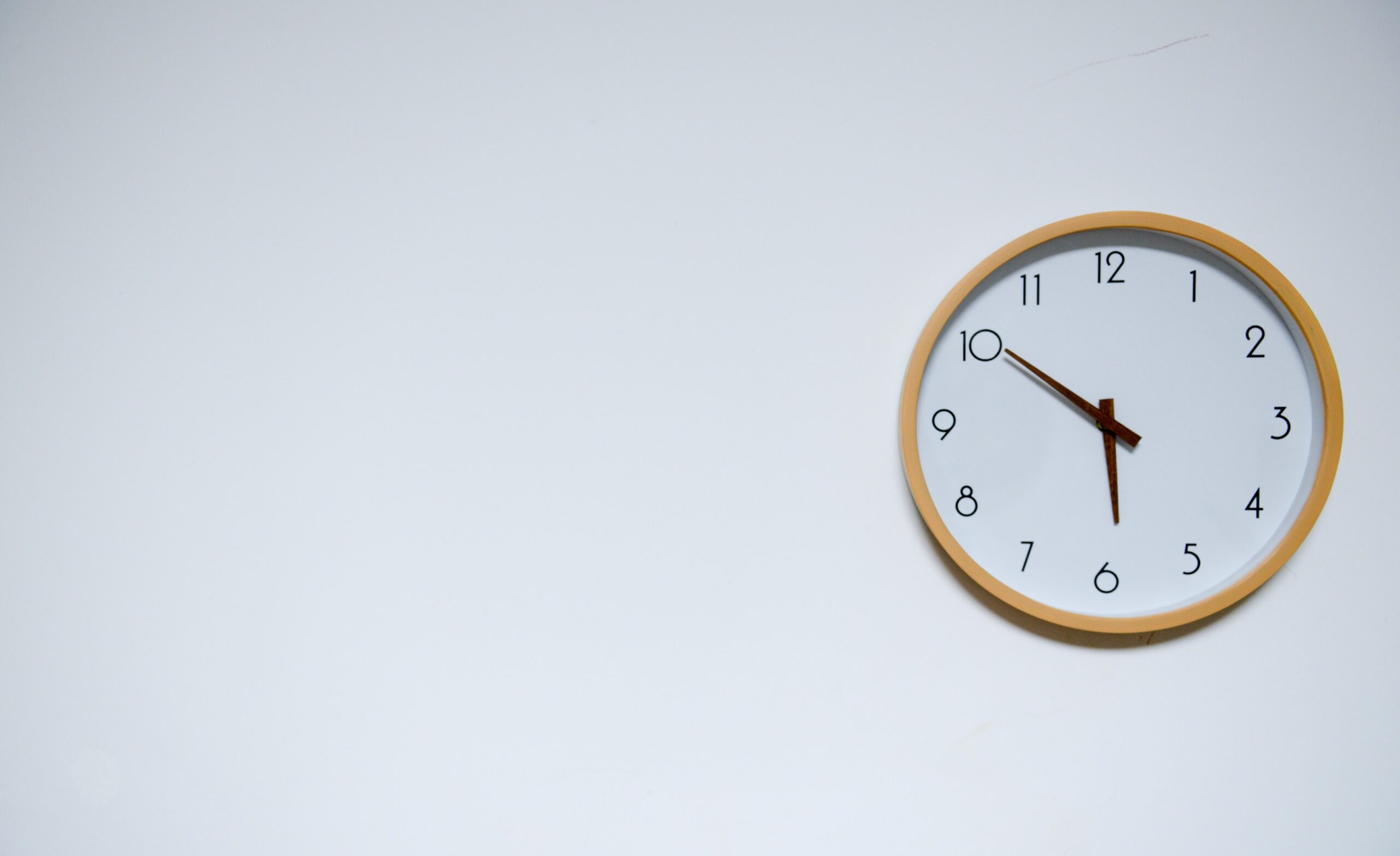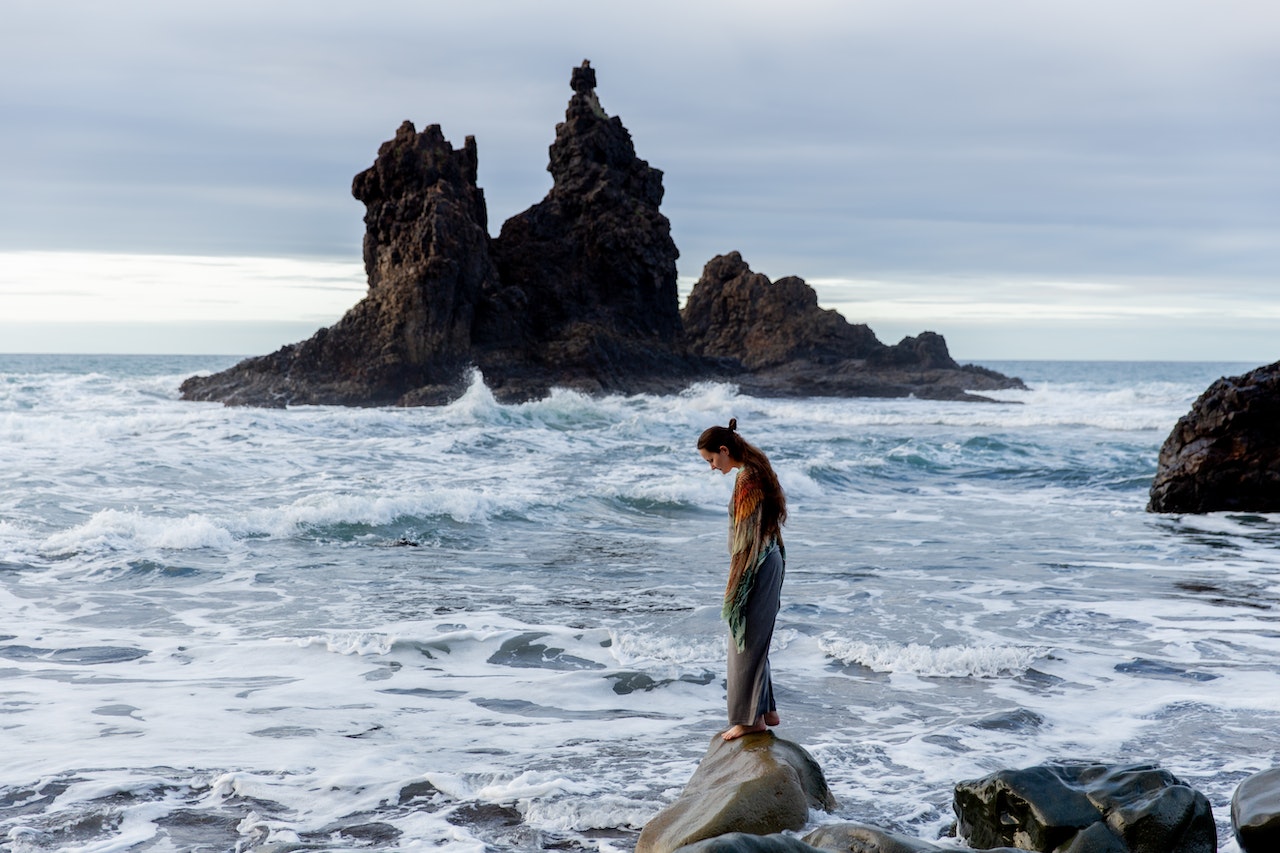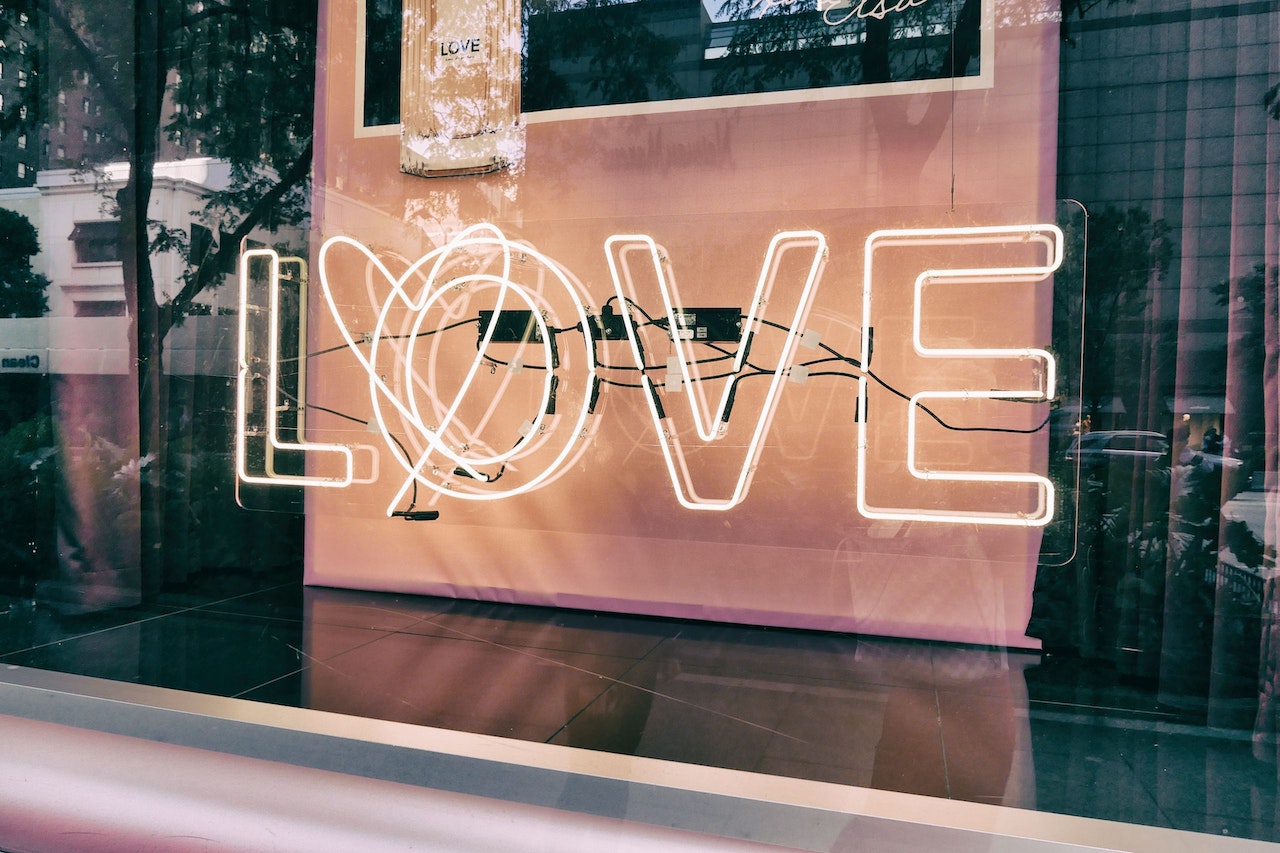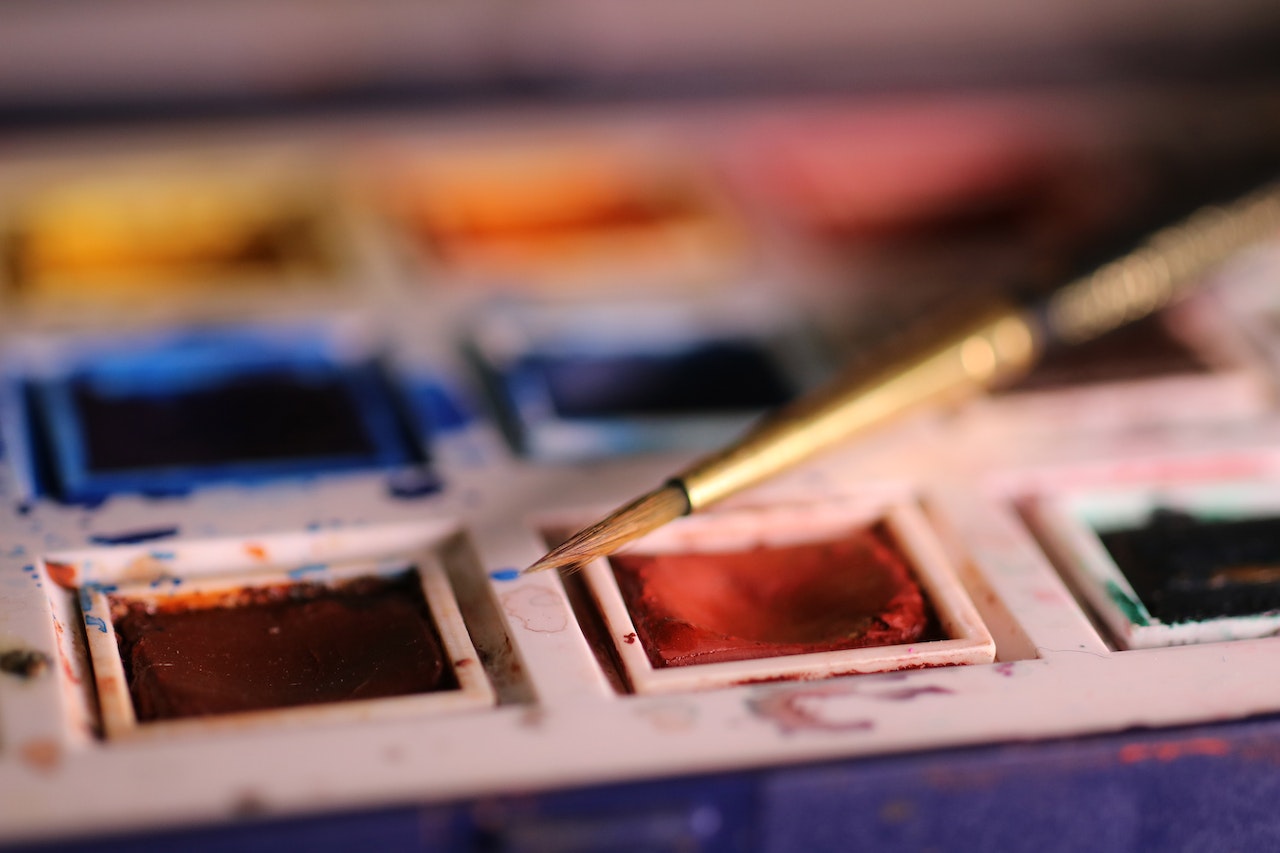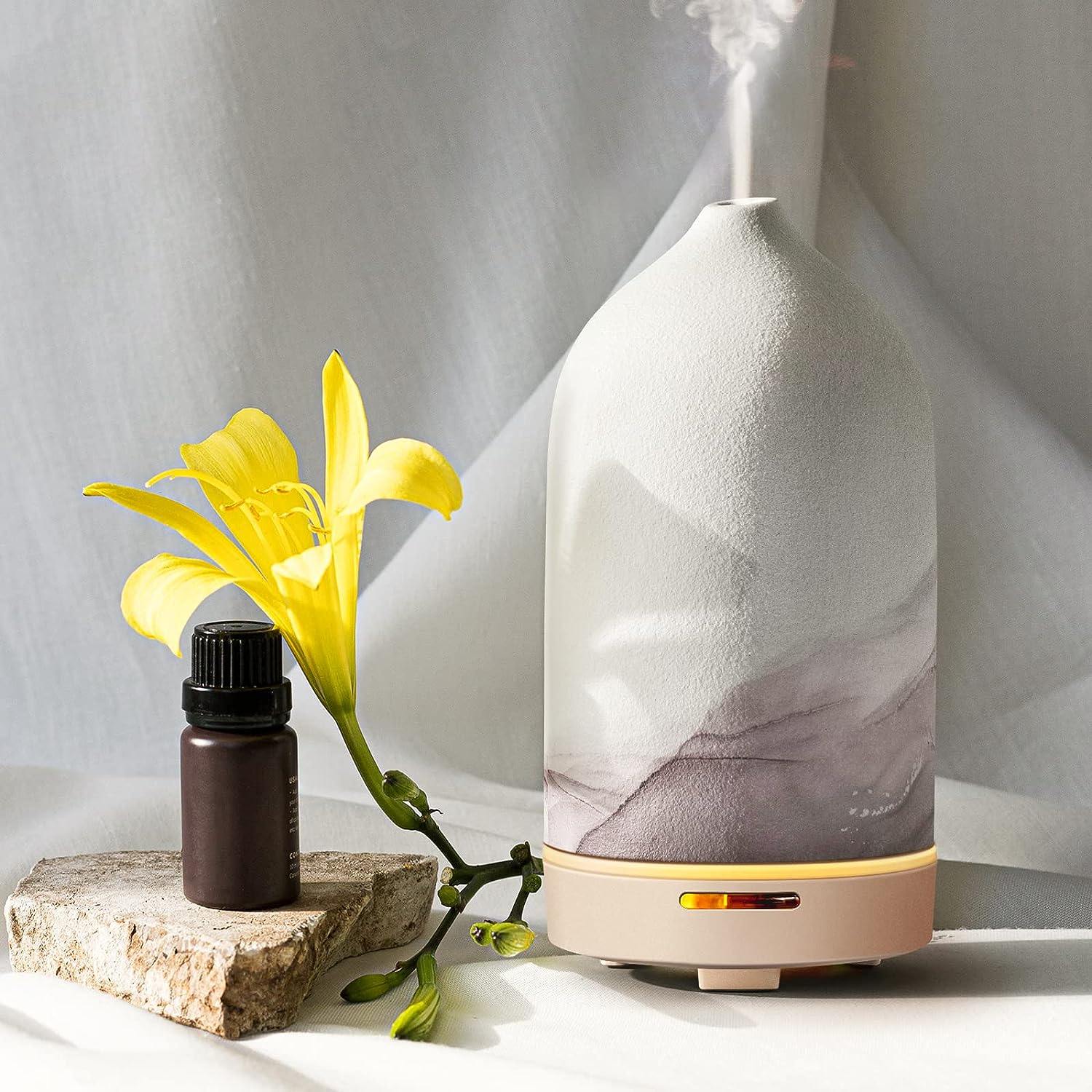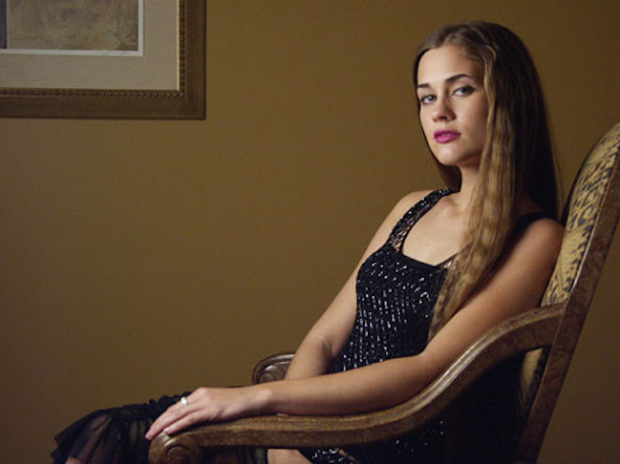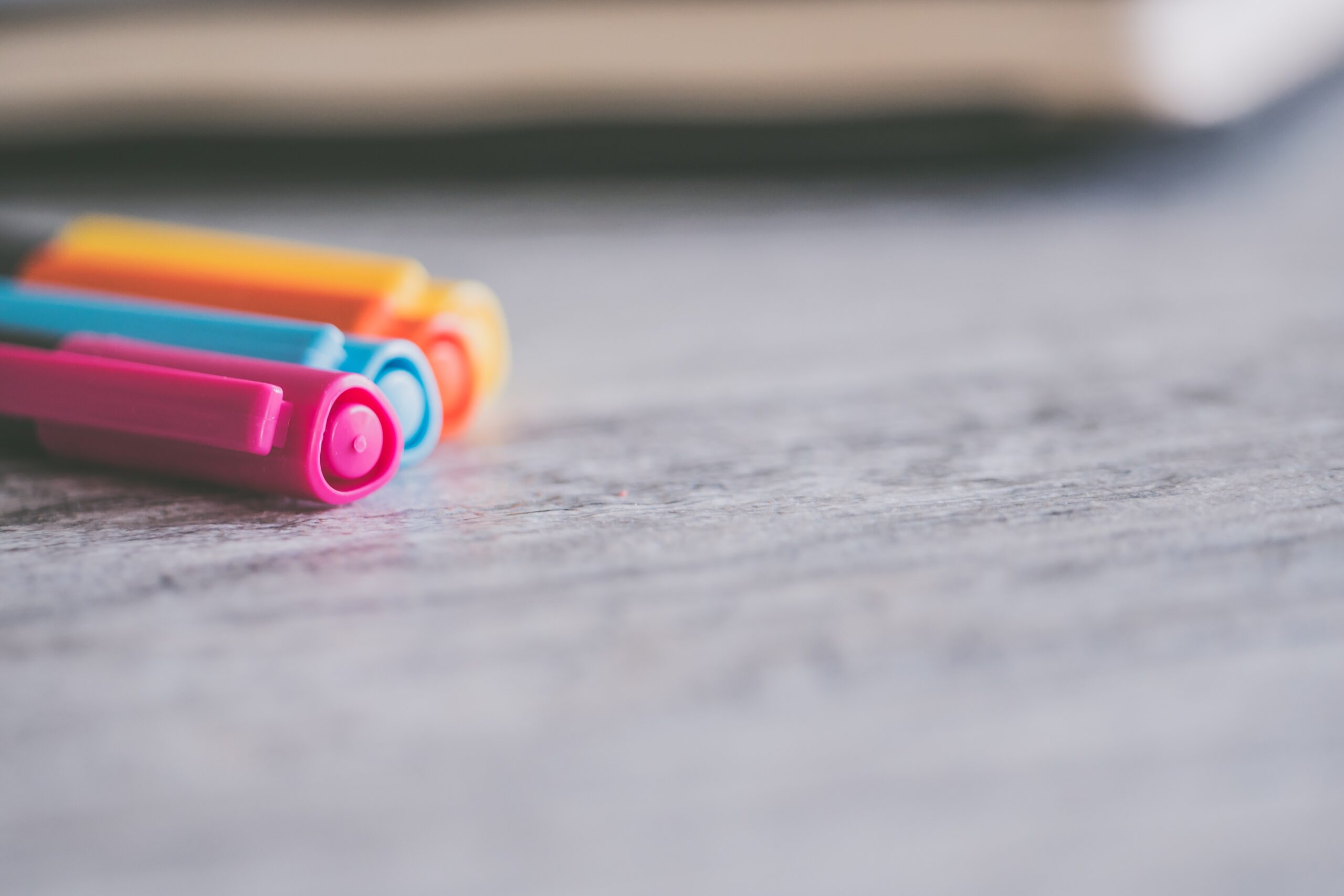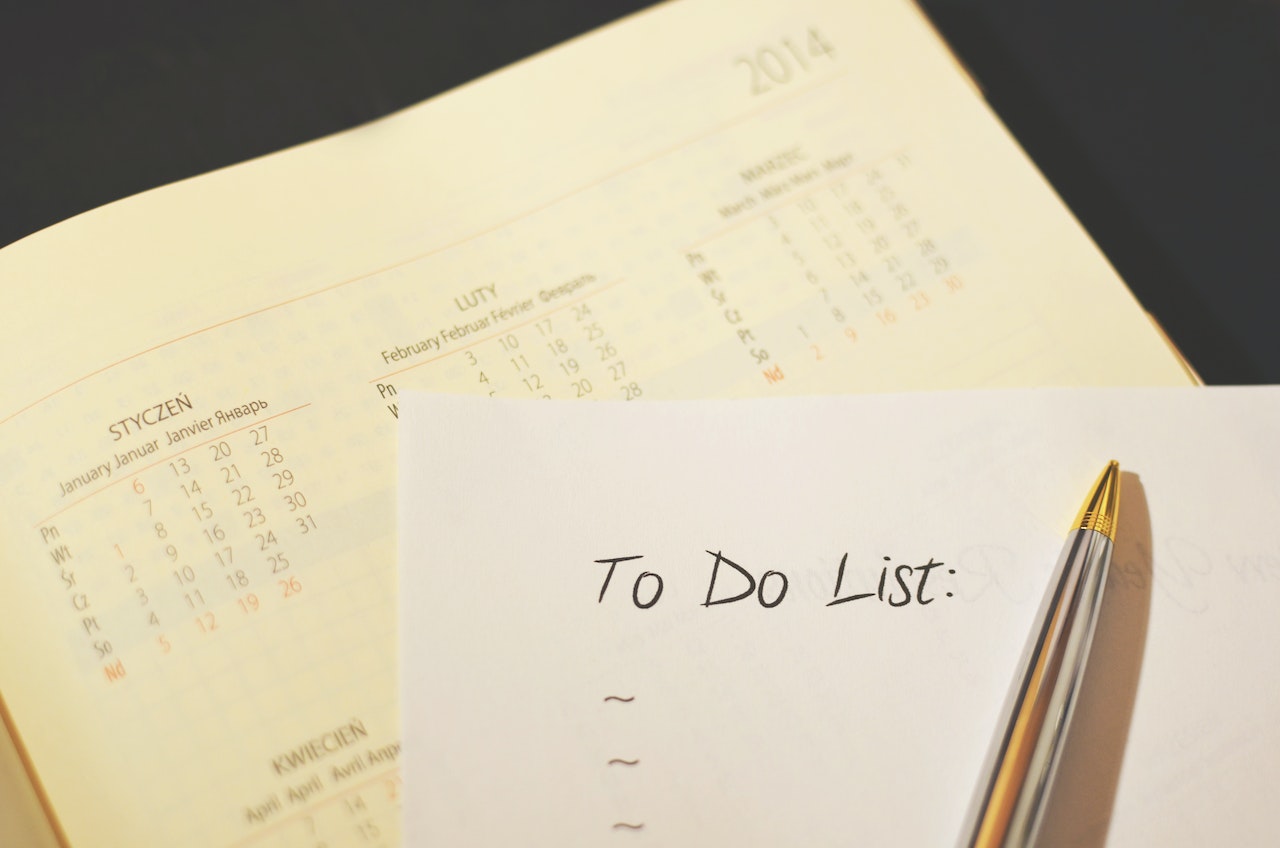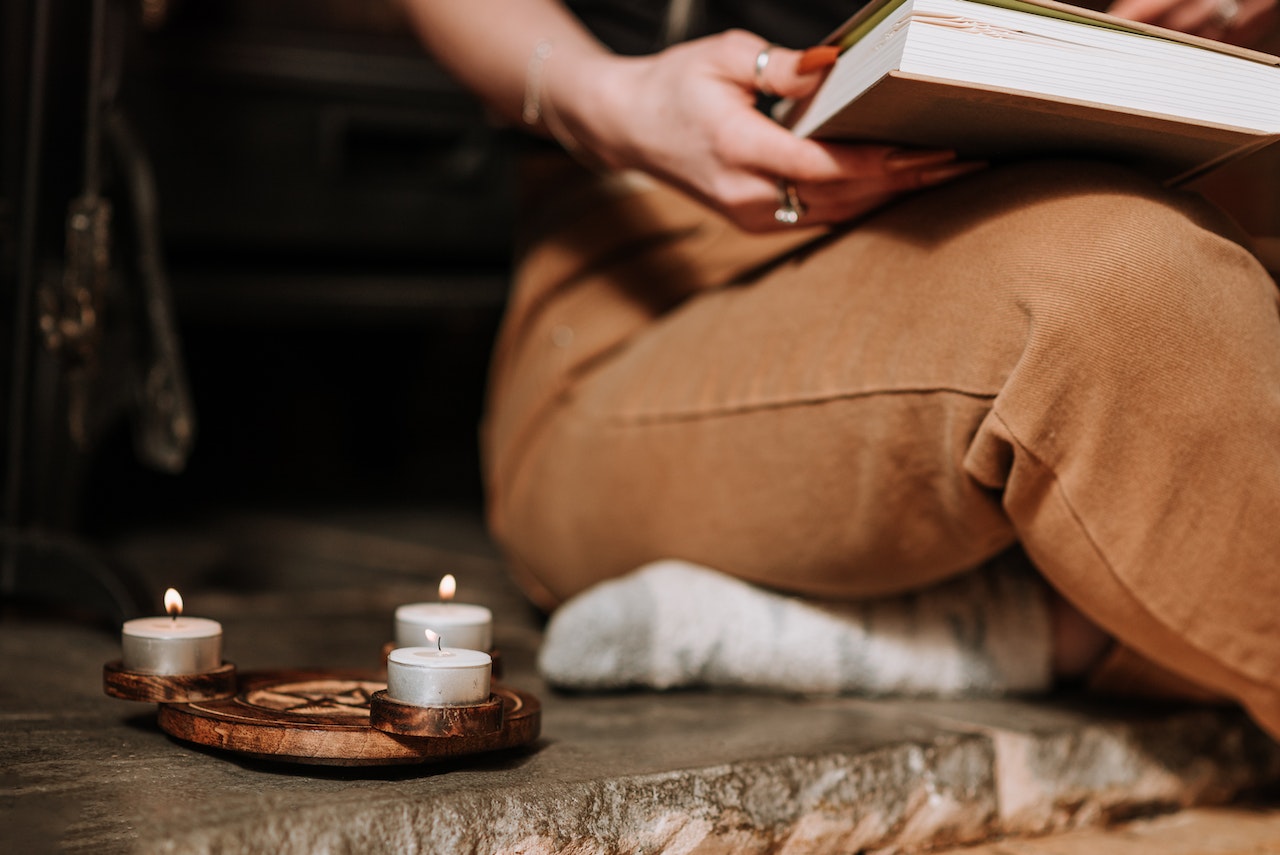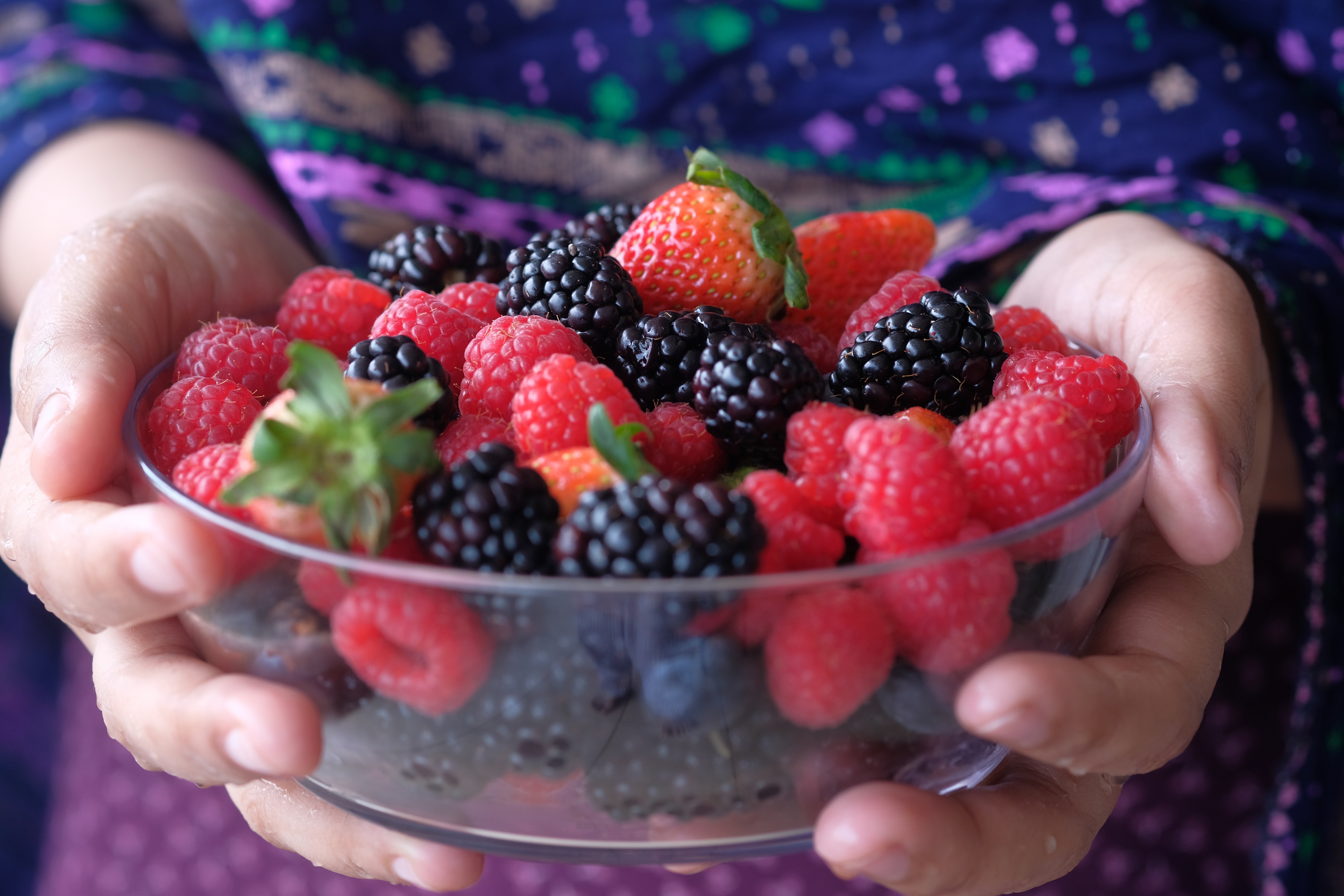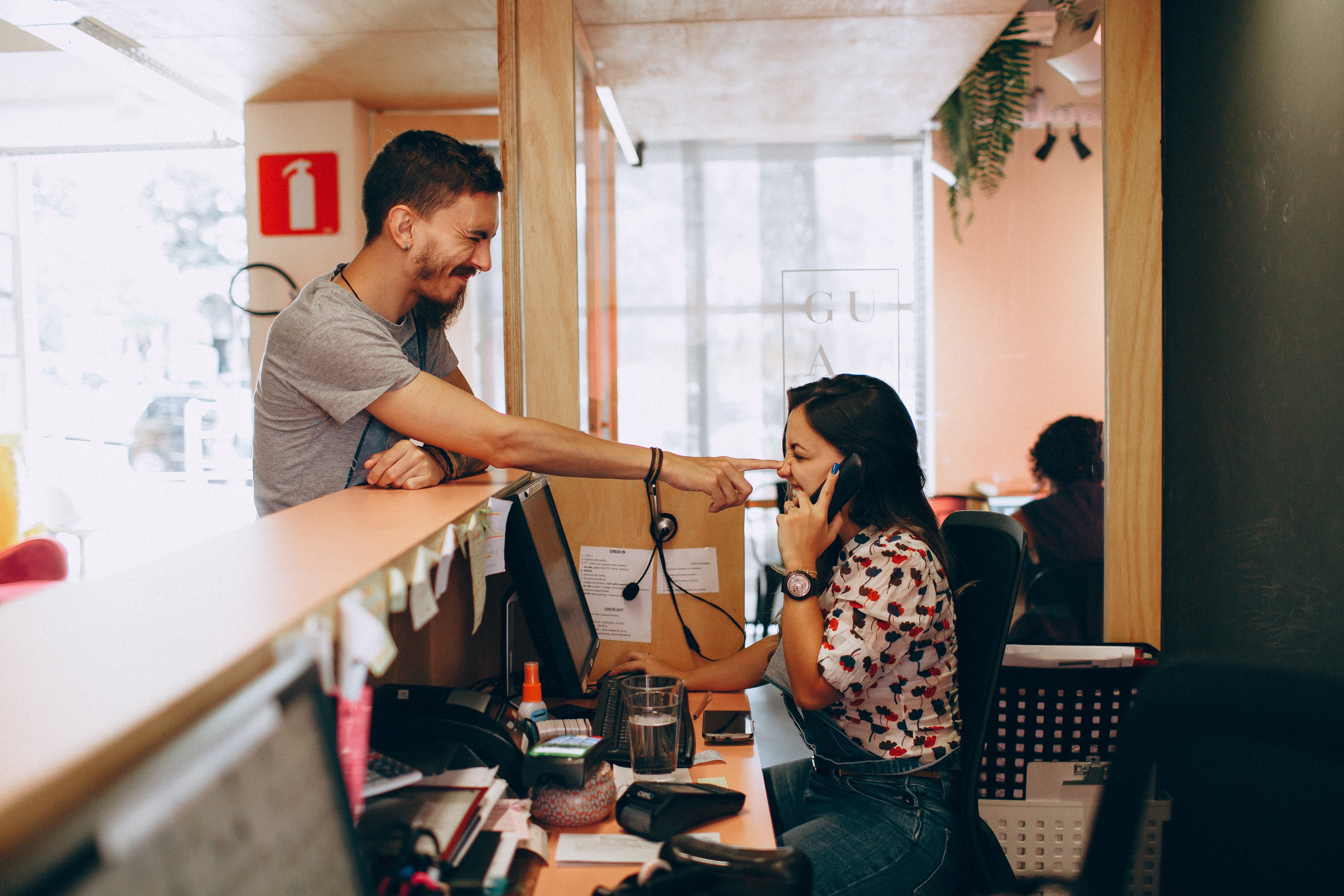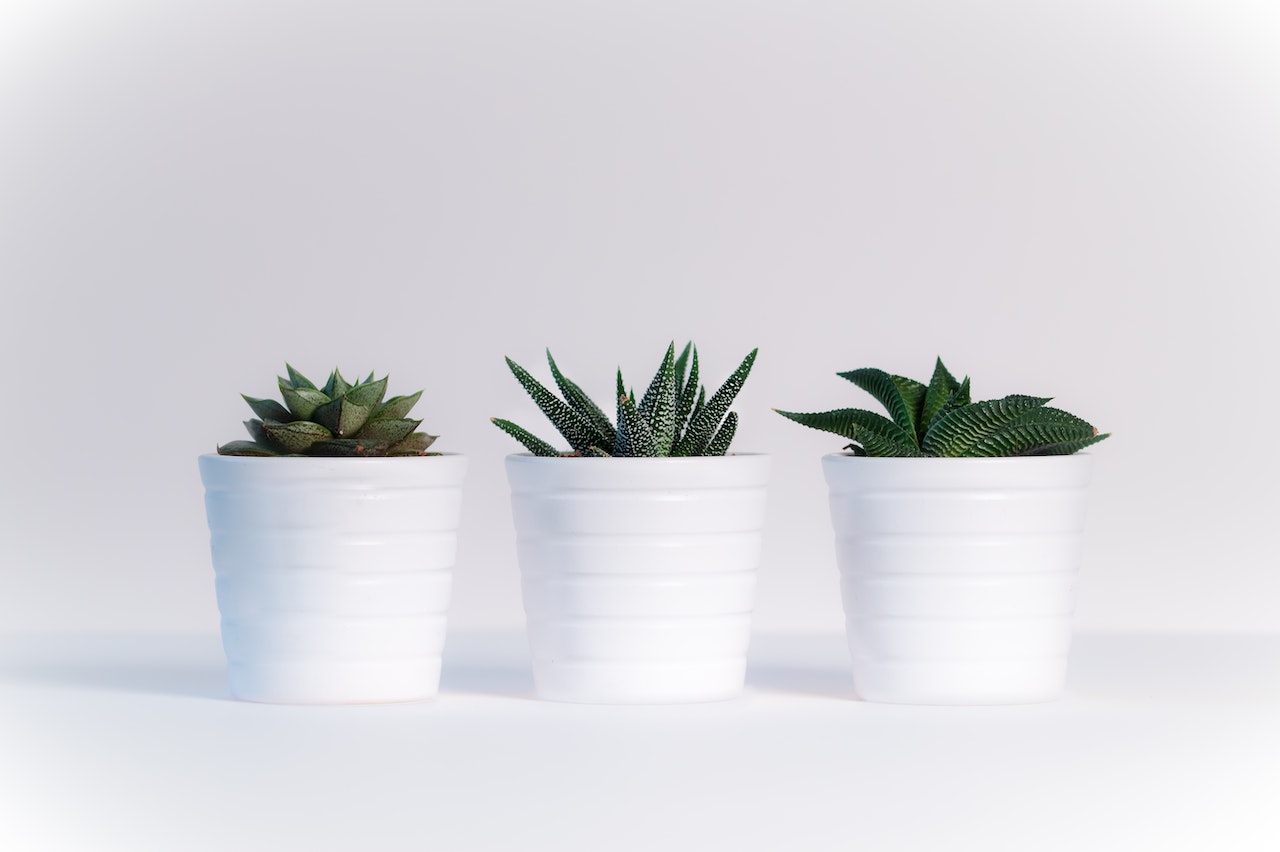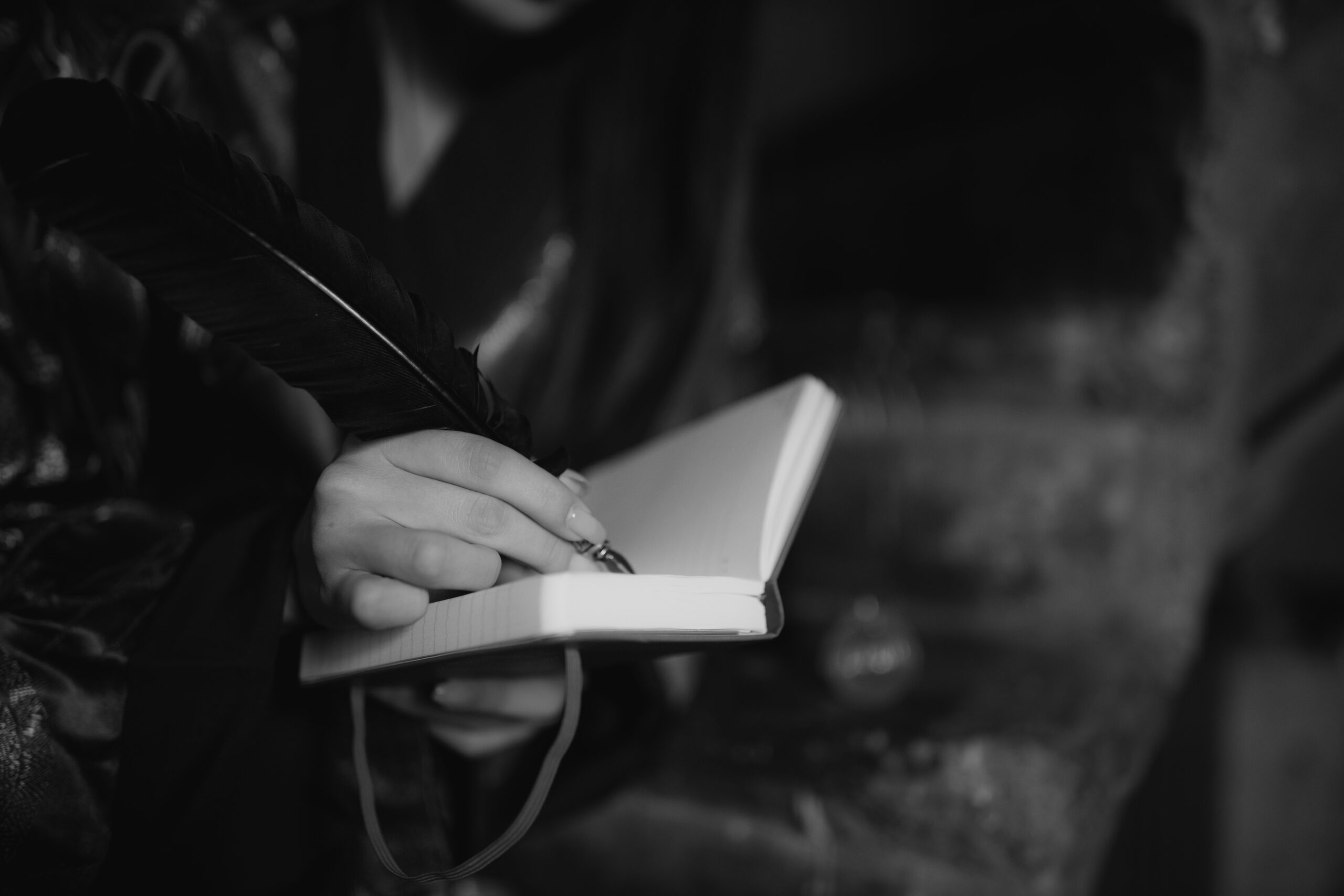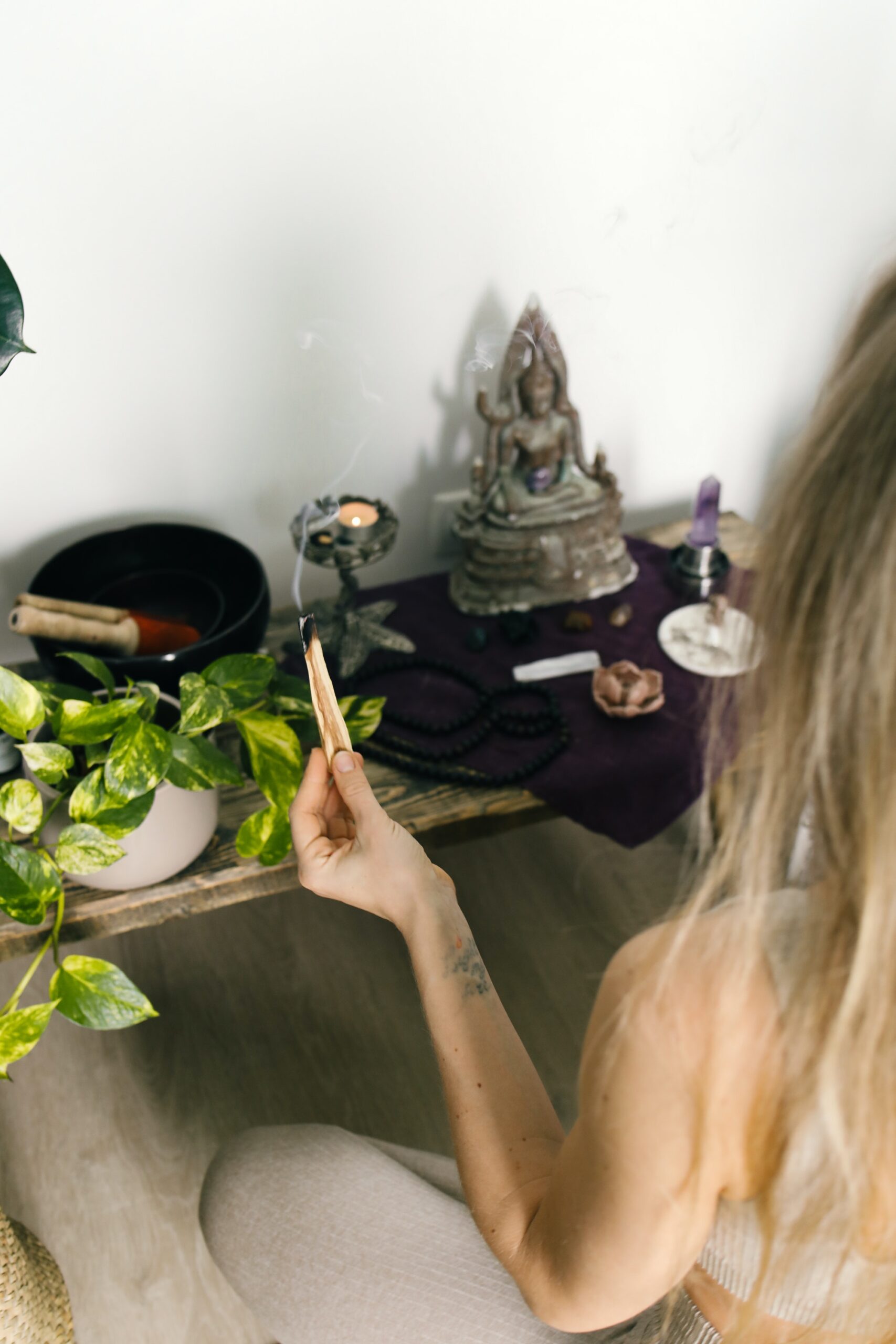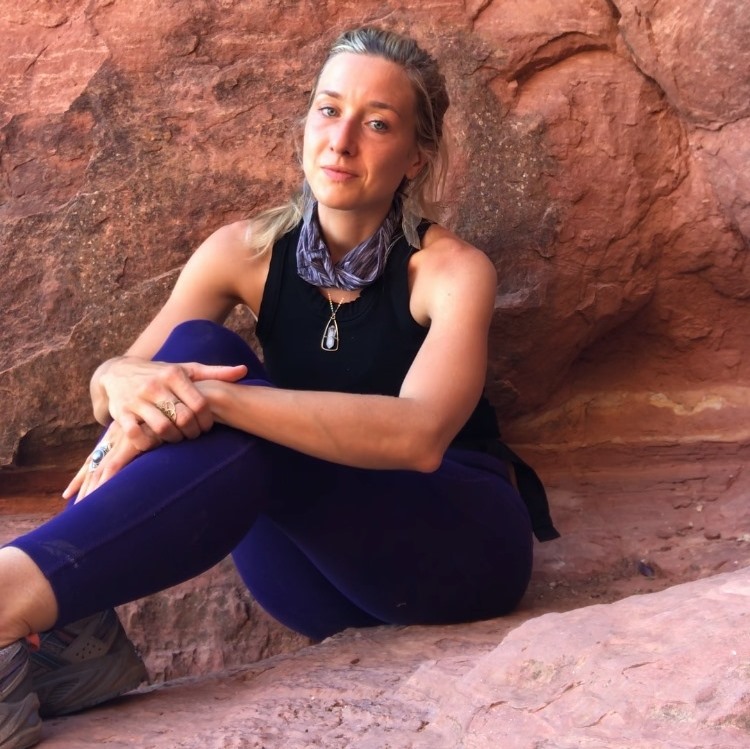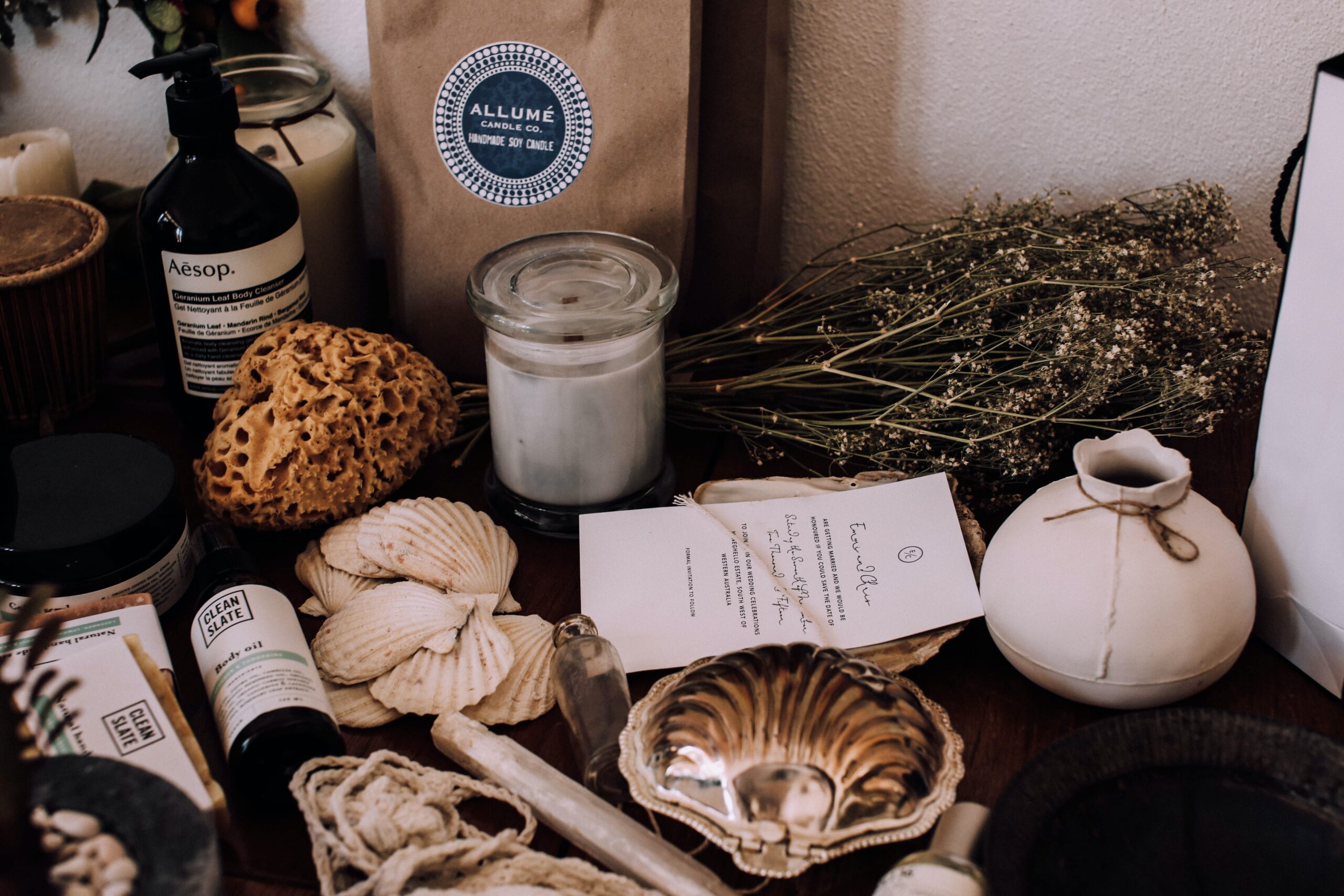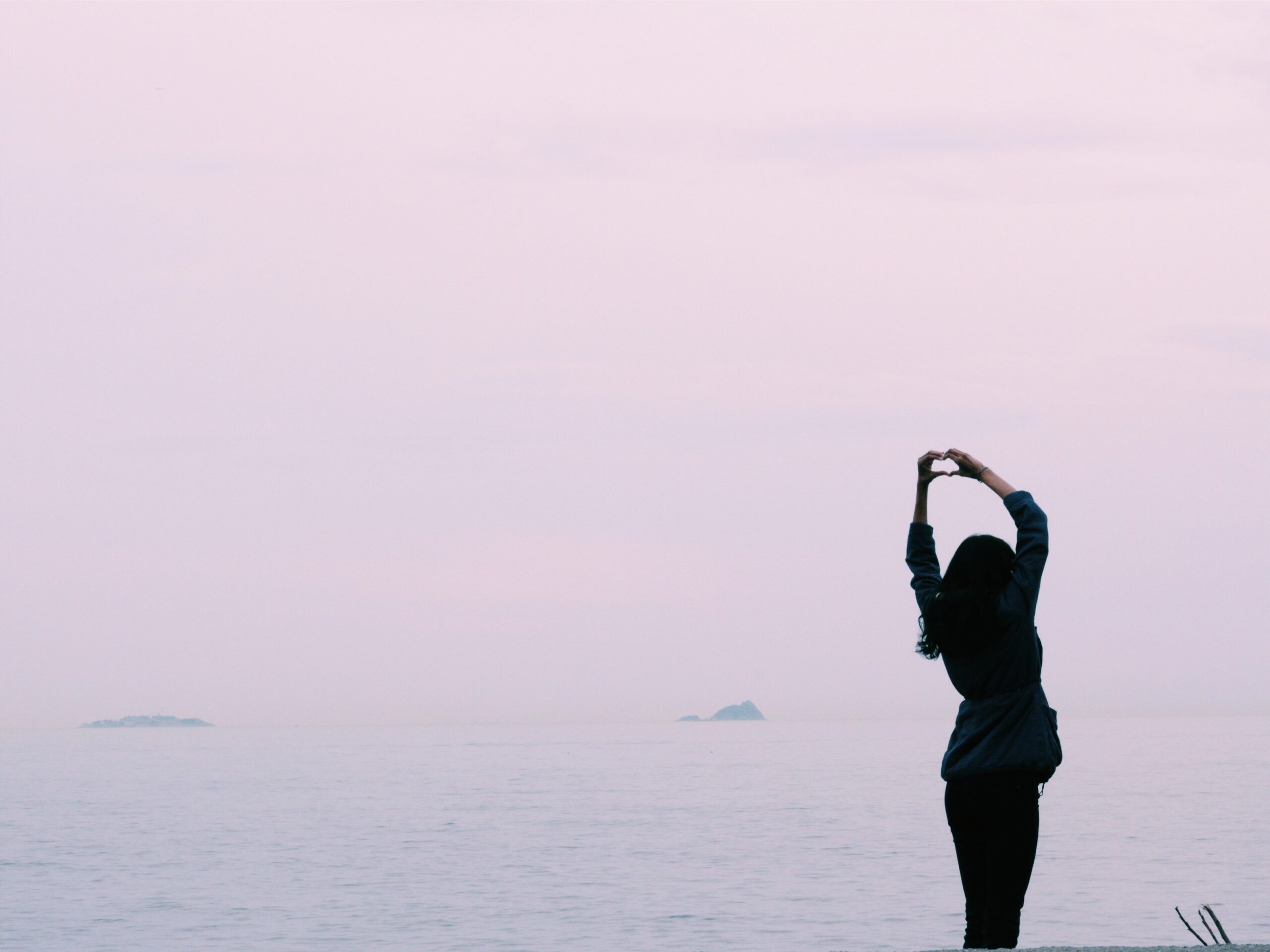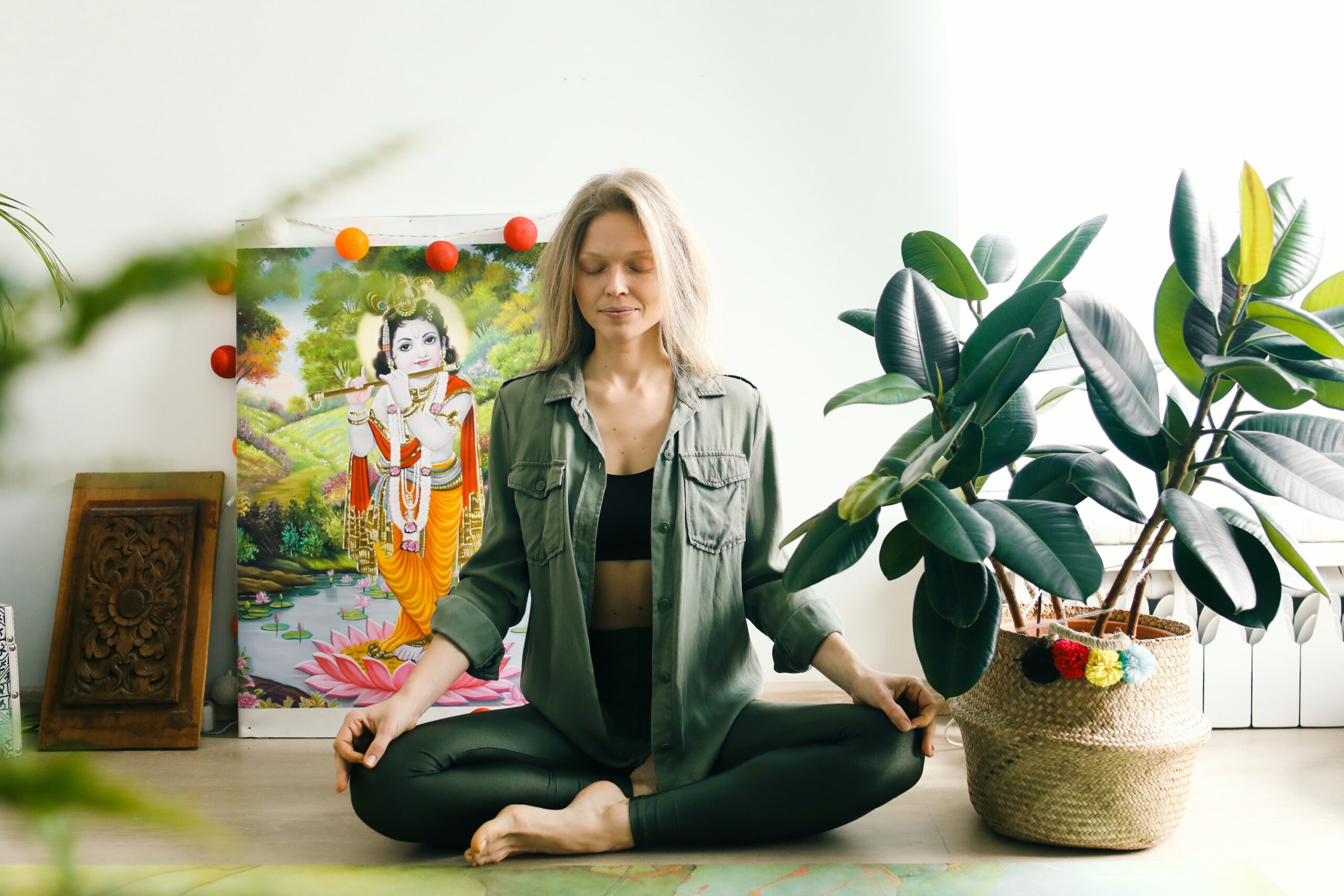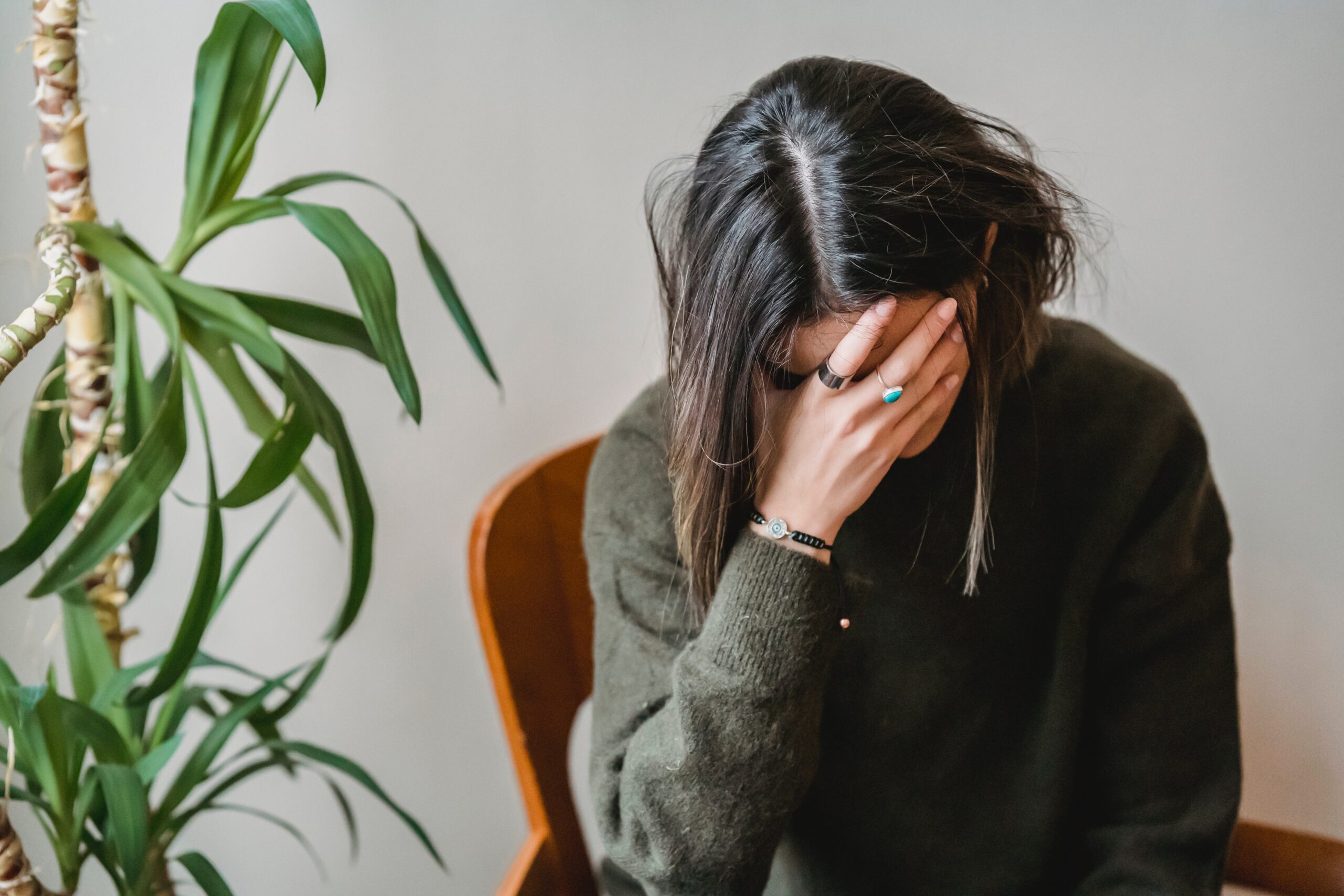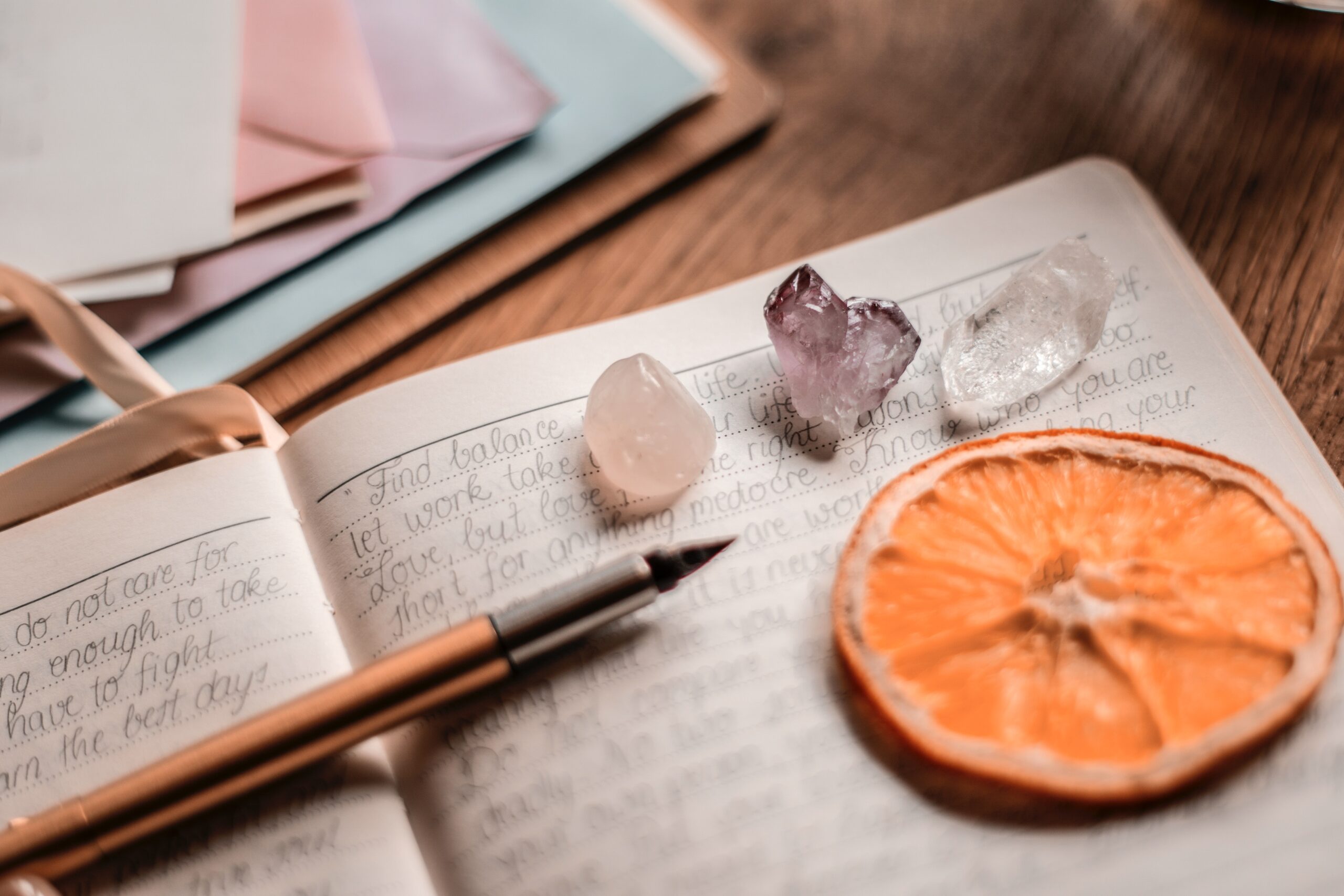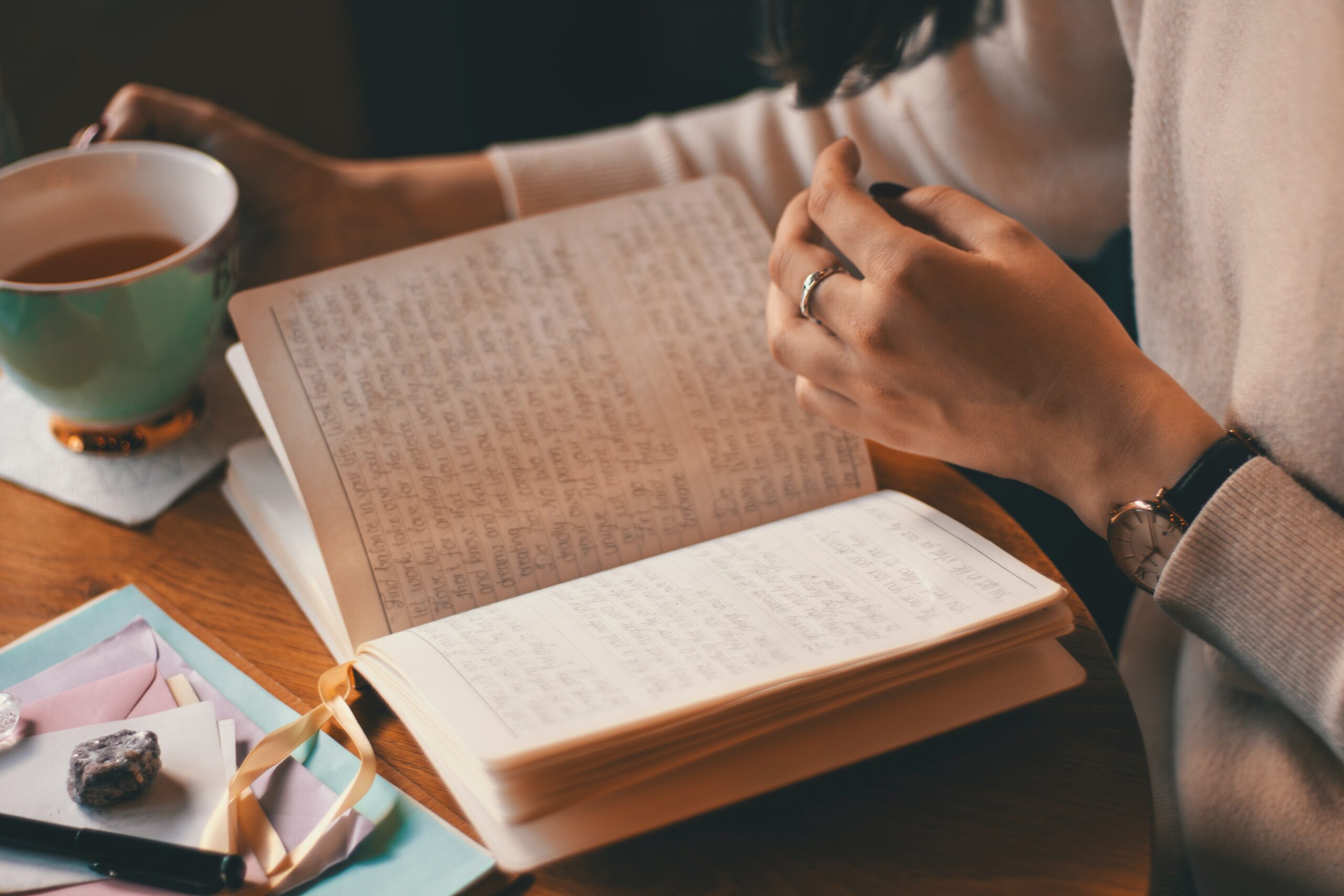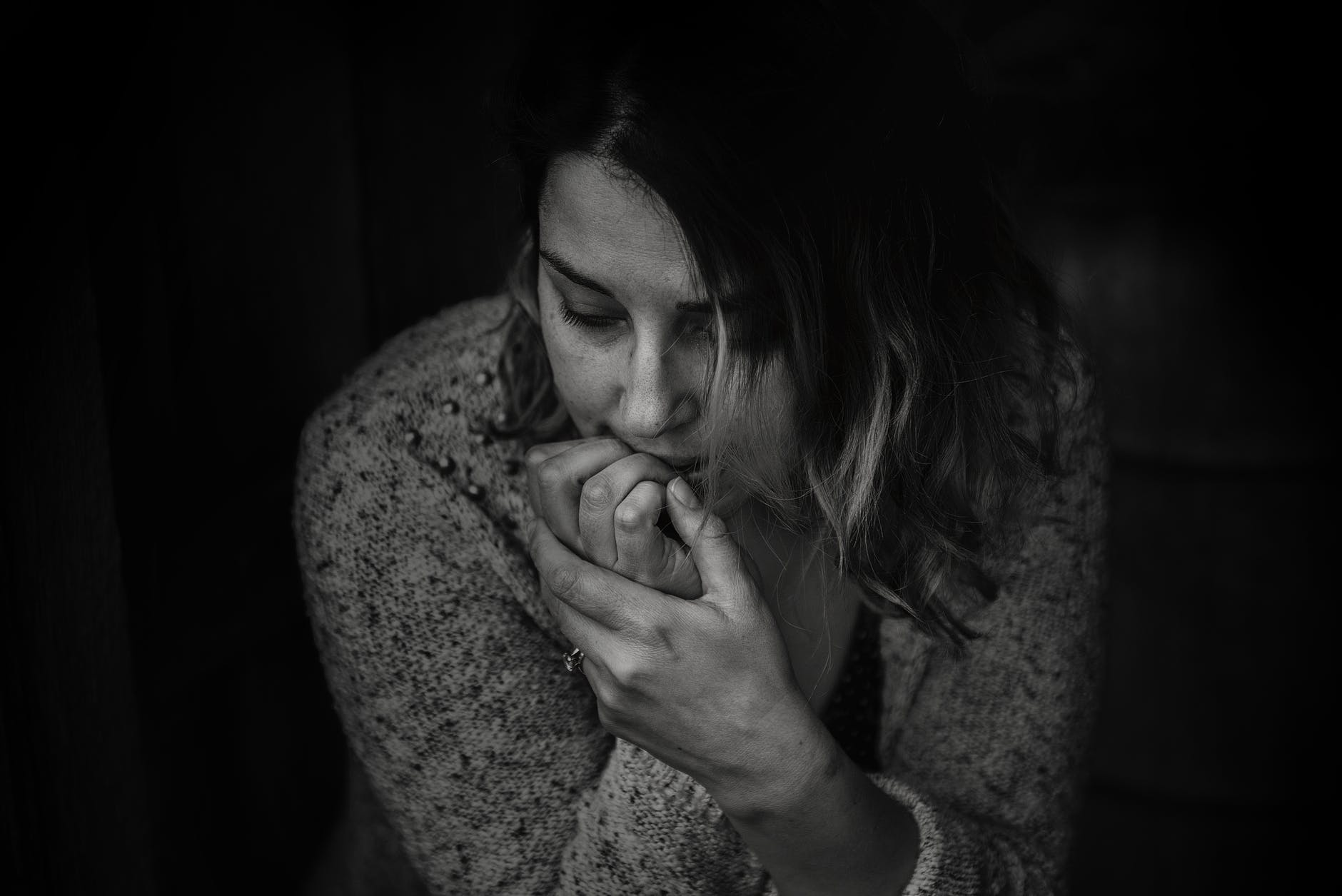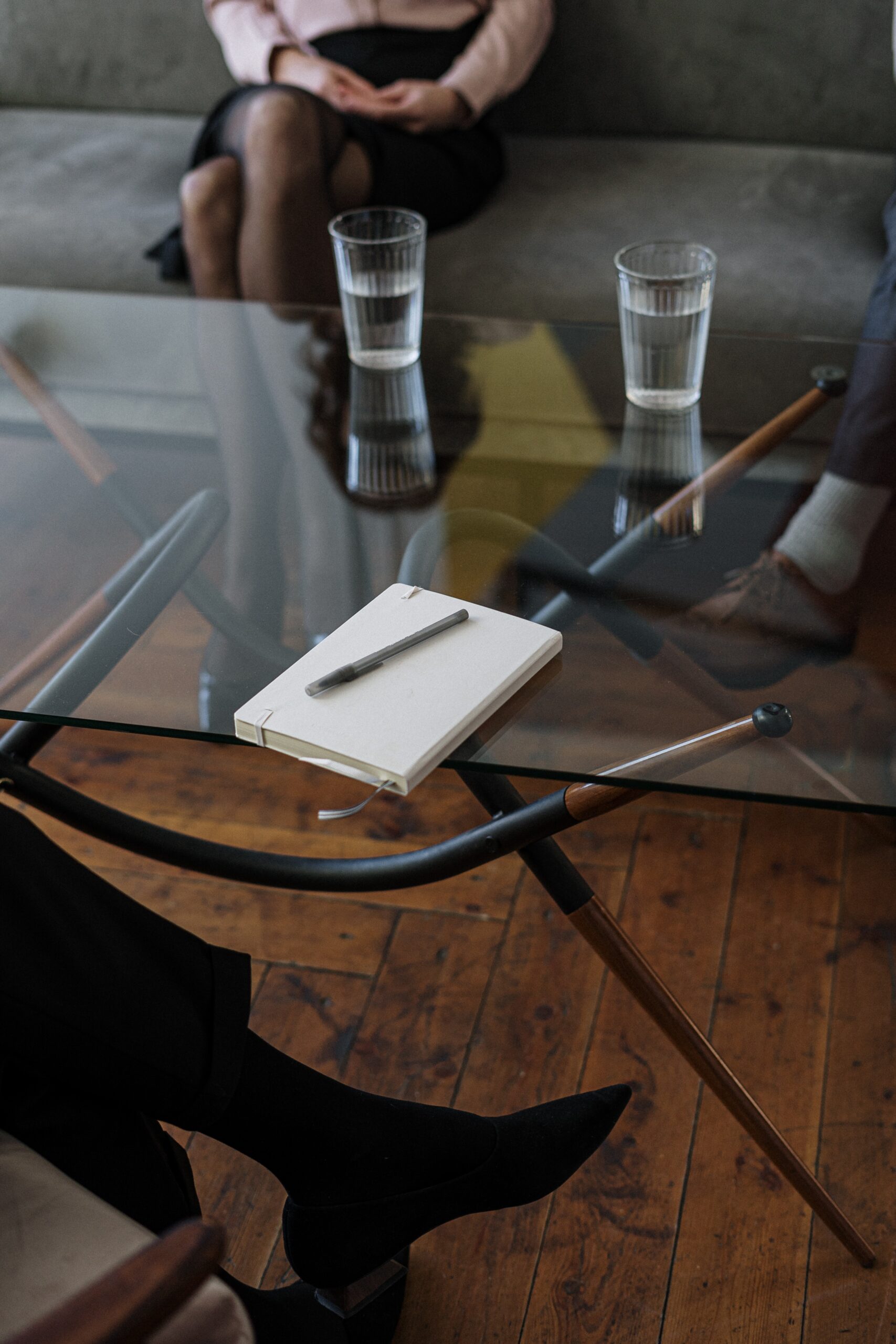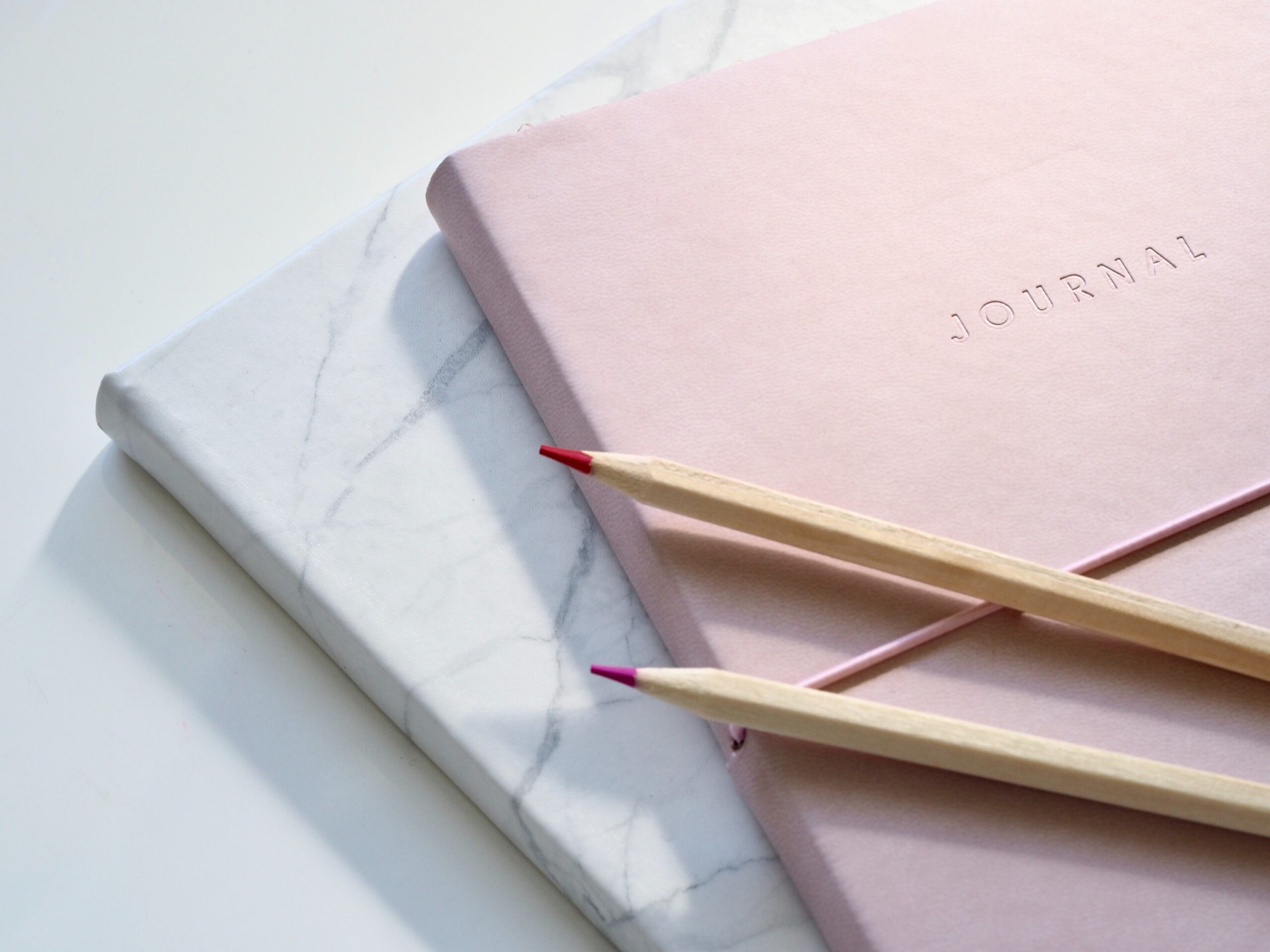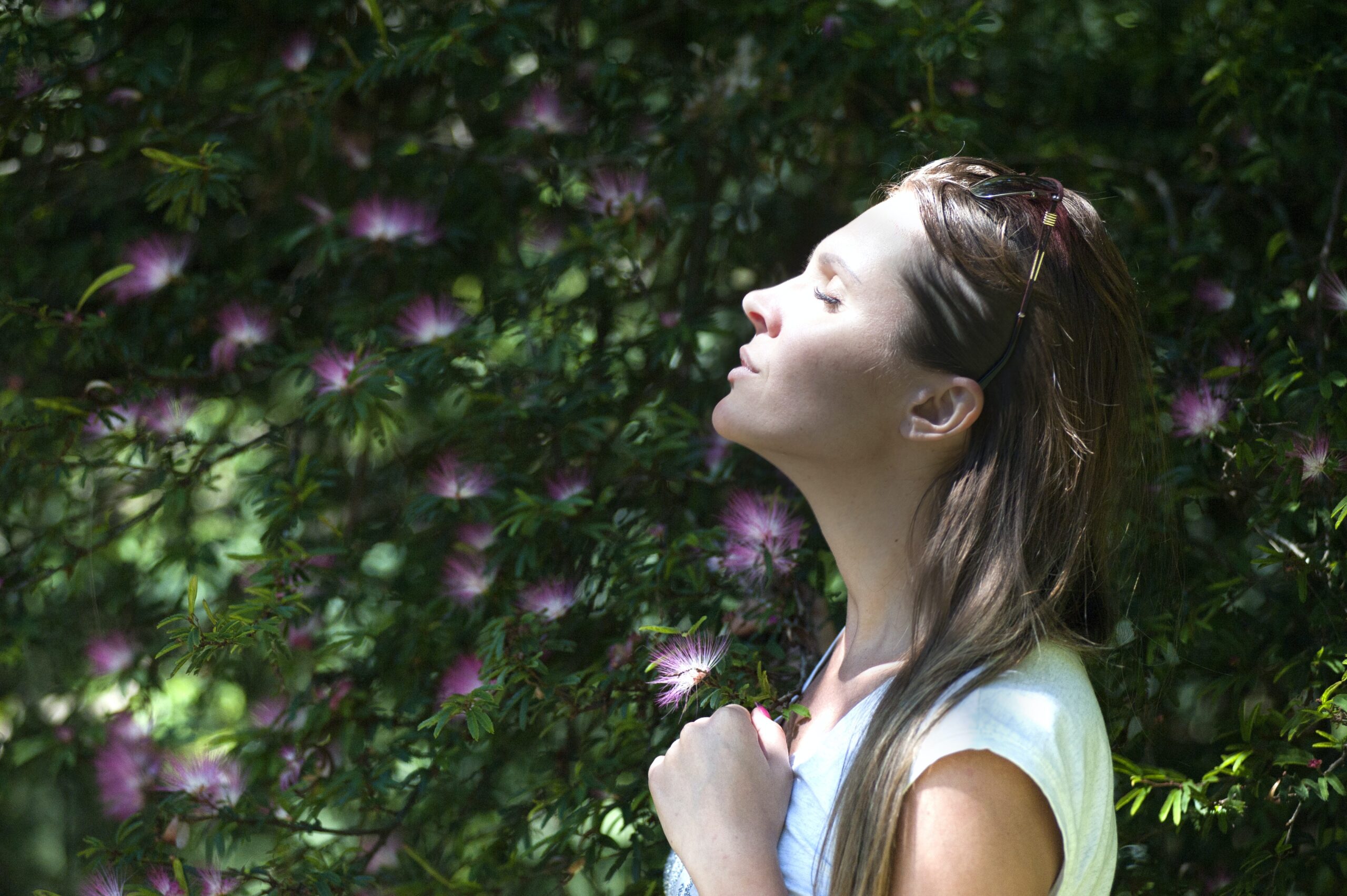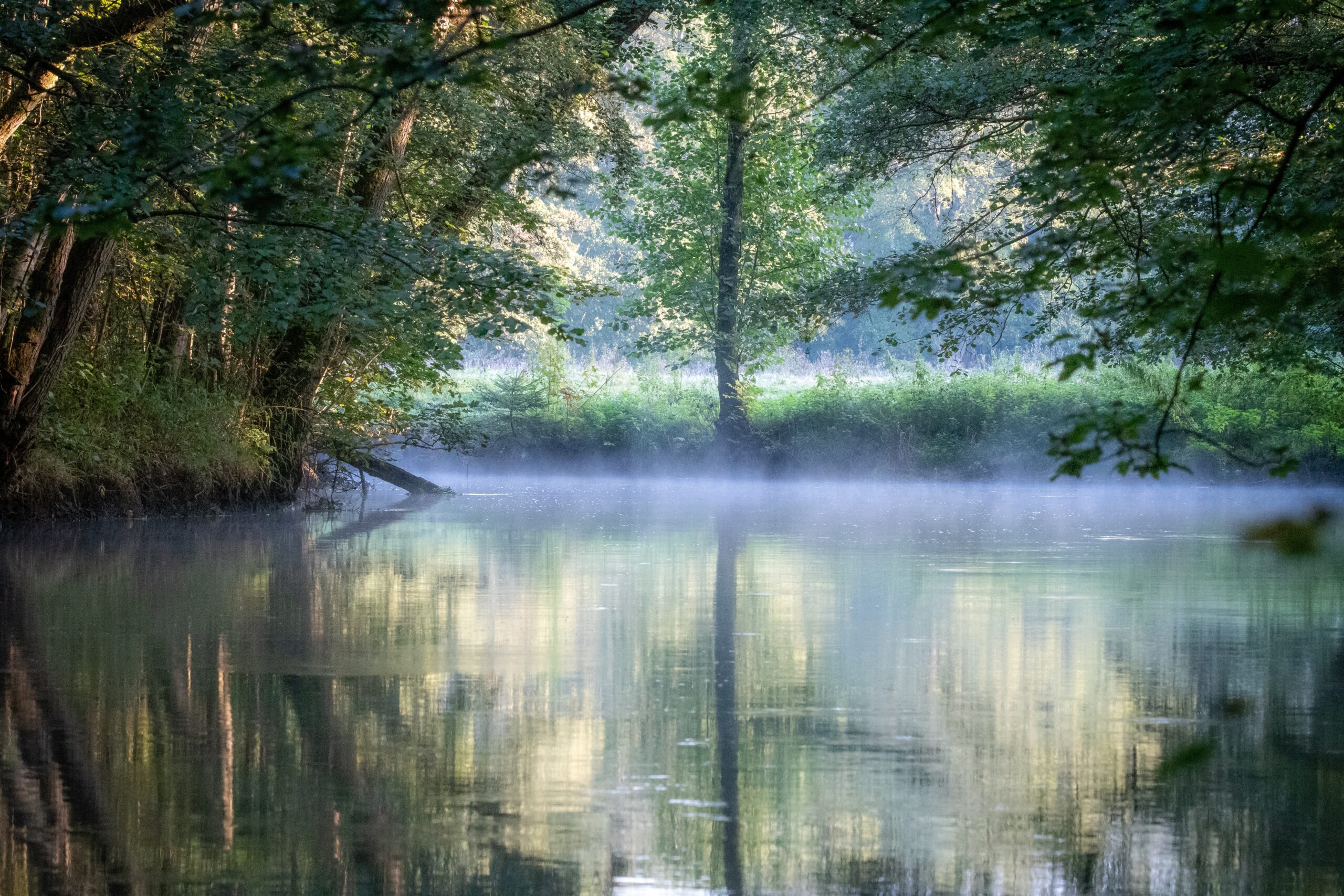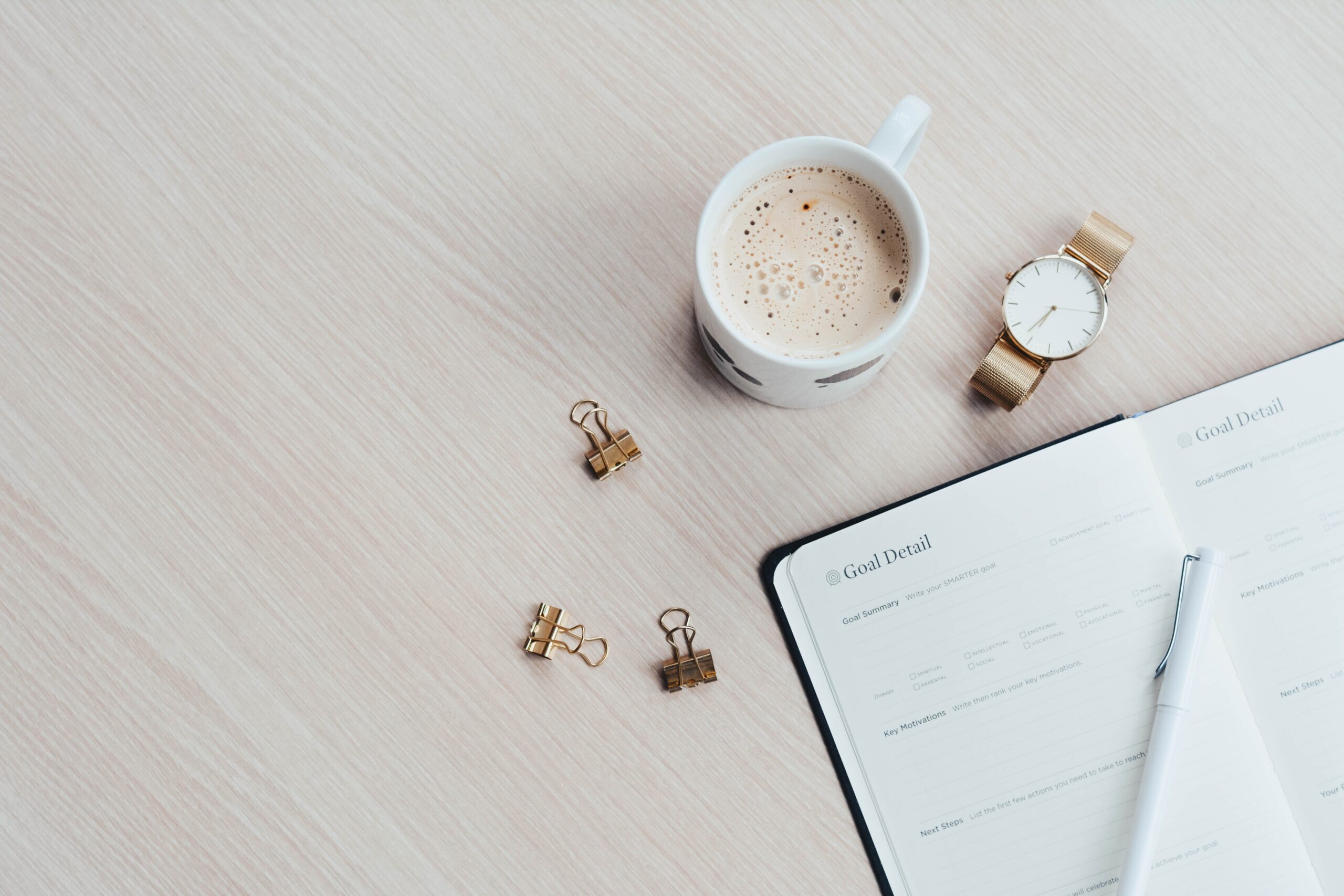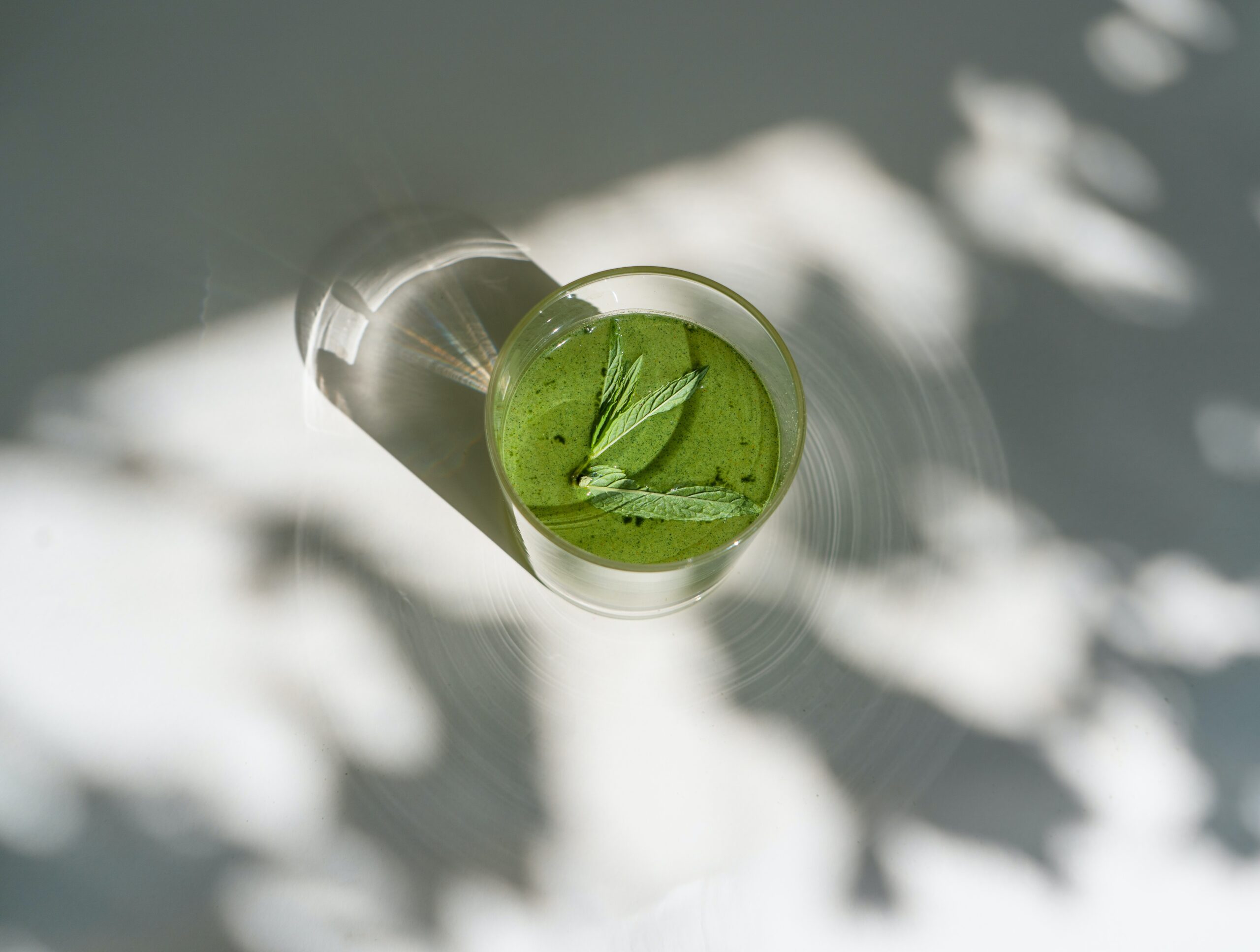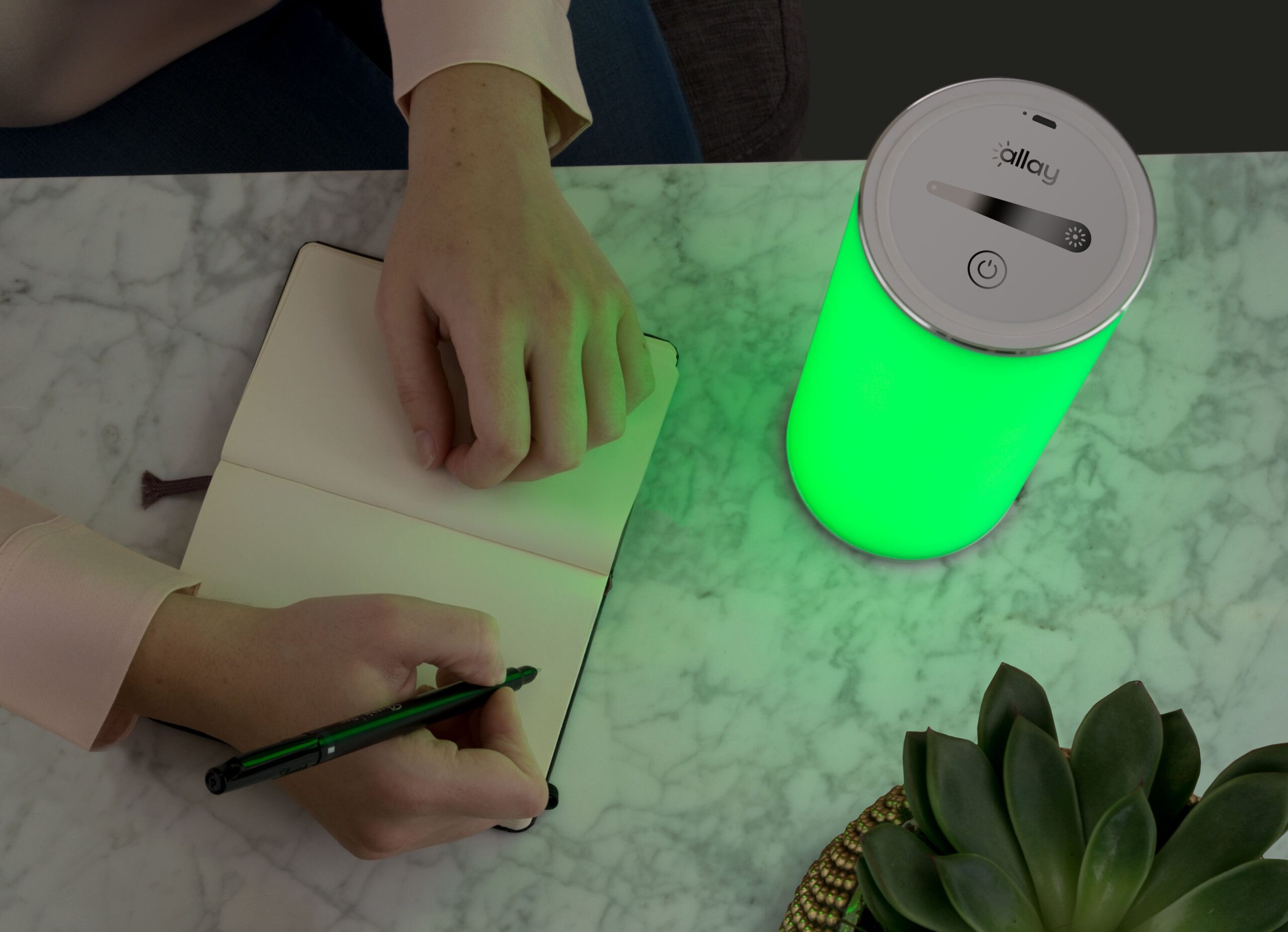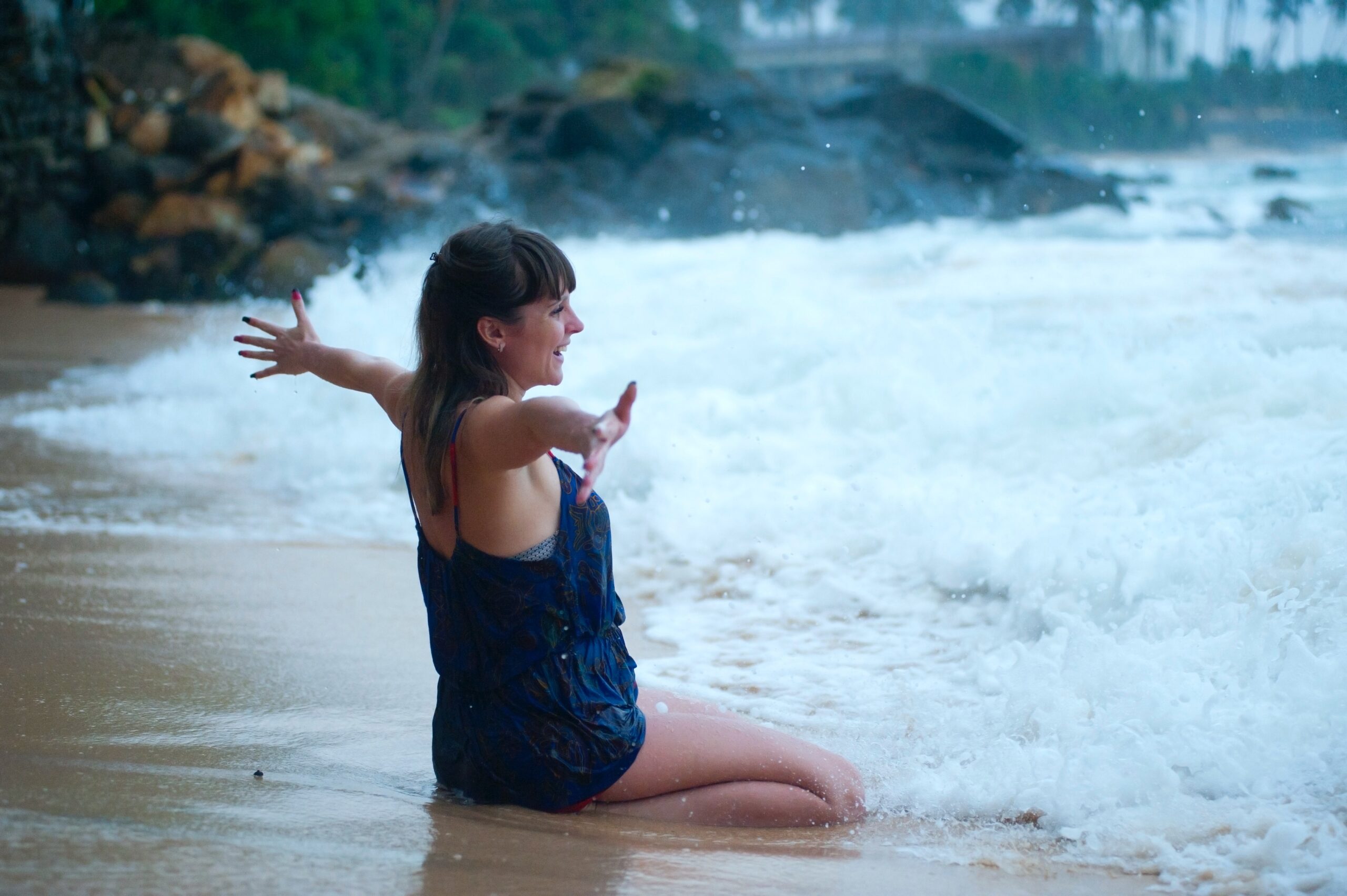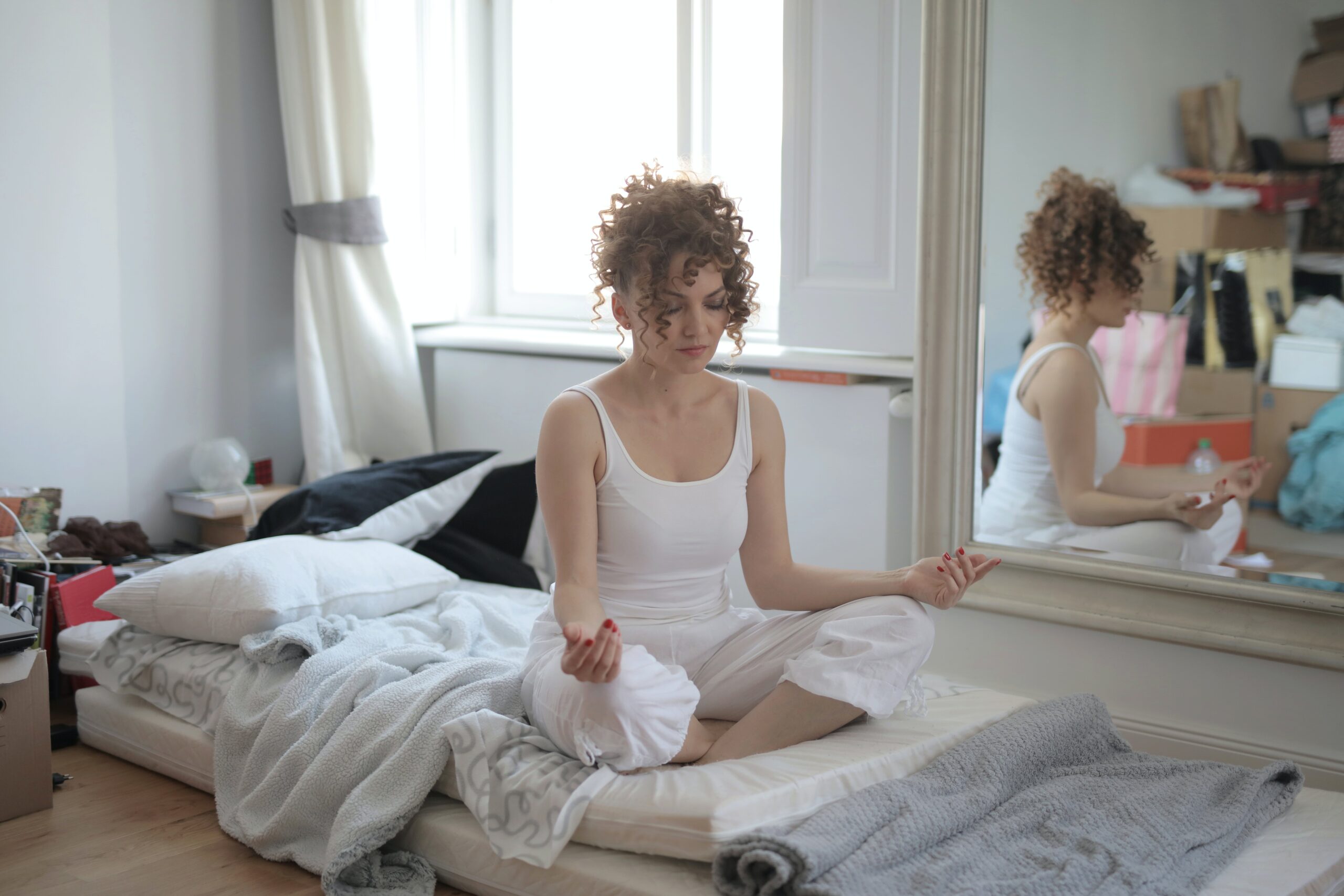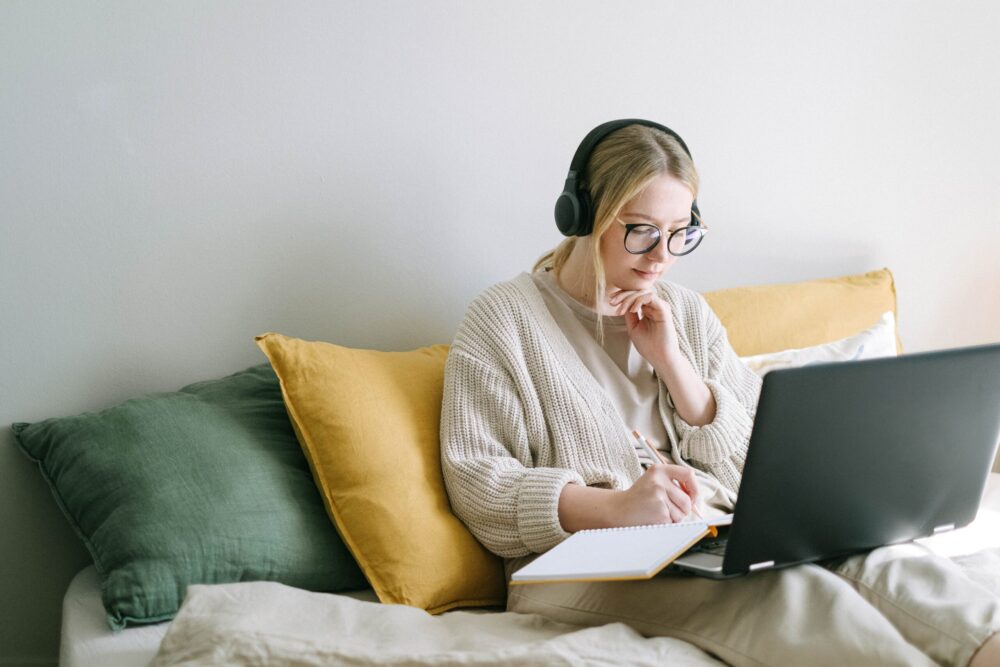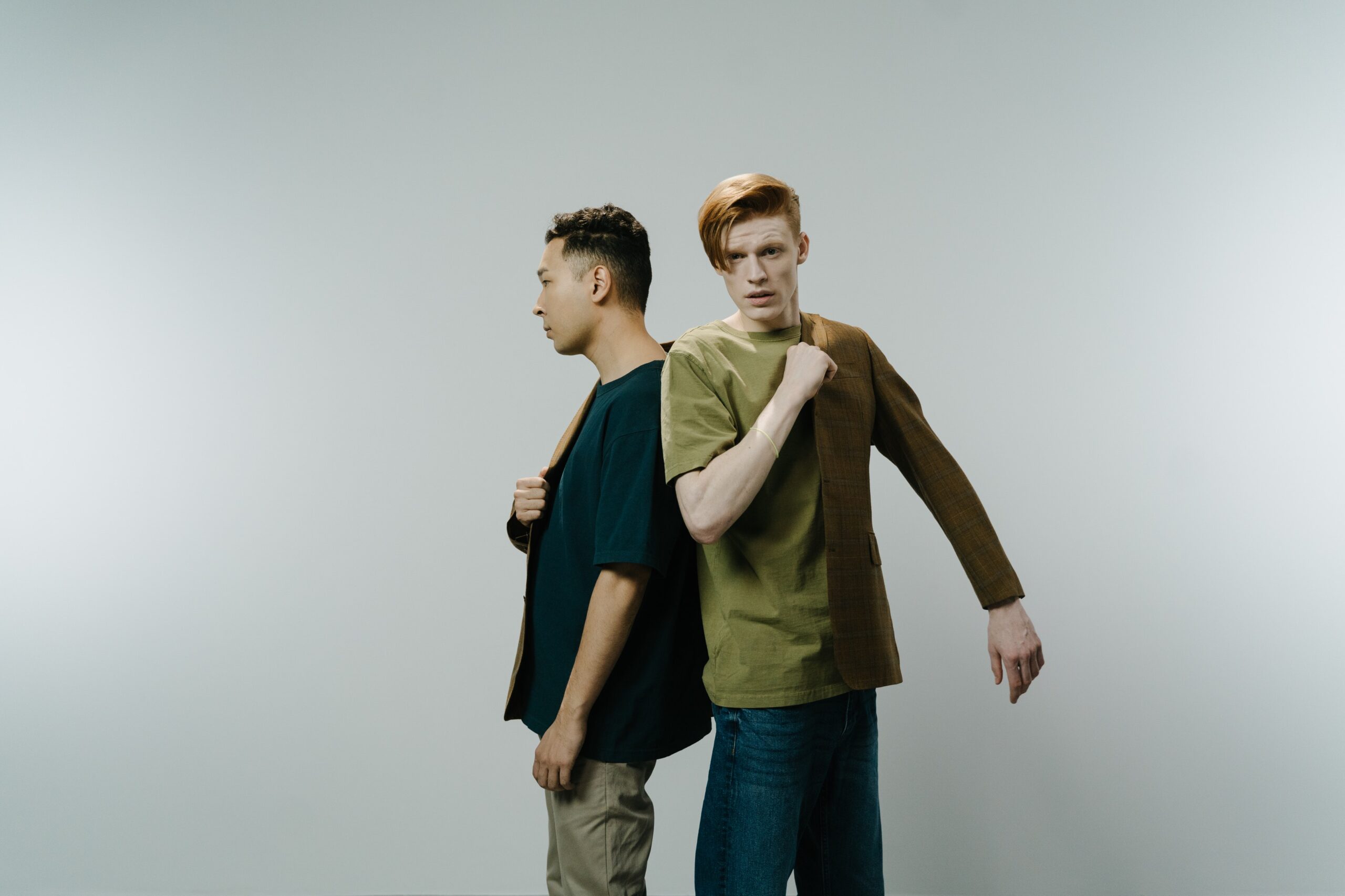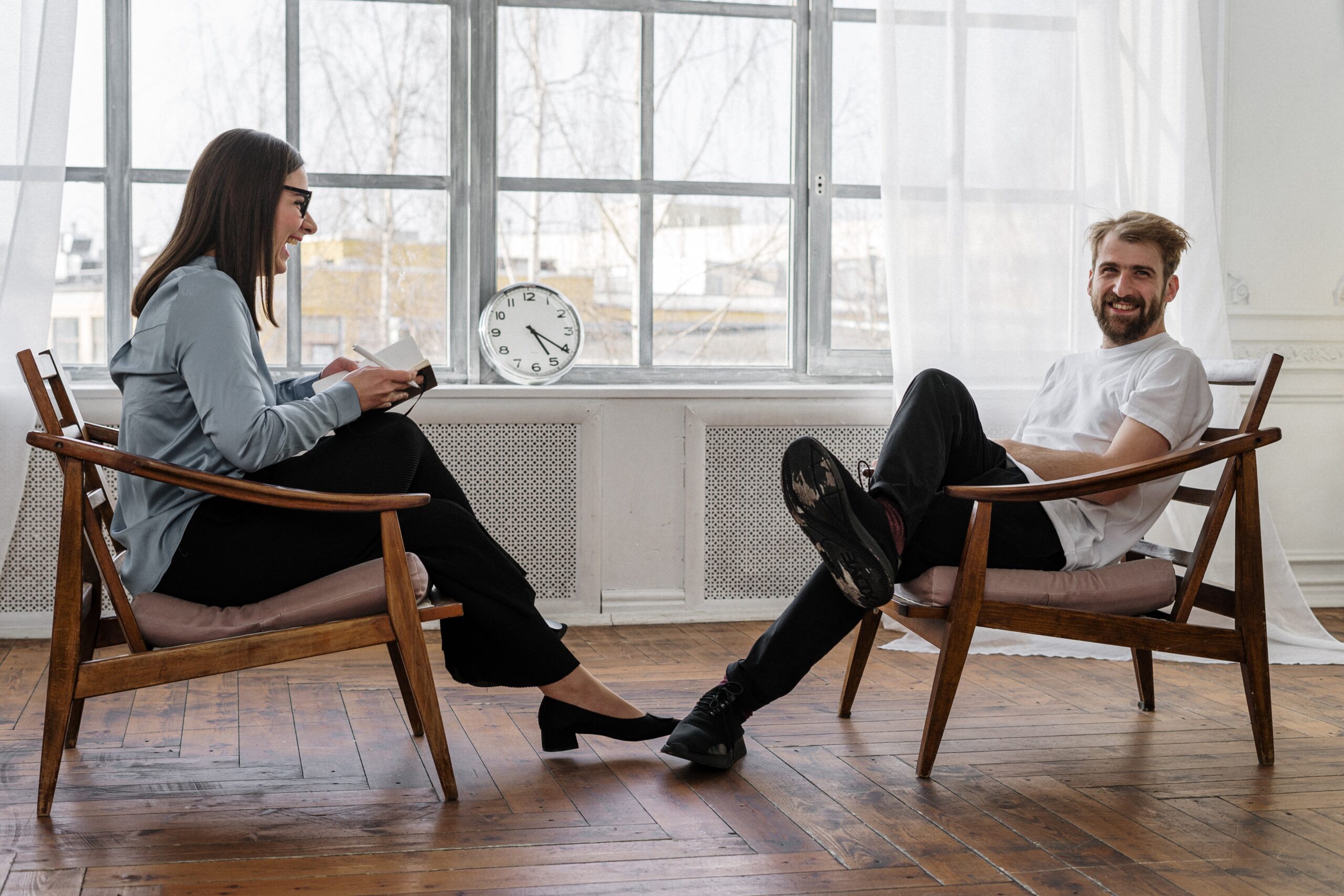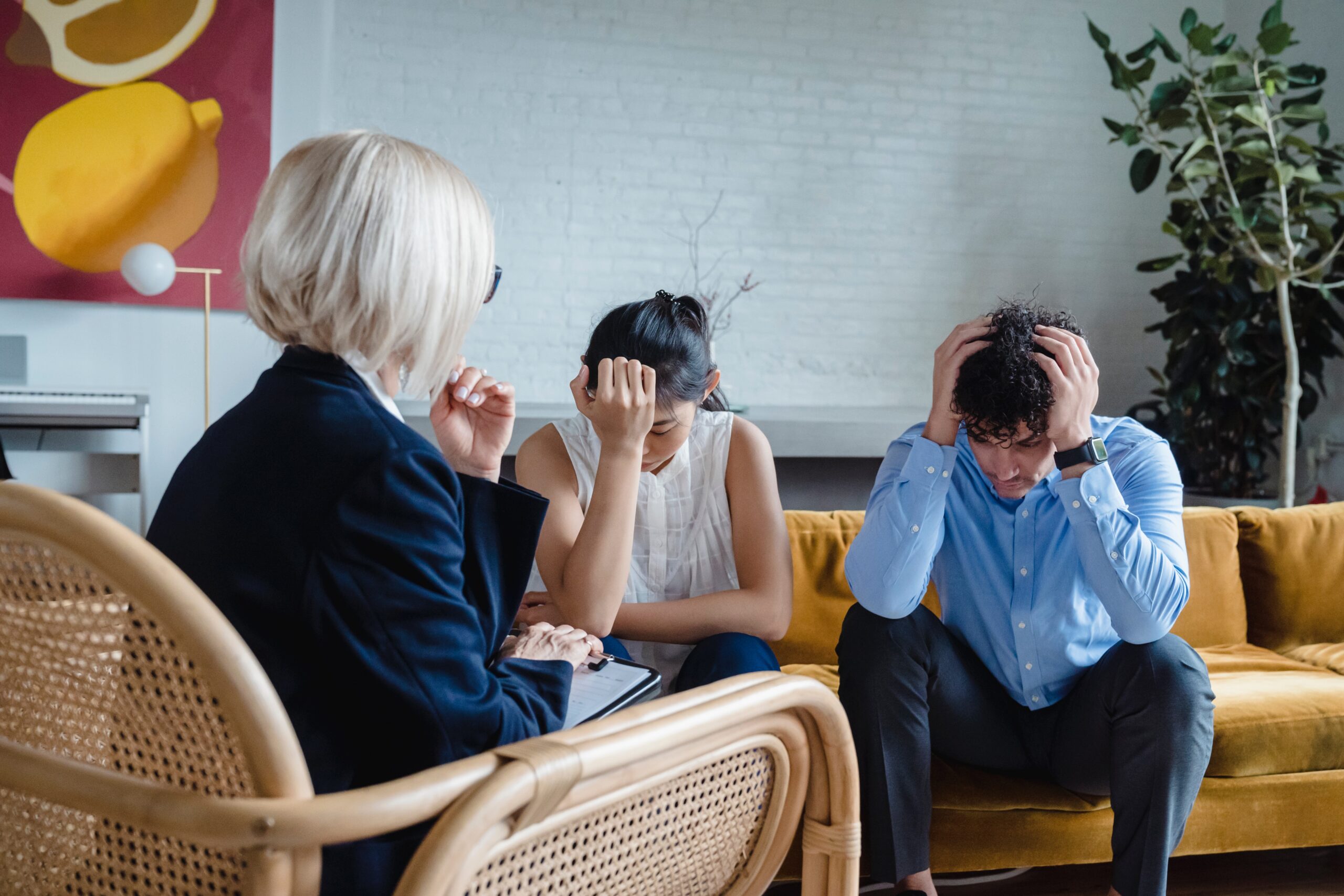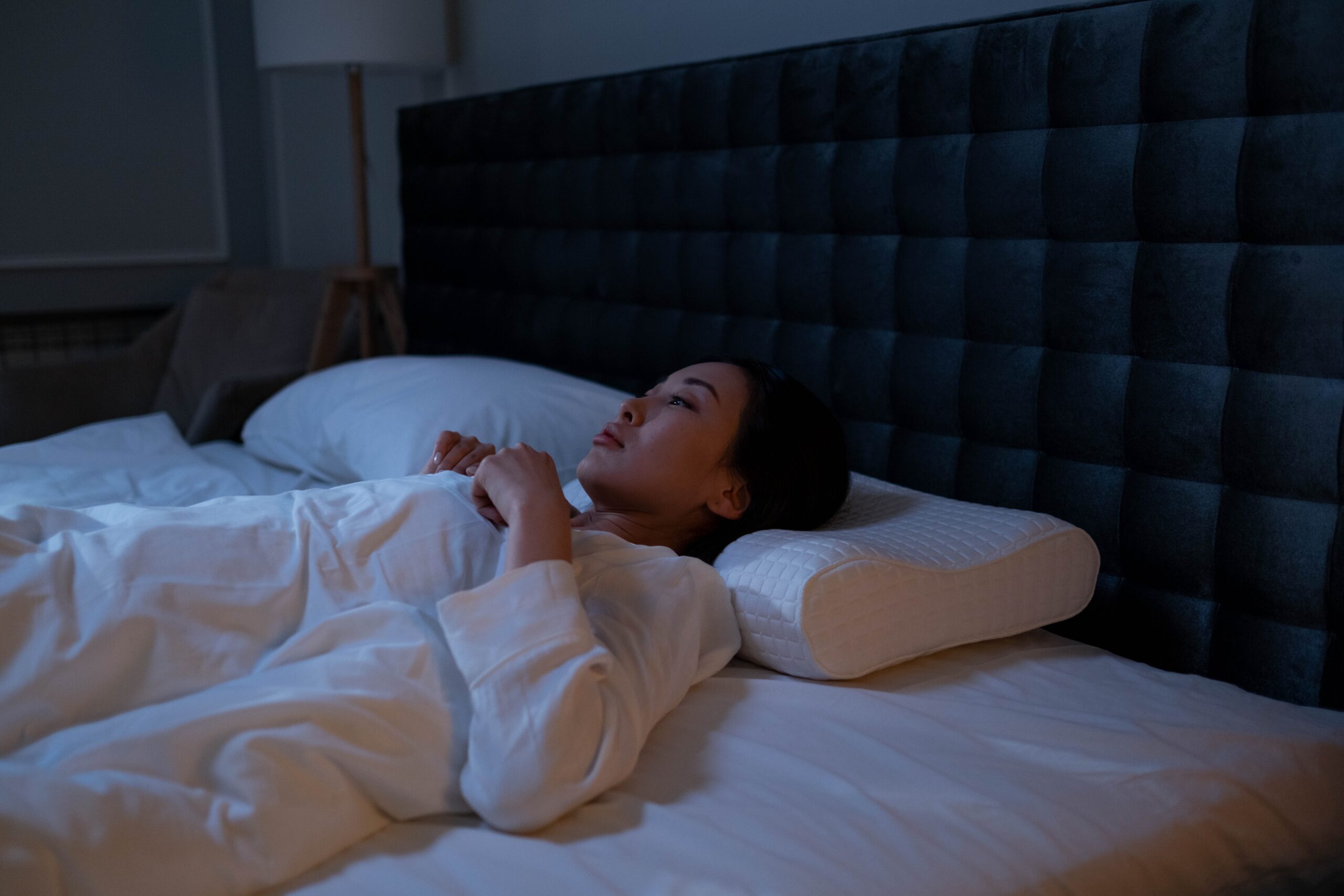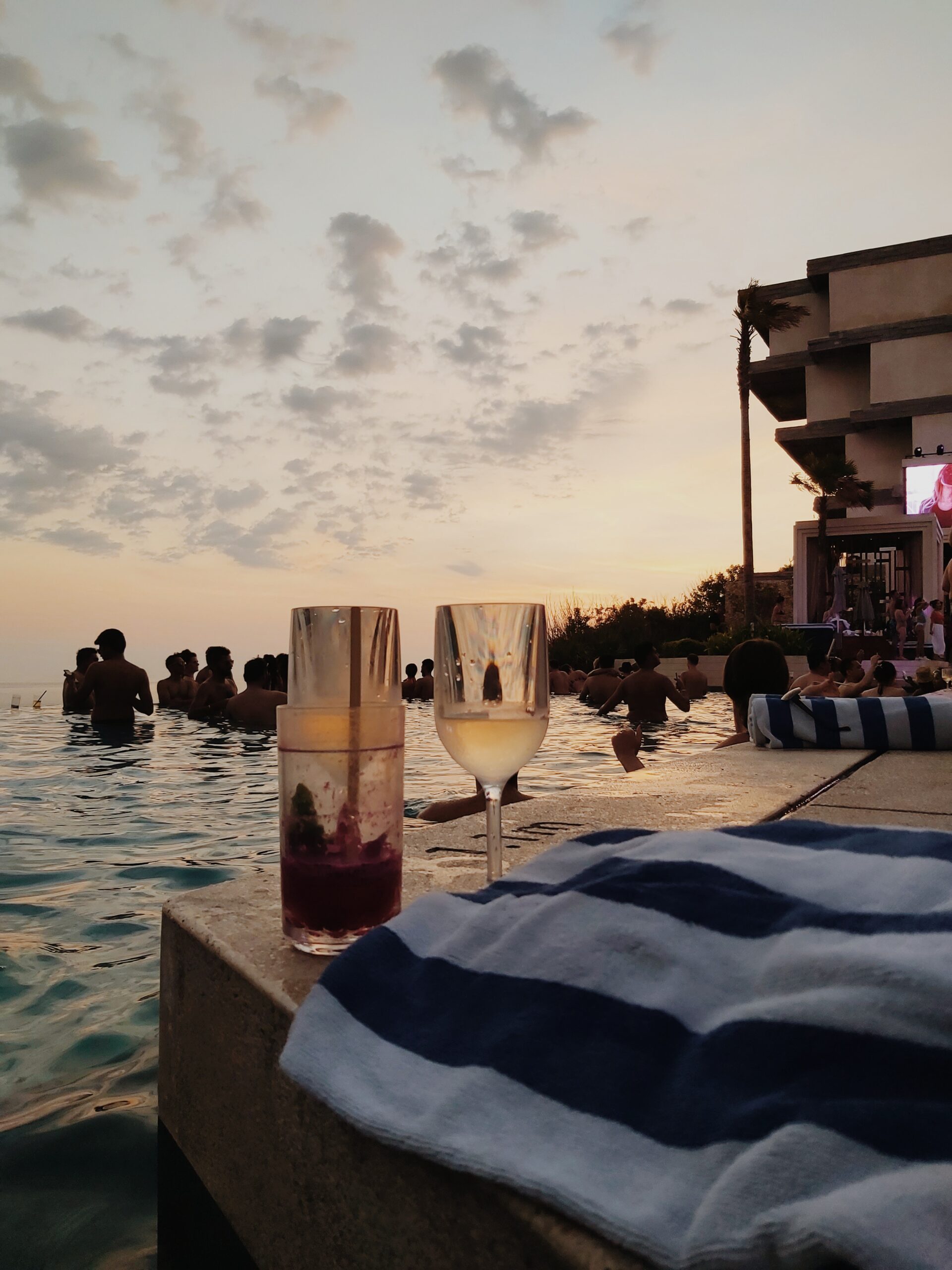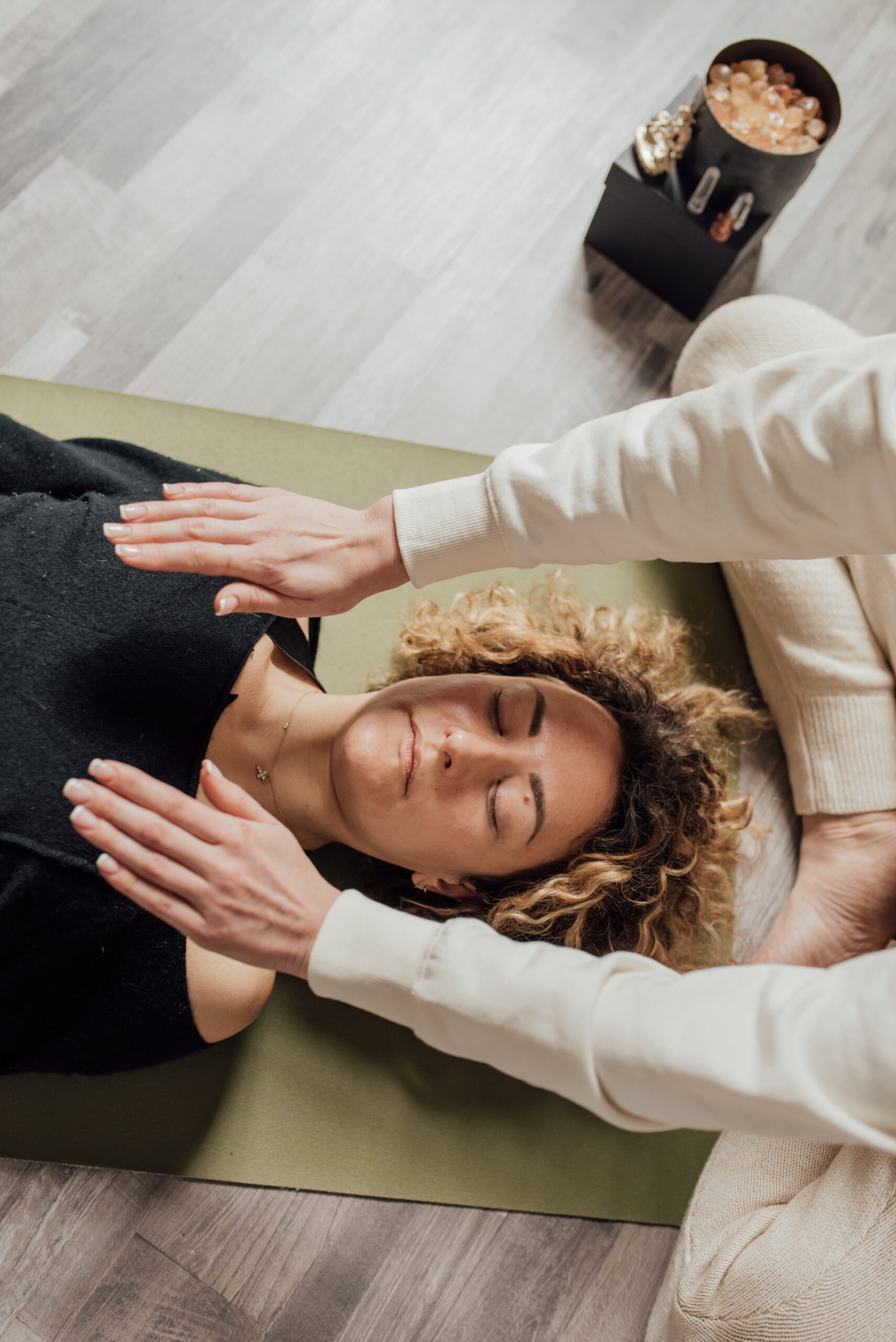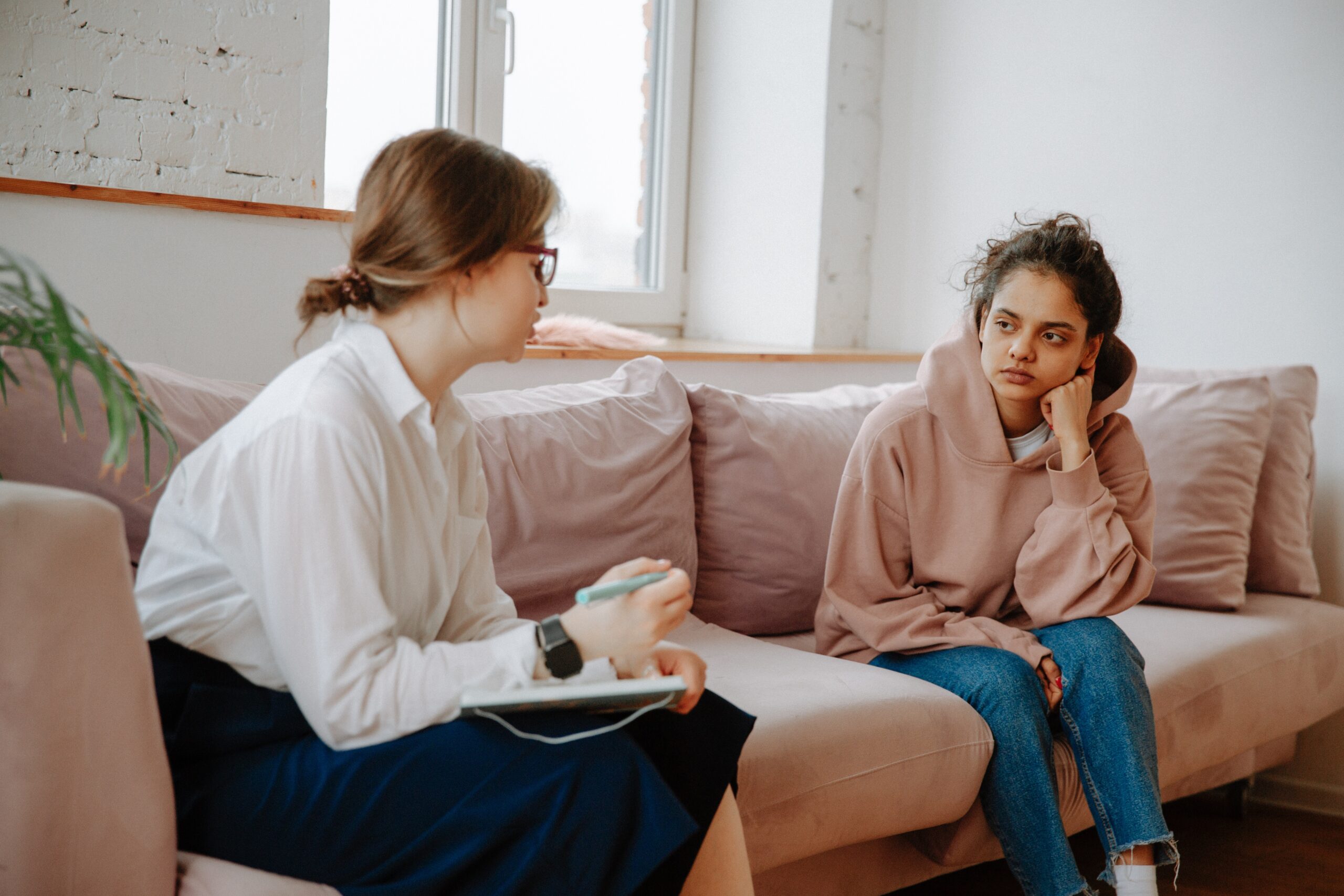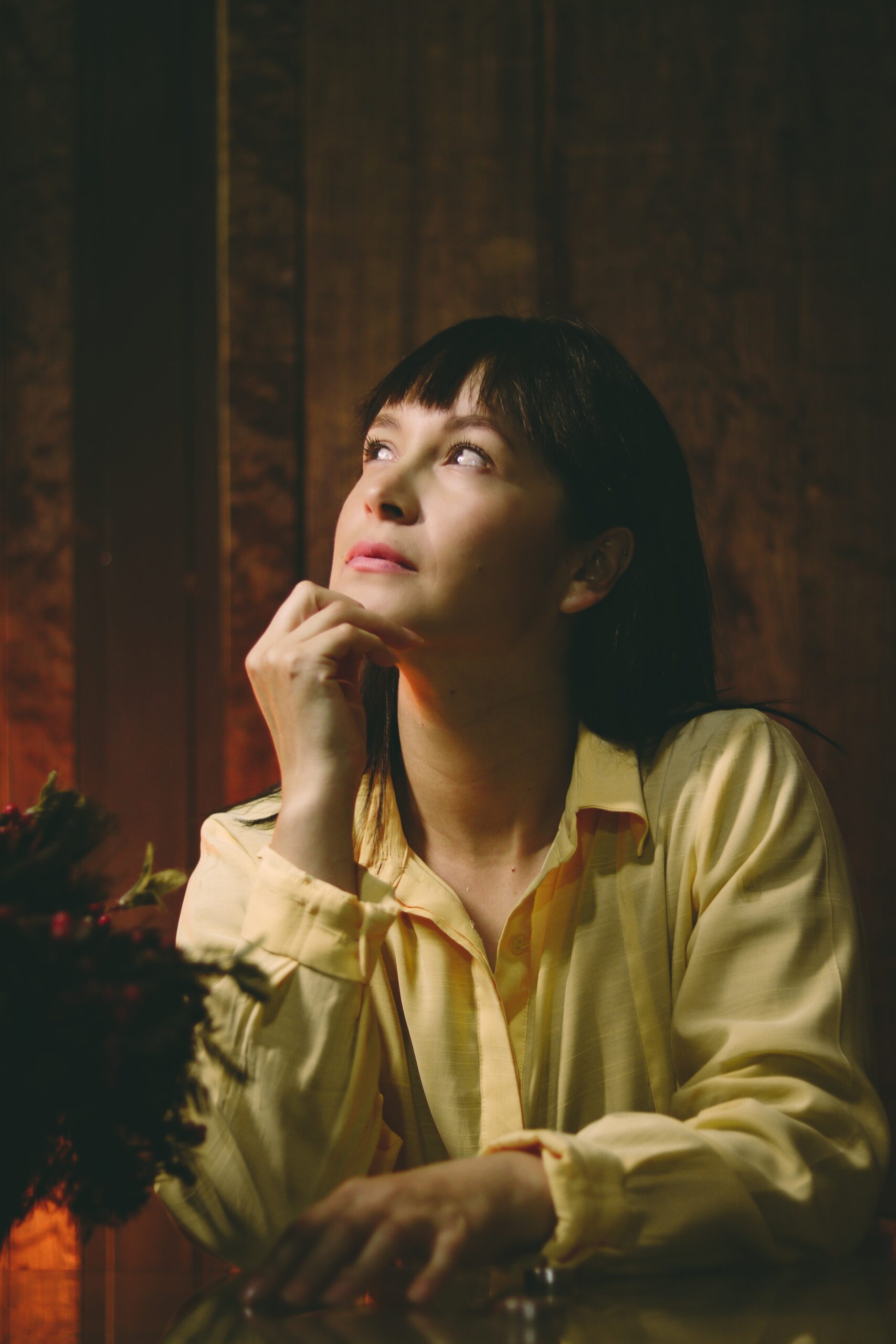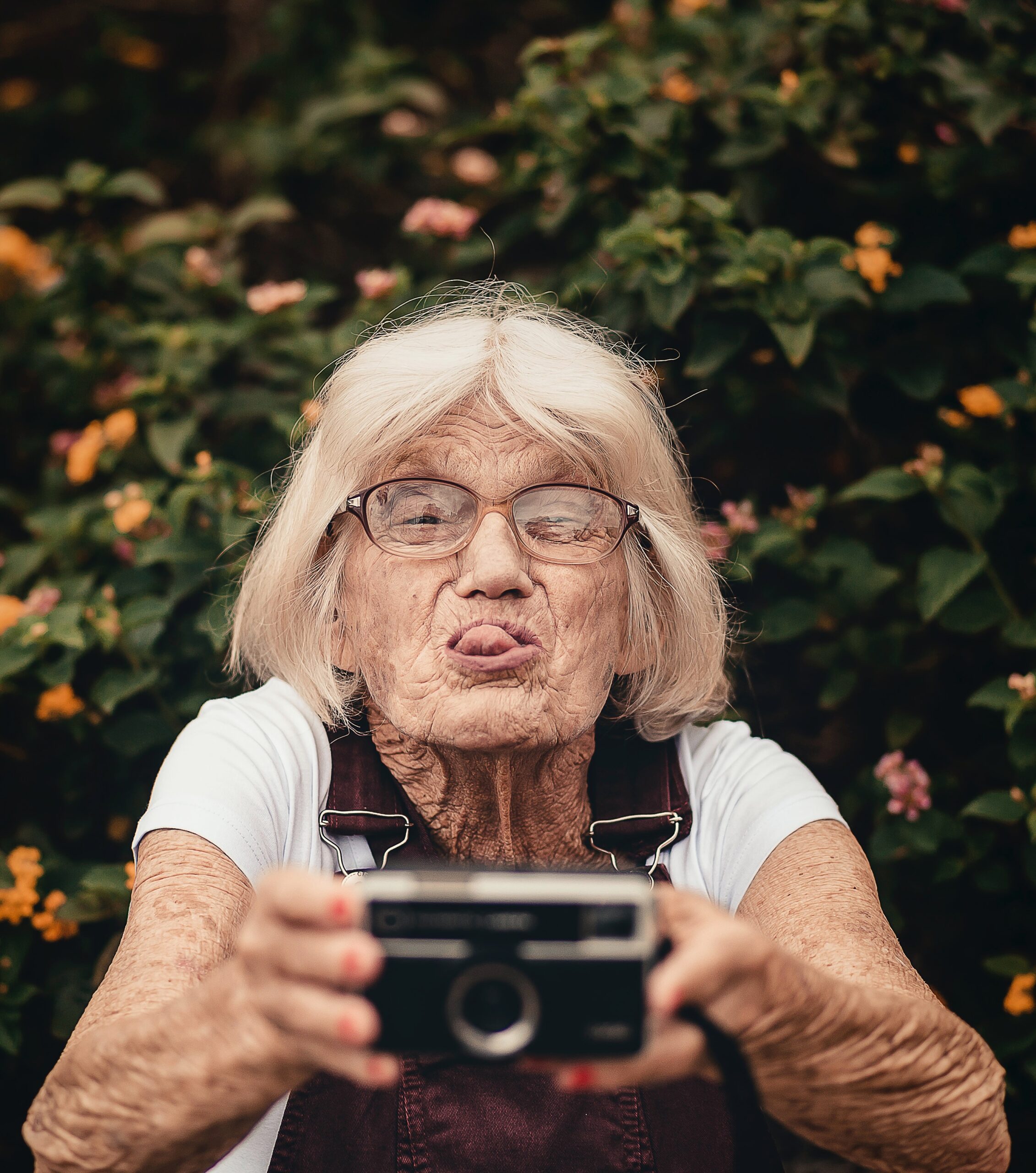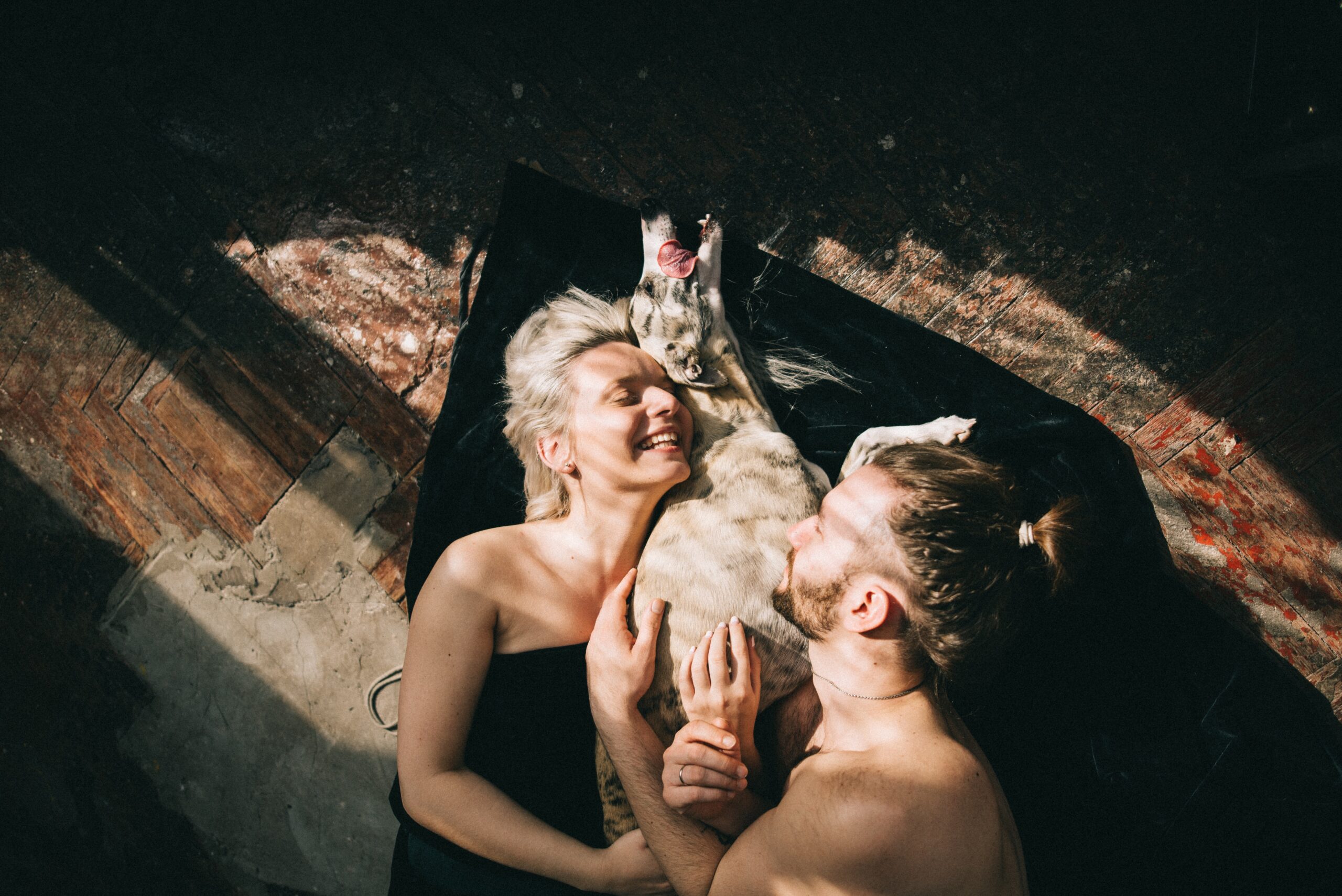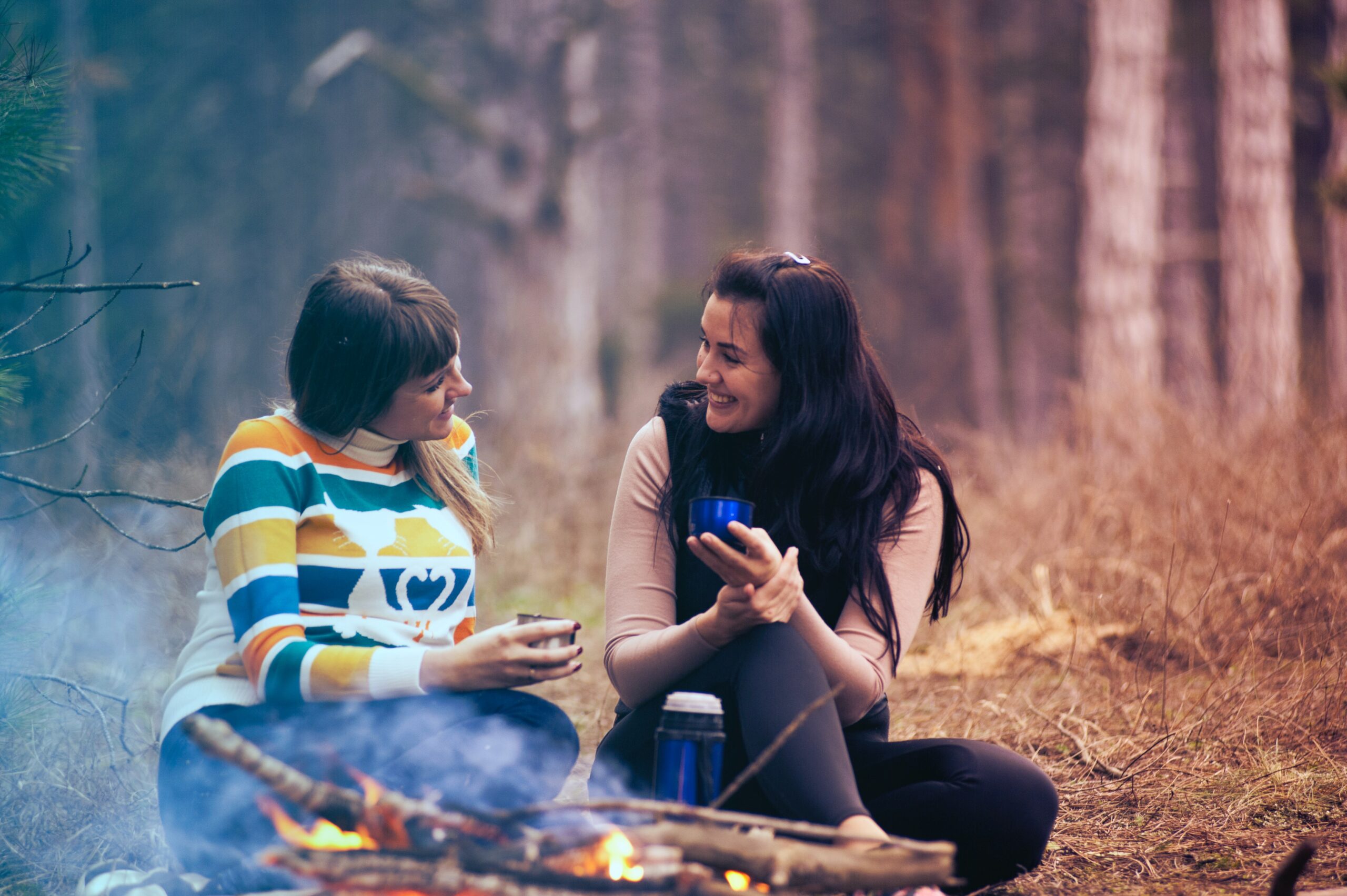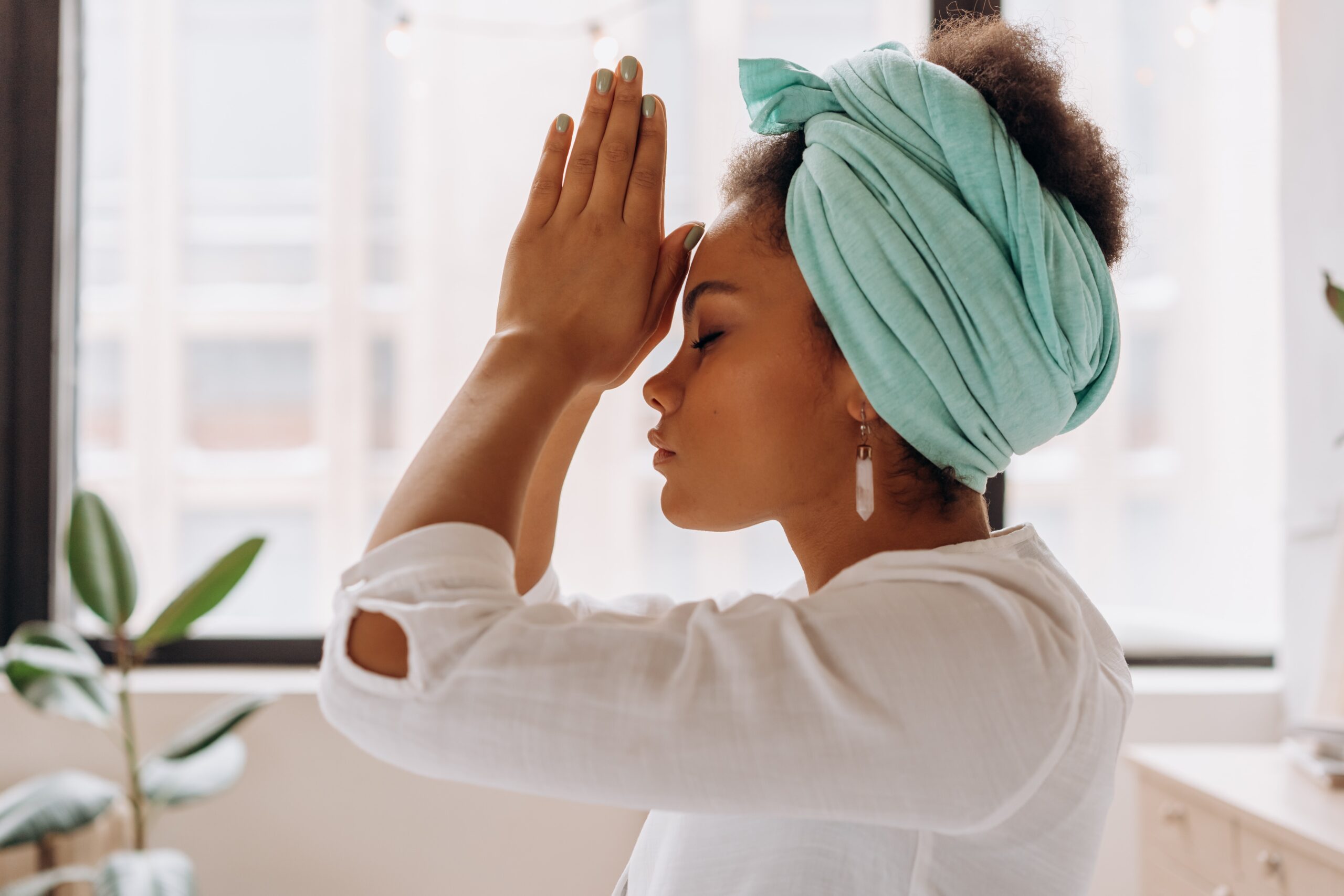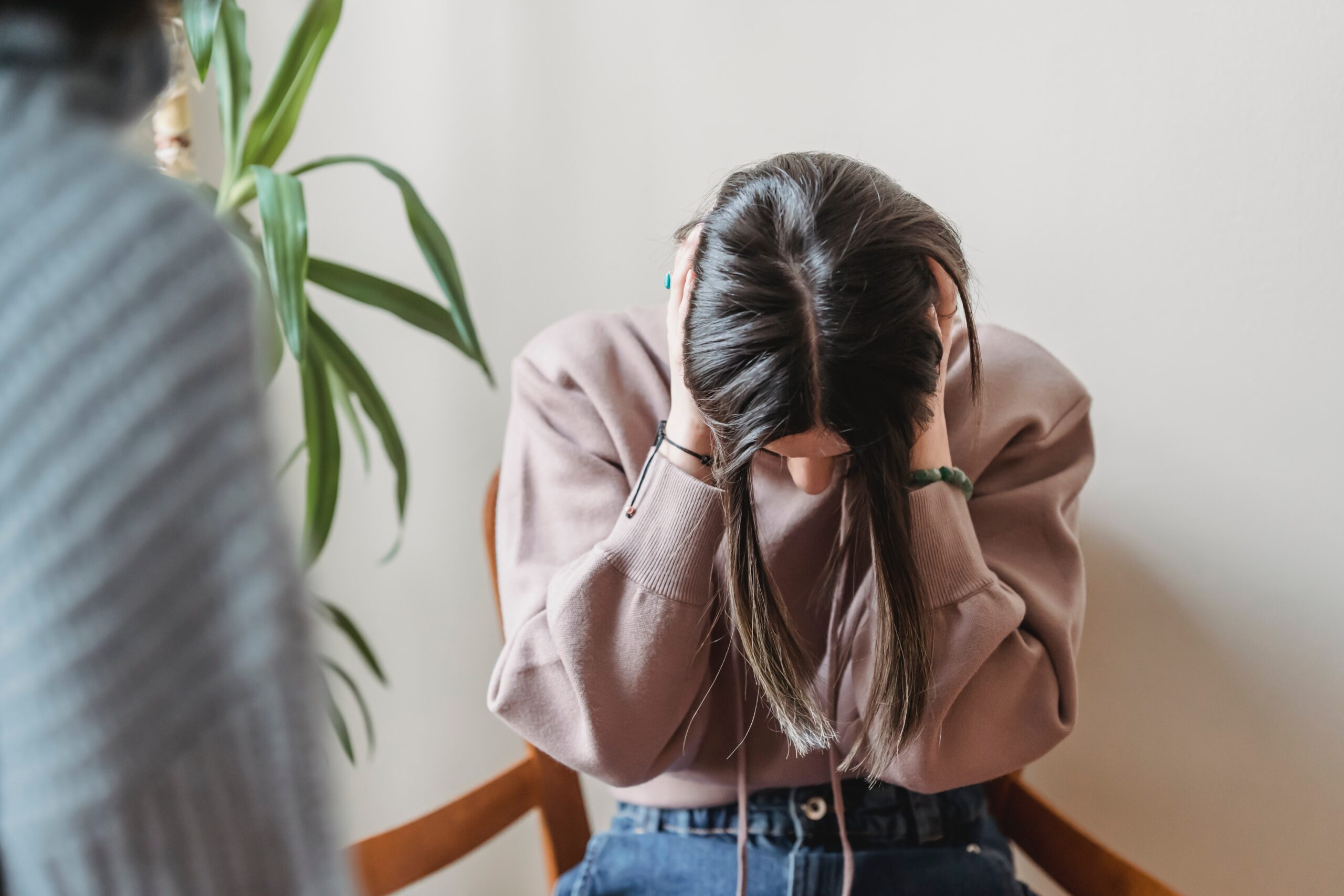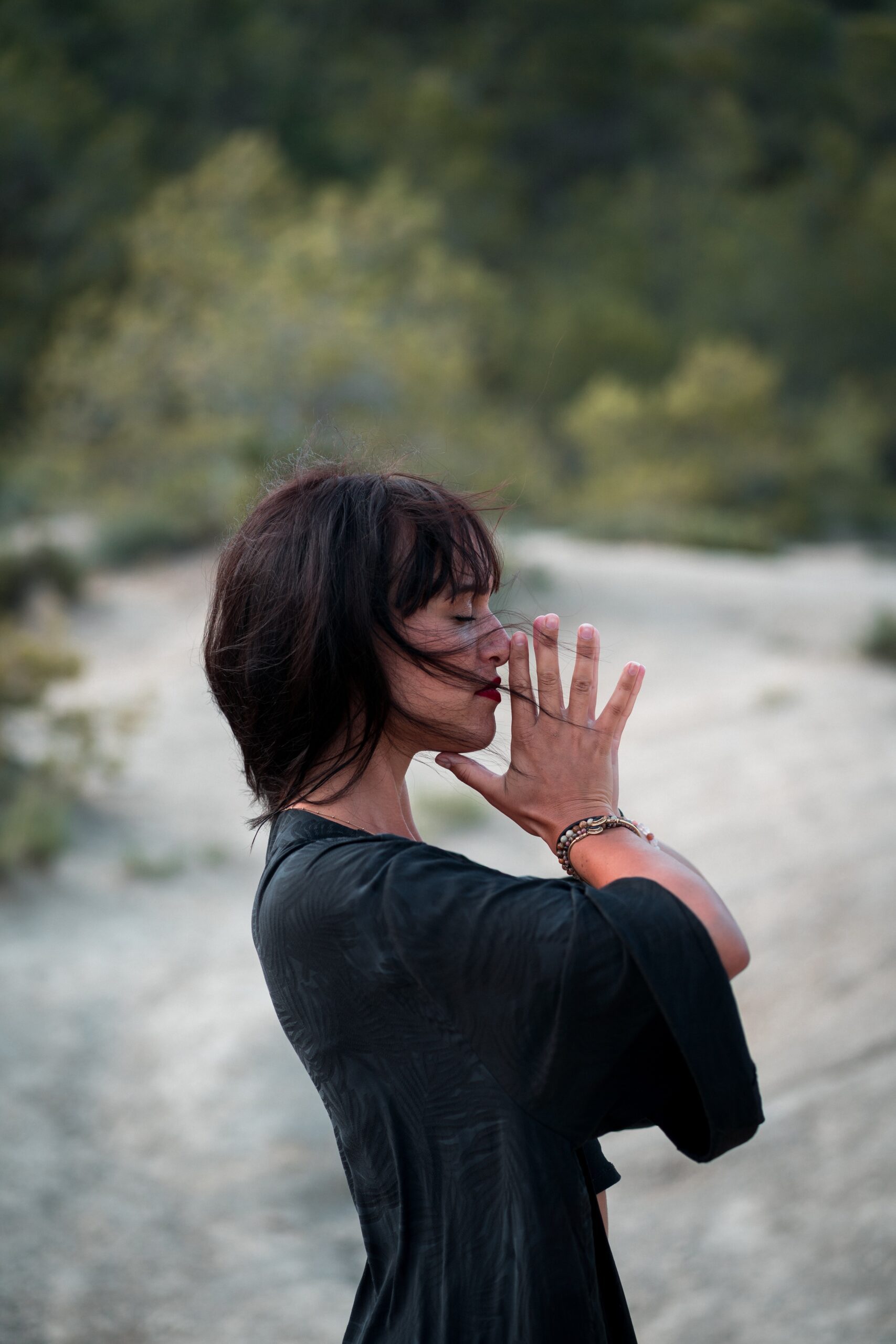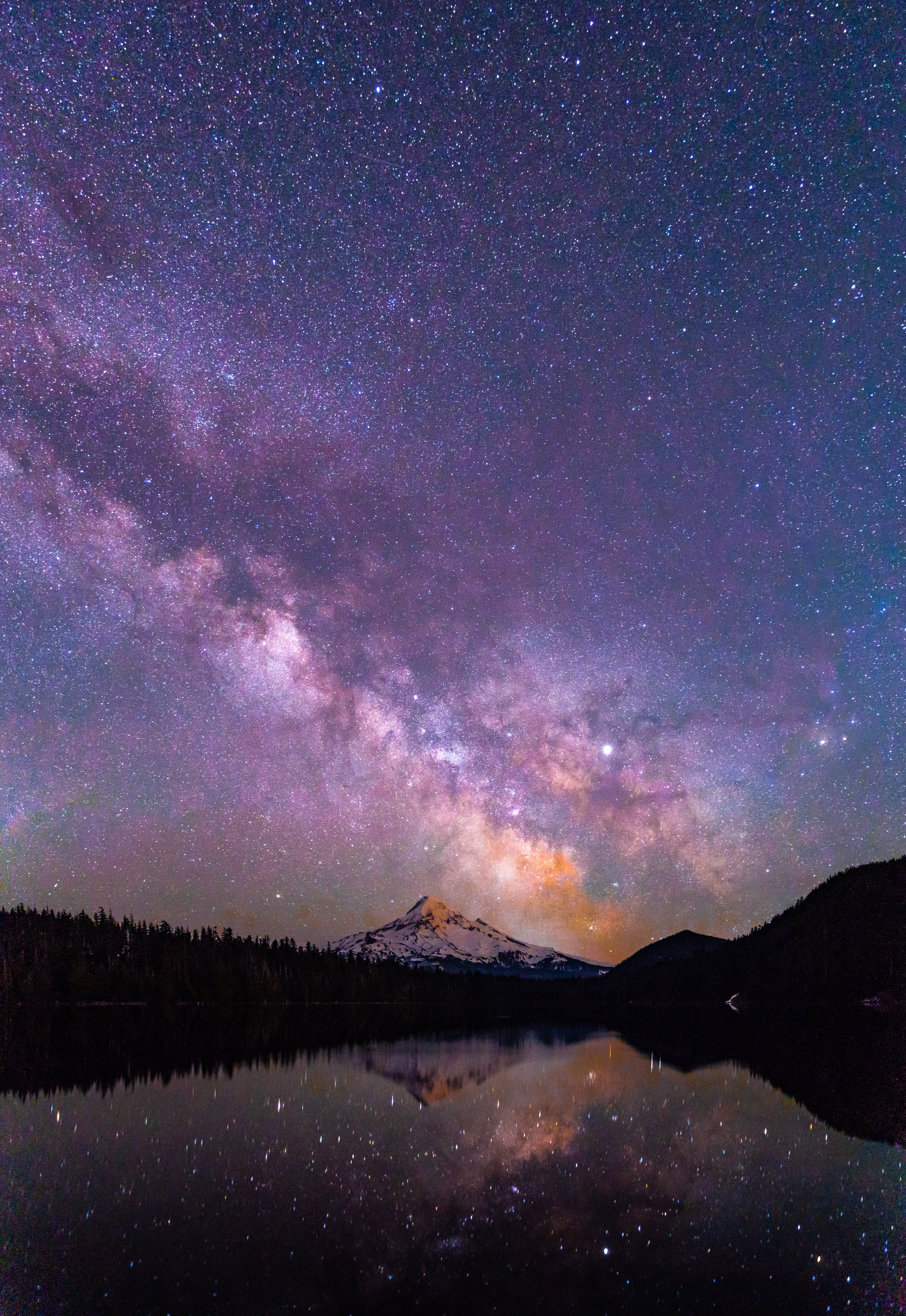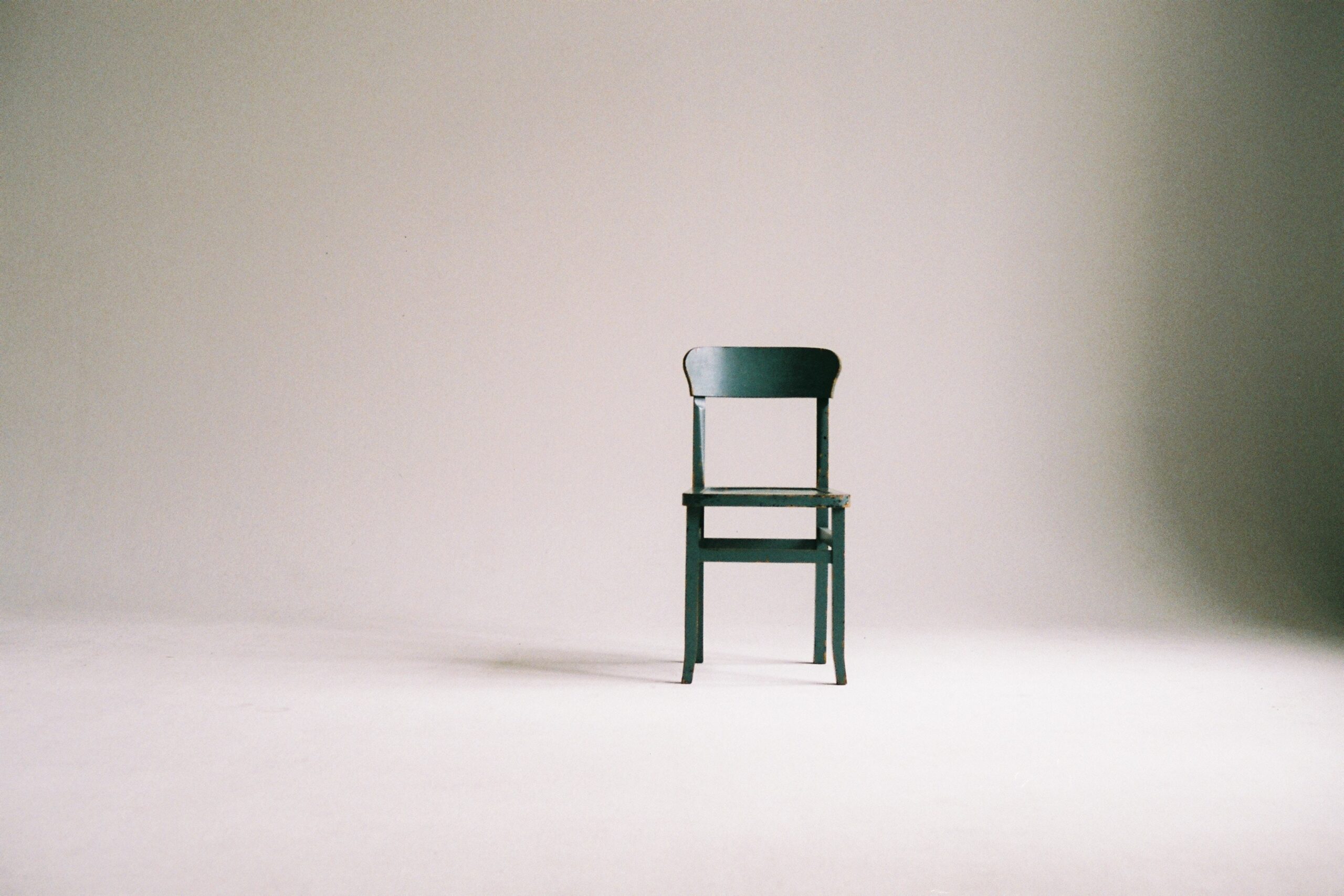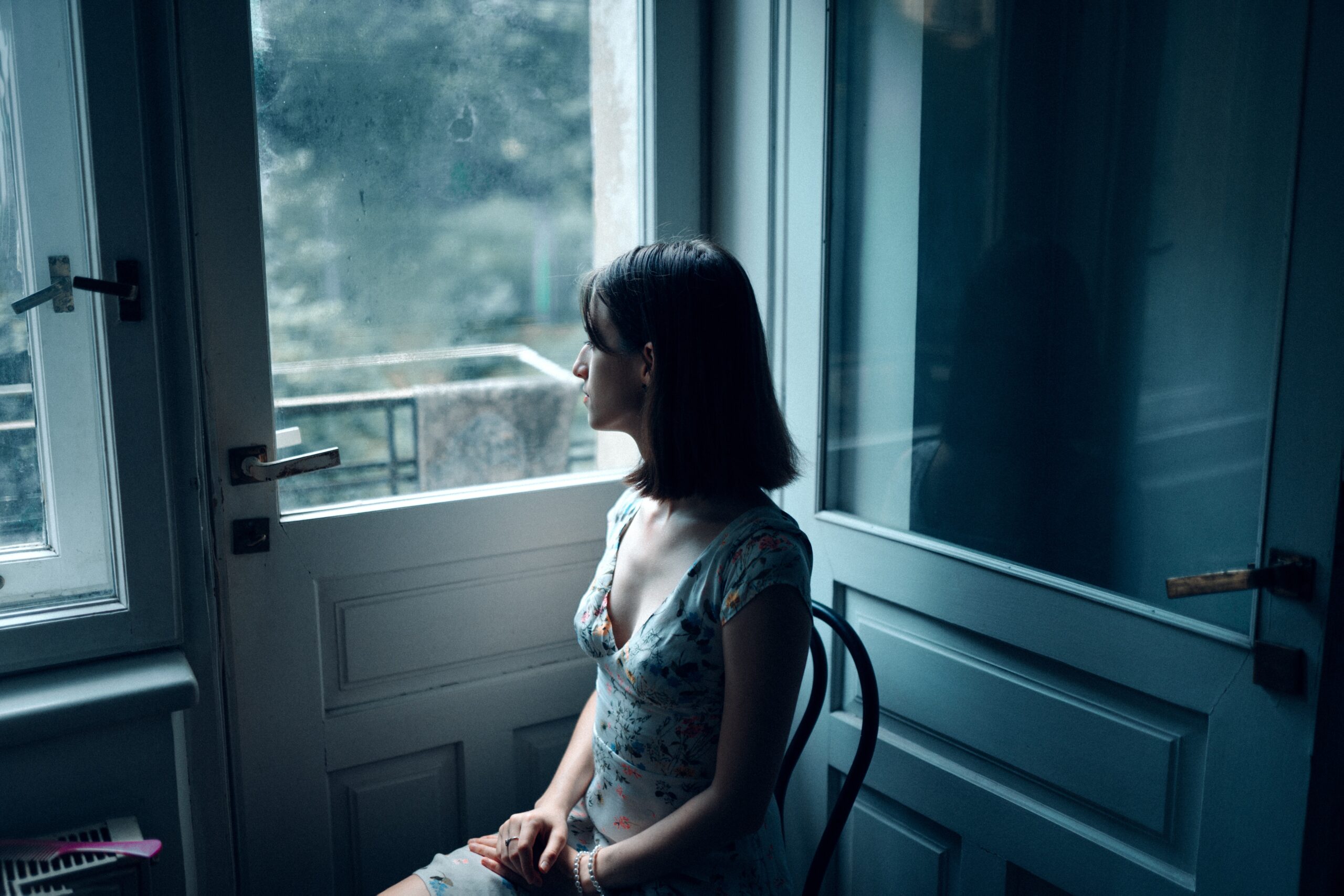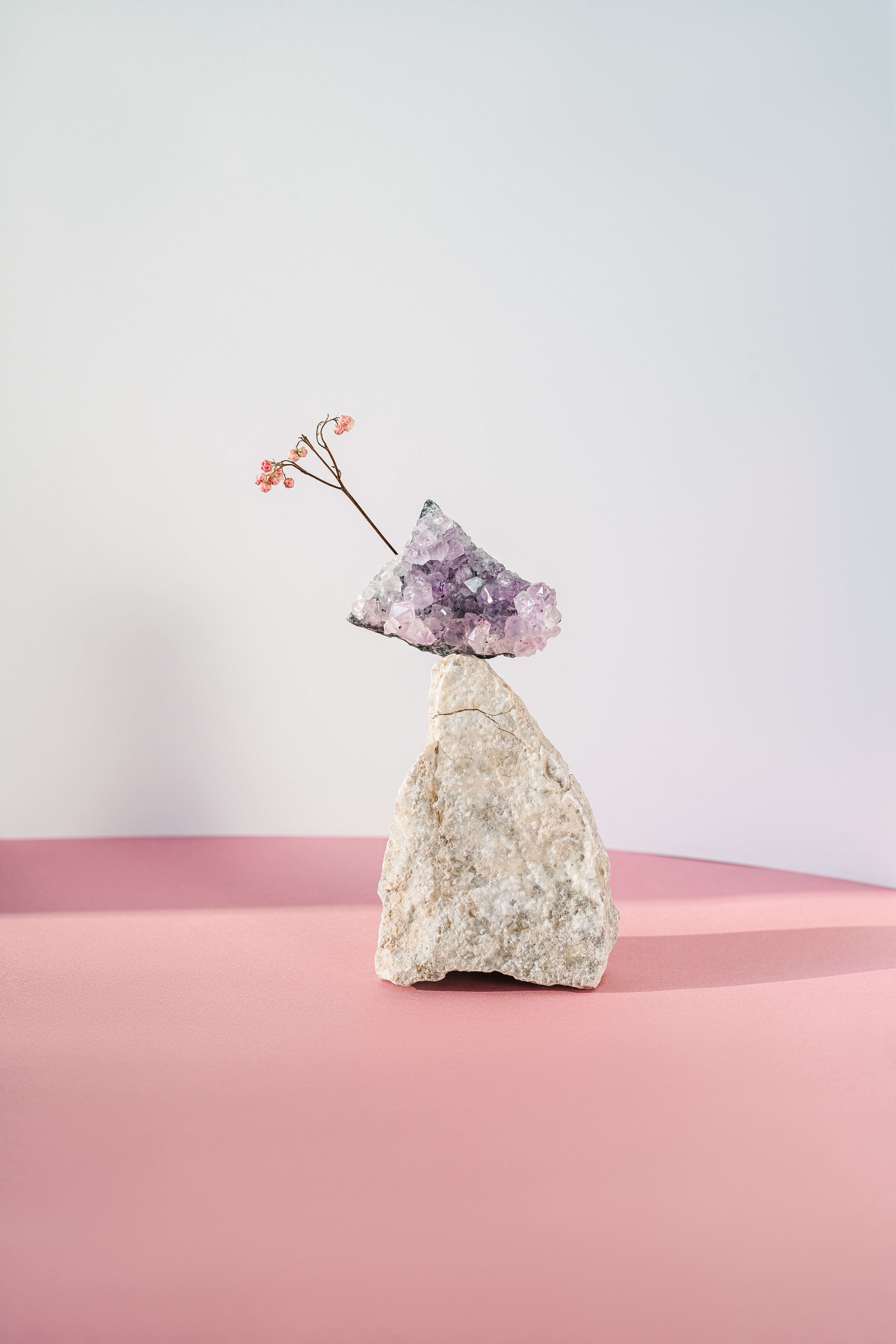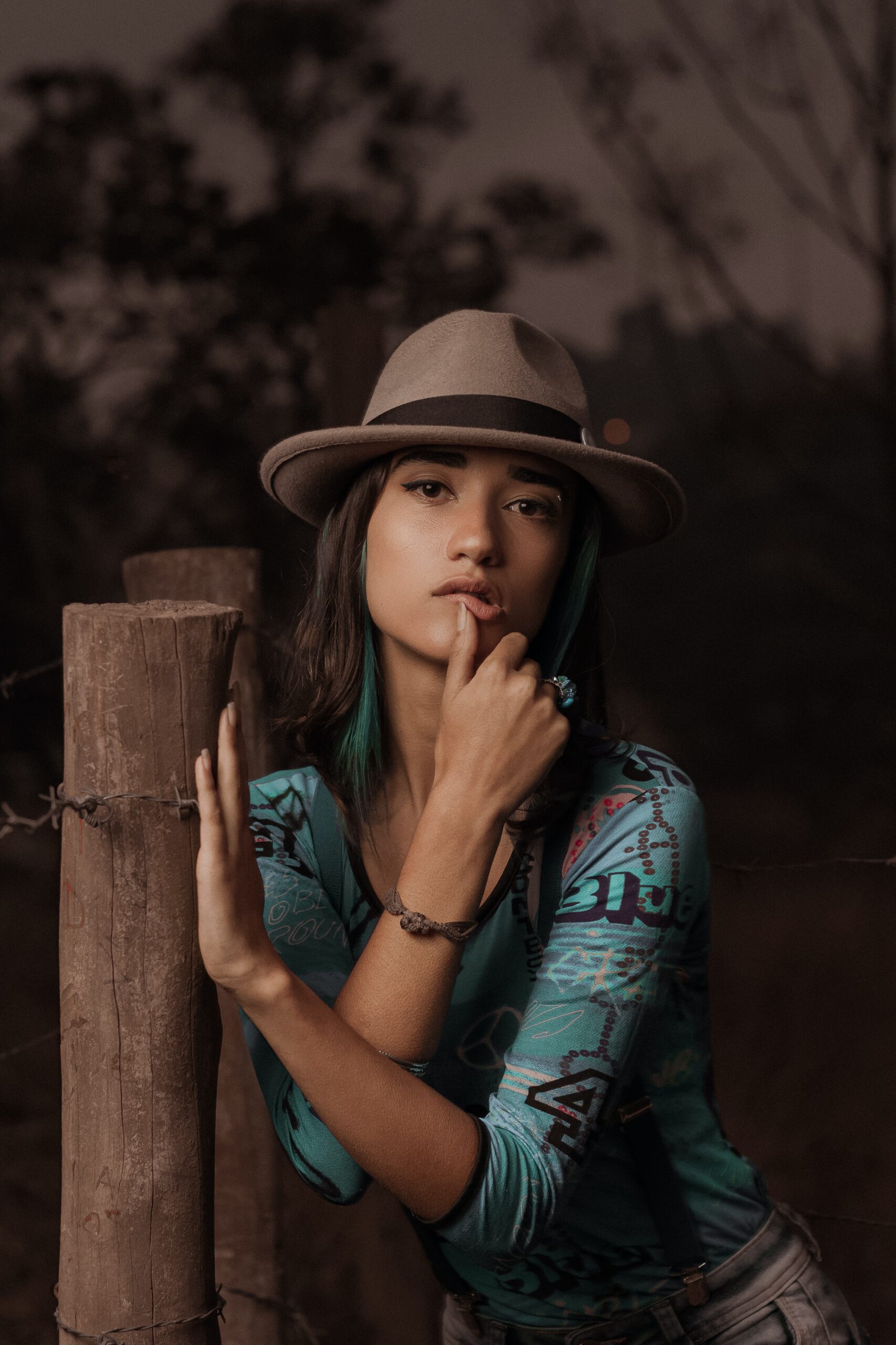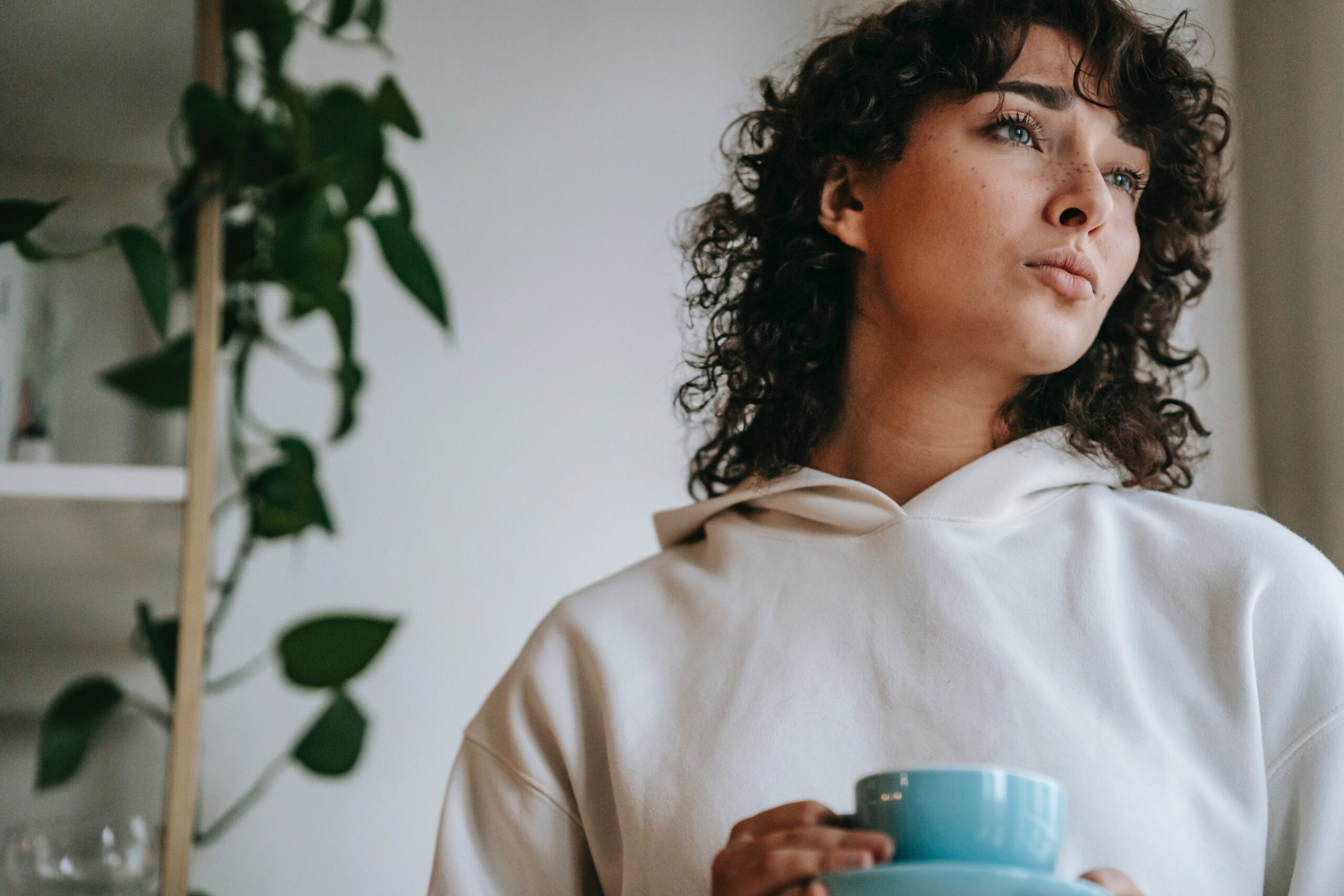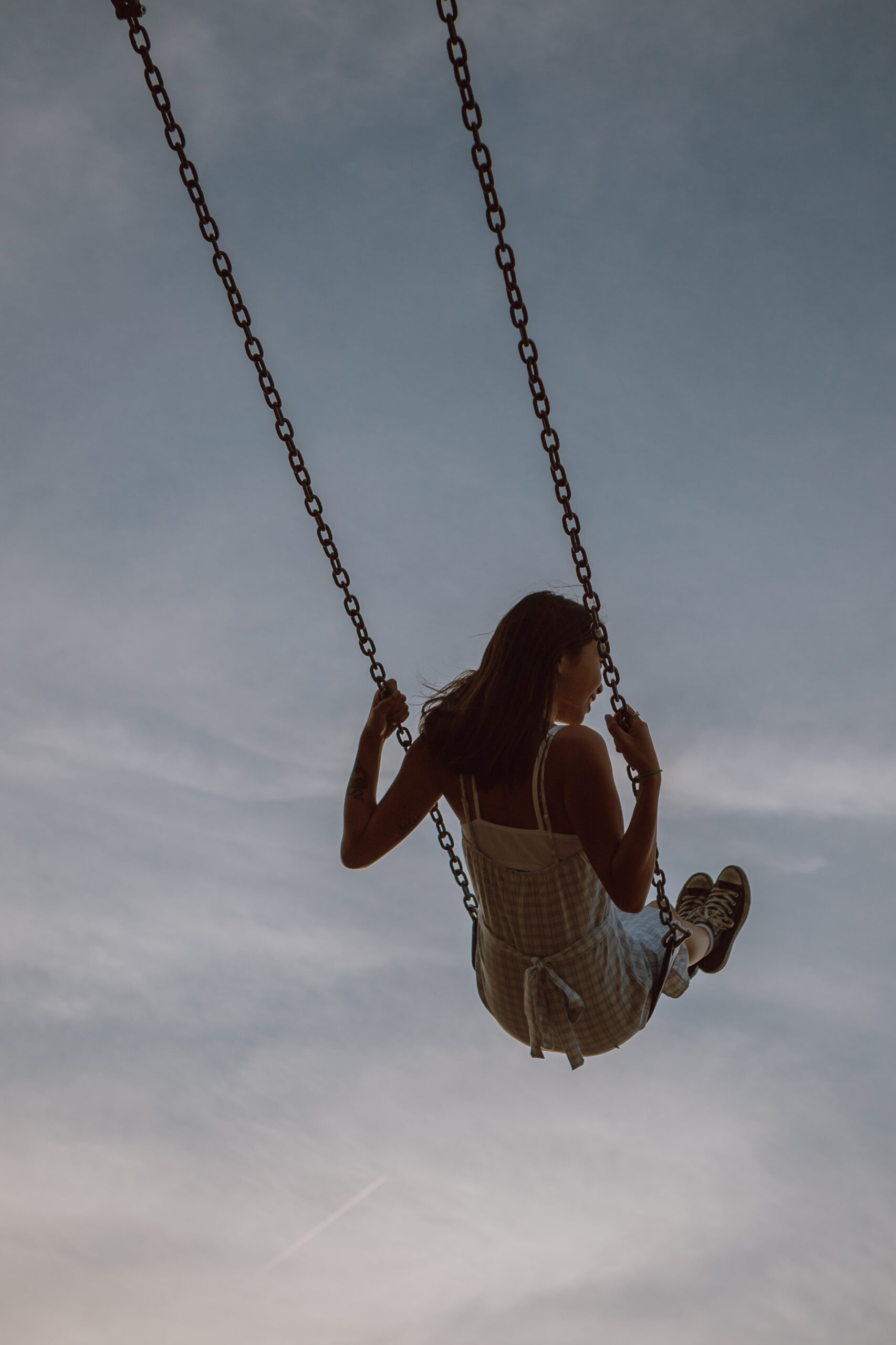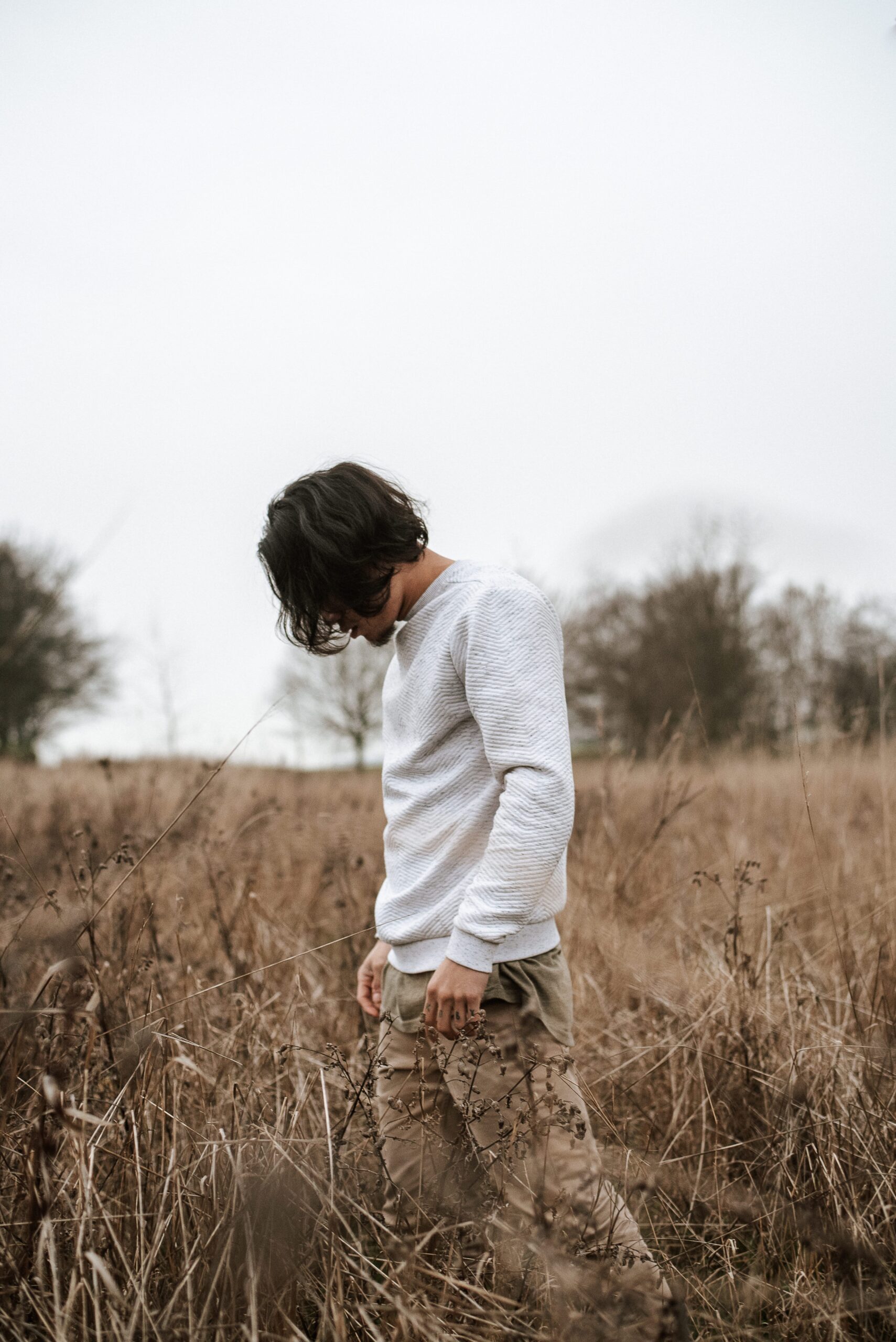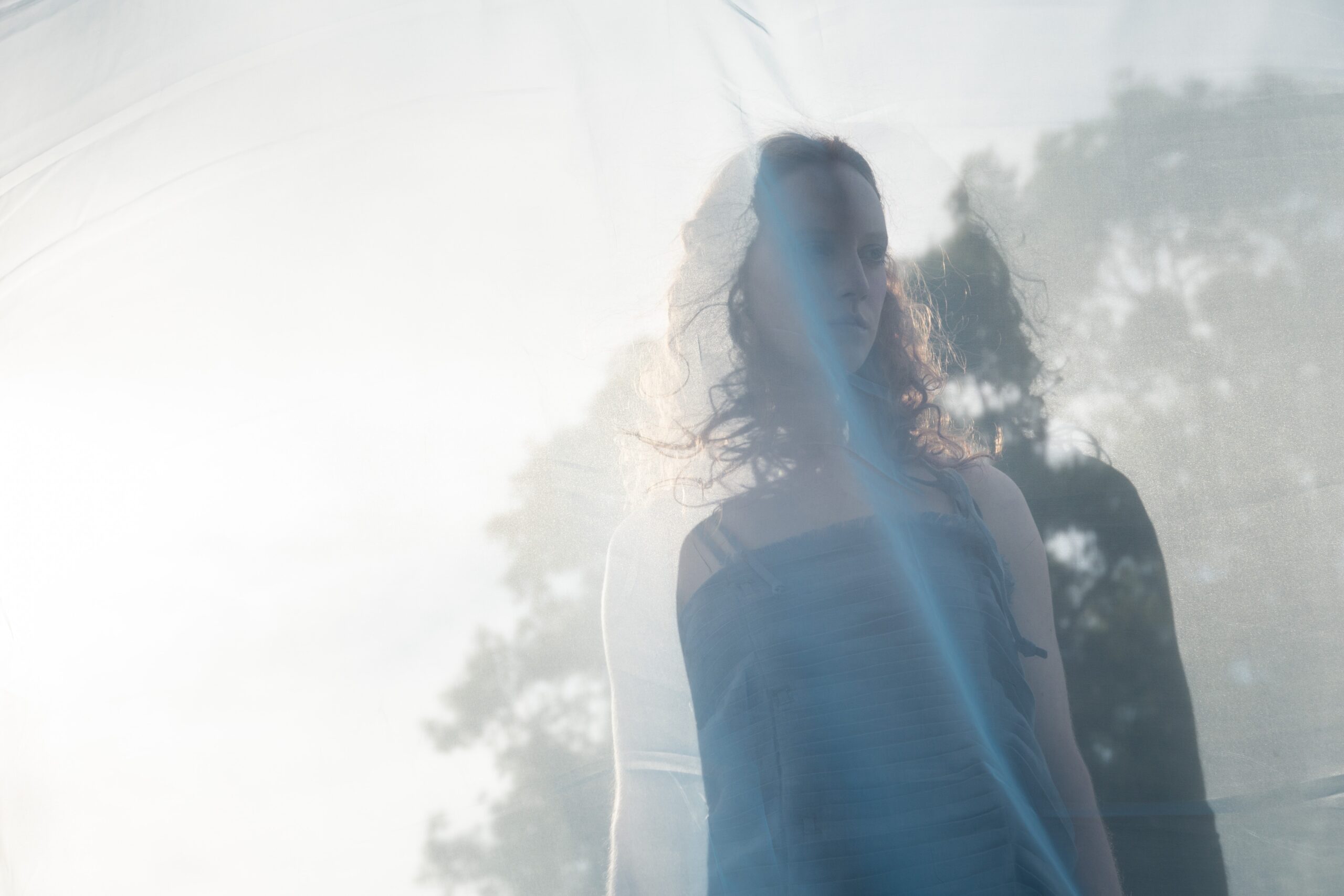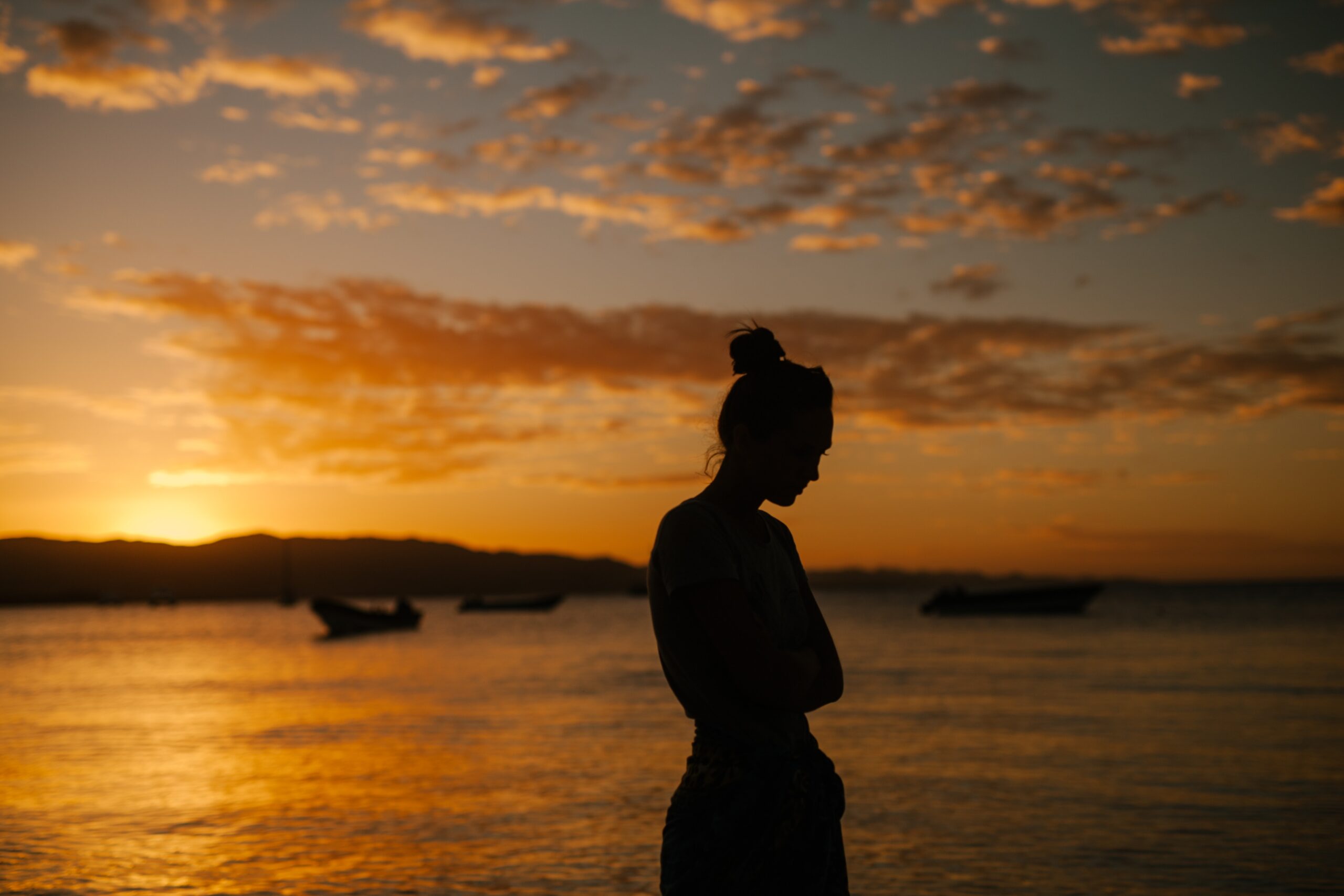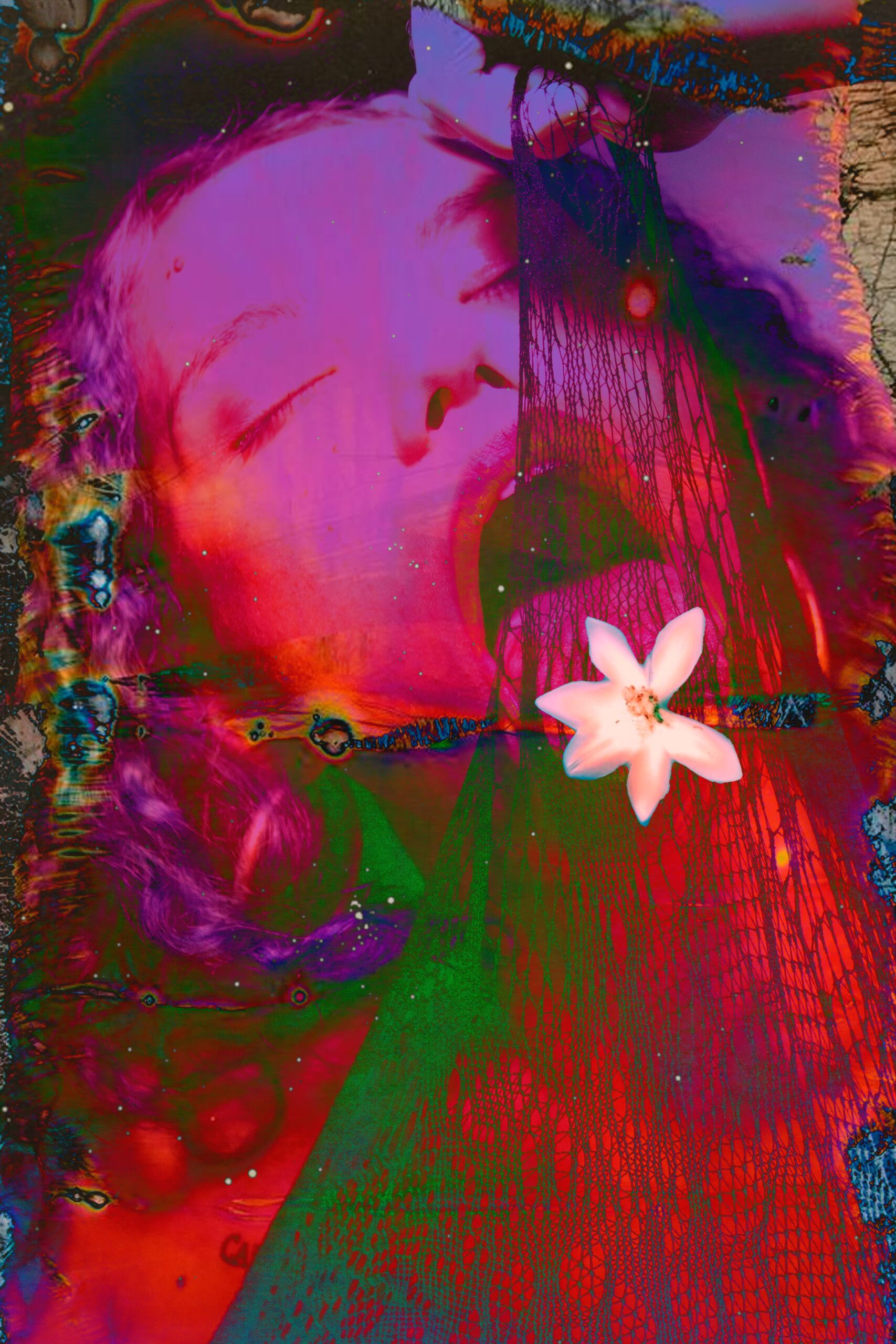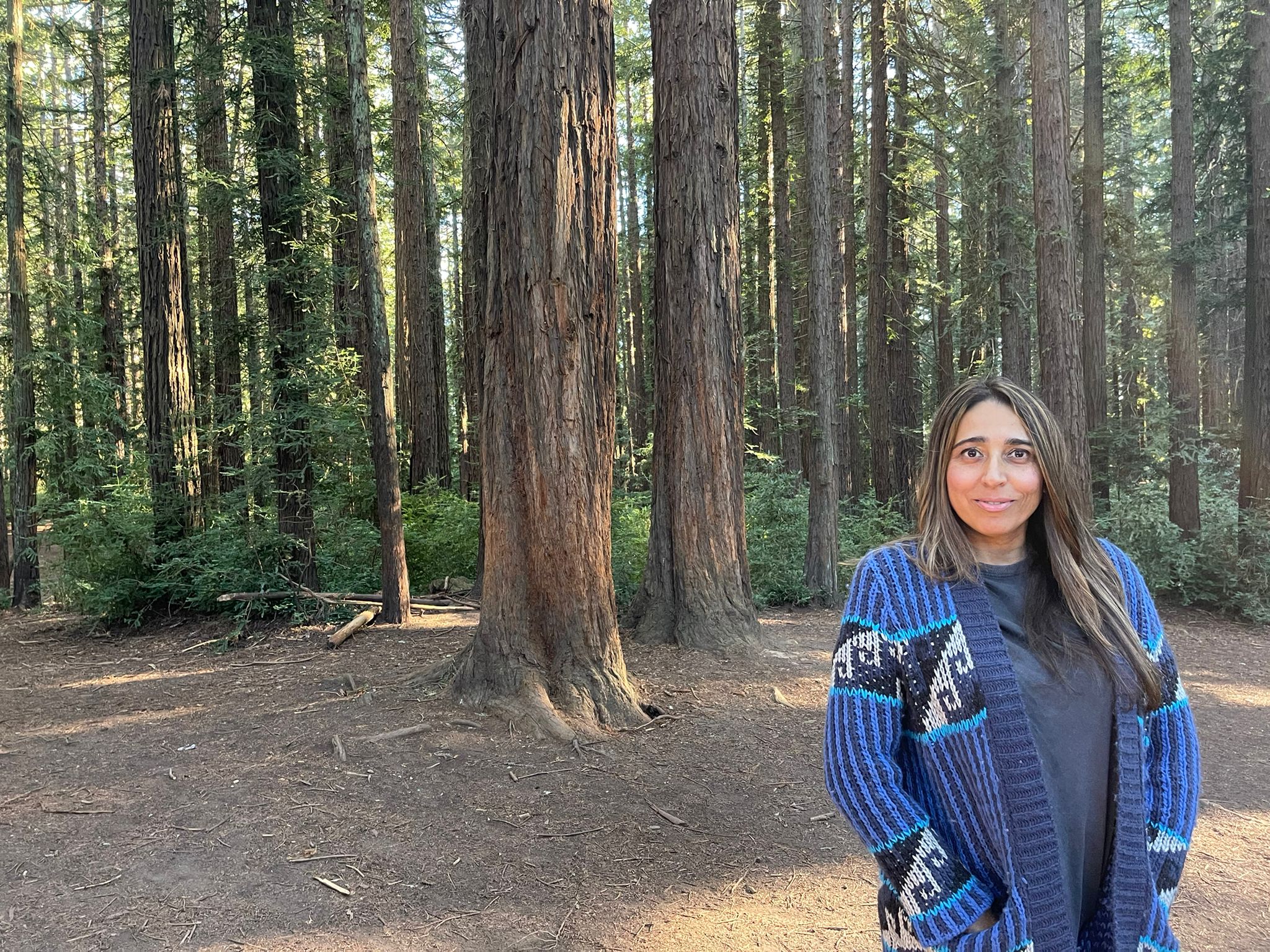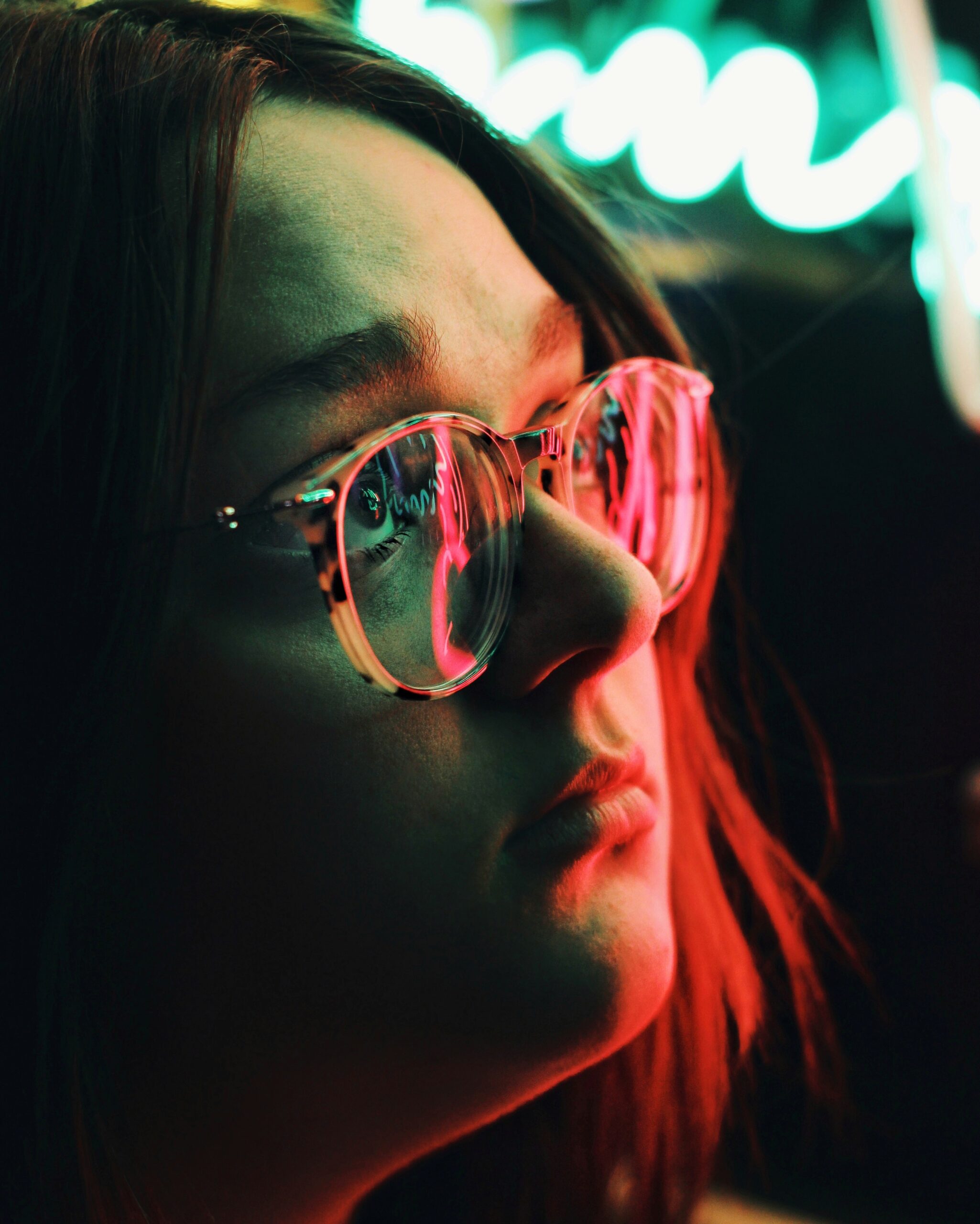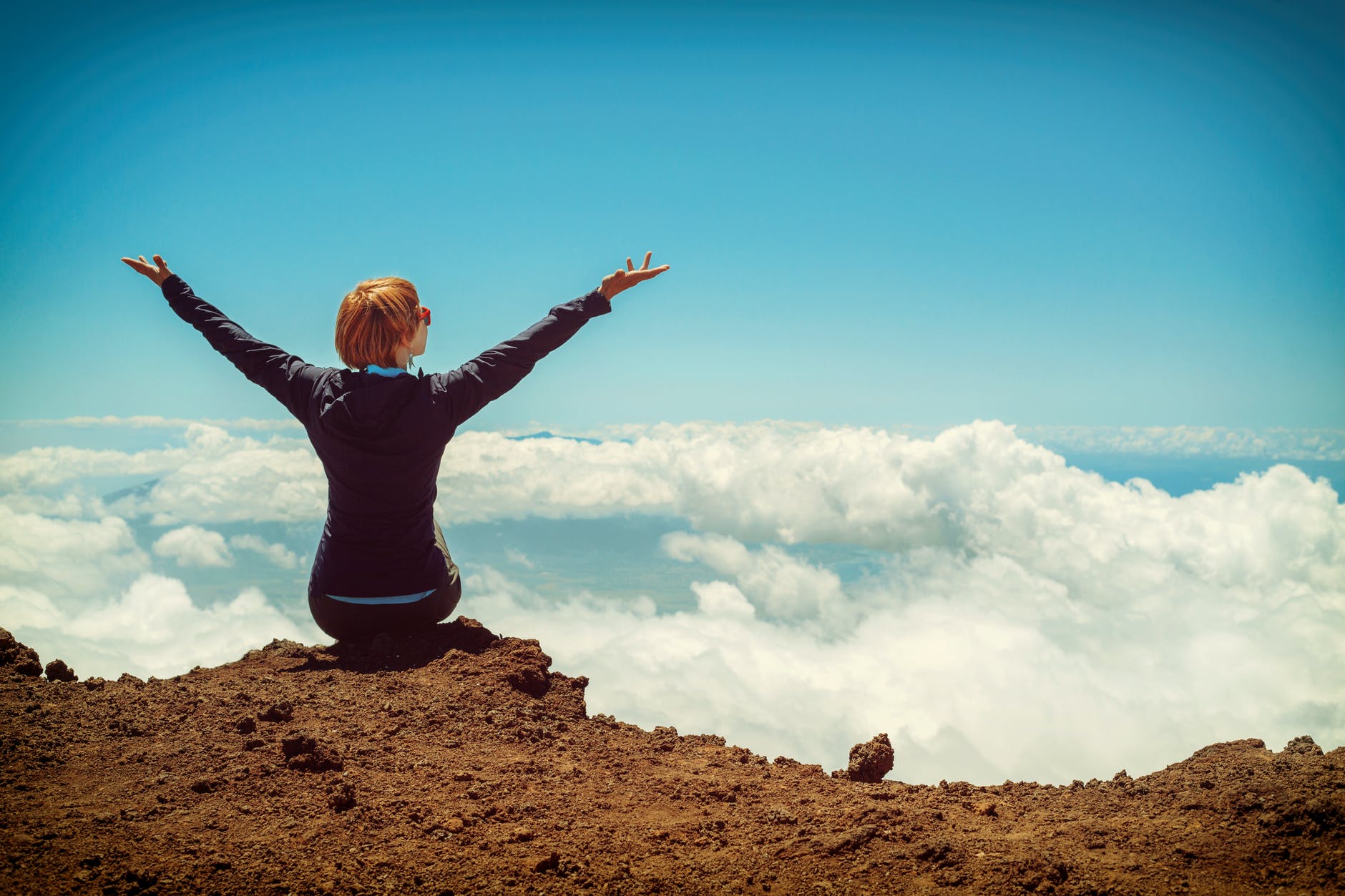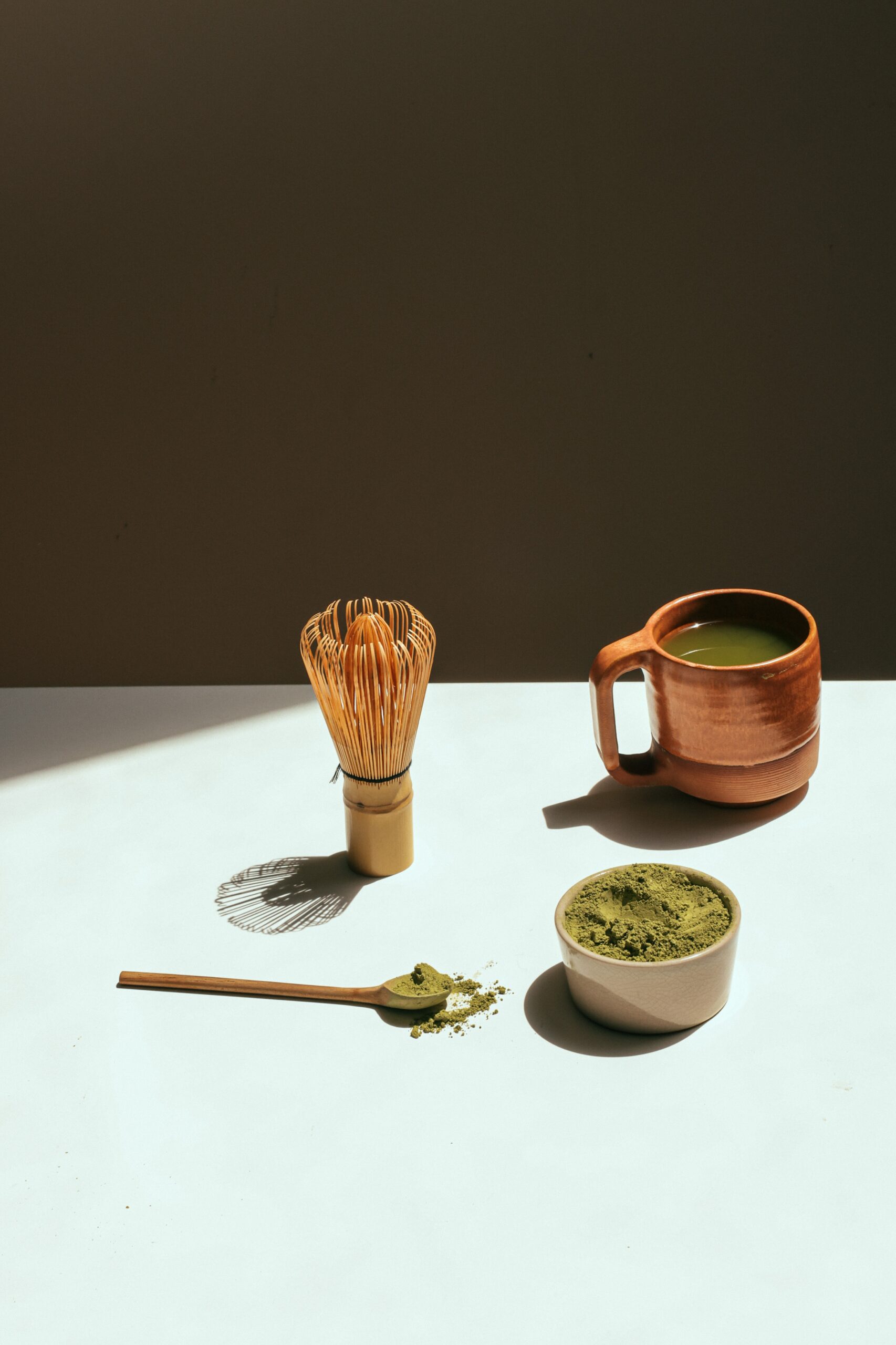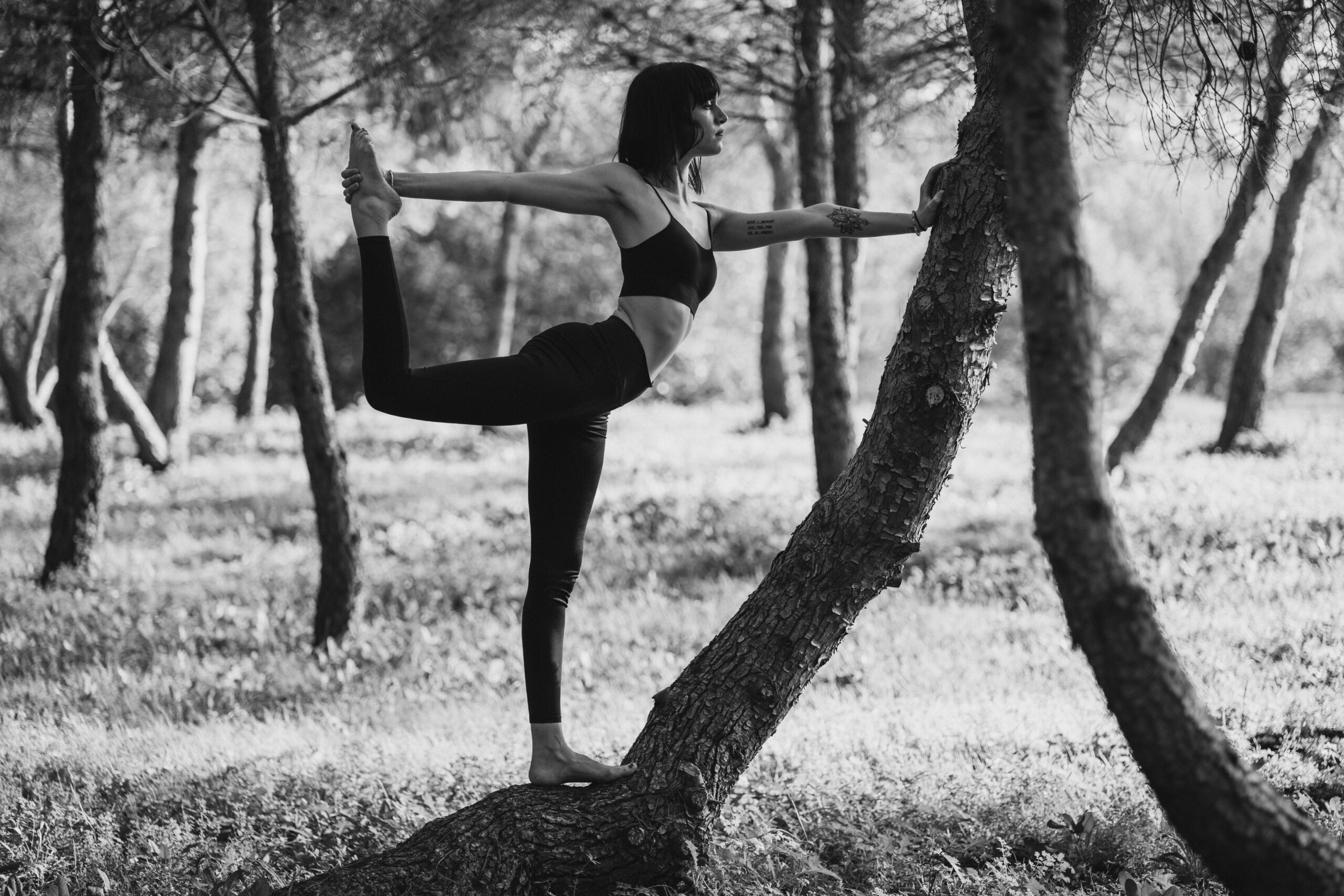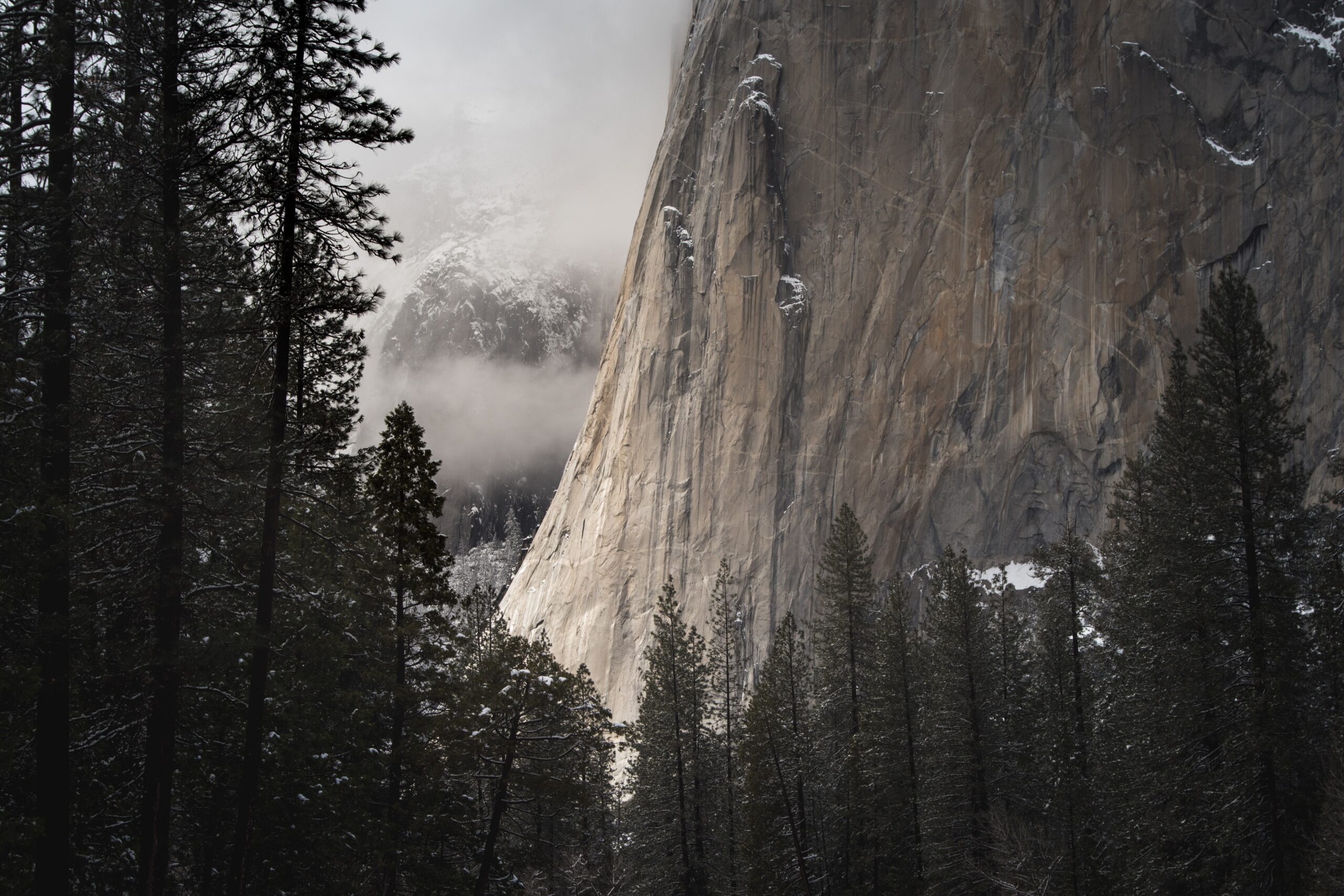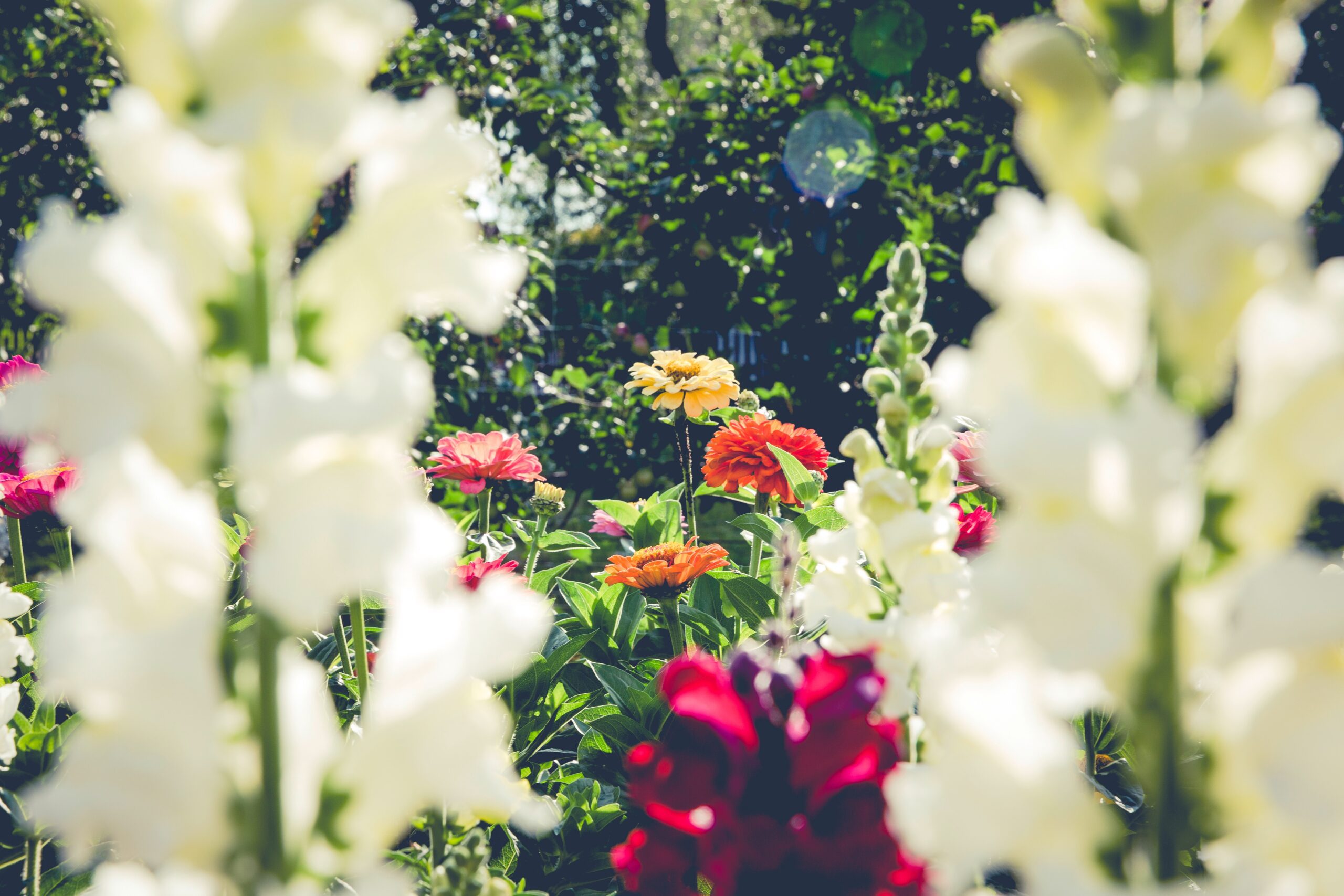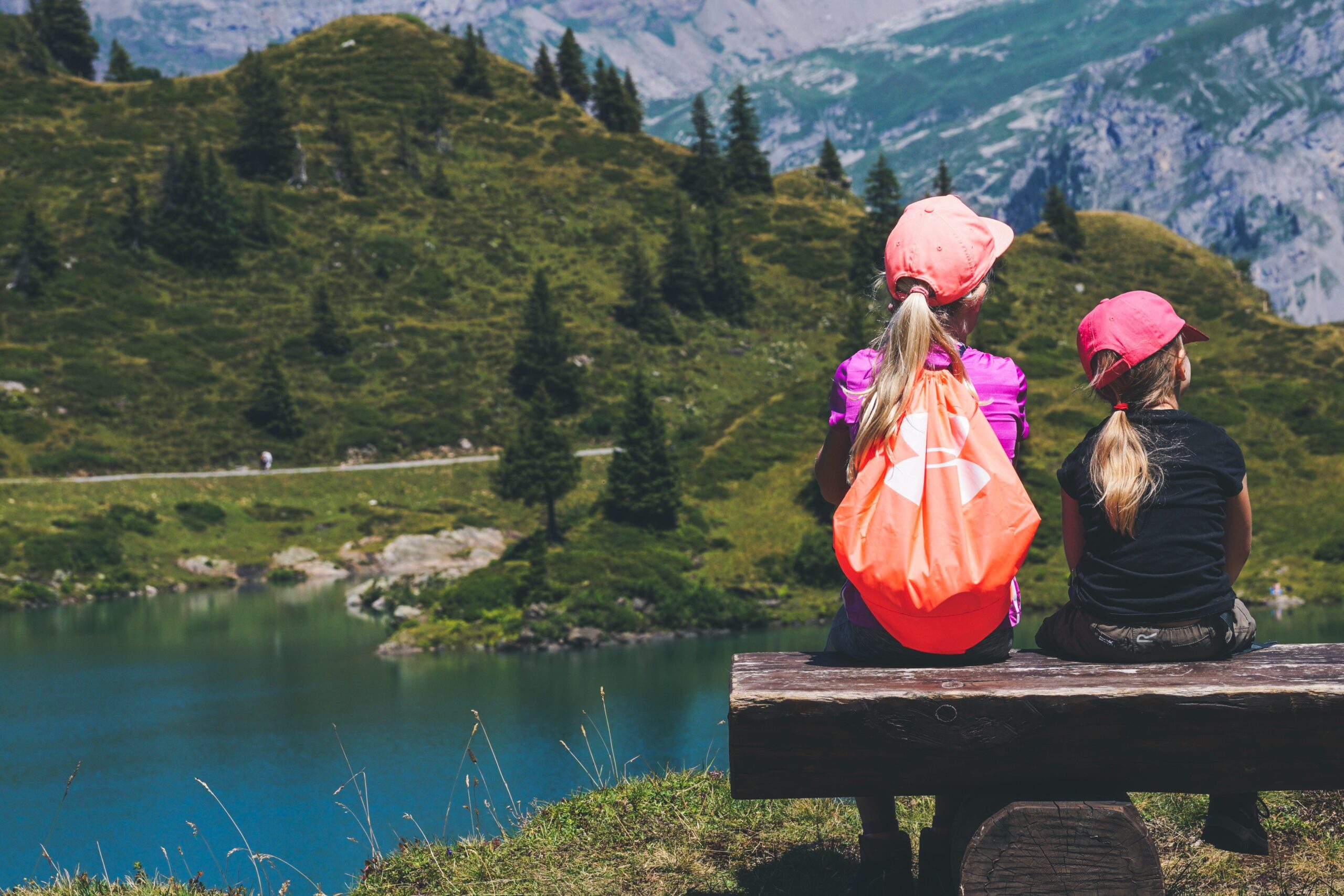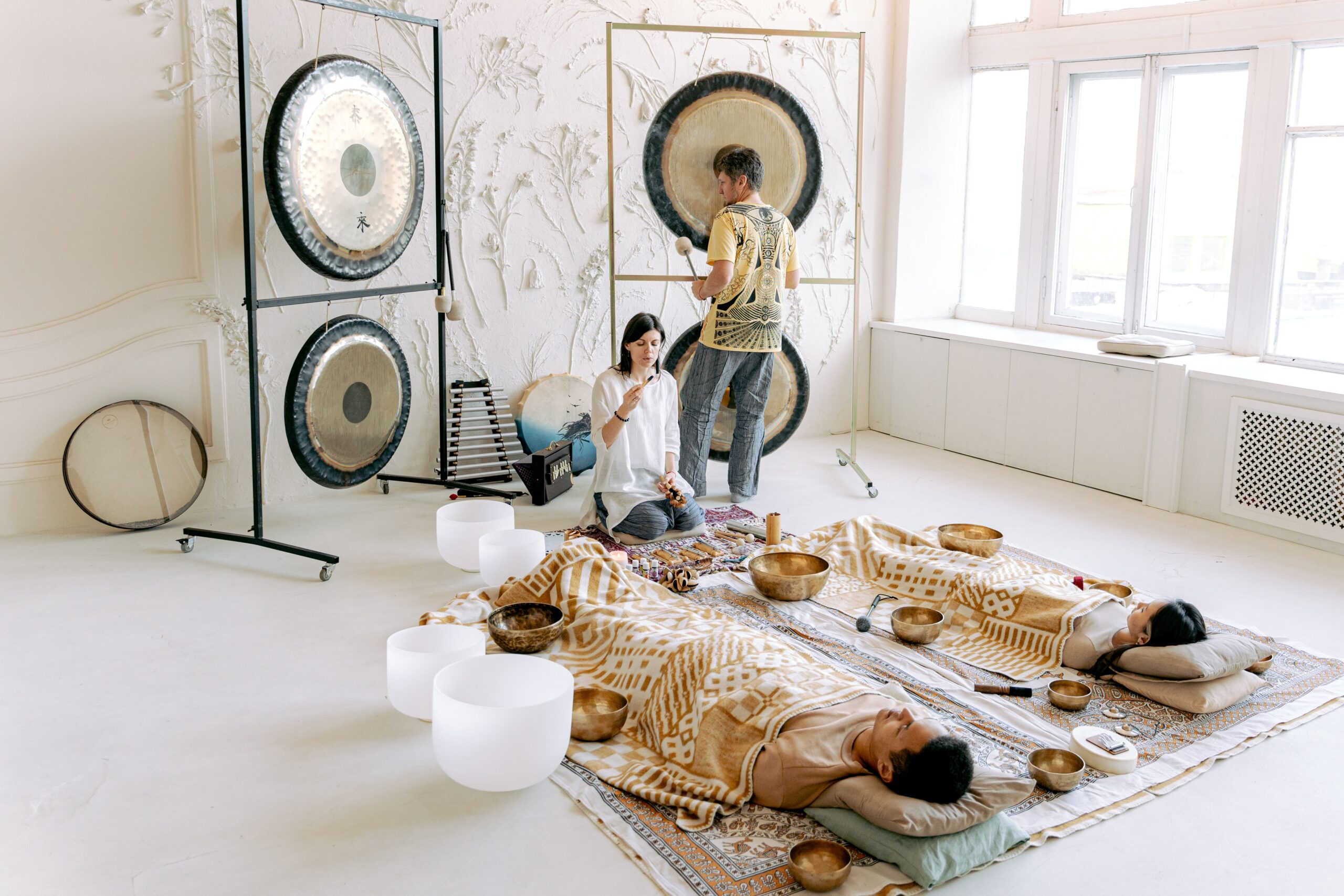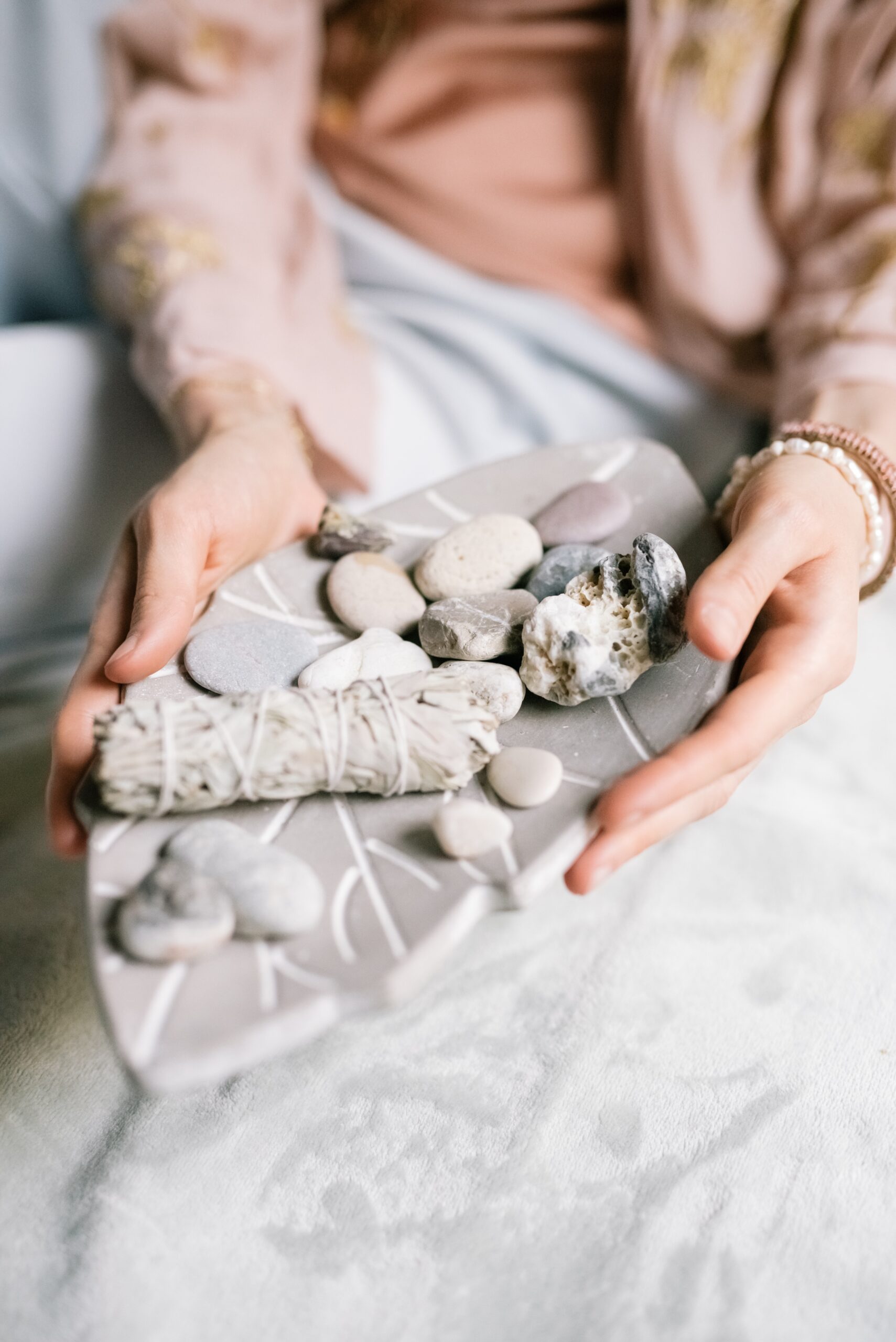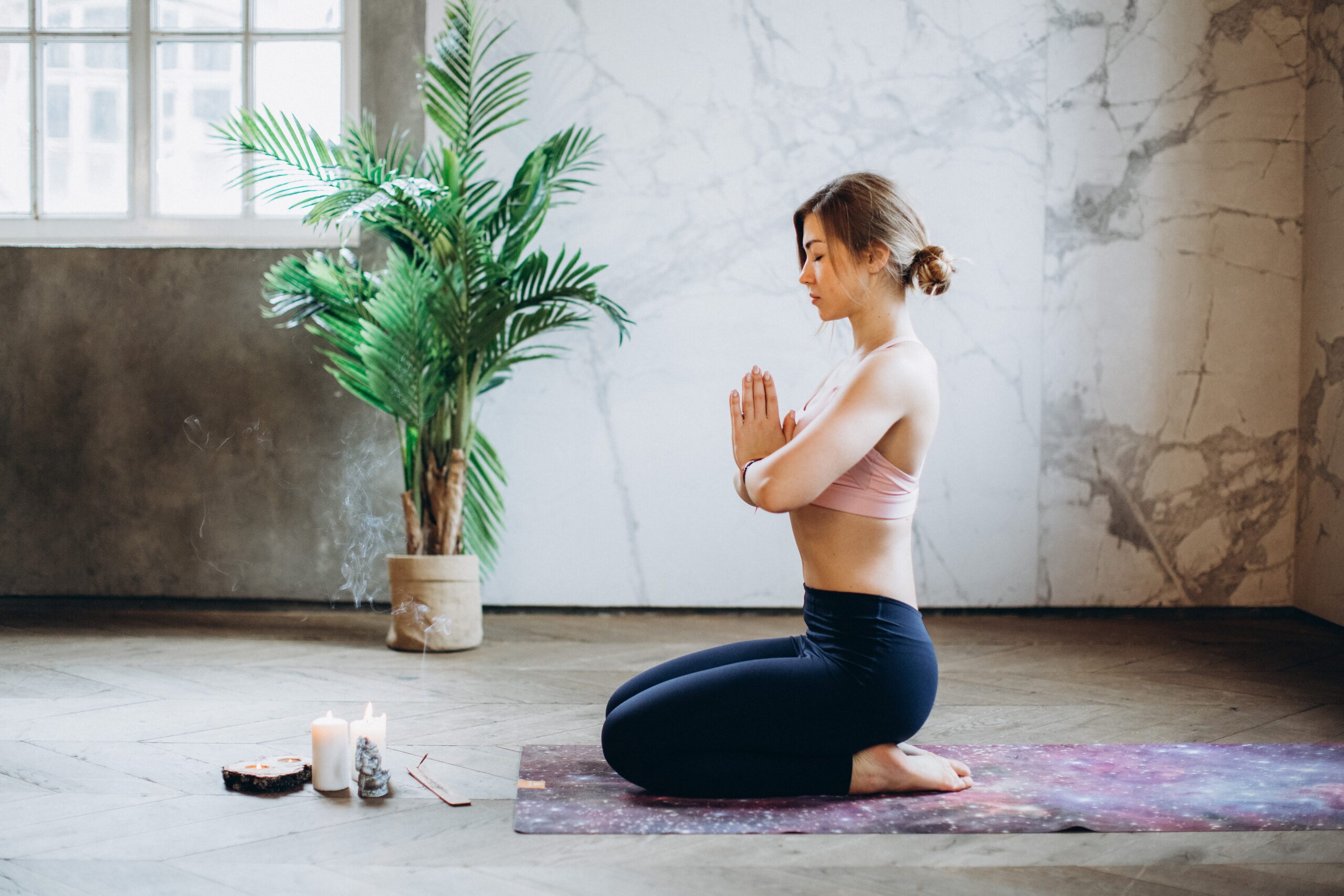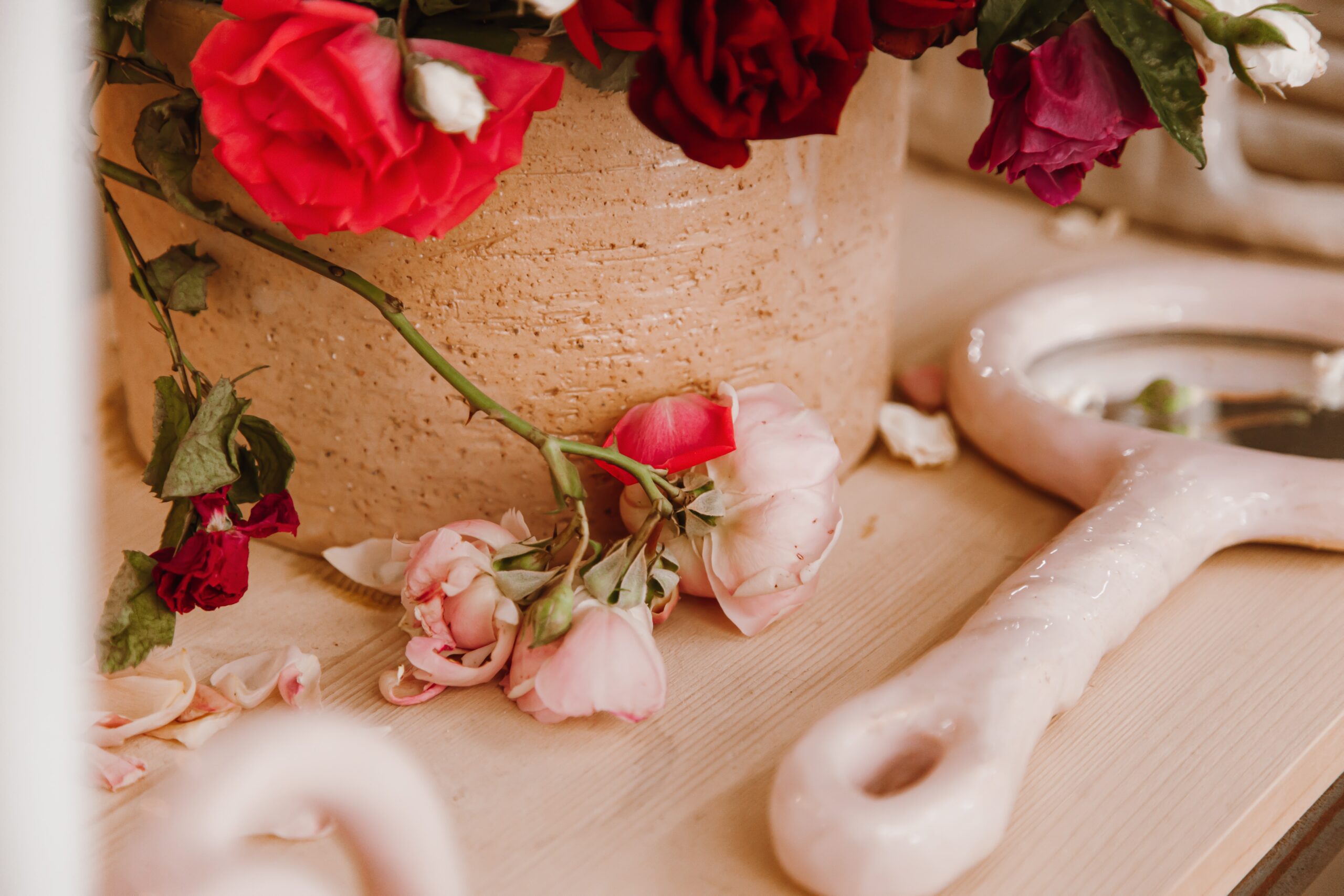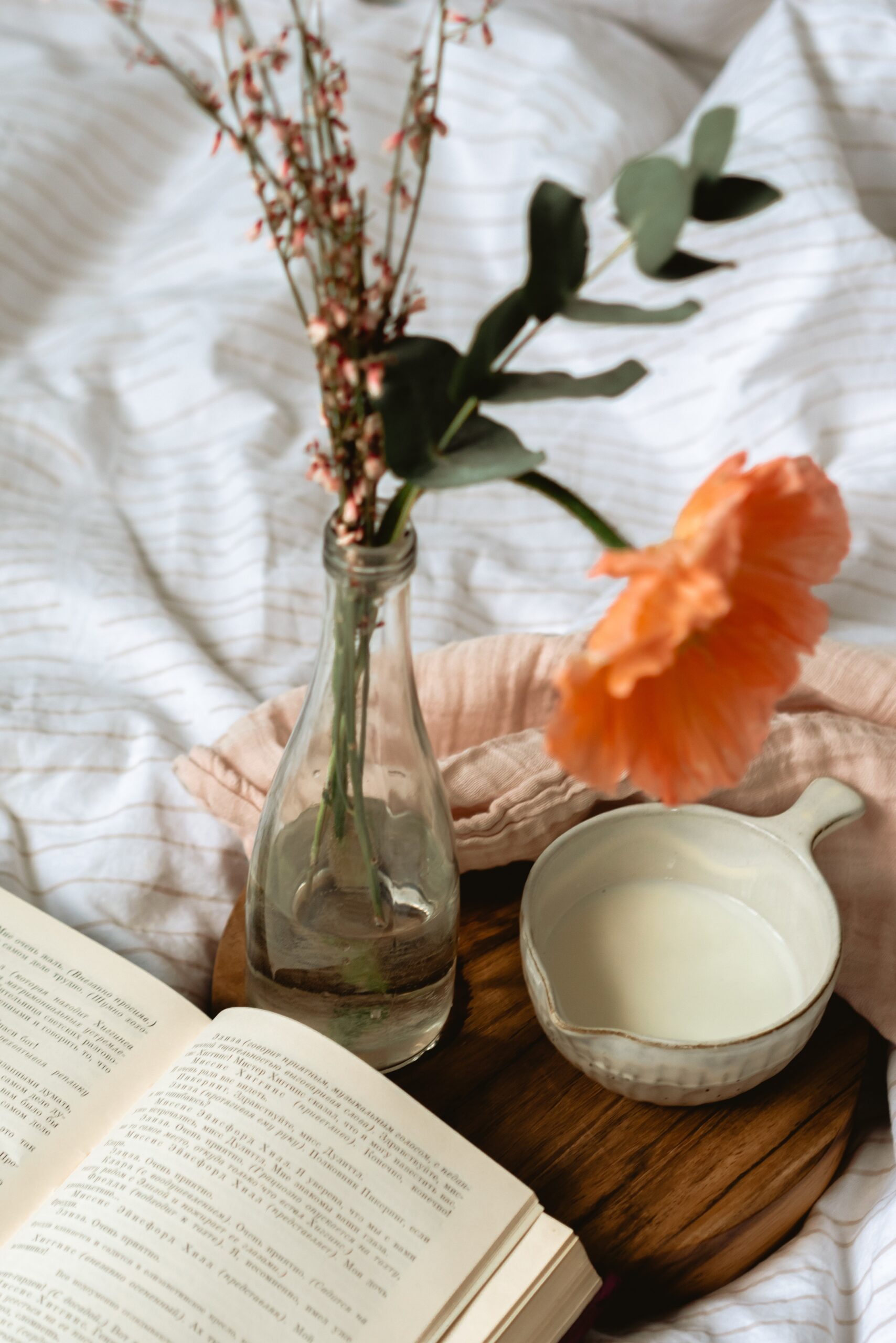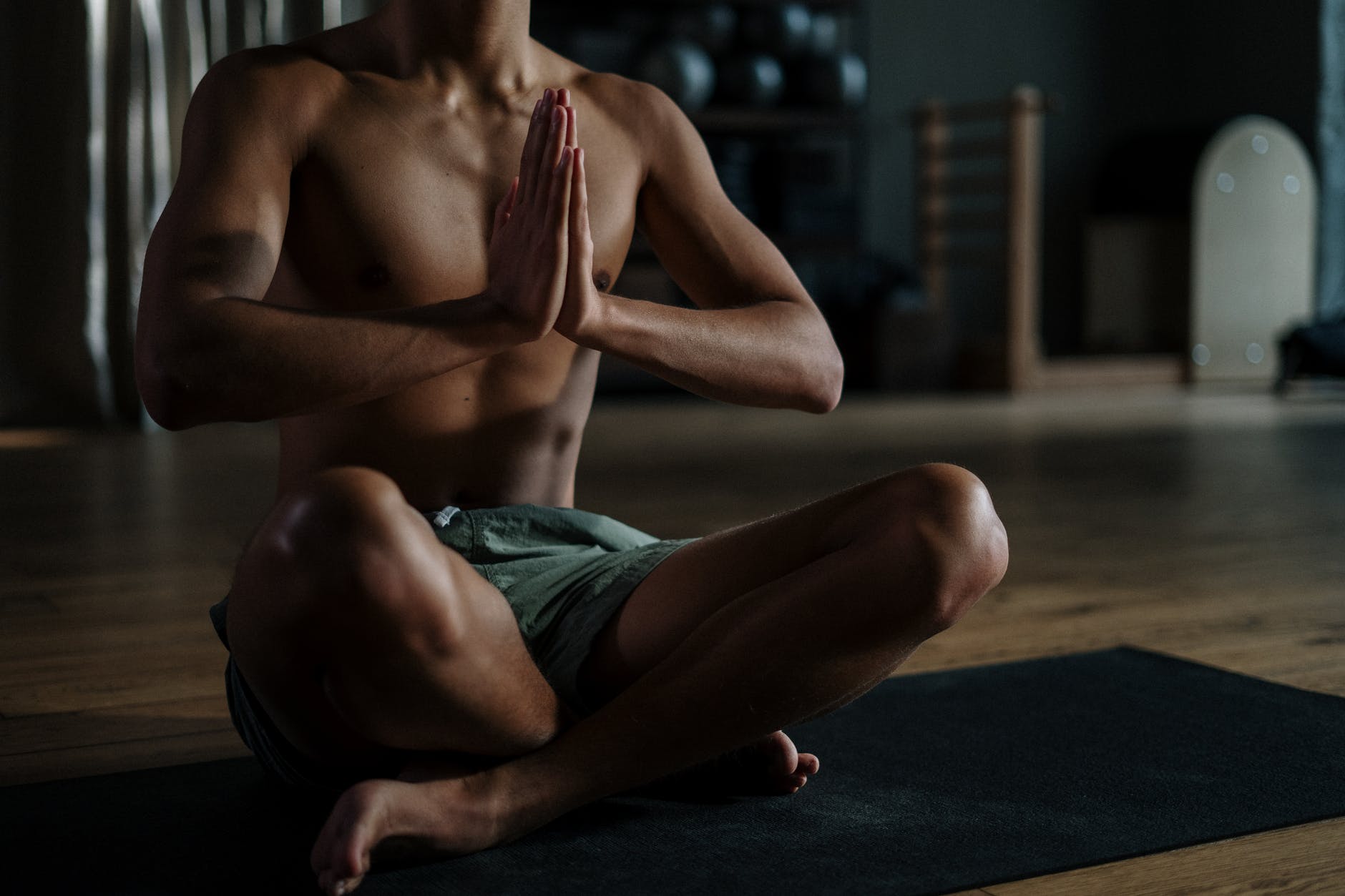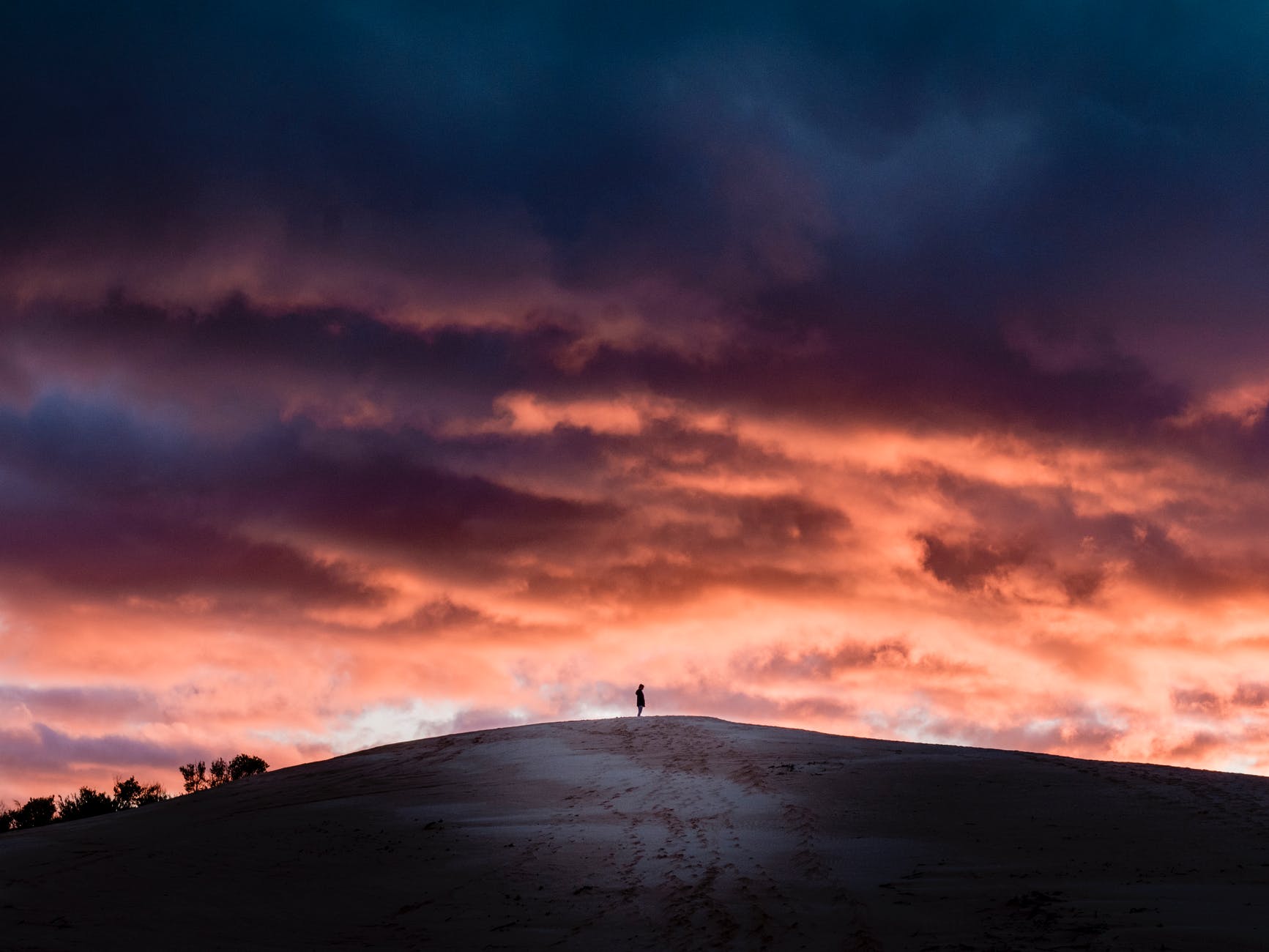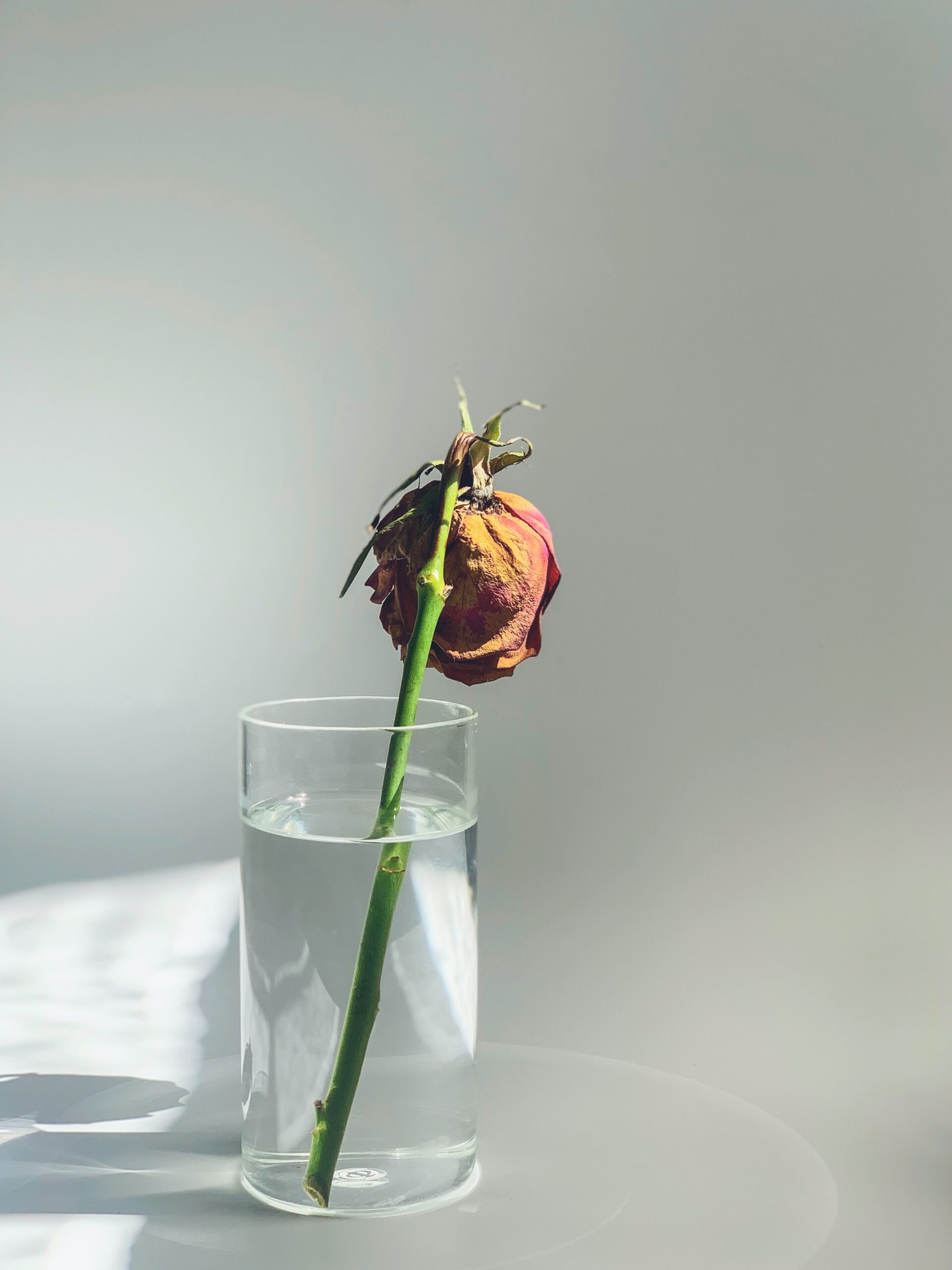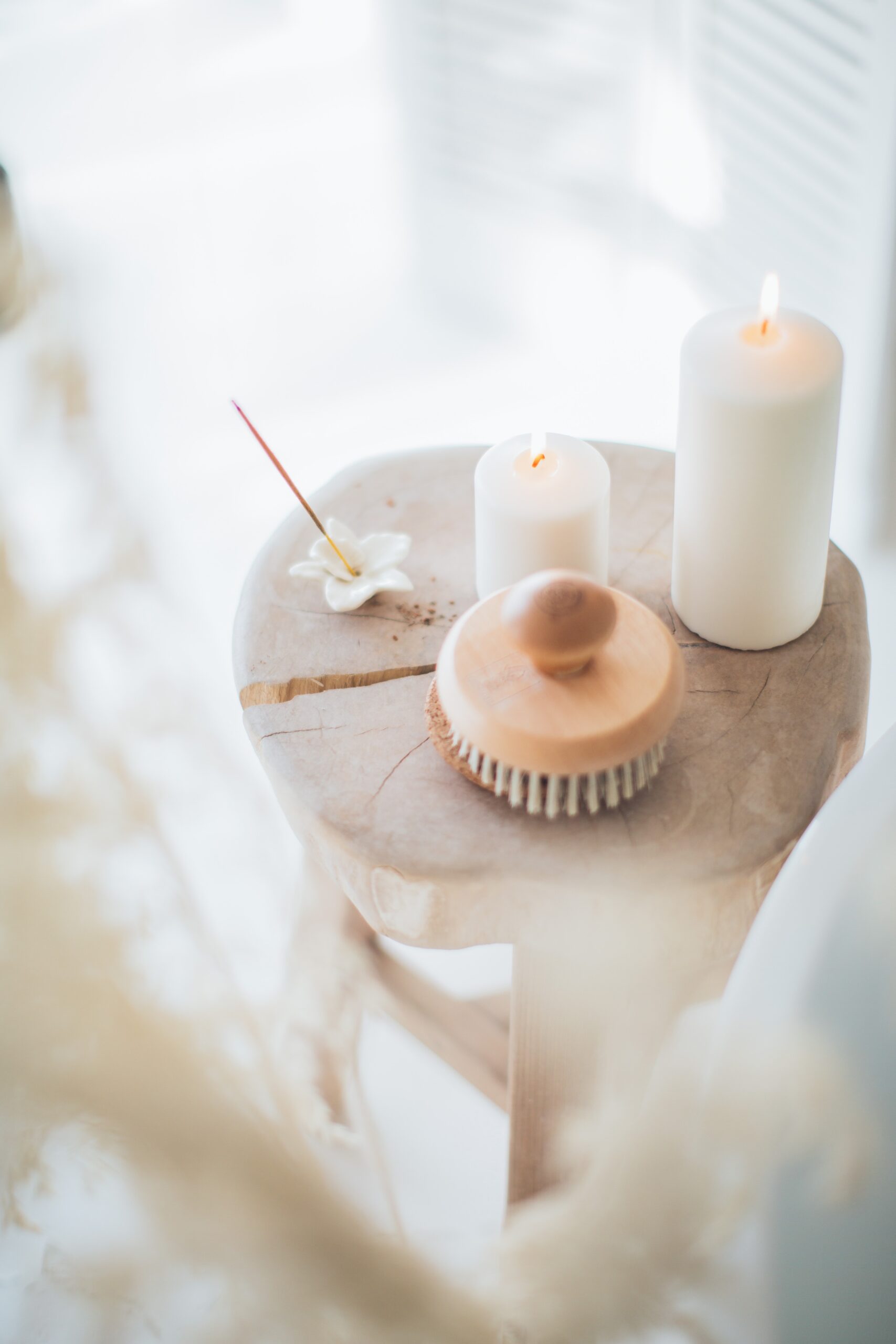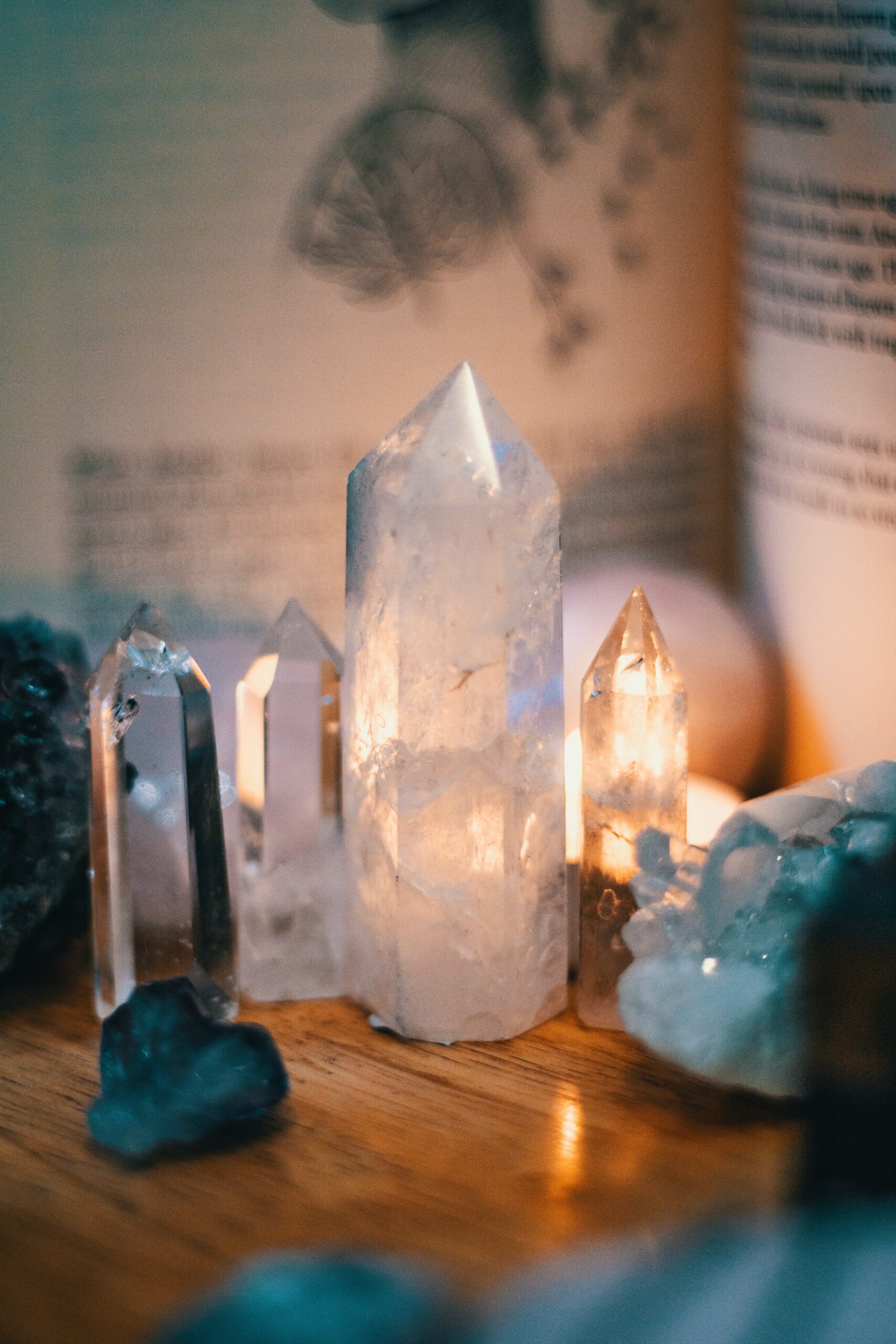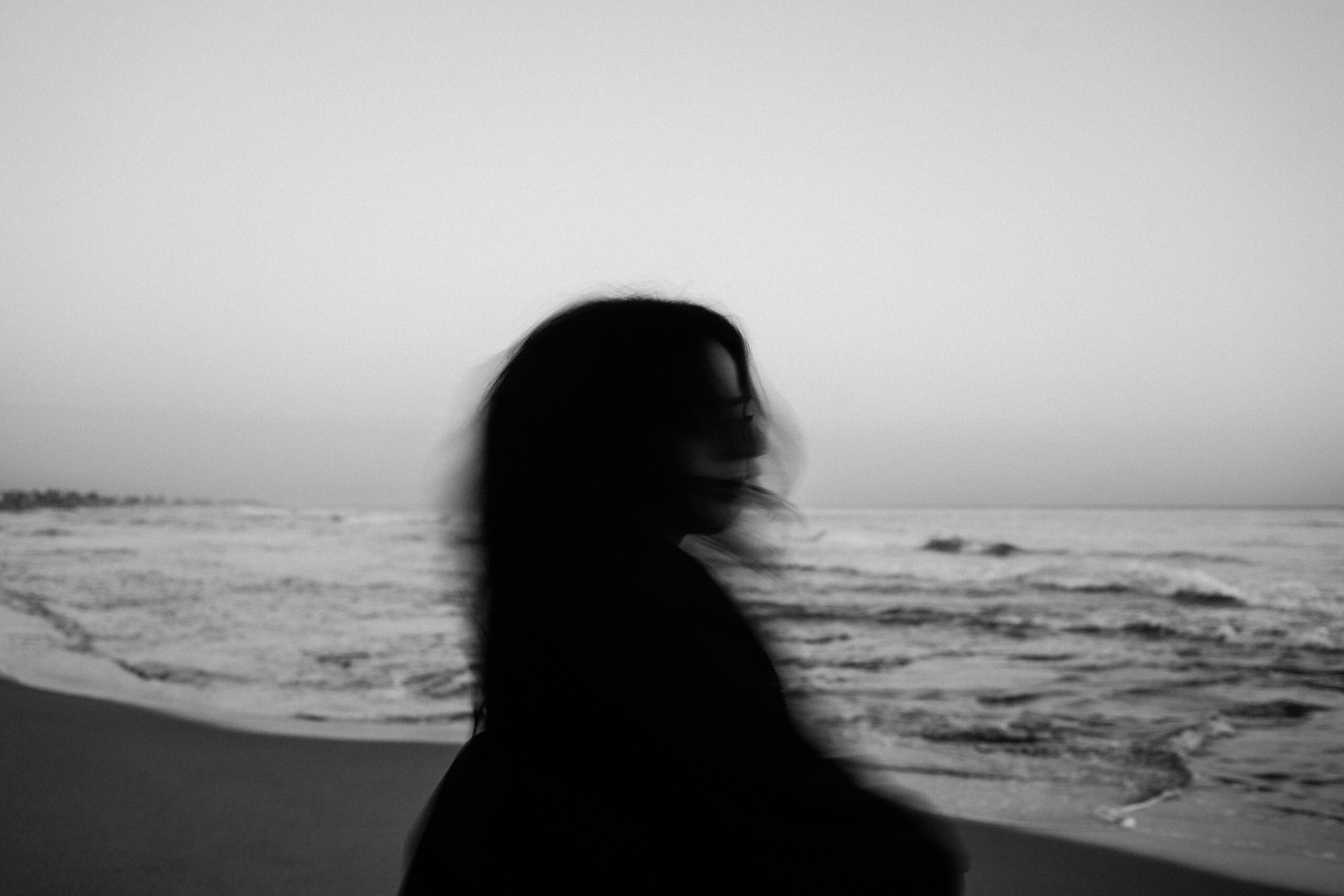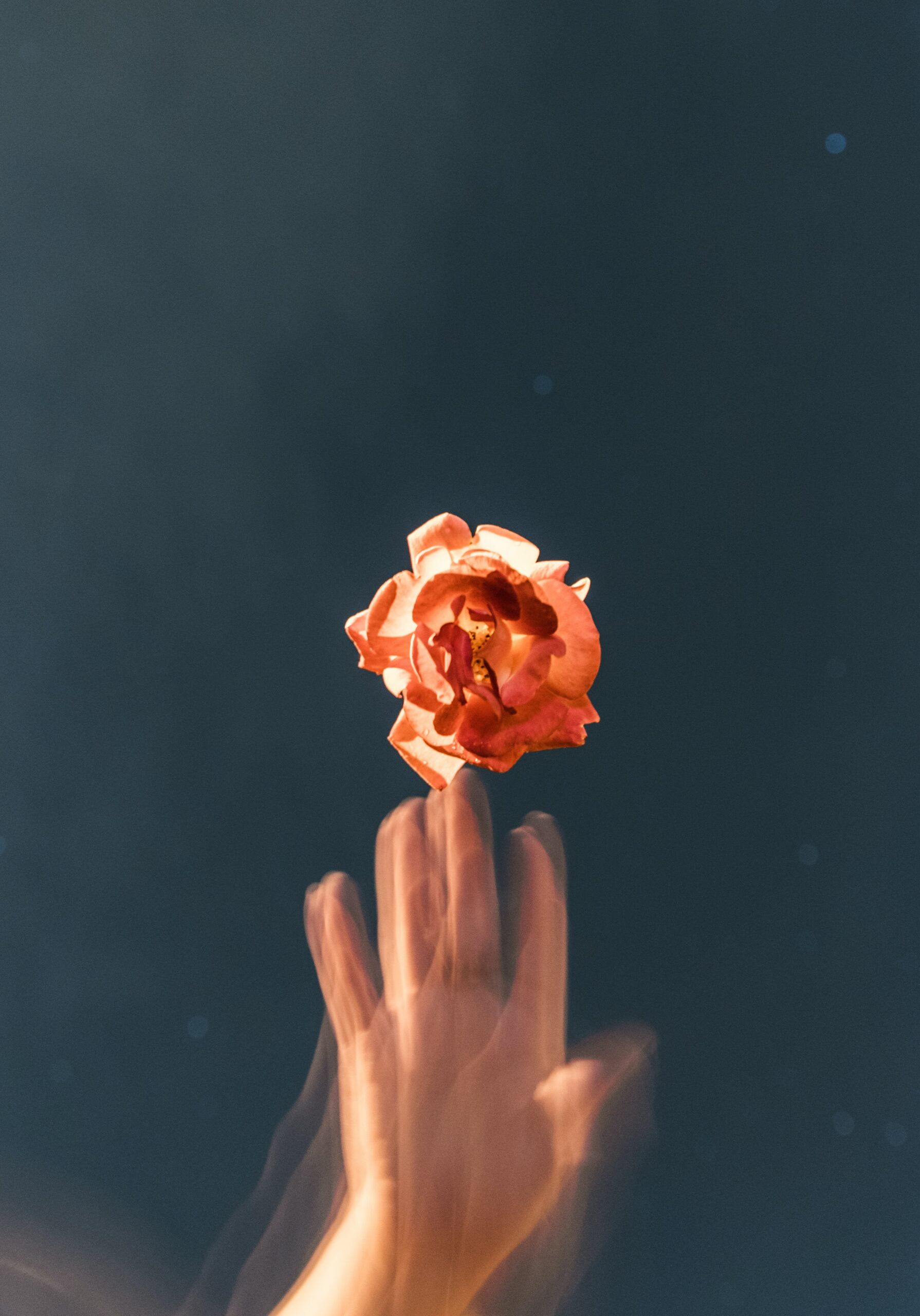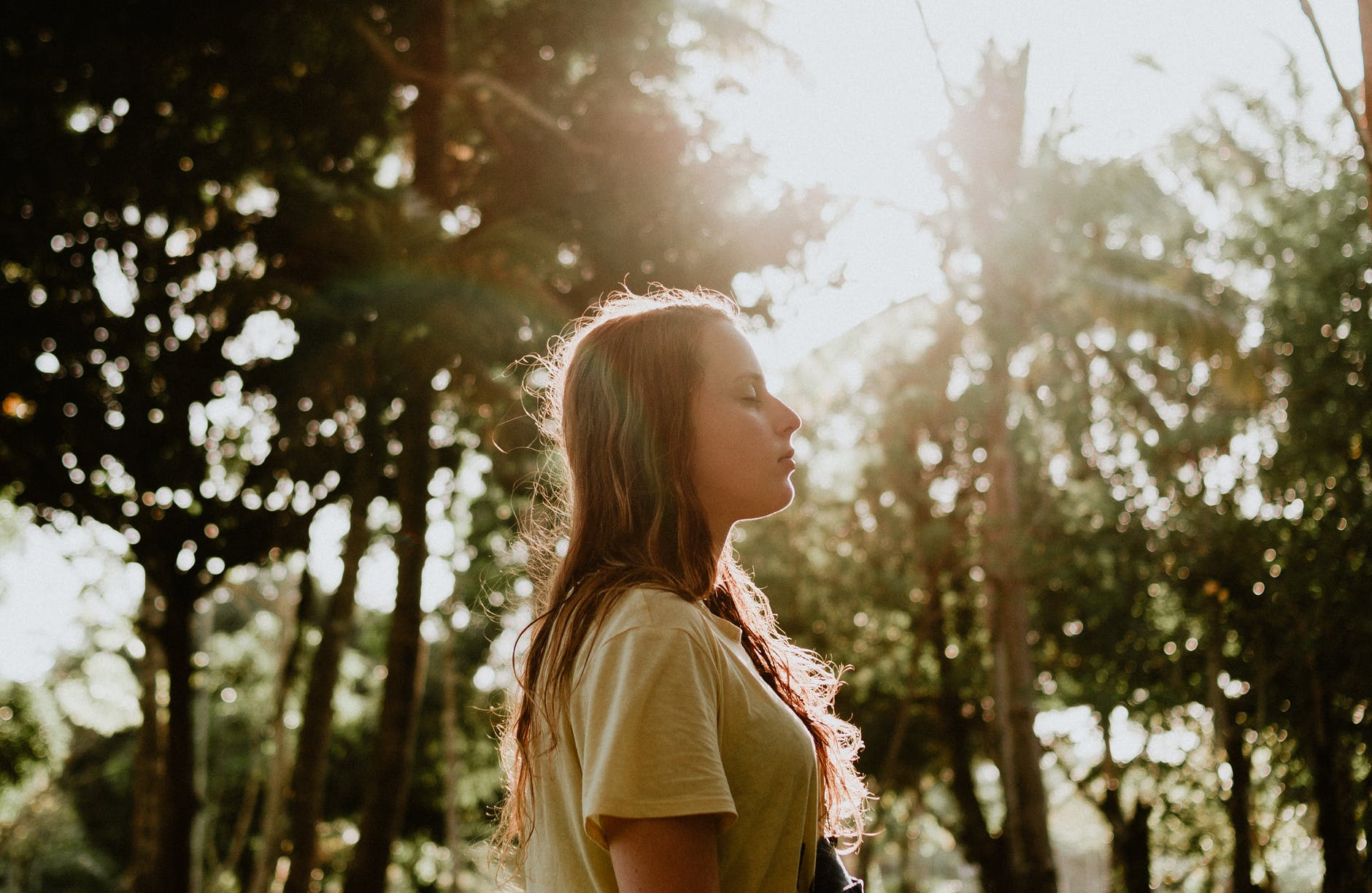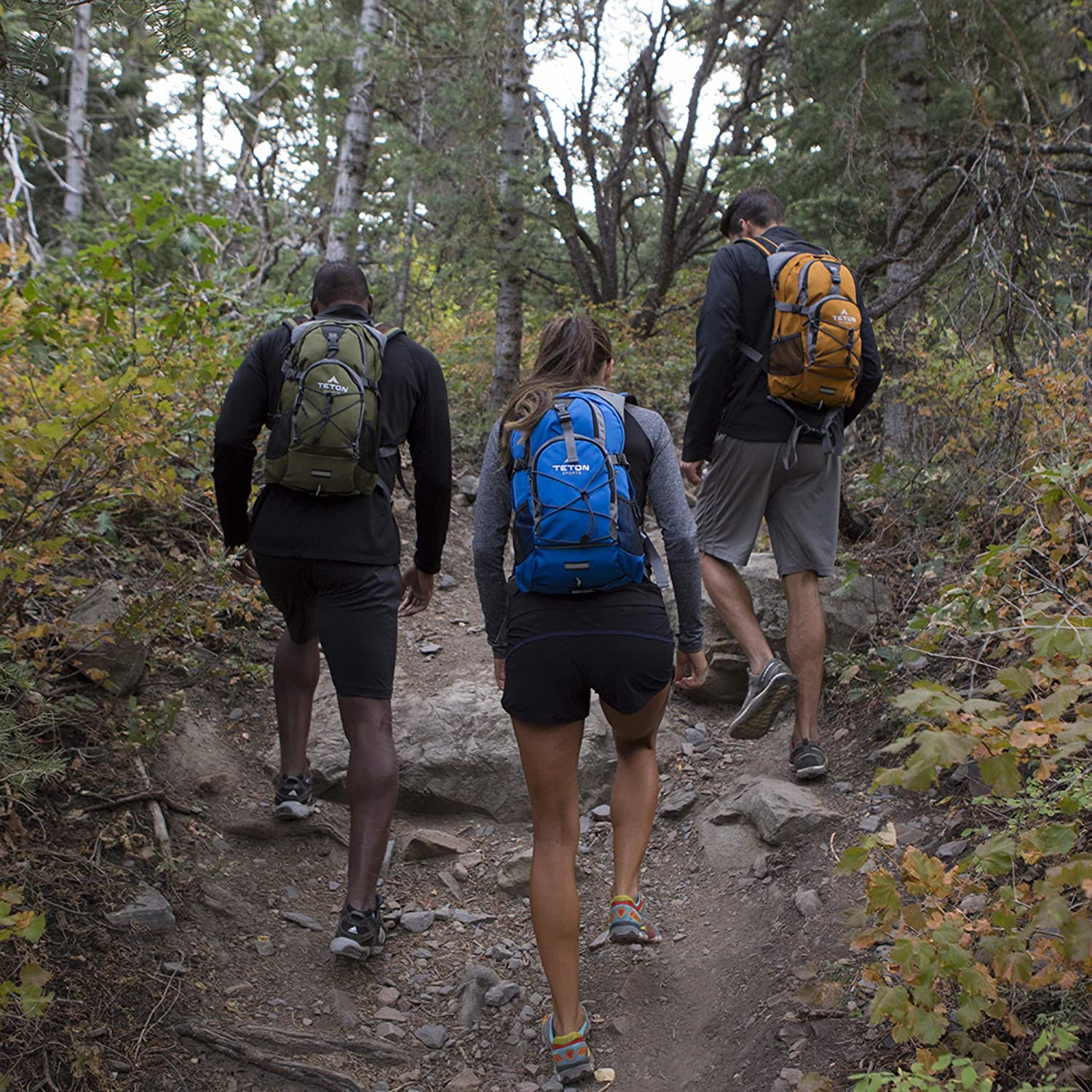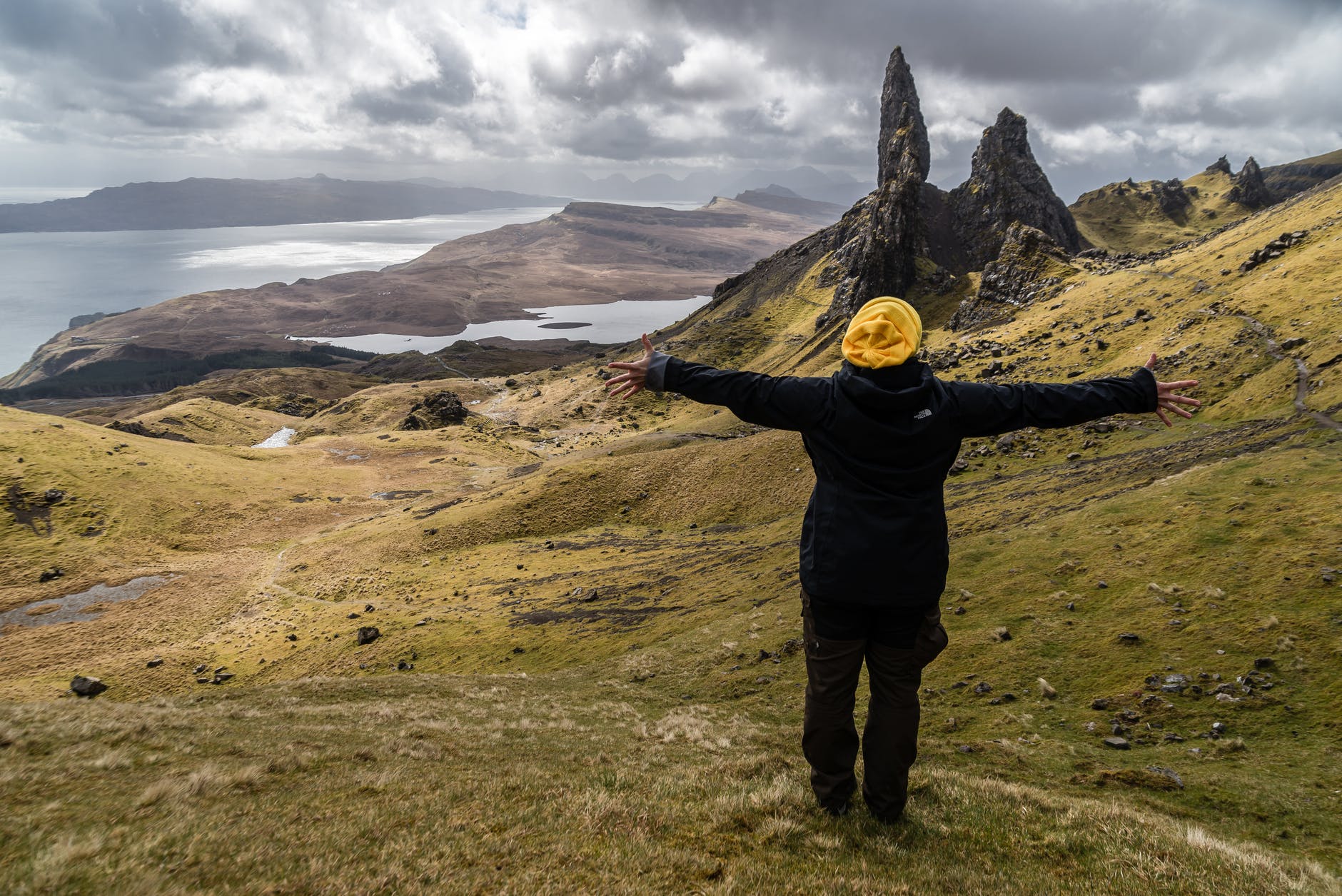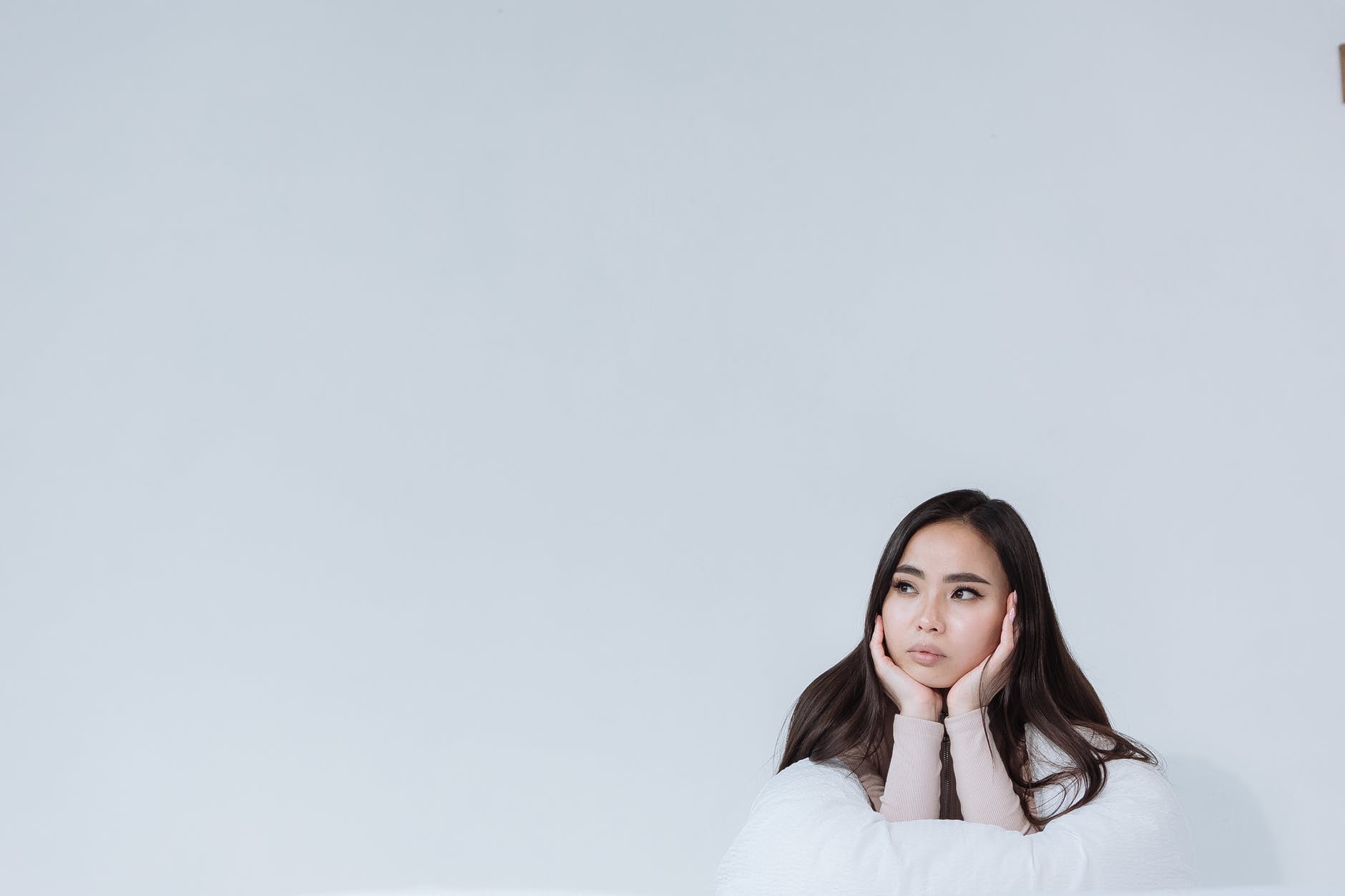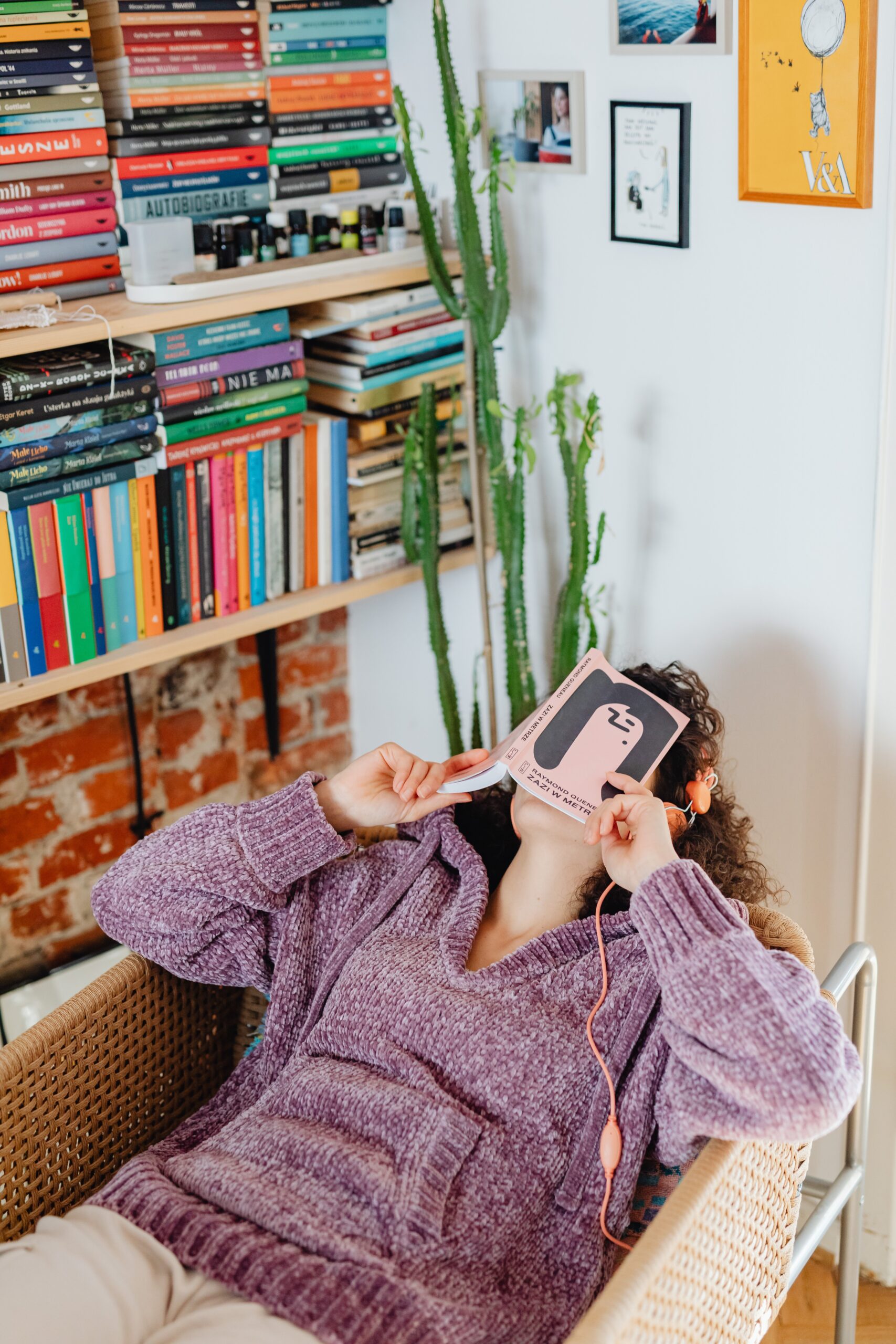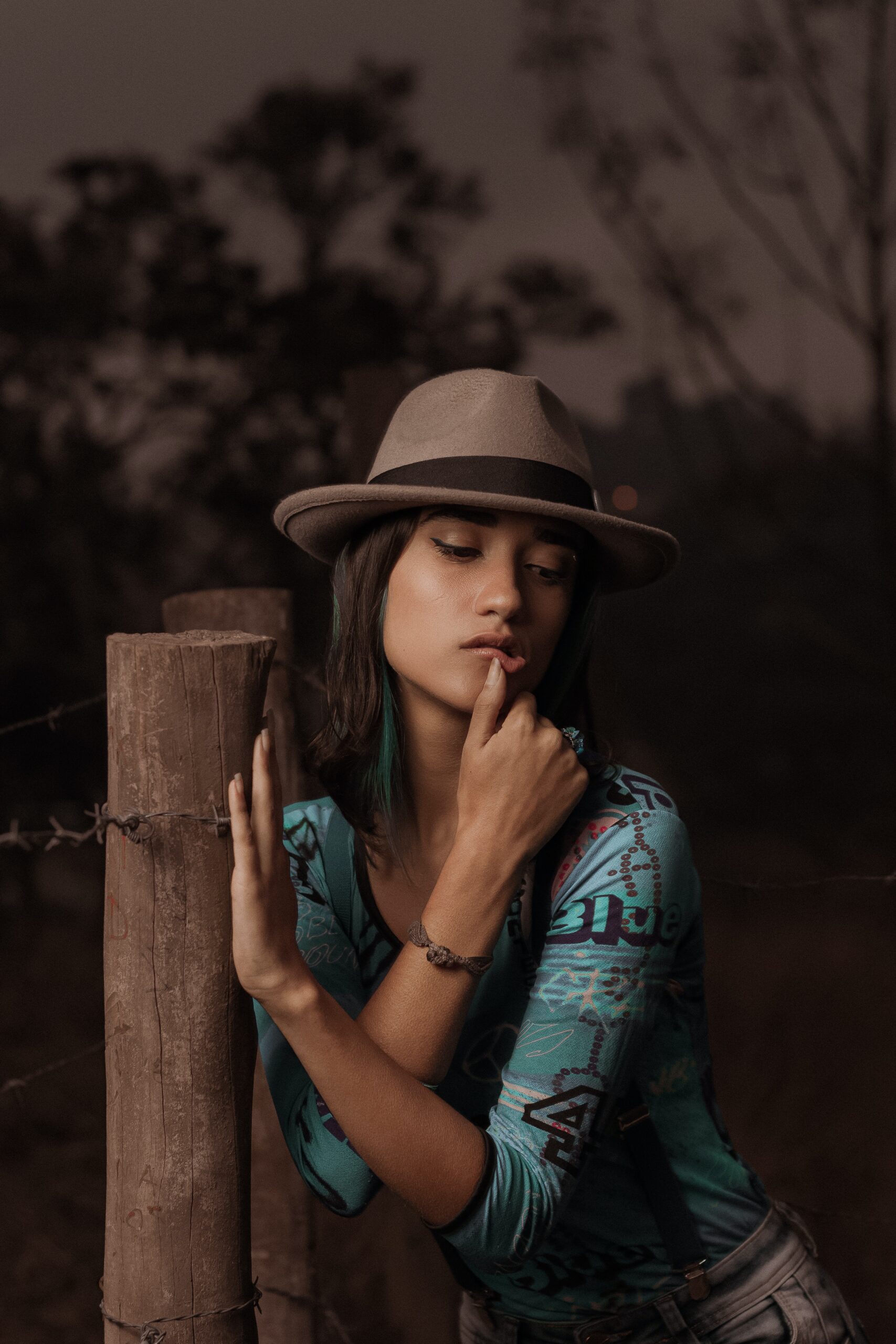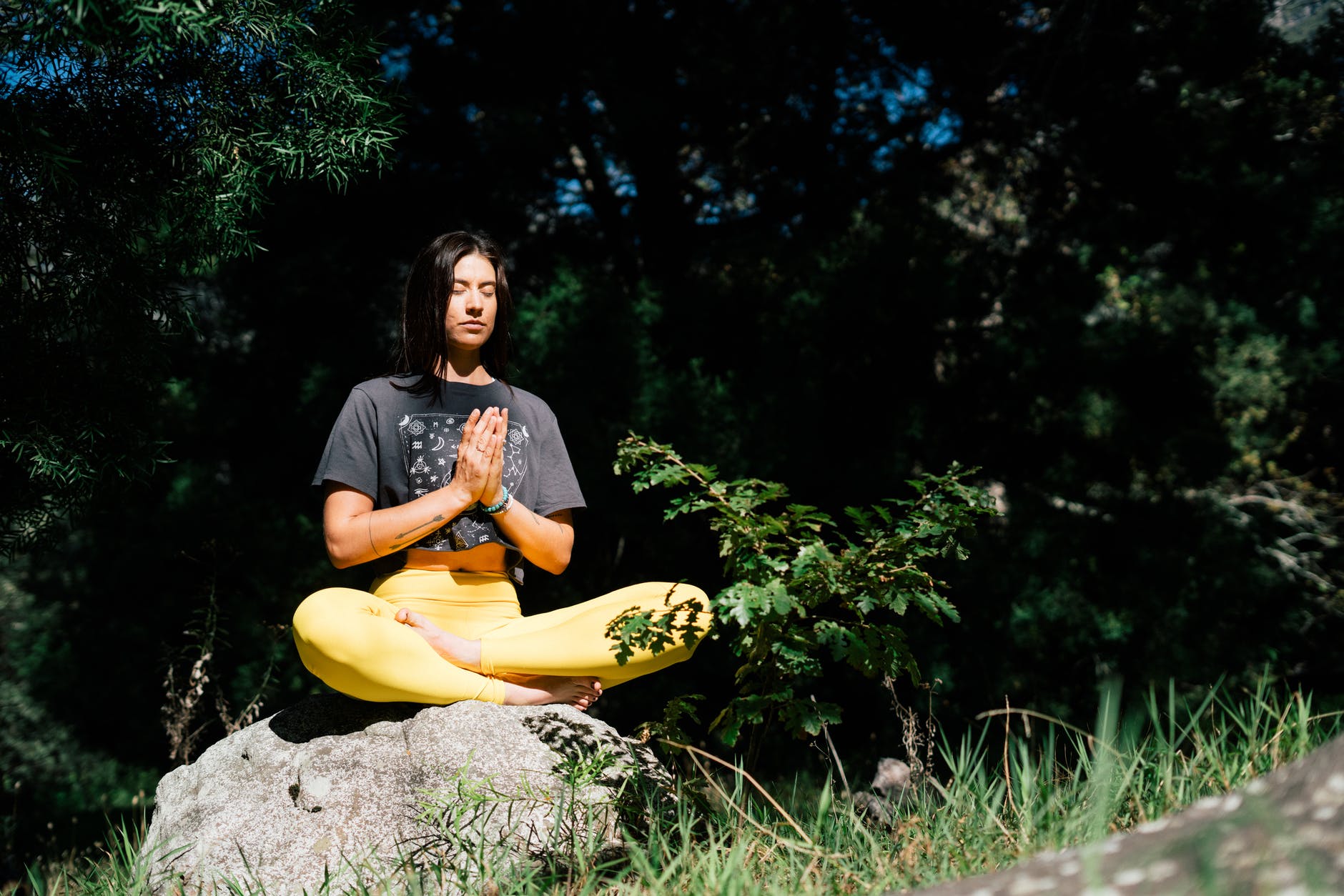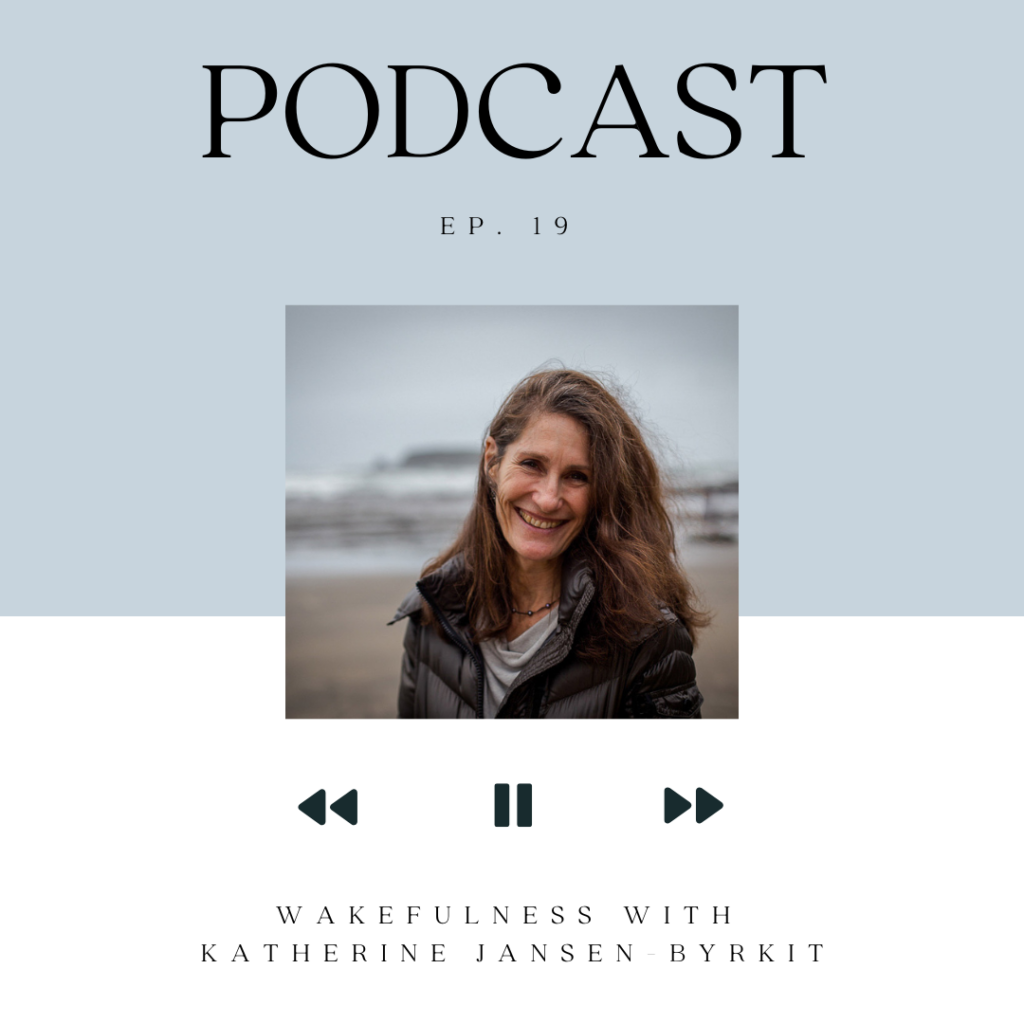
What is the meaning of wakefulness? What does it mean to live fully and powerfully in this state? How can we learn to tap in and heighten our own awareness and elevate our purpose here?
On this latest episode of the Blossom Your Awesome Podcast I have psychotherapist and author Katherine Jansen-Byrkit sharing her powerful insights.
She is the author of the River To Ocean: Living In The Flow Of Wakefulness and the Founder of Harbor Glow Publishing.
She takes a holistic approach to her therapy and her understanding of life, love, happiness, healing and awakening to a deeper state of feeling.
She believes by allowing the expansiveness of love to work through us we can tap into a deeper sense of peace and inner fulfillment that is available to each and every one of us.
Her book River to Ocean: Living in the Flow of Wakefulness is a poetically practical guide that opens the gateway to an awakened state of being available to each and everyone of us who chooses to walk this path.
Katherine believes there is a vastness to us that allows us the power to live limitlessly and be boundless in how we approach life and our traumas.
She says the books, “…..serves as a river guide, helping you to find your flow as you navigate the waters of your humanity.”
Through her own divine awakening she teaches us that we can transform despair into hope and the chaos and confusion of life can lend itself to the ultimate discovery of an awakened self.
It was truly a powerfully insightful conversation, not to mention magical and full of wisdom and wonder when you begin seeing it with the ever expansiveness of love and with eyes of wonderment.
Listen in to the conversation at the link below or read it in its entiretly.
Here’s our exchange –
SD:
Welcome to the show.
KJB: Thank you so so much for having me. I’m thrilled to be here. I am so excited to have you here and now
SD:
I’m going to say we head right into it and get a little bit of your background for starters okay.
KJB:
Well it’s a life journey that um where I’ve arrived as uh two decades into a second career, that was the first career in public health um and I love that part of my life but basically went to a personal retreat and I kind of heard the call from the universe that I was to do something very different and become a therapist and it surprised me because I ended up being a journey of going back to school, getting a second masters, I was raising Children at the time. It was not convenient to my life but it was I my life has never been the same in a way since.
I come from a tradition of therapist kind of thing. My dad was a therapist, he’s passed now, so it wasn’t unfamiliar to me, but it wasn’t until that moment that it was like, this is really now part of your path. I can tell you a personal detail, it’s just in terms of my personal journey if that’s helpful to yeah, Okay. Four sisters raised in rural Oregon by very liberal people in a very conservative environment. I’m so appreciative of those things now. Trauma at 14, which ended up being a really big part of my healing and then some pieces that I put into the book when my dad left in a very unfortunate way when I was 14, my sister was 10. At the time we didn’t know he was an alcoholic because we didn’t really see it. So it really was crushing because I did not expect that to happen. We had a pretty secure, happy childhood. You know, not a perfect life, but it really came out of out of nowhere for me.
So by 19 years old had gotten into a a had done some step work and he was already doing the repair work with me, but at that point, what I like to say is the damage was kind of done and I didn’t really understand um the deep effect of trauma in the form of feeling unworthy, like not good enough to keep my dad staying with us and the rage that I ended up having to really work with. I didn’t for some years of my life, which is super sad, but it had quite a temper and and didn’t know why I was so angry. And so my personal journey has always included personal work and healing. And I think the biggest thing is the, the arrival at a place Where I feel like that wounded little girl and young woman has has really healed inside of me.
SD:
Hmm Now let me ask you something, do you feel so you get this call from the universe to do this better work and now you’re working with people in this intimate way and helping? Was there a part of that work that you feel helped you even though I’m, you were healed to some extent, right? When you became a therapist, but I’m sure that’s in a way been healing for you as well?
KJB:
Absolutely. I would say the healing continued uh and and does still continue. I don’t know that there’s some moment of arrival arrival, but there’s certainly markers of some pretty deep transformation and restoration. So yeah, it was a huge part. Um I kind of feel like everybody should become a therapist to, to have the exposure to some of what so many people don’t have exposure to. So I, and I’m that therapist that will share bits and pieces of my personal journey. I feel like we have professional standards that are actually very separating and not to process anything. Of course, But I really want my clients to not feel alone.
And so people will come in with the symptoms of what I believe is a compromise sense of self and a disconnect to their own consciousness, spiritual or otherwise as they define it. And, but they don’t say that they, they’re depressed or they’re anxious or they’re having trouble in their relationships or their abusing food or alcohol. So it’s, it’s incredible to be in this role and kind of be able to help in a way that I actually often wasn’t help. Therapists didn’t always put some pieces together and then see that be able to happen with the those that I have the privilege to work with.
SD:
This is so powerful and so beautiful. The fact that, you know, you said and I’ve had the same experience with therapists and therapy at, on many occasions not really working because there’s that kind of disconnect where it’s more okay, I’m just kind of talking to somebody. They’re not really, do they get it? But I think it’s so amazing that you’re incorporating your, sharing a part of you to help them understand that hey, you do get it.
KJB:
Yeah, I, I think my whole profession is actually really changing some of those old fashioned rules. Of course I’m not going to take $10,000 from a client. And I’m not going to sleep with anybody. But this idea that I can’t accept a gift or that I can’t tell any part of my story. I actually think one of the just tragedies of life right now is how alone people feel. And the way to not feel alone, not just I am with you and that you are paying for a session. But I am with you on this path of healing. And I am with you on this path of, you know, conscious living and loving. And yeah, I just feel really only stronger and stronger about that, that some boundaries were really, I think almost came from a legalistic kind of perspective. So yeah, there, you know, I feel like my clients are my dear friends. It’s not a social relationship. I don’t socialize with them. I kind of draw that line in the sand, sand is still there for me. But my father, one thing he, before he died, I was just finishing graduate school.
And so I said, dad, what what do you, what’s your advice?
Like one thing you could tell me and he looked at me and he said Katherine just love them. And it was so wise and so simple and so clear and I don’t necessarily say I love you, but that that comes through, that transmits and I think between love and not feeling alone. The techniques are great. The sense of, you know, diagnostics sometimes are important, you know, interventions are important, but those two other pieces are the big ones.
SD:
Wow, I just, you I think that is so amazing. I’m kind of like wanting to go deeper with this. I really think, I mean this is outside of the norm and I would love to see this kind of become the norm in some way. I feel right, there’s a part of you that’s probably exceptional at what you do because of your own trauma. And you’re able to kind of allow that to kind of unfold organically through the work you’re doing with your clients.
KJB:
Yeah, well, and what I and I have a little section in my book. What I did was I would present an idea like self love or relationship to self or intrinsic worth. Then I would have a practice piece because I believe very much we can’t we don’t really change cognitively, we can learn things. But this is deep work, it’s neurological work. And so we have to we have to have direct experience and put things in practice. And then I would always have a story from the field. Some of them were my stories, but mostly they were not my stories just like three paragraphs very short. So 11 is a story of this gentleman I’ve worked with for a bit. And still do and is such a wonderful experience. You know, he moved from kind of being identified as I have bipolar. I am bipolar, I will never have a successful relationship like I am this diagnosis, to he has this diagnosis. And path versus pathology was a little segment I wrote in my first aspect of wakefulness, which is around relationship to self just so that we’re there to help people through to your point, Yes. Meeting them where they began in often a trauma response in their life for some patterning around it. But then to help them heal such that they are not over identified with that they are not the Brokenness that they thought they were. I’ve pinched myself sometimes that I get to be in the room. It’s an incredible honor to witness and support people’s healing.
SD:
Okay, so how about a little tip here on detaching yourself from that trauma or Brokenness?
KJB:
It’s a great, that’s why I love getting right into the weeds because otherwise we can just have lovely conversation about lovely ideas.
And then it’s like, okay, and now what, so there’s this technique in psychotherapy called Parts work. And really it’s an idea, and again, no one helped me with this. There were just not therapists doing psycho education. They were just really good listeners, but I was drowning in my own words and my own illusions. So parts work, what that would look like is adult Katherine is going to when I start to feel unworthy, or even there’s a behavior that’s about proving myself for being perfectionistic, all of which come from unworthiness or much of which does then I know actually, my young injured part of me, what I like to say is online. So there’s an adult Katherine who knows she’s worthy, but there’s this other part of me, she doesn’t know always that she’s worthy. She hadn’t fully healed. And as soon as you can break it into parts then it’s not the whole.
And then you and I can talk to you about is that adult Katherine just a human being and an ego self, or is that a deeper kind of core sense of self that is human and beyond that is ultimately the helper to the part of us that is again, identified around Brokenness, unworthiness.
I’m unlovable. I don’t belong. Does that make sense?
SD:
It does make sense. And where does that come from? So now I’m asking, two questions here and one, but is the lack of worth? Like, linked to that? Are we intrinsically? Do we all kind of have that little part of us?
KJB:
Well, it’s this is a great kind of story about one of my kids. She was one of the readers for the book and and the story around unworthiness that I started with. It was a gentleman who is kind of, classic stuff. His dad was really not involved in his life. He always felt like he wasn’t good enough for his dad’s attention. And he carried that through his adult life and has had to really to work to heal that. So, my daughter Elizabeth said, you know, mom, I’m 25 years old, I struggle with worth. And you never told me you were completely there and you never said you’re not good enough.
In fact, you said, I believe in you, you’re totally good enough. I love you. So, what that really showed me and her story then is in the book too, because I wanted everybody to be able to relate to that, the idea is sometimes it’s a trauma response, but sometimes I believe is a cultural response. What I like to say is when we’re babies, we don’t wonder am I good enough, or should I not cry because I’m not as good as that other baby that needs the food more. There is no consciousness around less than So, it is conditioning somehow that happens along the way. But the culture, Western culture in particular can really do a number. Well, many cultures can. So, I think it’s multi. I think I think most people have to contend at some point with, am I intrinsically worthy? Or am I worthy because of my achievements, my health, the money I have fill in the blank
SD:
And what is intrinsically worthy? What does that look like?
KJB:
What that looks like is, it really transcends the sense of ego because I am enough. There is nothing to prove. There is an existence to manifest. If I want to get good grades, because then I can get into a good college. That’s awesome, because I don’t have more options. But it doesn’t mean there is nothing I can add to my worth and nothing that could be subtracted. I remember one time I was doing some volunteer work just taking some food. I love to bake chocolate chip cookies. So we’re taking cookies to homeless people in Portland. There are a lot of homeless people. And I offered it to this man. Would you like a cookie? And he looked at me and he said, I don’t matter. And he turned away and I said, you matter as much as I do. And I really, really hope that some part of you will let yourself have the love and this cookie. You know that I am no better than no matter how accomplished I am. So, I just like to go to someone like the Dalai lama or a space, this person to kind of define that sense of worth that is streaming through us all.
And I would say it’s part of our consciousness now.
SD:
Here’s a hypothetical scenario. You’re brought up in an environment where you’re loved. You’re nurtured. You’re told you’re worthy and you know, you’re young, you’re a little naive and then you get older and then you have a series of horrific relationships. I’m using someone here as an example, a friend who, you know, again, was brought up in this environment feeling so loved and worthy has been done well for herself, but then has had the series of bad relationships, and now as an adult is questioning that upbringing. Everything that she was taught and now as an adult woman doesn’t feel worthy.
KJB:
Yeah, that’s such an interesting situation isn’t it because usually we think we would have had those beliefs as children. We would have been bullied, or a parent would have left us or something would have happened. Without knowing her, of course I would be drilling down on maybe there were some more subtle aspects of not being fully good enough just because our culture really rewards performance, which is a slippery slope, so if I get attention because I perform and then that feels good and that makes me somehow be more in the eyes of another. And we’re building a brain here, a little tiny brain that’s noticing all of that, maybe there were some things there that she did not know, but it didn’t show up in kind of this awareness as a younger woman or a child. The other thing is maybe it isn’t a worth piece. Maybe it is something else about the choices she’s making in relationship and it’s bigger than just her worth.
It might be more about feeling so good about herself, but trying to rescue other people and not maybe have high enough standards around what she needs out of a relationship, but going into it feeling like she’s confident and feels good about herself. So it’s that kind of thing. I love to get into with clients is just kind of where is this coming from?
My whole thing is let’s get to the source and not treat the symptoms.
SD:
And now, for people, you know, as adults, we all have those moments where we lack self worth. And let’s say, just getting really practical here, some practical tips or insights on how we begin, kind of, peeling back those layers and getting deeper to figuring out what exactly is it that’s making me feel not worthy or fearful of whatever.
KJB:
Well, so I start with people from a place of you either believe intellectually at the very least, and the idea of intrinsic worth or you don’t. And if people are parents I will often use an analogy are your children worthy regardless of how well they do in school, regardless of how good they are at soccer?
And there’s just always a resounding, Yes, like, absolutely intrinsically worthy. So I said, you know how you can feel that in your body and you can feel that in your bones. There’s just a knowing then if it is true for your children, then it has to be true for you. And then there’s a pause of like, but I don’t have that embodied feeling for myself as I might my children, or maybe just a different loved one. And so we start with, it does exist. I can kind of relate to how it might feel, even if I don’t feel like it for myself. And then we do get into the weeds around where is the conditioning? What happened along the way that created ultimately a belief in you. It’s cognitive work, and that’s a place for cognitive work.
I have that story about myself because of some trauma, or I have that story about myself because I live in this culture or was raised in this kind of family. Where, again, you kind of have to prove yourself even though you’re loved. And so from that place.
And then finally, and I put this in my book. We define our awakened self as some connection to the larger whole consciousness that lives outside of my humanness. So, I’m not separate from that, then how could that, how could I be unworthy when it’s consciousness when it’s love, when it’s profound goodness in an unbounded way? It’s just bound in my body as it’s part of me. So I throw that in for people that, you know, identify as spiritually oriented people. If you are that, that consciousness, then it’s only brilliance. It’s only beauty. It’s only love. How can that be less than so?
SD:
Oh my God, I’m getting the chills. It was beautiful now. Ok, your book. So talk to us about River To Ocean And Living In The Flow Of Wakefulness.
Help us understand that.
KJB:
Okay, well I have um I’ve been spiritual all my life and had a lot of incredible spiritual experiences. Especially becoming a therapist would get to what you just did the okay of the spiritual life. But what about, you know, the real human troubles I’m having. And so this book came to me 10 years ago, just like 20 years ago, the call to become a therapist came to me. It just came not as a that like that completes your life because I’m not, I have not been a professional writer and that was never on my agenda to write or be published, but it was more this, this needs to happen and it needs to come through. The name wasn’t quite the name yet. And I already knew the structure and I knew the chapters although they grew over time and I, so it just, it was kind of born, it’s like my seventh child in a way.
And then as I was writing because I did not plan to write a second book, I really had to put all that in it Where do we go to sleep if we’re going to use the idea of wakefulness, you know? Well, when I’m thinking about death and dying or in my relationships or with my body or I don’t practice mindfulness or my mind is always taking me down rabbit holes. So every single aspect of wakefulness starting with befriending your relationship to self, freedom from the mind, cherishing the body, facing death and dying all of those areas where spirituality can just kind of get tossed out the window. And my commitment is if we are awakened then that stream of consciousness needs to be traveling with us through all of life’s events and all of our human journey. And my analogy is we are all rivers moving towards that vastness, that is the ocean. So that’s the metaphor.
SD:
WOW! And now you, I think you said the first step is befriending you.
KJB:
So befriending ourselves, it would be the first step to wakefulness. Yeah, so within that, I felt like that’s kind of you answering that question, Who am I? Who am I? And introducing for people this book, a couple of other reasons, I became became clear that it was important to write it is I can’t be my kids therapist and I wanted to leave them everything I ever had and whatever every teacher ever gave me and I wanted to pay it forward. I also want to make it accessible, spiritual ideas and wakefulness to people that wouldn’t normally think of themselves as religious or spiritual. I want to make it affordable for people that wouldn’t go to therapy or couldn’t afford it if there was a stigma. So, anyway, that was part of why the book became an important offering and befriending you. It all kind of begins with who are you do you identify just as a human being kind of an ego sense of self or is there an expanded sense of self which I introduced?
But then I got right into the nitty gritty of our you intrinsically worthy. What does self love look like? How do we think about the ego? Because it is an important part of the human developmental process. So, that was kind of a foundation from which with a befriended relationship to self.
Then I moved into the other waters of wakefulness.
SD:
And now talking about self love. What are some tips there for loving ourselves?
KJB:
Yeah, well, you know, affirmations were very popular and can be helpful to people to some level. So it kind of can be, what are you thinking and doing in terms of if you are doing things that aren’t loving or talking to yourself and in a critical kind of way. You can start there. You can just take better care of yourself and act from a place of love. And because we have neural plasticity all of a sudden I find myself kind of just being you know, more of a friend and liking myself better and then that turns into love. And then the same thing with inner dialogue, you know, self talk, if I am pretty harsh, like the idea of a harsh inner critic, I can very much intervene.
I can’t always stop the original thought, but I can offer a different compassionate, non perfectionistic kind of approach to my humanity and I would say so sometimes you just have to go to when did the self love stop?
When did the self loathing begin and do really more deep, that deeper work. Some of that part, work for those injured and younger parts of ourselves that actually believe that I’m not that. I don’t love myself. There’s something wrong with me now.
SD:
You know, I feel like this is so prevalent for so many people and then and some are so much more resistant to this kind of train of thought, right?
KJB:
Yeah, it’s it’s sad to me that self love without an understanding of what you and I I believe understand translates to selfishness or narcissism. What I offer and certainly experience it all the time is the more generous we are towards ourselves, the more generous we are towards others are. Our cup is full and kind of run it over and so, but there is this idea that being kind to oneself, even in the form of having boundaries, like I don’t want to help this person move cause I’m going to hurt my back and not being able able to say, you know, let me help you find something else or pay for it, but I can’t help you literally move.
Just that idea is kind of like that. I’m not being a good friend. I’m not being nice. So I think there’s some hurdles to overcome for a lot of people and if you didn’t have parents that modeled self love and self care and actually a relationship to self then you’ve got to kind of, you know, do your own work from the beginning in a way, be the first generation of practicing that not just professing that. I like to say Sue practicing because it’s easy to profess things. But then there’s these parts of us that aren’t actually all lined up with that and that’s not good. We have to sort all the parts okay.
SD:
Another hypothetical question, getting really practical for people here. I’m, let’s just say I’m really down and out and I didn’t get a lot of those affirmations and love from parents and upbringing and I’m an adult now.
And where do I start with kind of this deeper work?
KJB:
Well, let’s see where there’s so many directions to go with it. I think we are born to love and and again, this is a hurdle. Often some cultures or even family cultures think that loving oneself is somehow shameful or narcissistic or selfish, but ultimately what feels good is reinforced in what feels right and true. And so I I think taking baby steps toward even for example, not being critical of oneself if you’re down and out. Just meeting yourself right where you are from a place of curiosity, a place of compassion, like, oh, I’ve been depressed three days and I don’t want to get out of bed. So instead of calling myself lazy, instead of deciding, wherever it could go, just being more neutral and curious. What’s up with that and starting with good for me, to be able to own that rather than living an authentic life where I really feel like staying in bed or struggling.
But I’m pretending to everybody, I’m fine. You know, I I look for any place I can help people start to meet themselves, including just if you’re even being honest with yourself right now. That’s a huge step in the right direction because it’s a step towards authenticity, which is a step towards wholeness,
SD:
Wow. I think that is so powerful that you refer to it as you are saying, you’re meeting yourself because I guess a lot of us are in denial or hopeless romantics.
KJB:
Yeah. Well, I like to do what I call mask work. We have masks in the world. We present to the world versus our true self. And so the bravery of really being fully you, whether it’s I’m alone because of an opinion. Whether it’s I’m different in some way, wherever that part is, I think that meeting yourself where you are, I can actually see in session because that’s what I do.
It’s like I’m going to meet you right where you are. I don’t have a story that it’s supposed to be different right now. This also isn’t the end games. You don’t have to get scared. But what if you met yourself, can you join me in just meeting you right where you are? You don’t have to be a cheerleader right now. You don’t have to put on a face, You don’t have to arc up in any way. Just settle in. And and that literally it’s a relaxation response of like, oh I can exhale with you Katherine. I can exhale and maybe now with you with myself, I can just meet myself where I am and it’s again like self love. It feels good to be authentic. It feels good to be present. It feels good to be kind. And so that grows pretty easily once we get some momentum growing now. It’s that feeling that comes up? That’s so amazing. And so beautiful to be able to kind of draw that out of people because you know, we are a lot of us are so fearful or just kind of okay. I’m not at my best right now, but I gotta put up this front.
SD:
So is that then that’s the initial stage of the wakefulness?
KJB:
That that decision and even Sue if what I can do initially with people is actually cause some dissonance, which is an odd thing to think of ss you know because I’m I’m trying to help people feel less stressed of course as a therapist, but we do want there to be like, oh I went to the social thing and I was actually feeling really quiet but I forced myself to be talkative. So how does that feel when you put your head on the pillow just with you? No one knows. But you know, what was that like? And it doesn’t mean you don’t go to the party, but it does mean maybe you let yourself be quieter that night. You don’t have an idea of how you’re supposed to socialize. So I think the we don’t really get away with it when we and there’s consequence to our own sense of self that chips away maybe at our soul a little bit when we abandon ourselves through not being authentic. And that’s sometimes what I’ll do is go ahead and and just be in that mask because that feels protective to you.
It obviously came from somewhere so we don’t want to judge that, but it also may not serve you any longer. I kind of take that developmental approach that it’s not about, it’s wrong. It’s more like it probably came from some place that you may have outgrown and you can start to experiment. Gandhi has that great quote or that famous quote of 1000 experiments with truth. So I often will say, let’s just experiment with what would it be like to just have us half of the time be a little bit quieter because your energy is quiet and then the other half you has your kind of social mask on.
SD:
Is there a time that you find with people? I’m sorry And I’m taking this all in it so much. I’m having so many like other thoughts that I’m wanting to kind of go deeper with this as you’re saying this. So now do you find, are people able to do that? Where they kind of have that, like the light bulb moment where it’s like, OK, I’ve been holding onto this, but hey, you know, I’m being guided in this way to kind of just be okay, be with my authentic self and then it’s like you just realize, hey, this is actually pretty cool, I can do this, let me hold on to that. Right?
KJB:
Well, a couple of thoughts on that, that’s a great point. Sometimes it’s a lightbulb moment. There’s, you know, I work with people a lot, especially around the idea of projection. So we project that we need to be a certain way when in fact we really don’t and often people have no energy on and and feel better with us when we are true to ourselves, but we have this idea of it, but we don’t challenge that idea of it. And so that can happen kind of quickly. That can happen over time. But the idea that it feels again, so good to kind of walk this walk reinforces itself over and over again. And you know, this idea that we have these stories that are narratives that have we either carry ourselves or have been placed upon us. Really, it’s it’s freeing ourselves from that to discover, you know, at the end of the day, again on a day to day in this moment to moment basis.
Who am I one thought to offer though? You mentioned it already in our interview a couple of times, working with fear. So sometimes it’s a lightbulb moment or its gradual and there’s not a lot of fear just kind of changes over time, but more often when people transform and heal though it feels good and it is in on this new trajectory. A part of their system is pretty scared.
And so I do mindfulness at the beginning of every session and just a 3 to 5 minute little drop in. I really try to teach people to work with their nervous systems because they are going to deal with fear rather than I’ll be authentic when I’m not afraid to be authentic anymore. It’s just you know, okay in 2025 maybe that day I will show up. Well that’s you know, a lot of time, a lot of time we’re on the planet we can’t get back and so I just believe therapists really need to work, help people work with anxiety. And a lot of people if you don’t have a phobia and if you don’t have panic attacks, I teach people that, you know, I can’t prescribe medicine and they often wouldn’t go that direction, but they do have an anxiety just like they were undiagnosed and untreated their whole life, so they always had anxiety, but they’ve normalized that.
So the, working with fear for anything we’re talking about today is an essential part of the process.
SD:
Wow! I feel like we’re going to have to have another conversation. I mean I feel like we’re just kind of connected, you know. Wow now tell me wakefulness what does that do forus ? For someone who’s not really familiar or into this, but not happy and they want to find a better way. What does that ultimately look like for us to wake up?
KJB:
Yes, well, and just as a side note, I’m a little annoyed that the idea of wokeness has been, you know, hijacked before or after my book and this is not a political word that you know, like find your own word, this was a really good word.
And from that spiritual idea of being asleep.
So yeah, wakefulness, what I define it as is relaxed, deeply present. So that means present in my body and not living shoulders up but also present in the moment and connected. And I would offer connected at the very least to myself, but I would propose connected to that, that is outside of me something larger, whether I can name that or not, whether that remains mysterious to me or not. Relaxed, present and connected. So that’s the minor start, but I just, you know, got bad news, how can I be wakeful through that or things are happening on the world stage that are really painful, how can I be wakeful through that? Somebody just cut me off on the freeway, how can I be wakeful? So with those three ideas of wakefulness might awaken the self. That’s that’s the whole thing in the book, is to try to help people make that a reality manifest that.
SD:
Wow! Okay, so now in closing, I am going to ask you to leave us with some wisdom or just something powerful that you would like to share for those struggling, stuck wanting to kind of lean into a state of wakefulness.
KJB:
Yeah, well, I I’m just being very spontaneous right now. What’s coming to me is the phrase um to be an instrument of love. And that love moves in all directions and it includes ourselves. And if we are truly every day an instrument of love, it’s purposeful. It’s doesn’t mean that there’s not really hard and painful things, but love also is there to meet that pain, but in particular with what we’ve talked about Sue, it captures that love isn’t just an outsourcing. It moves in all, it wants to move in all directions. So again, as generous as we are towards ourselves is the love that we really bring to the world.
SD:
Wow! Oh my God, that was amazing. Thank you. Thank you so much. You were so wonderful and so insightful.
KJB:
Thank you Sue I feel so honored to be on your show and so affected and touched by our conversation.
Really deep gratitude for this invitation and our time together. Thank you so much.
I had Katherine back on the show talking about Intrinsic Self Worth – Listen to that episode here –
Check out my post on – 3 Lessons I’ve Learned From Therapy or Somatic Therapy here.
Want to start going deeper with yourself – download my Ultimate Self Inquisition Guide here.
